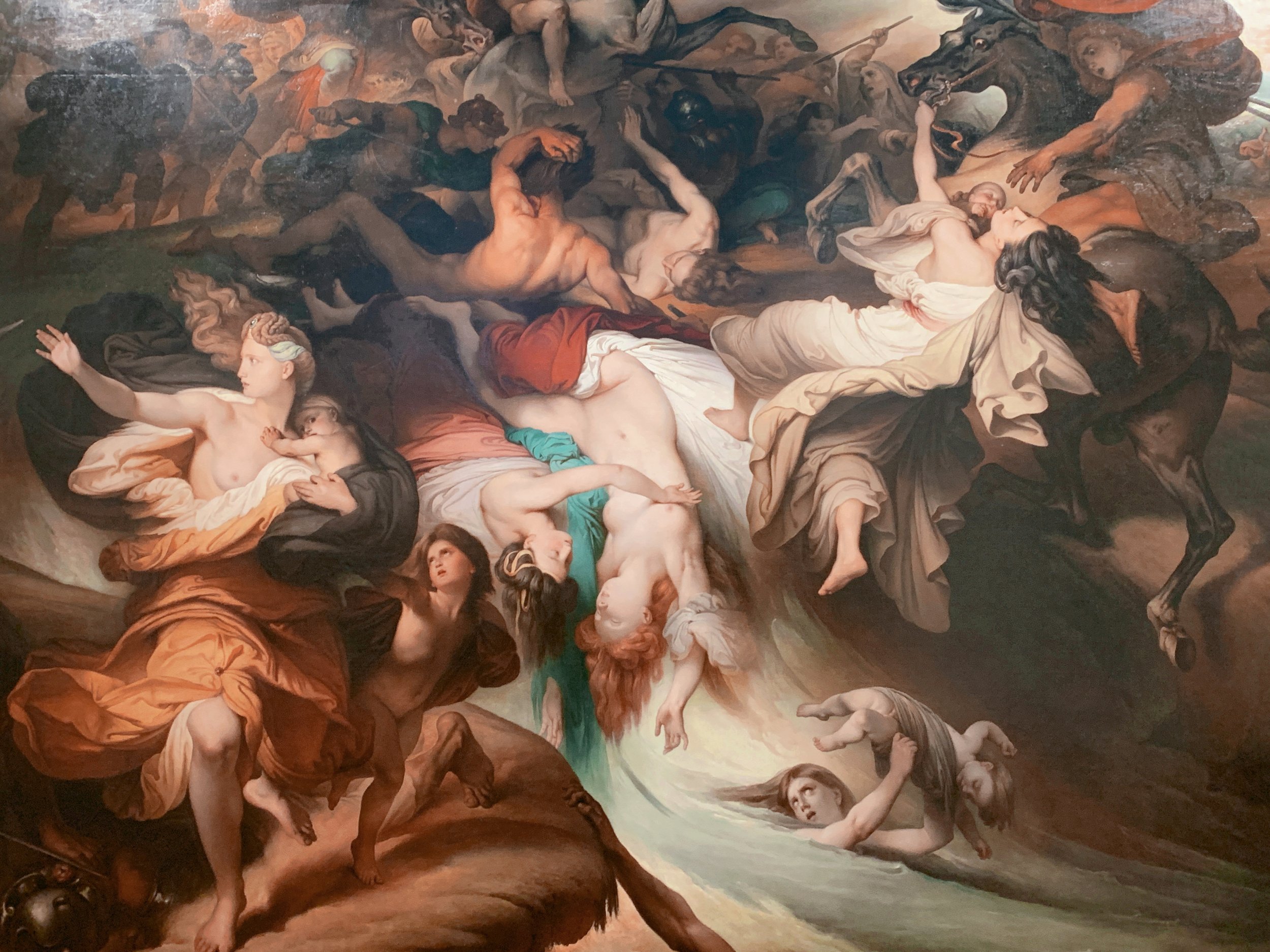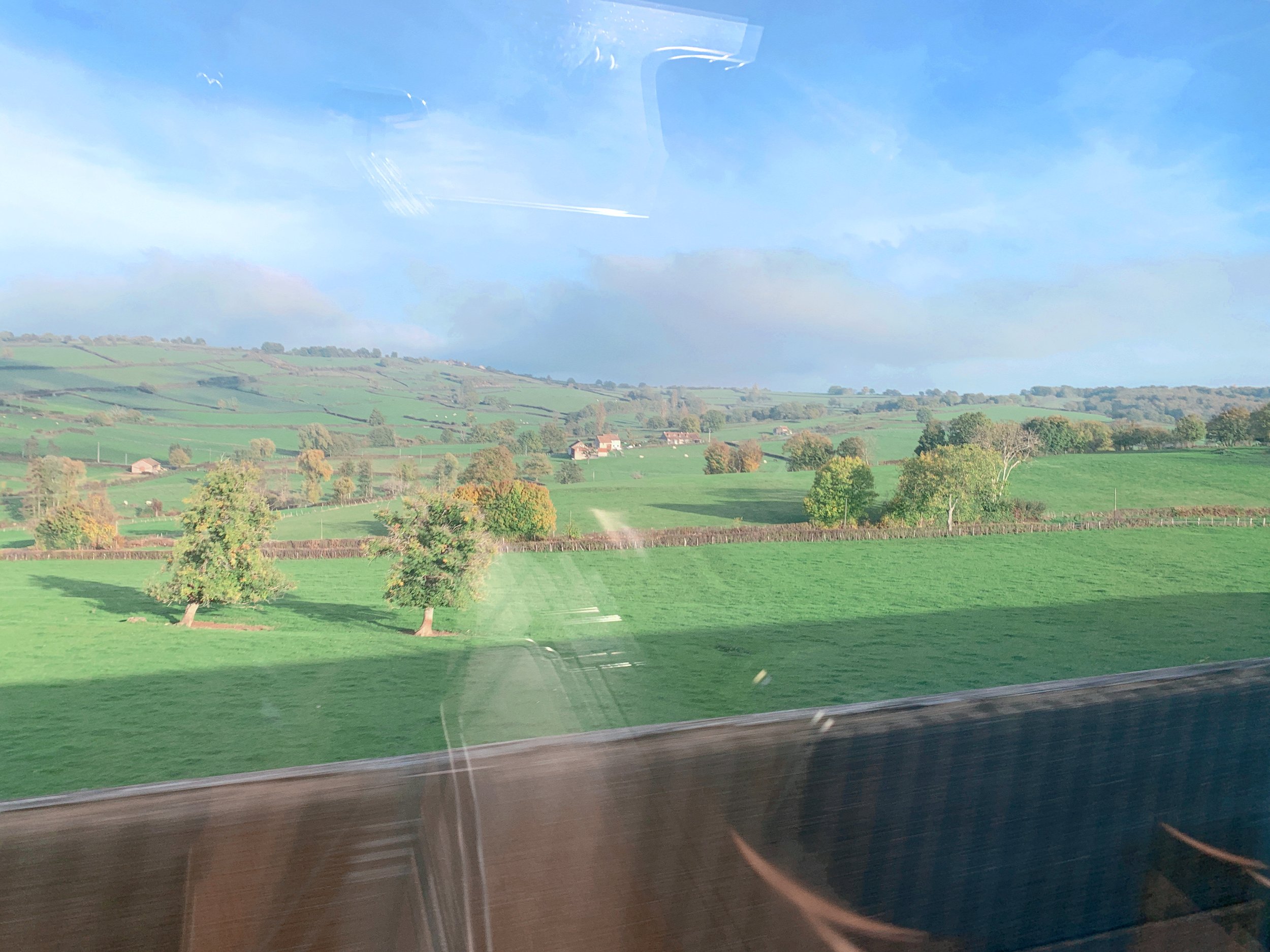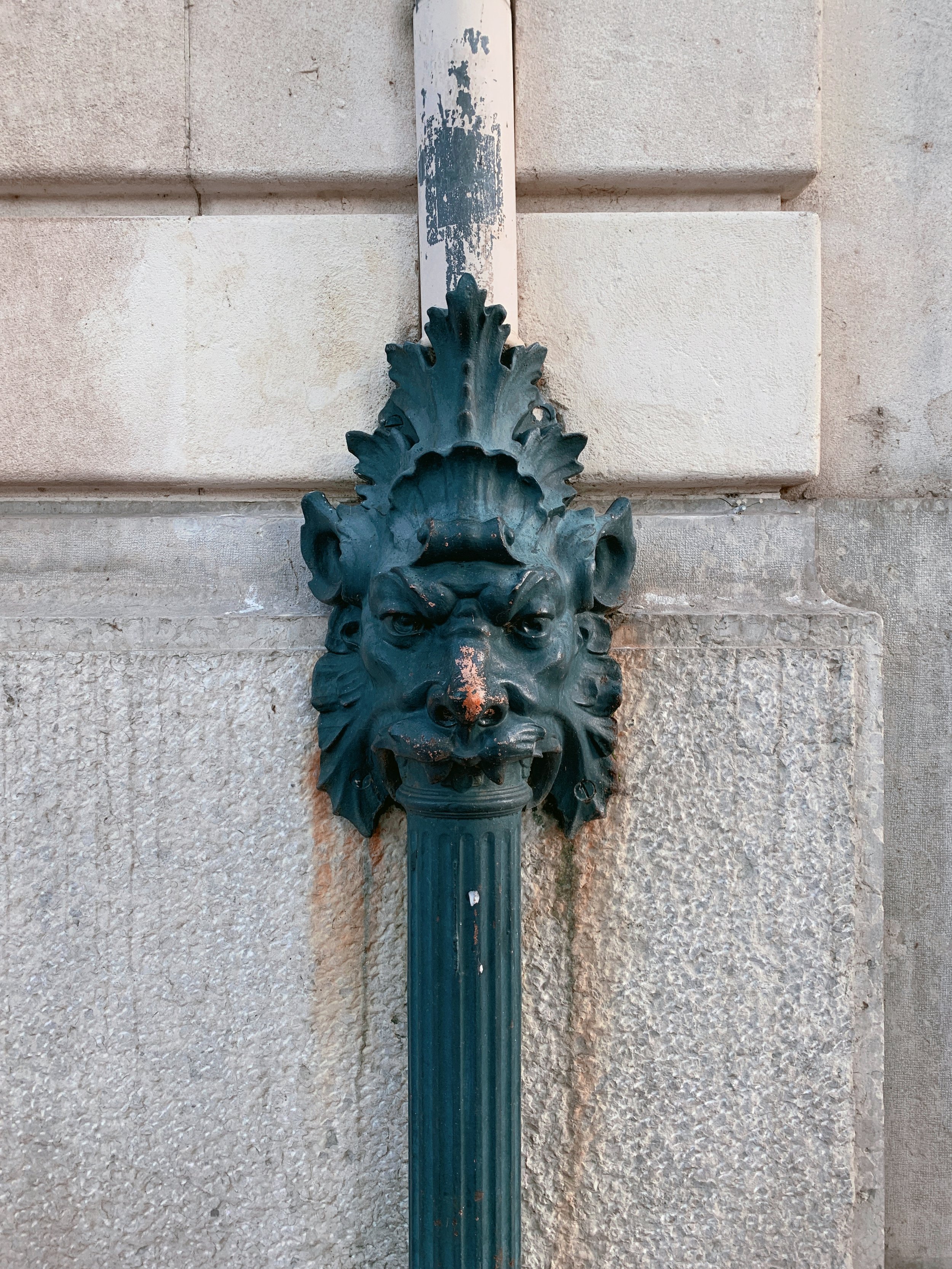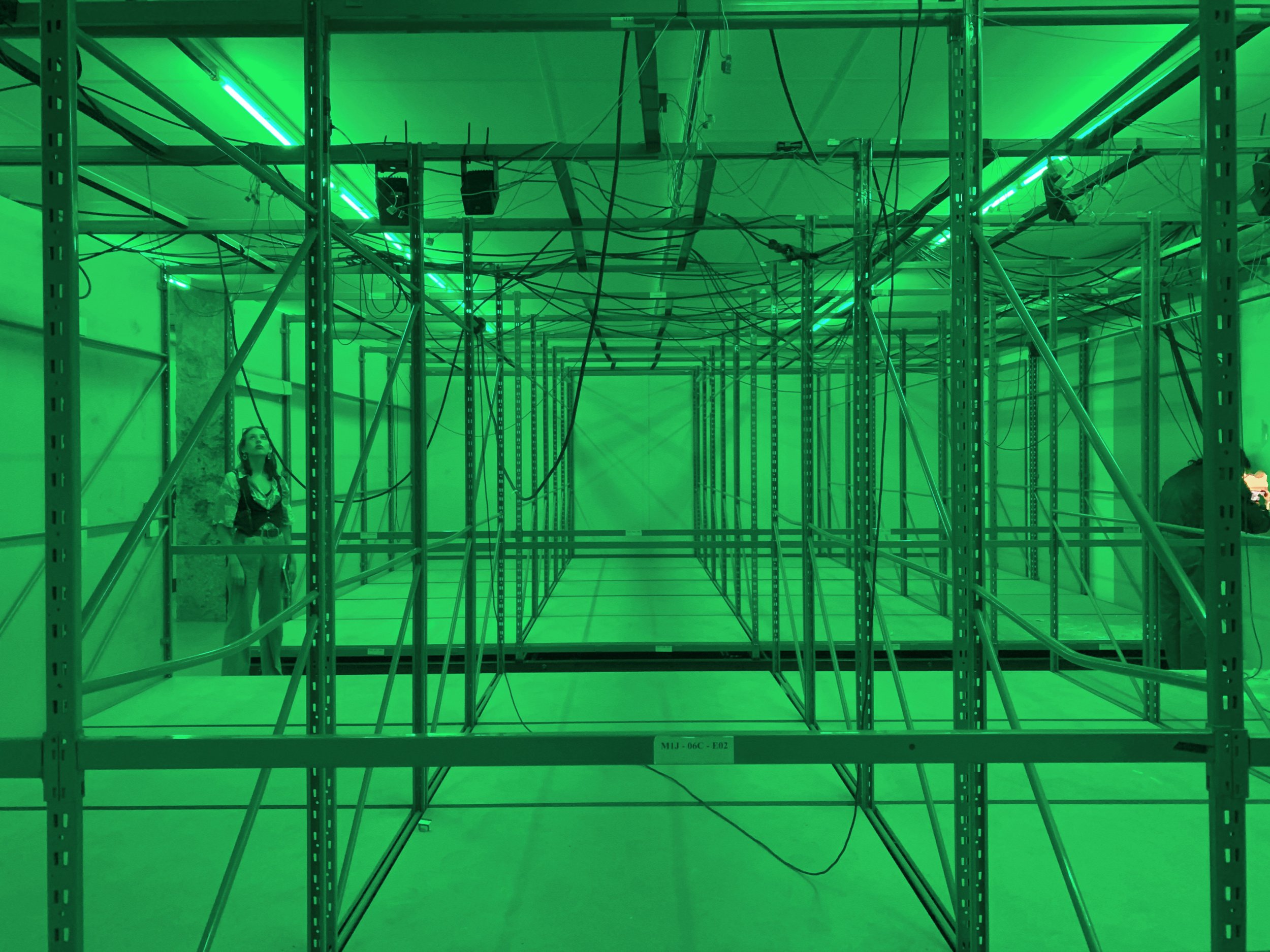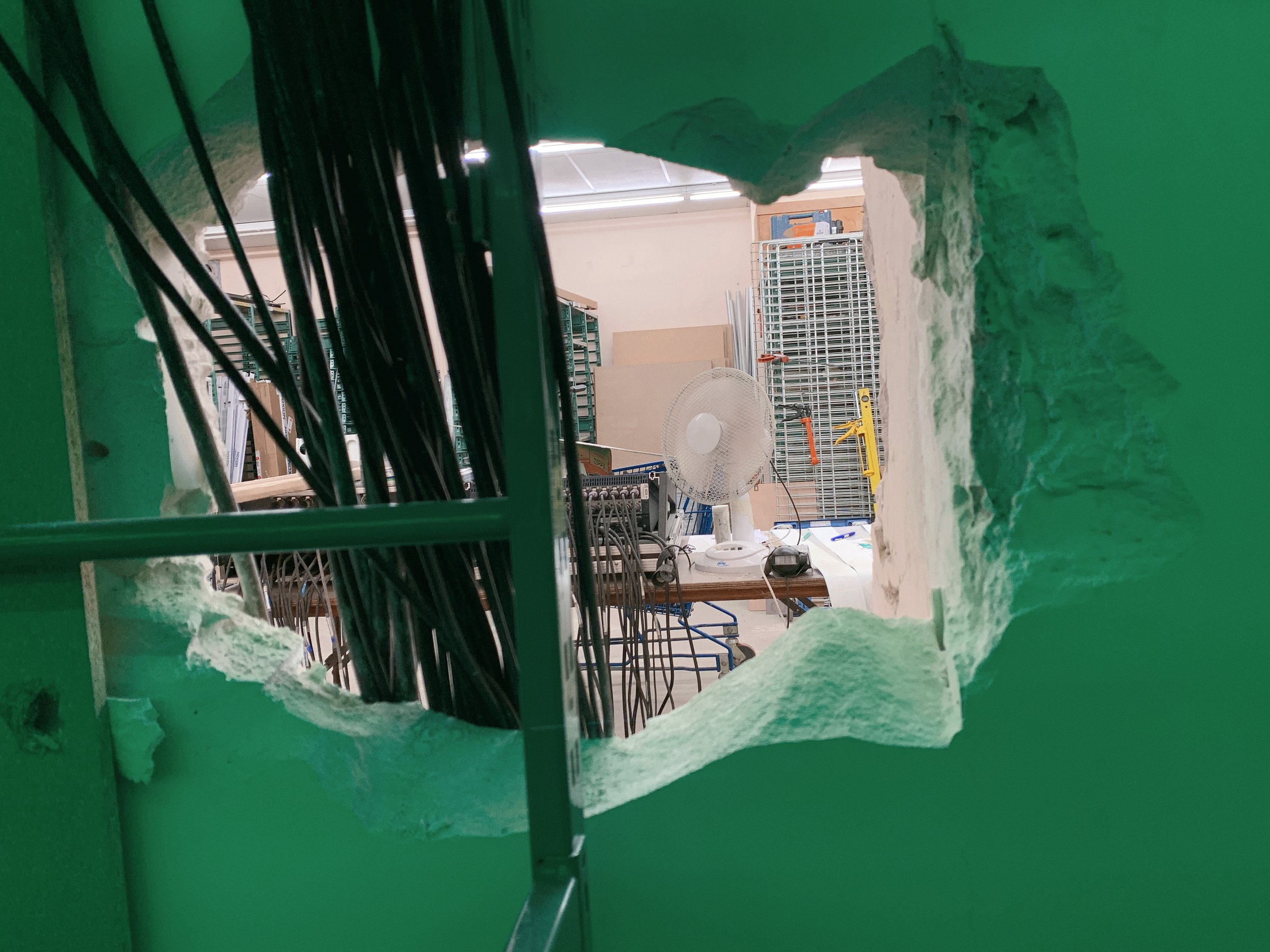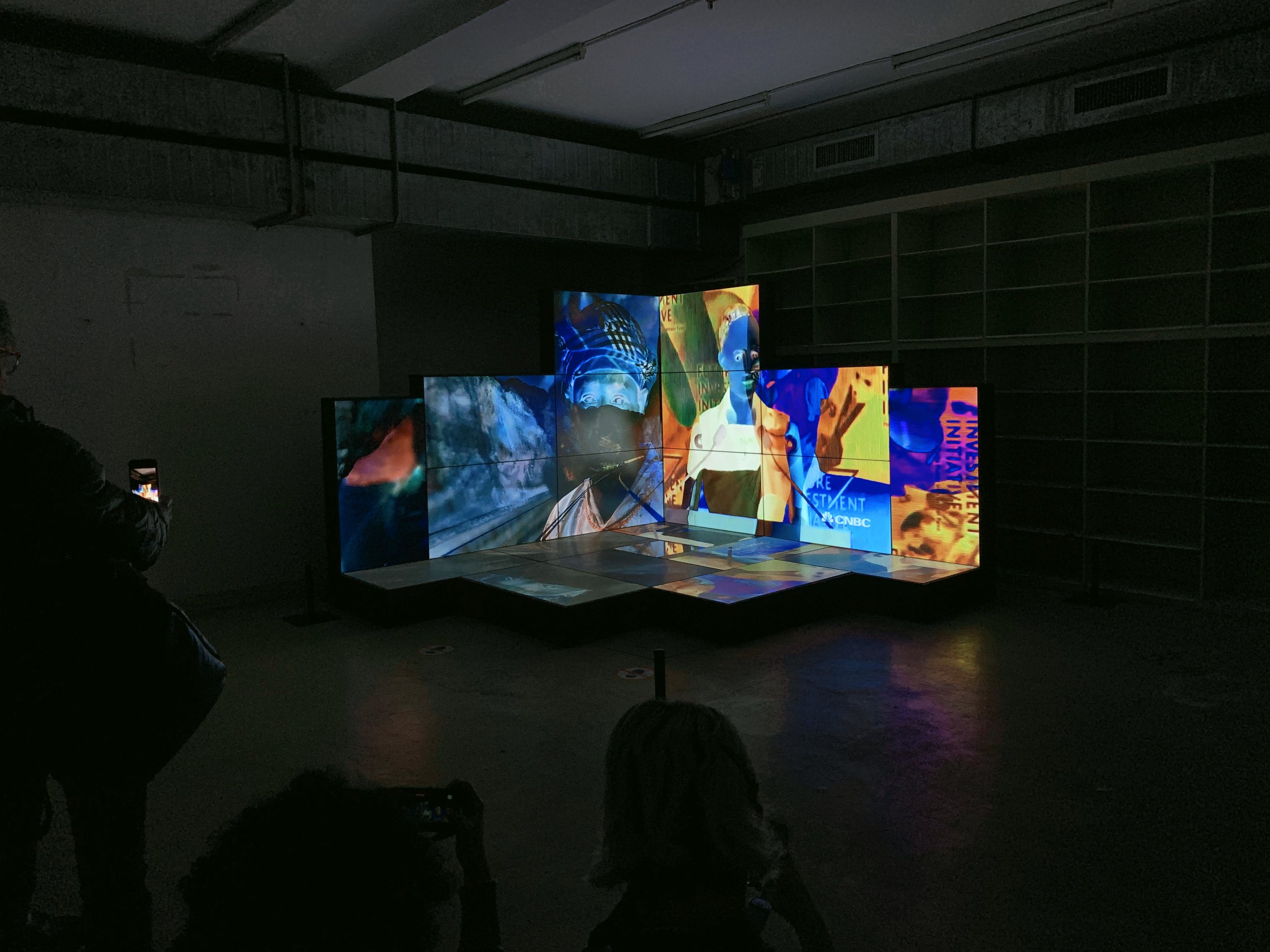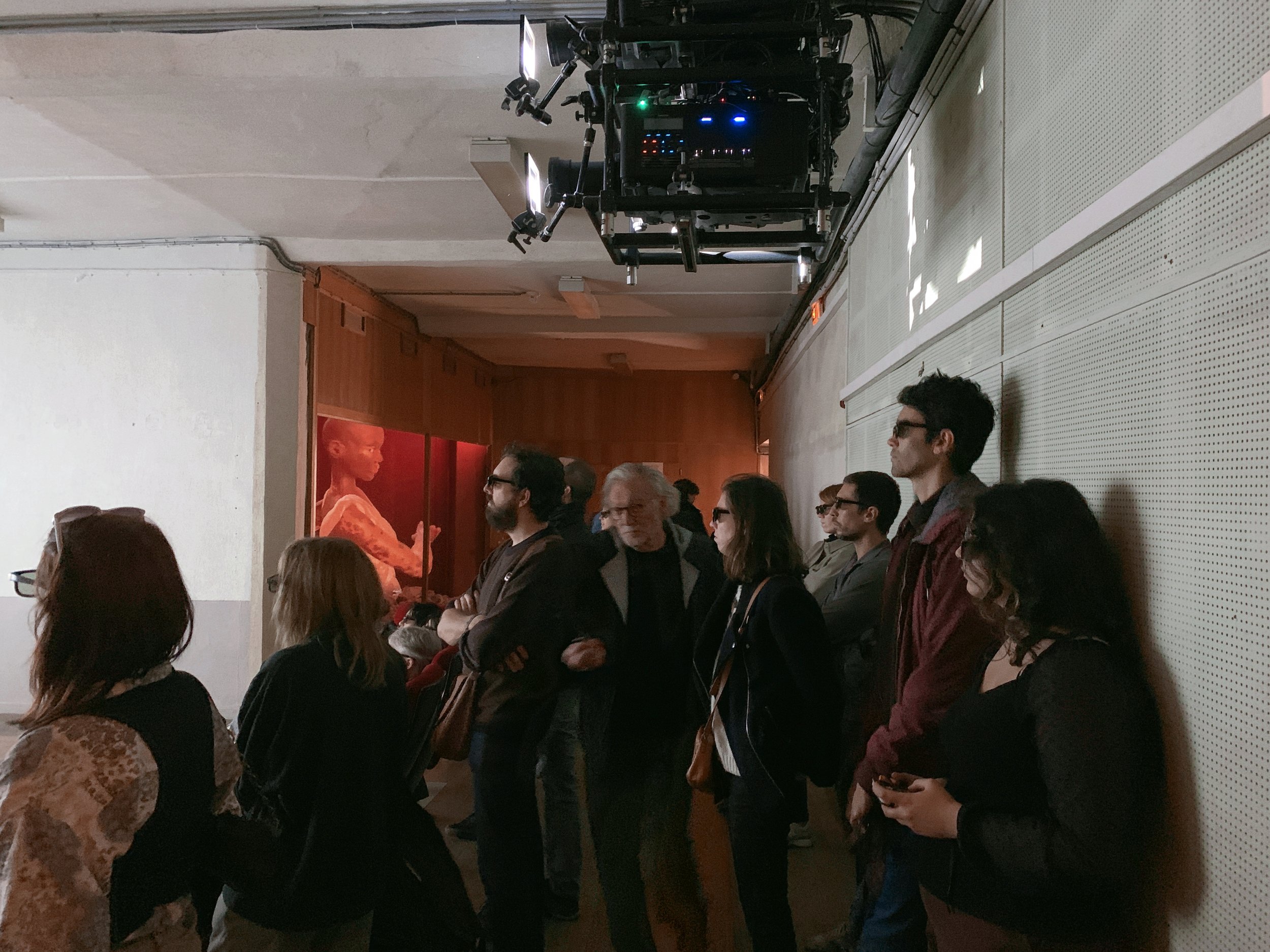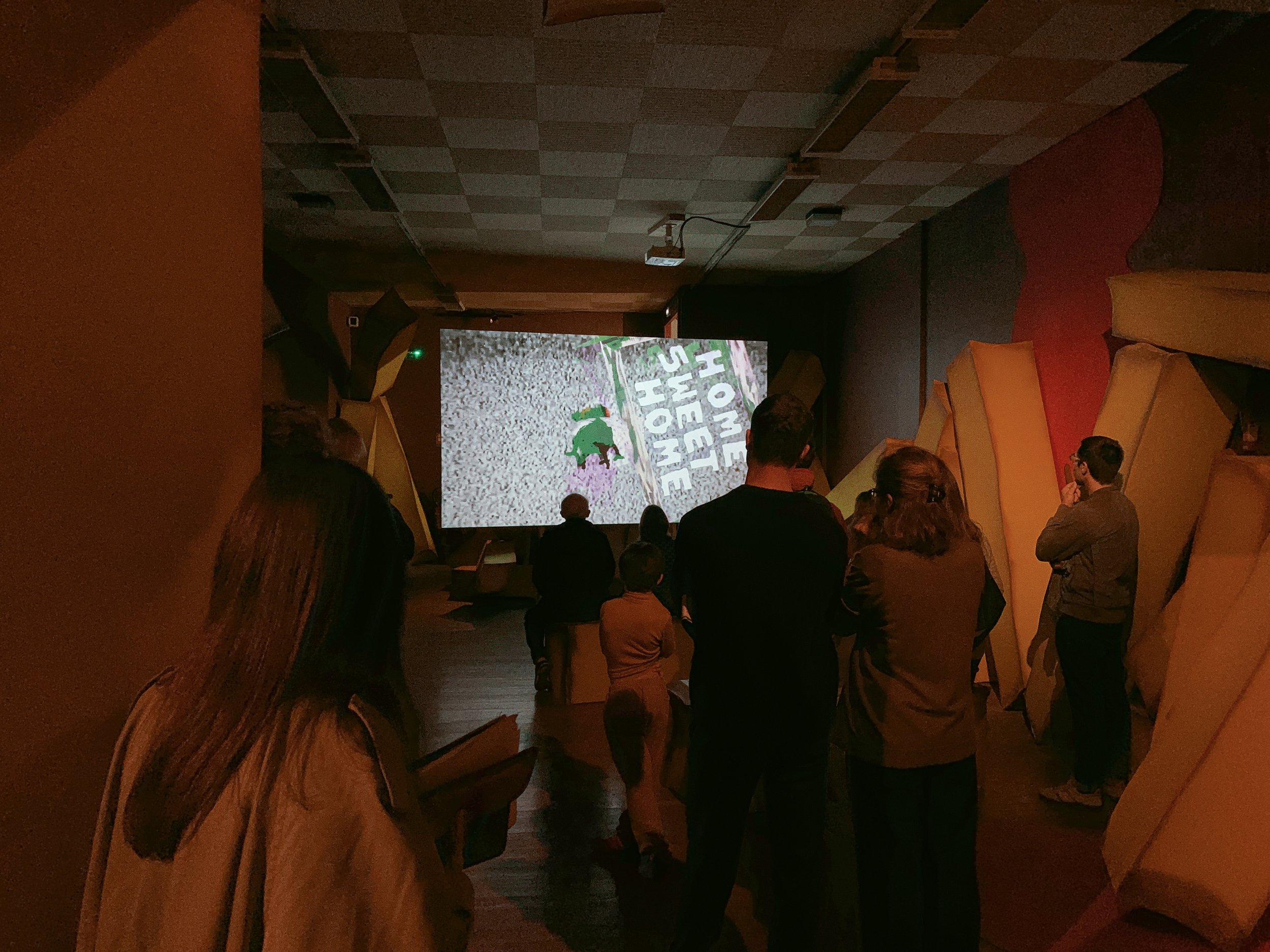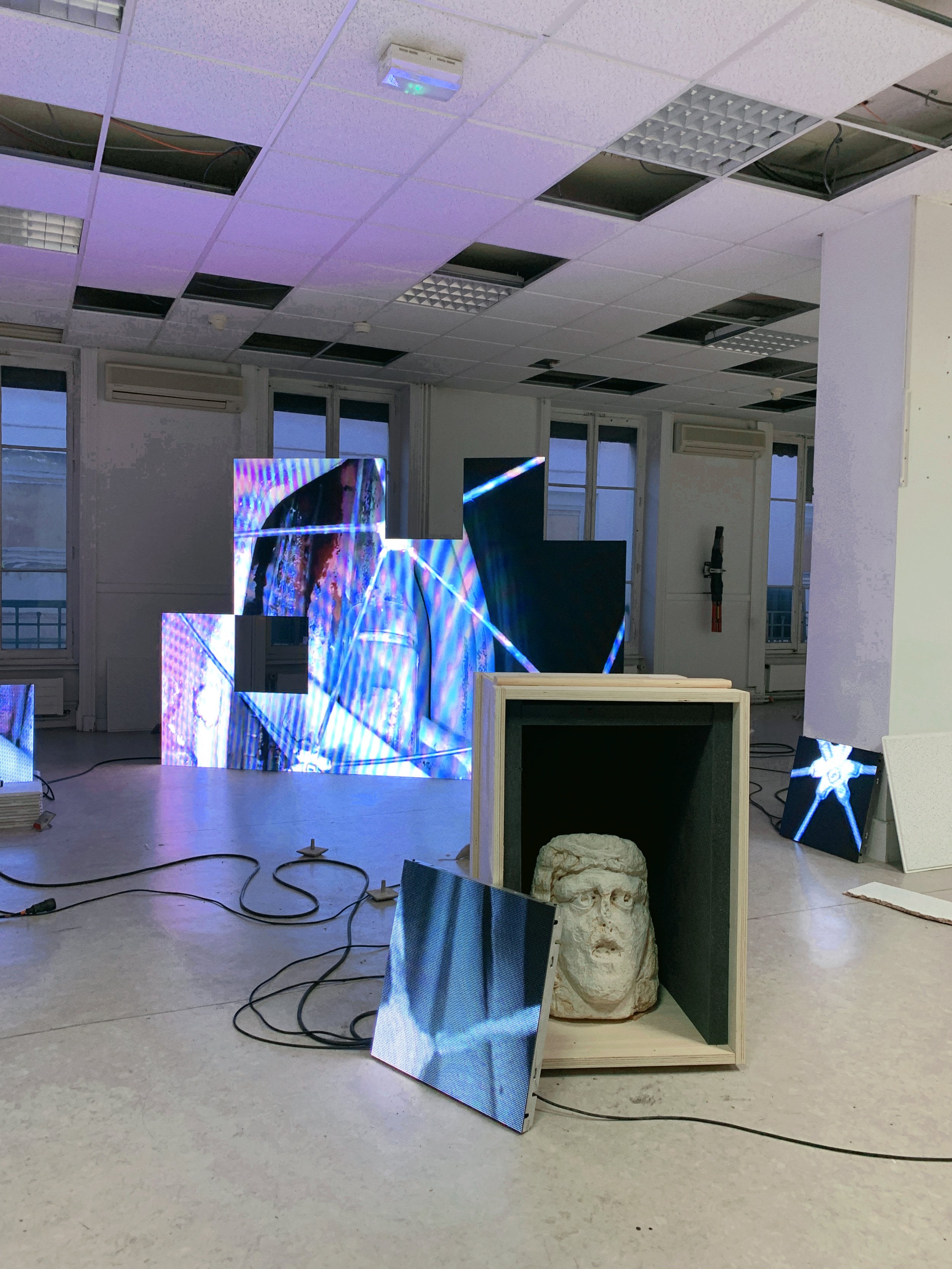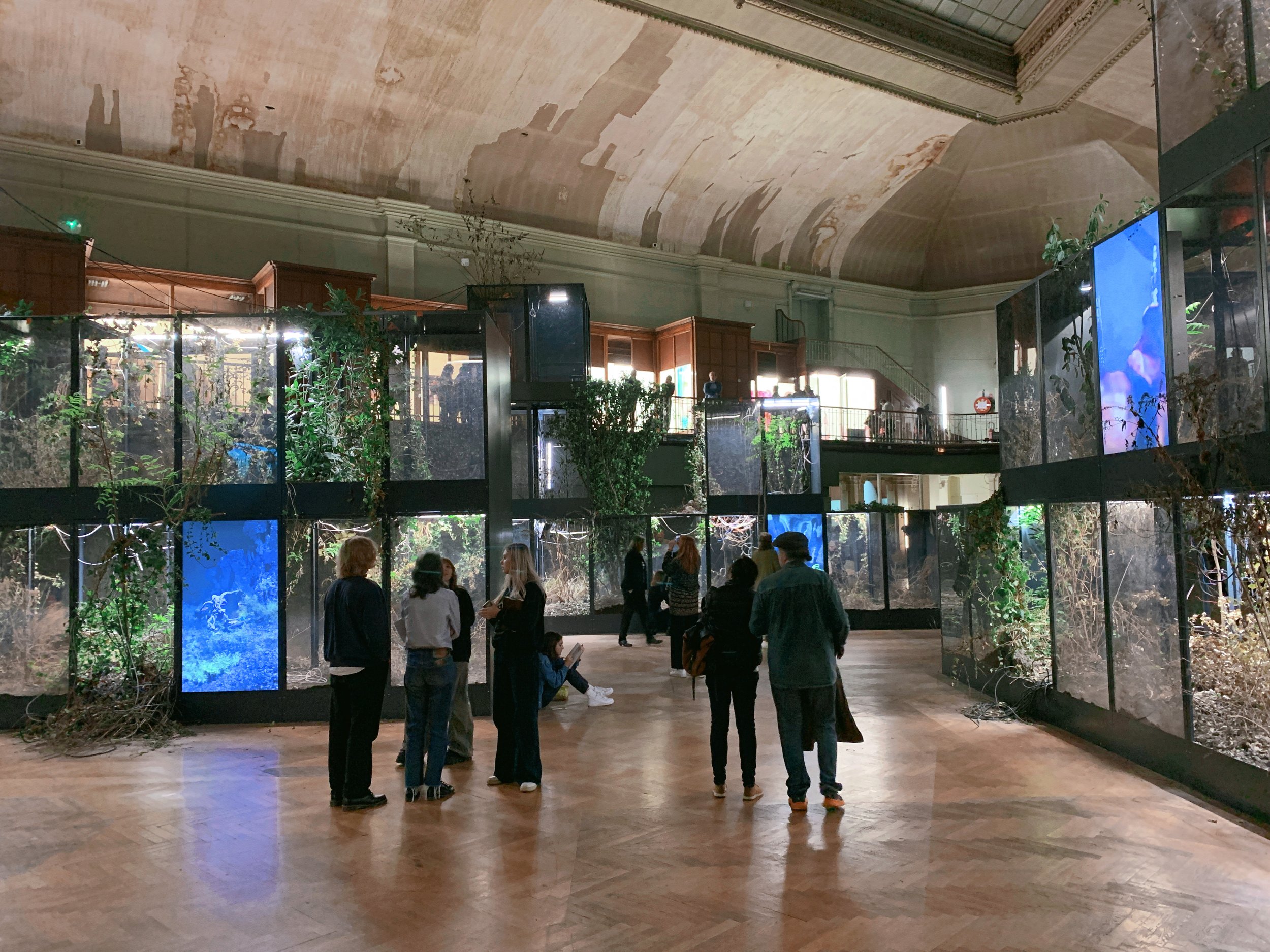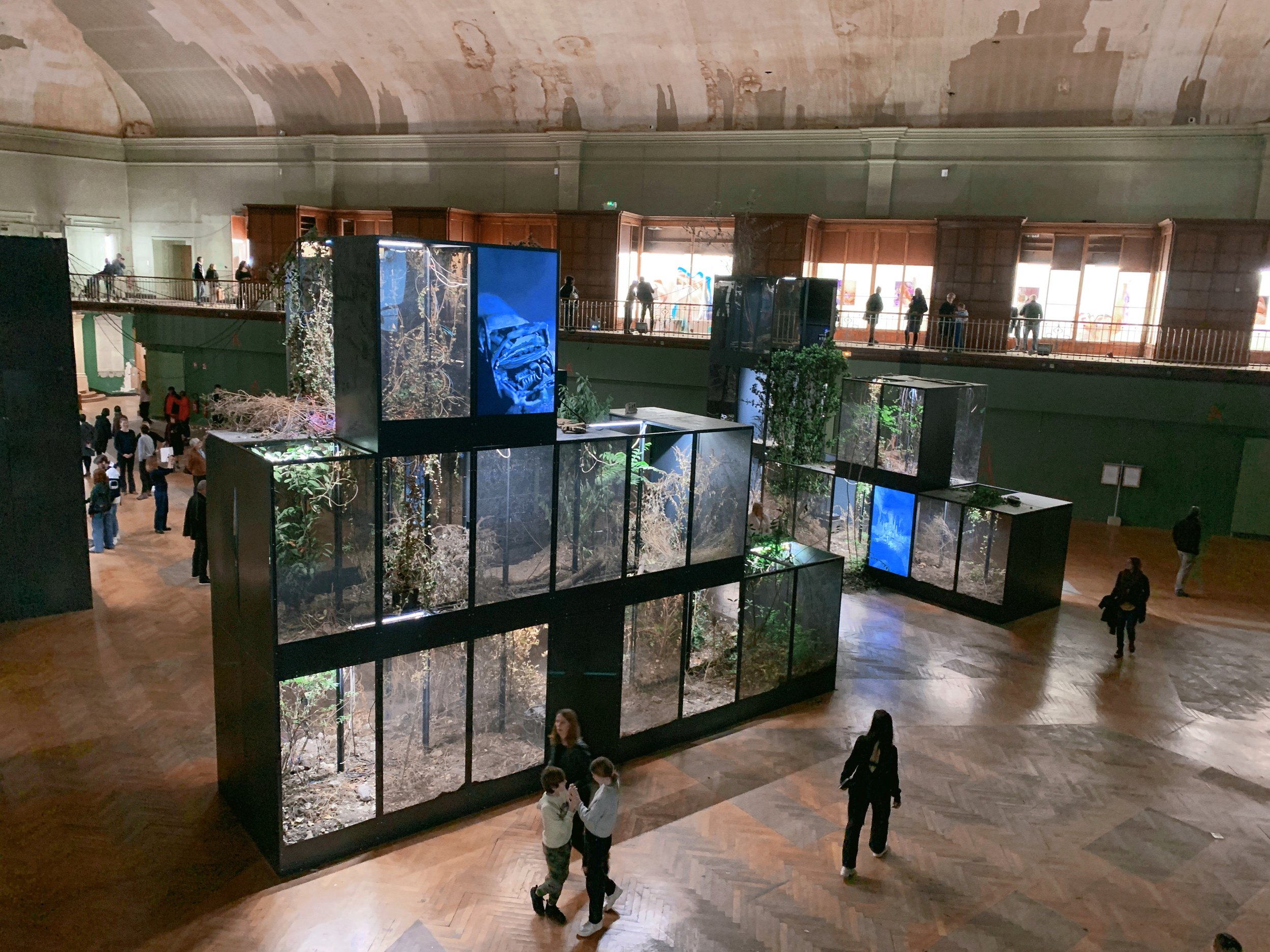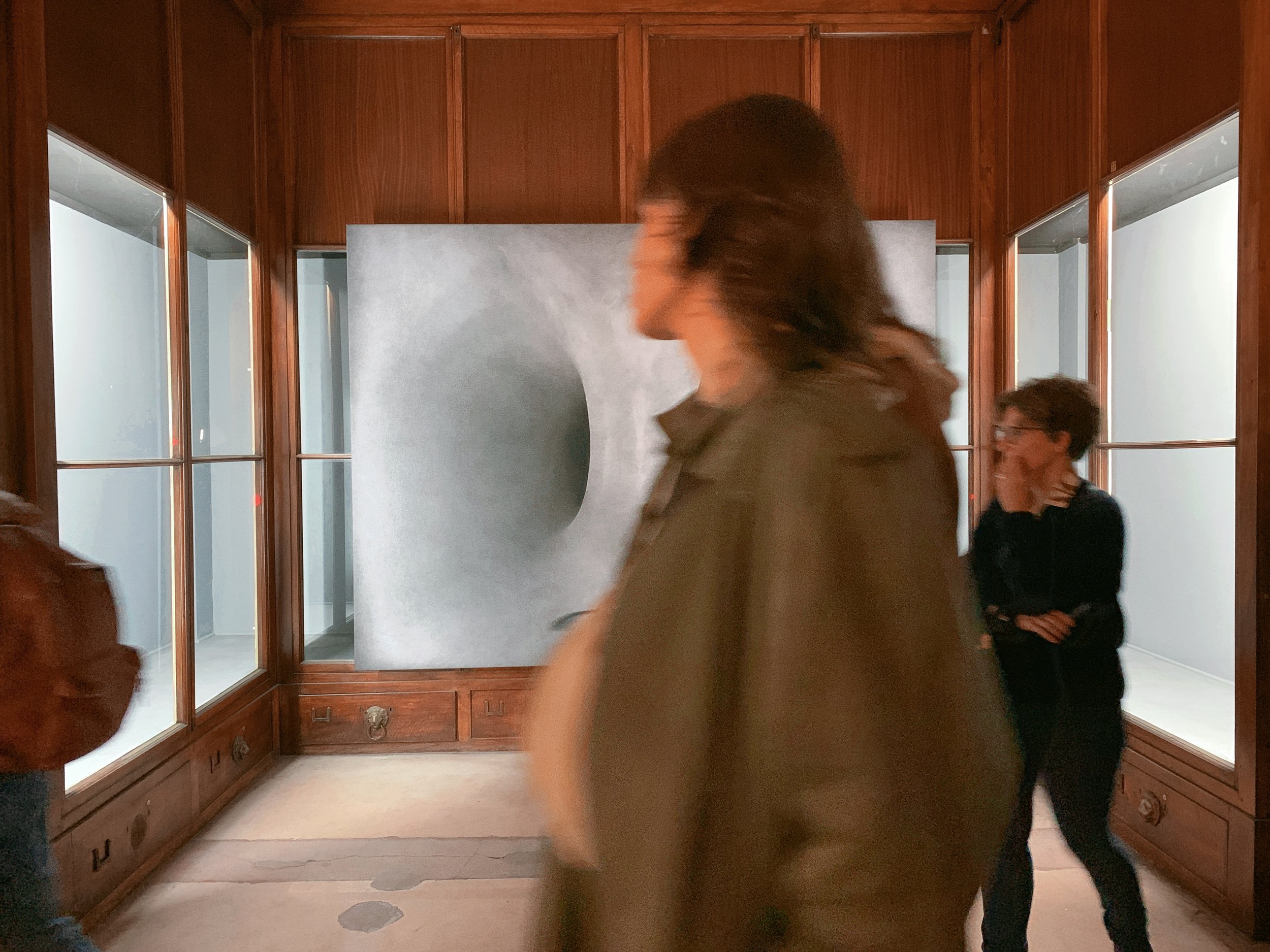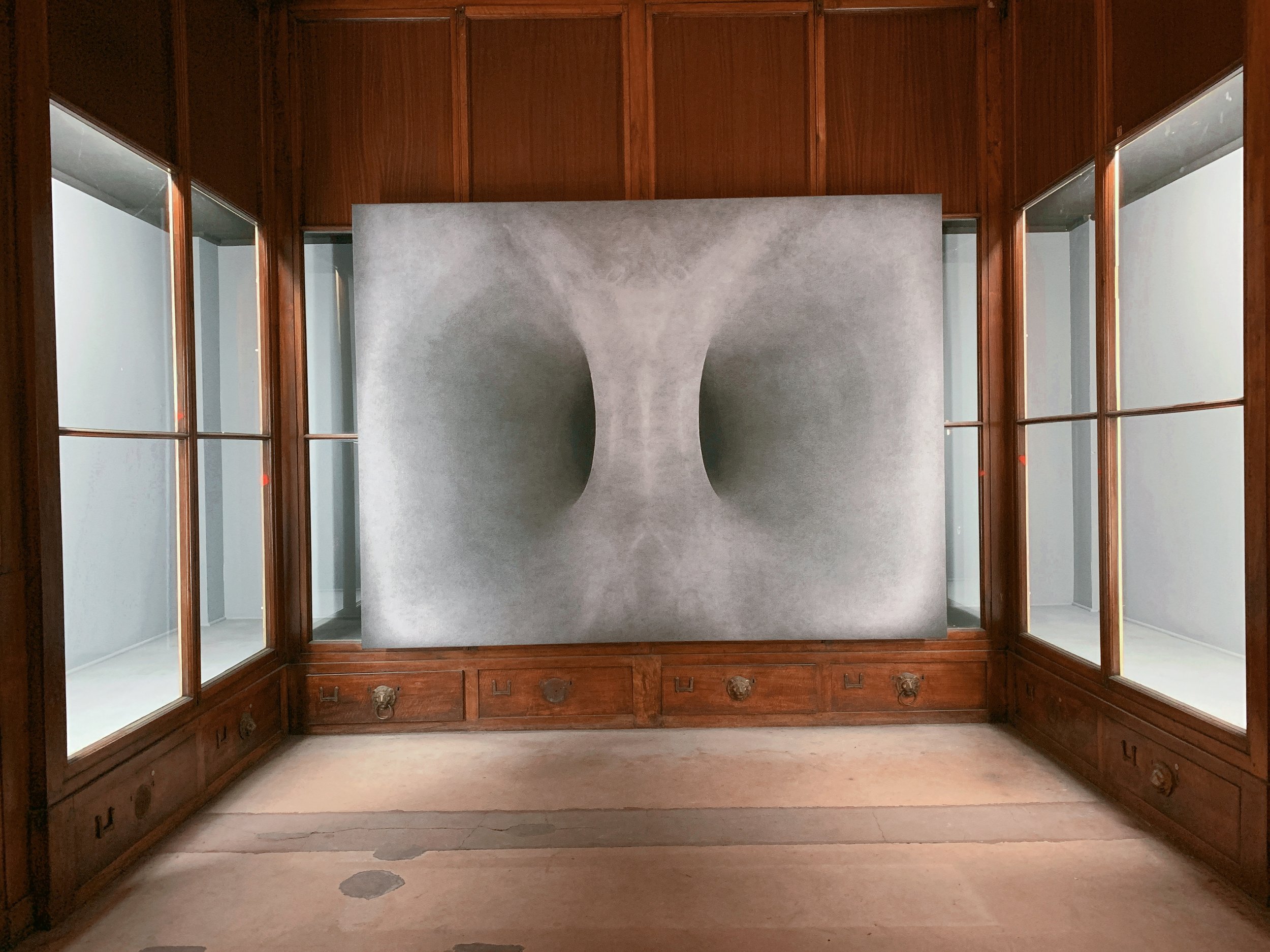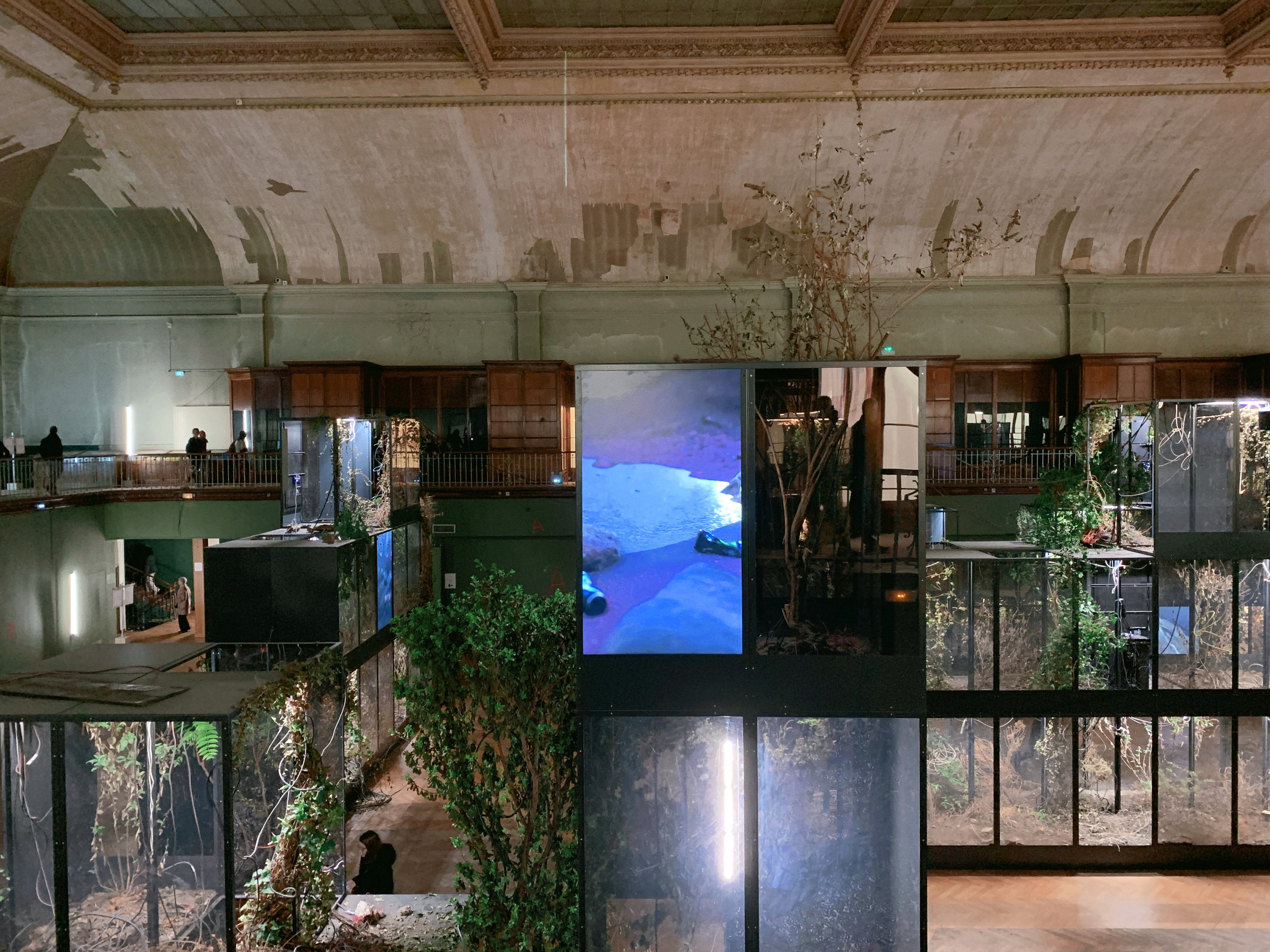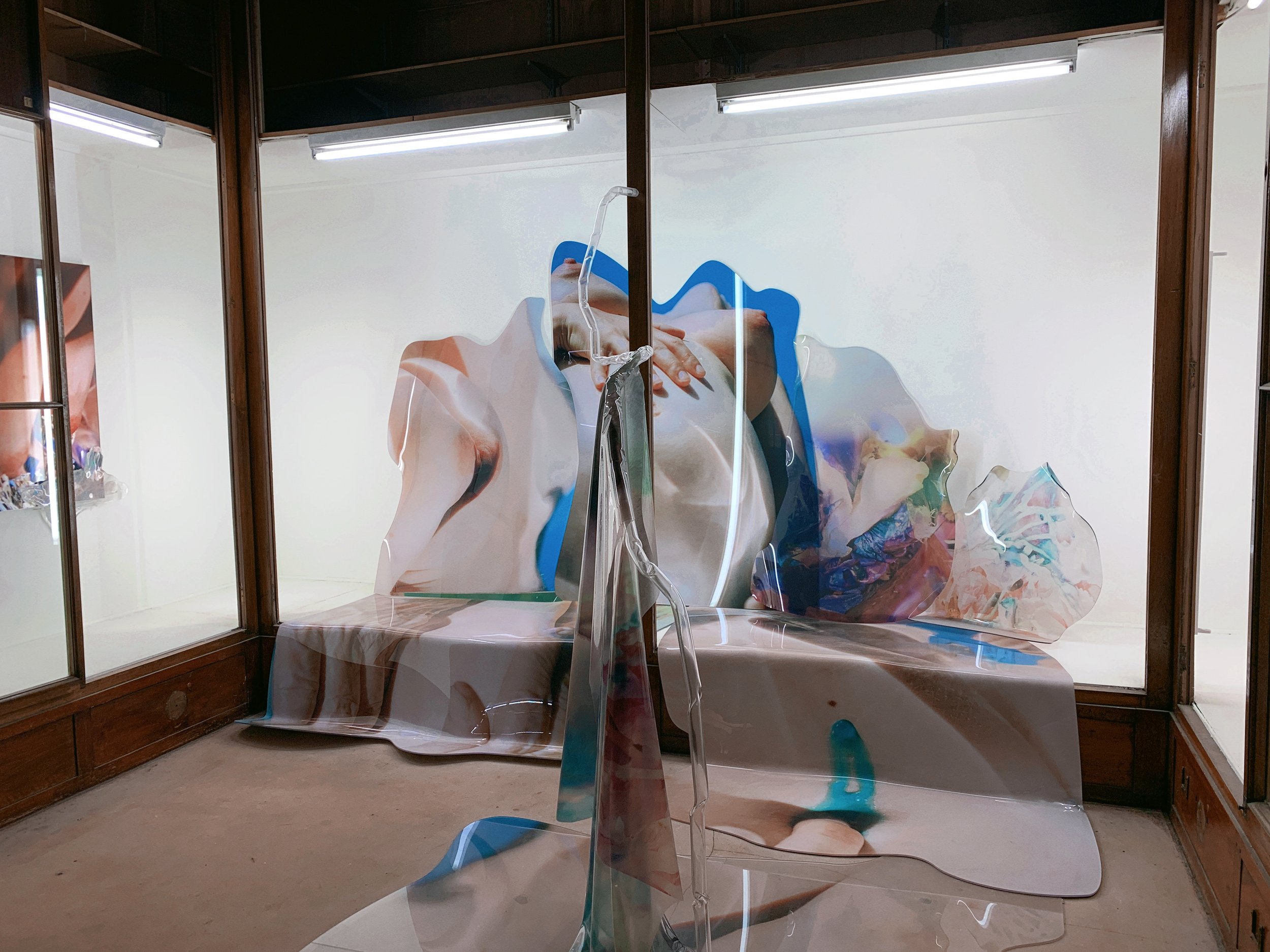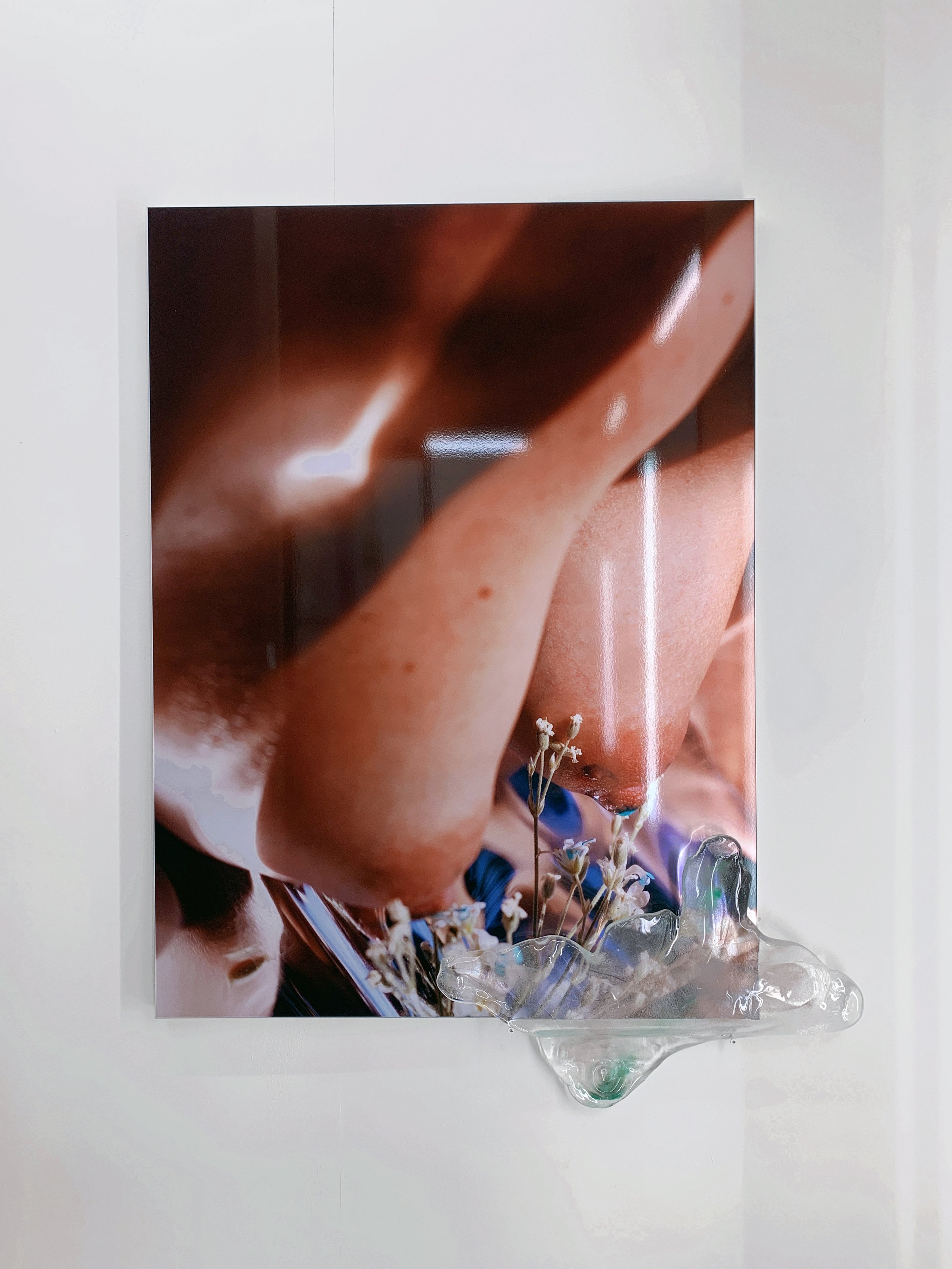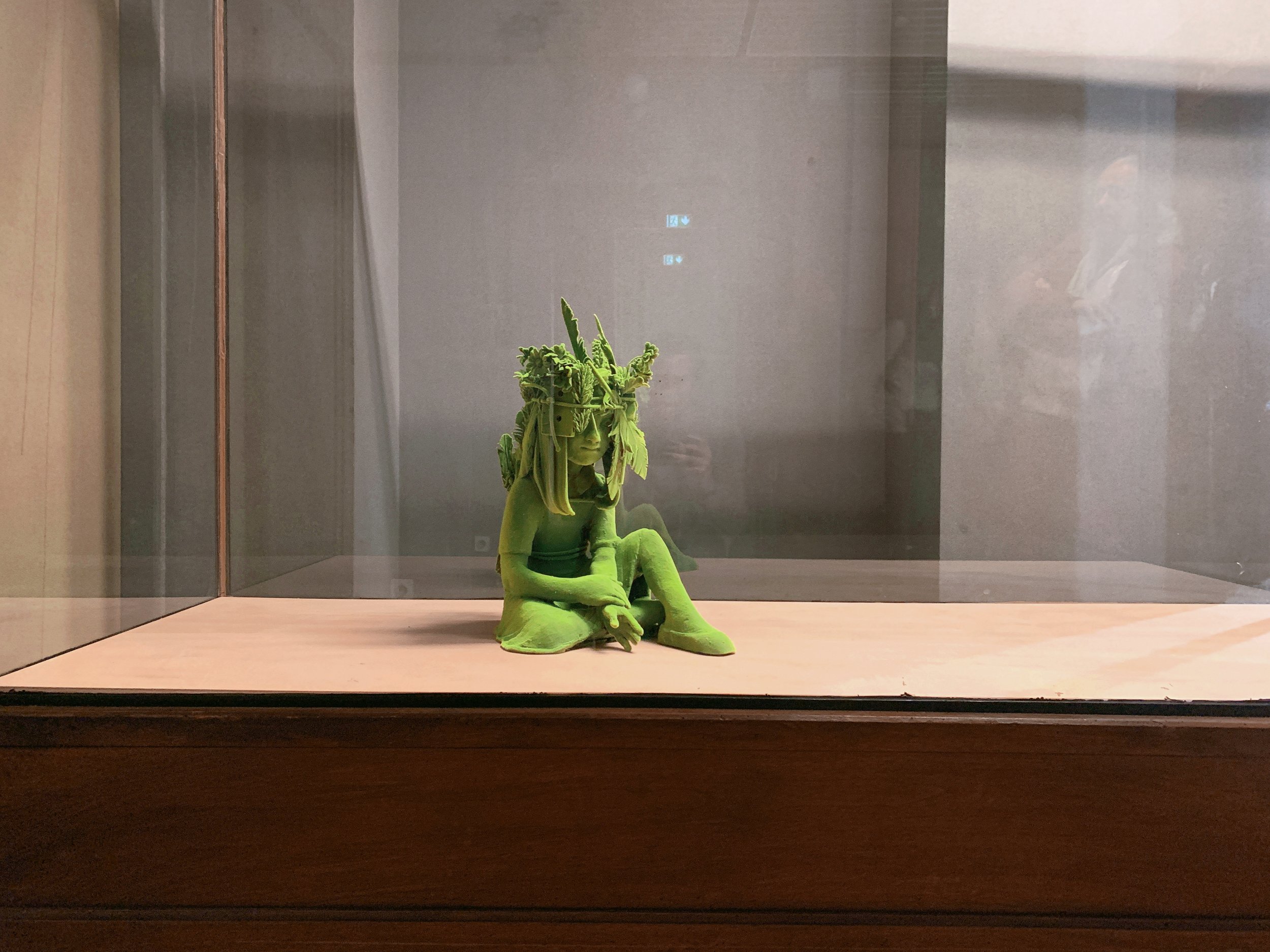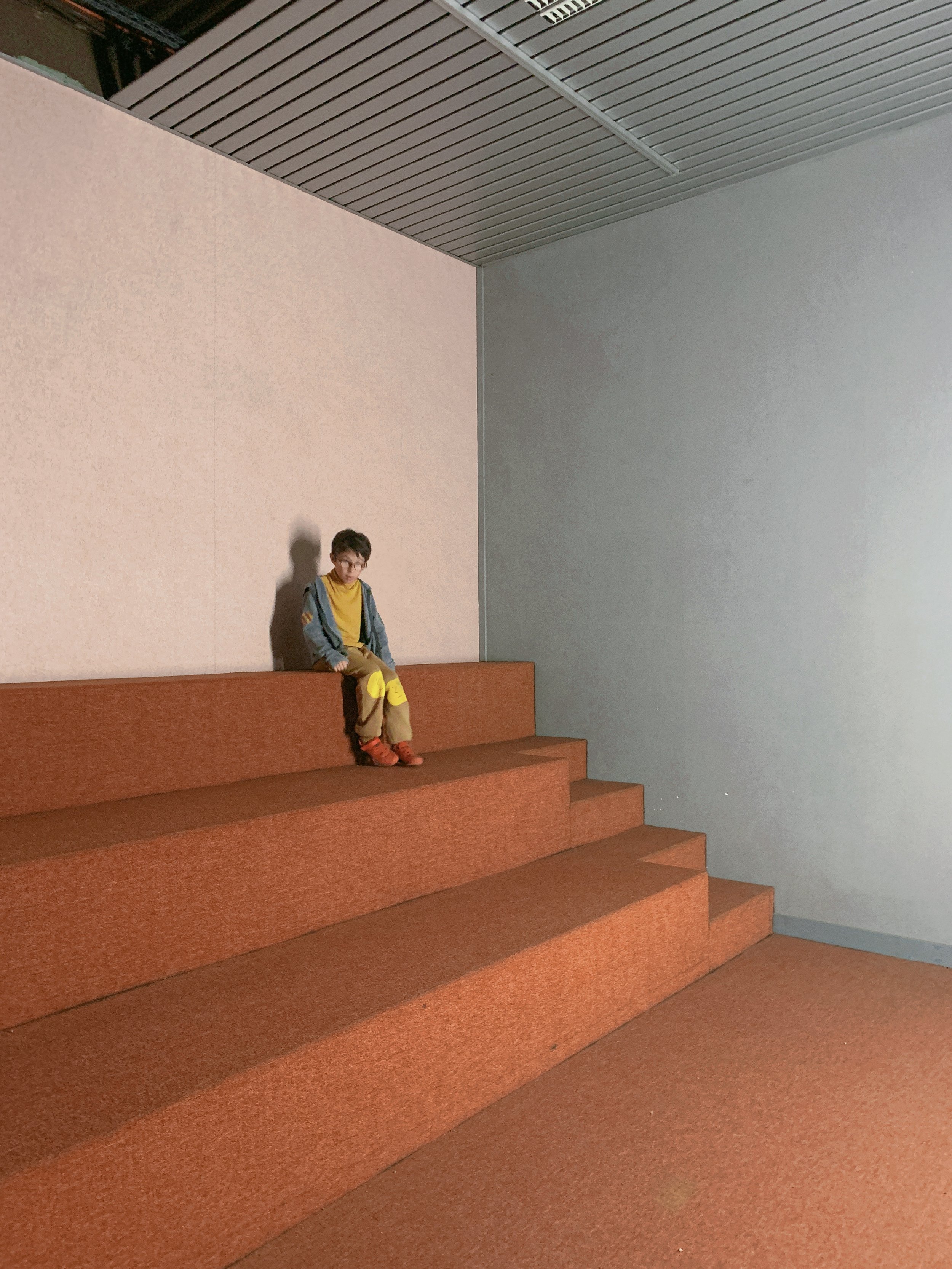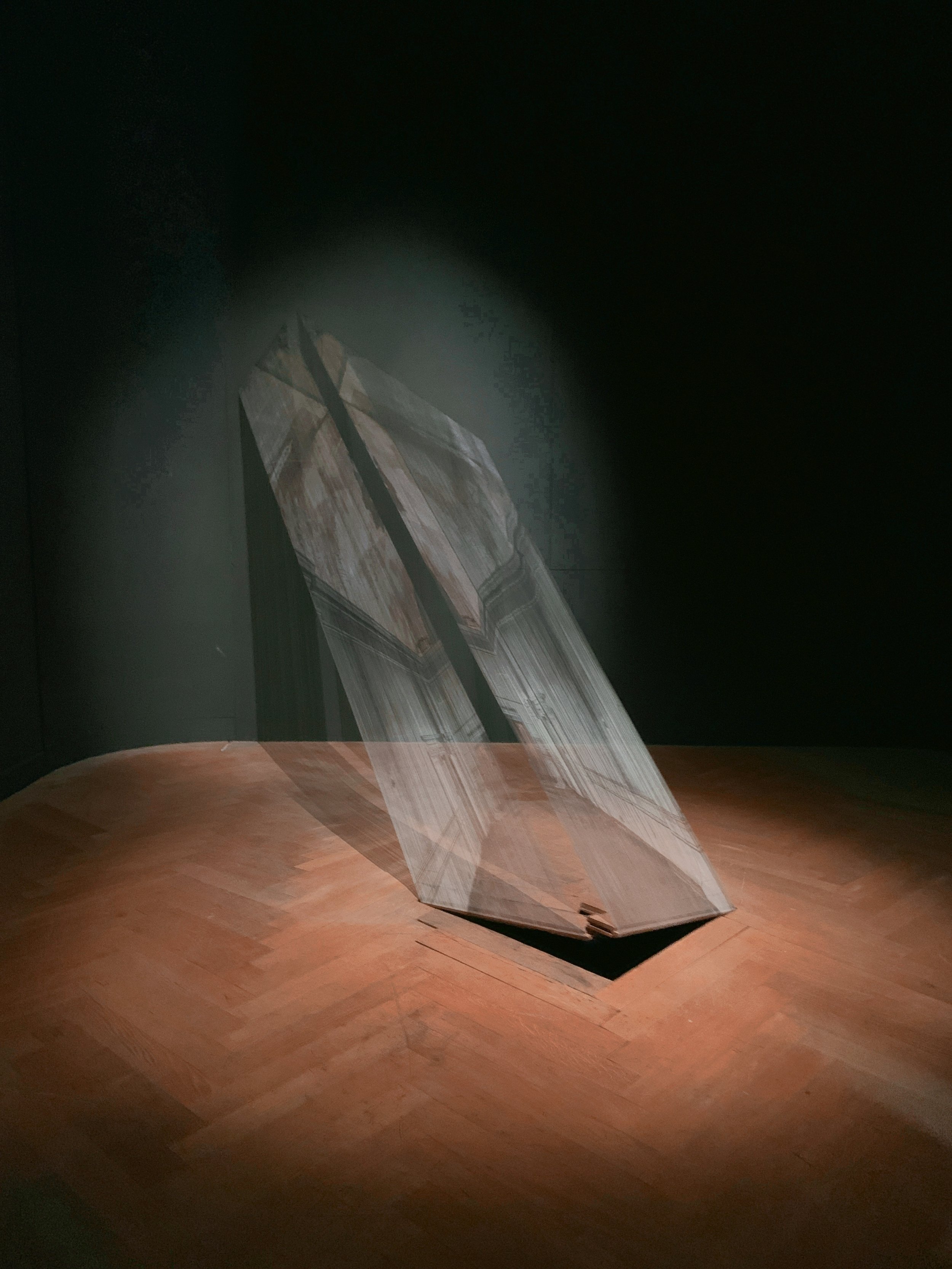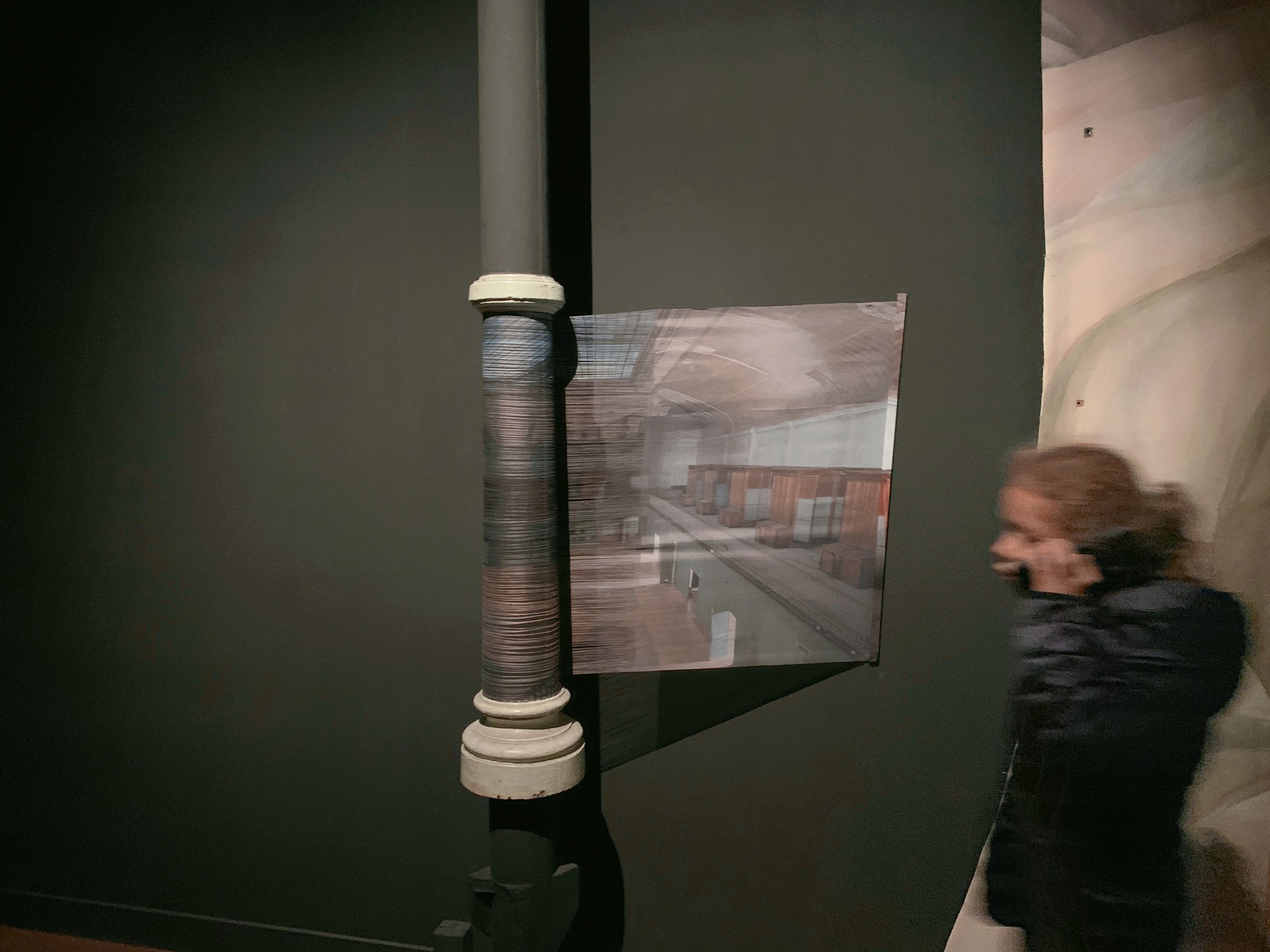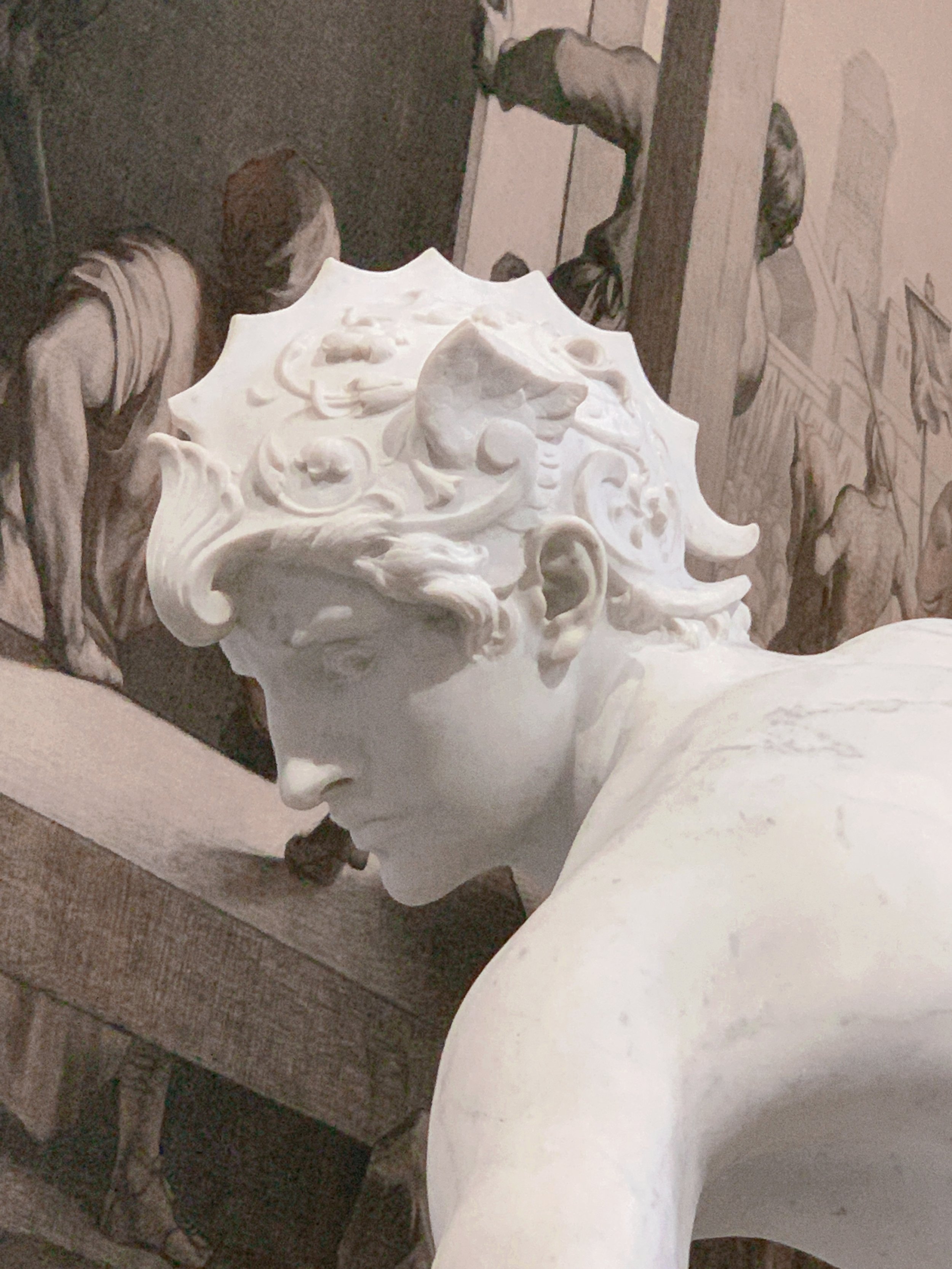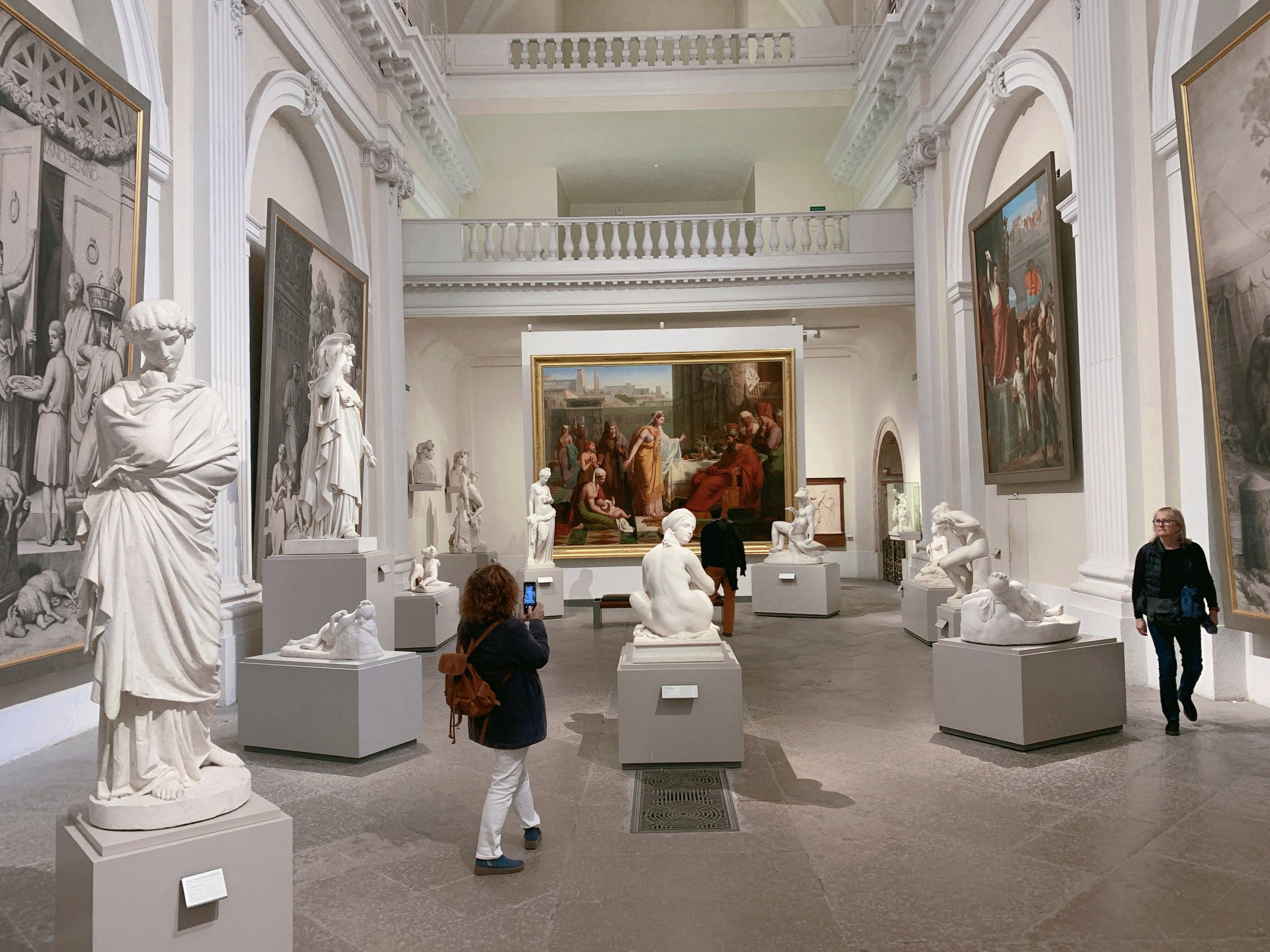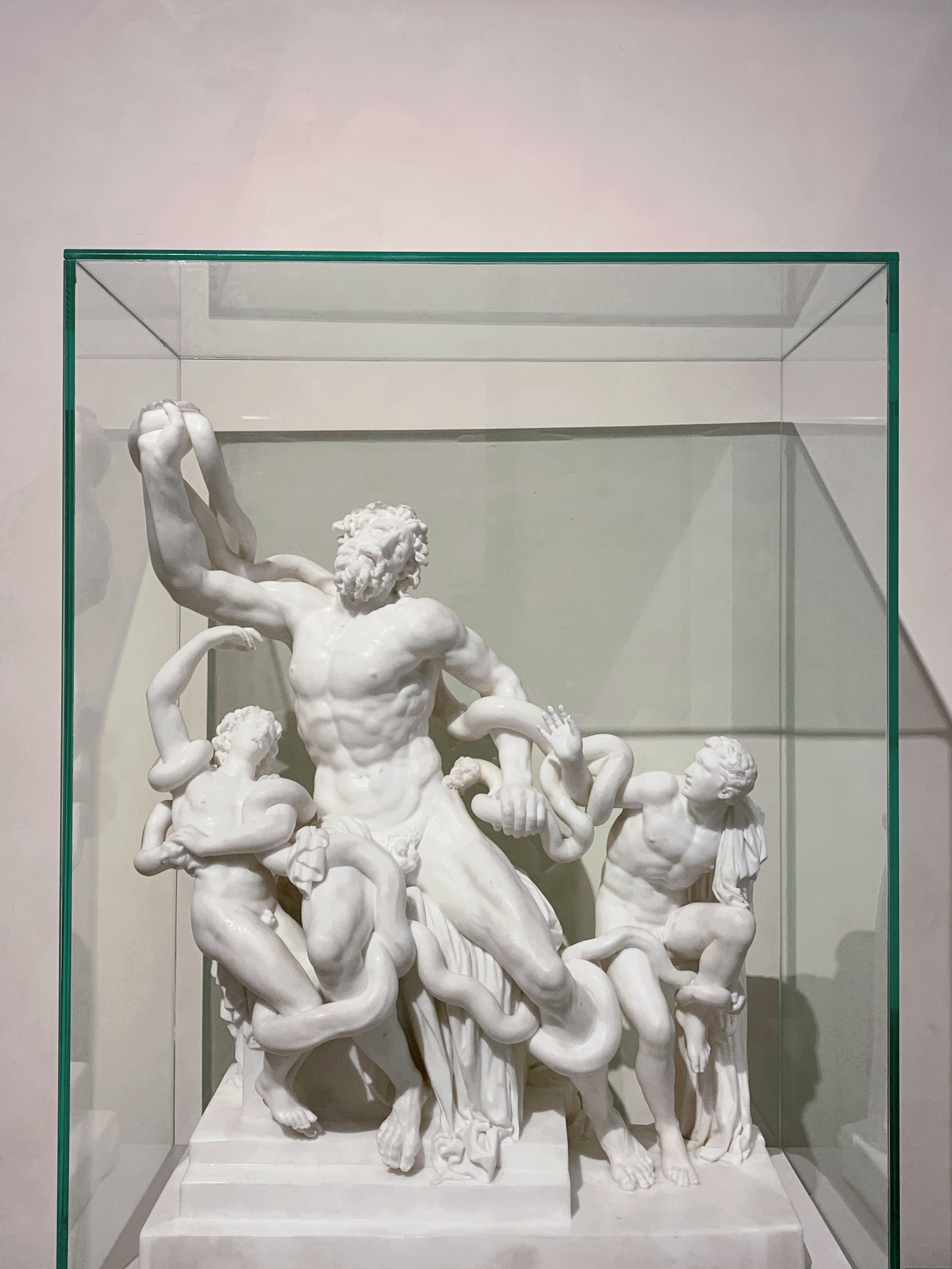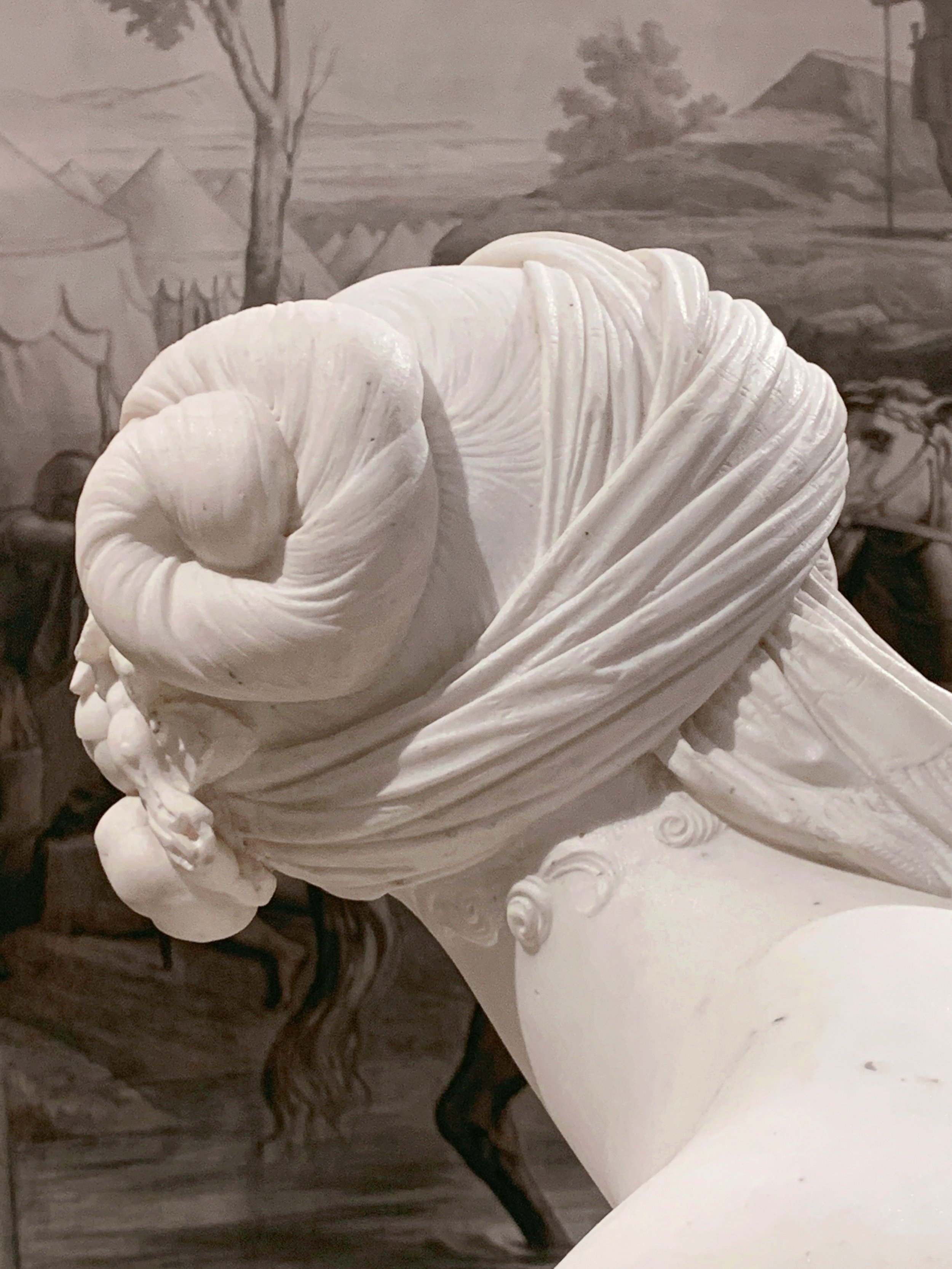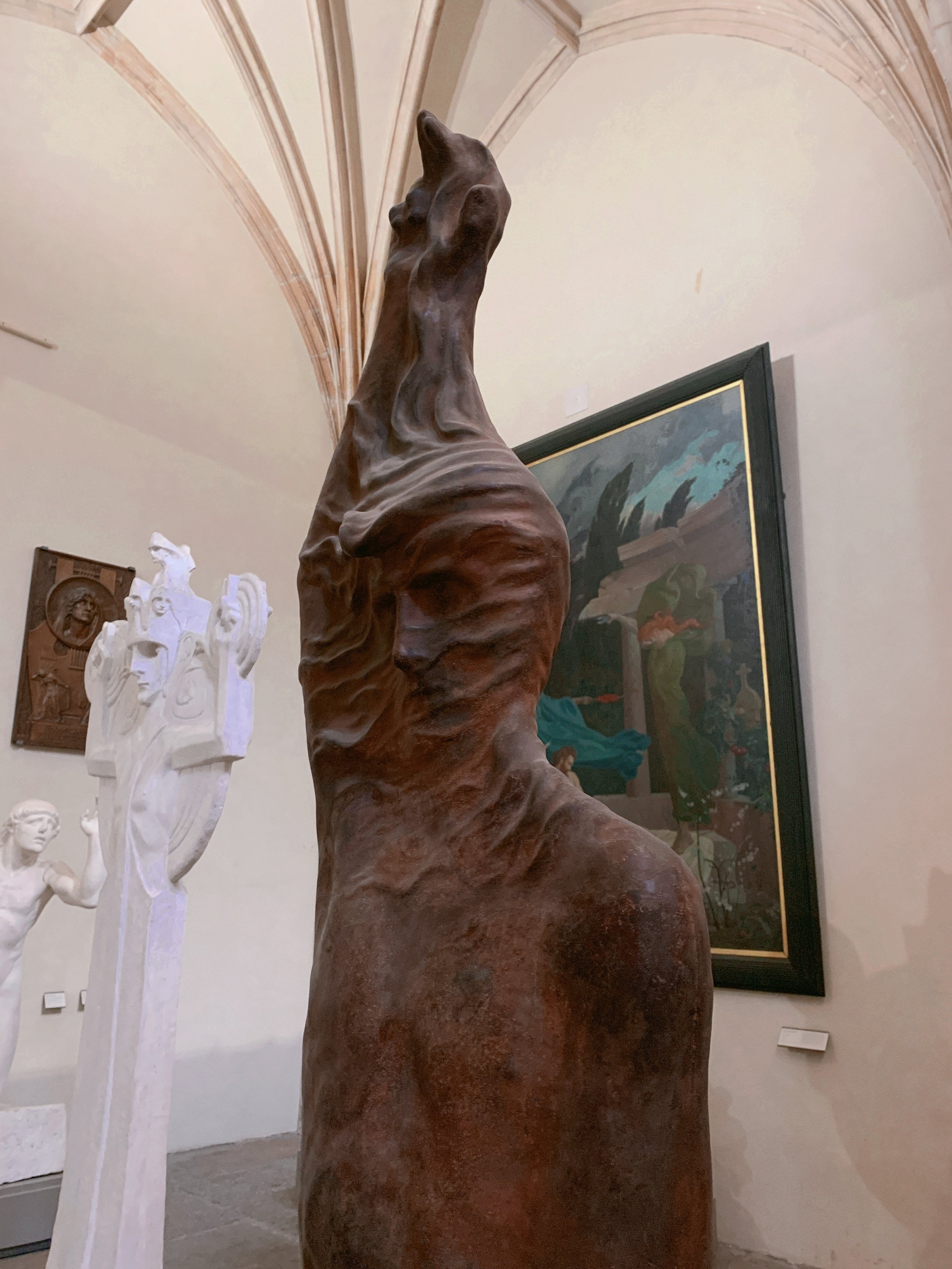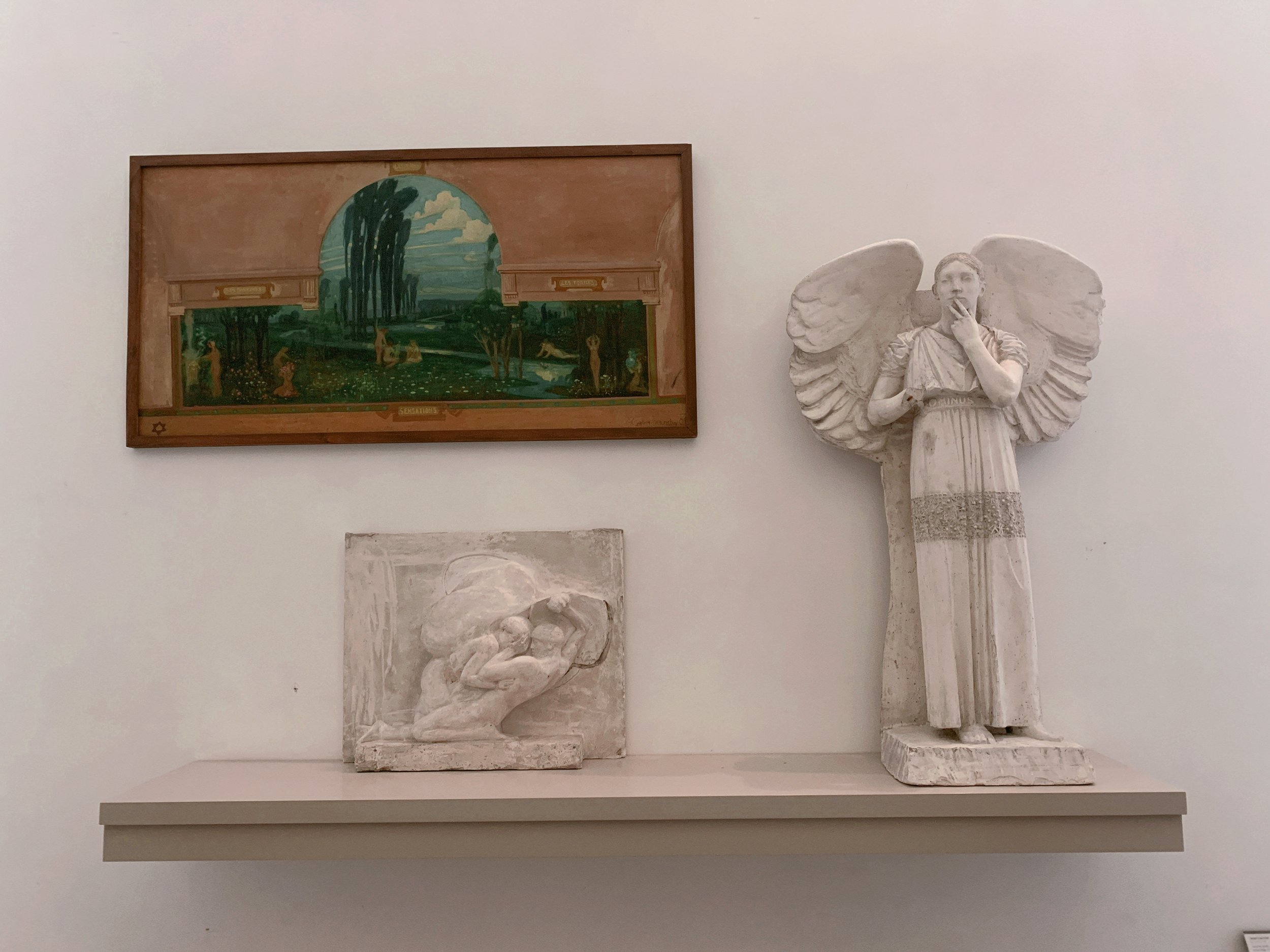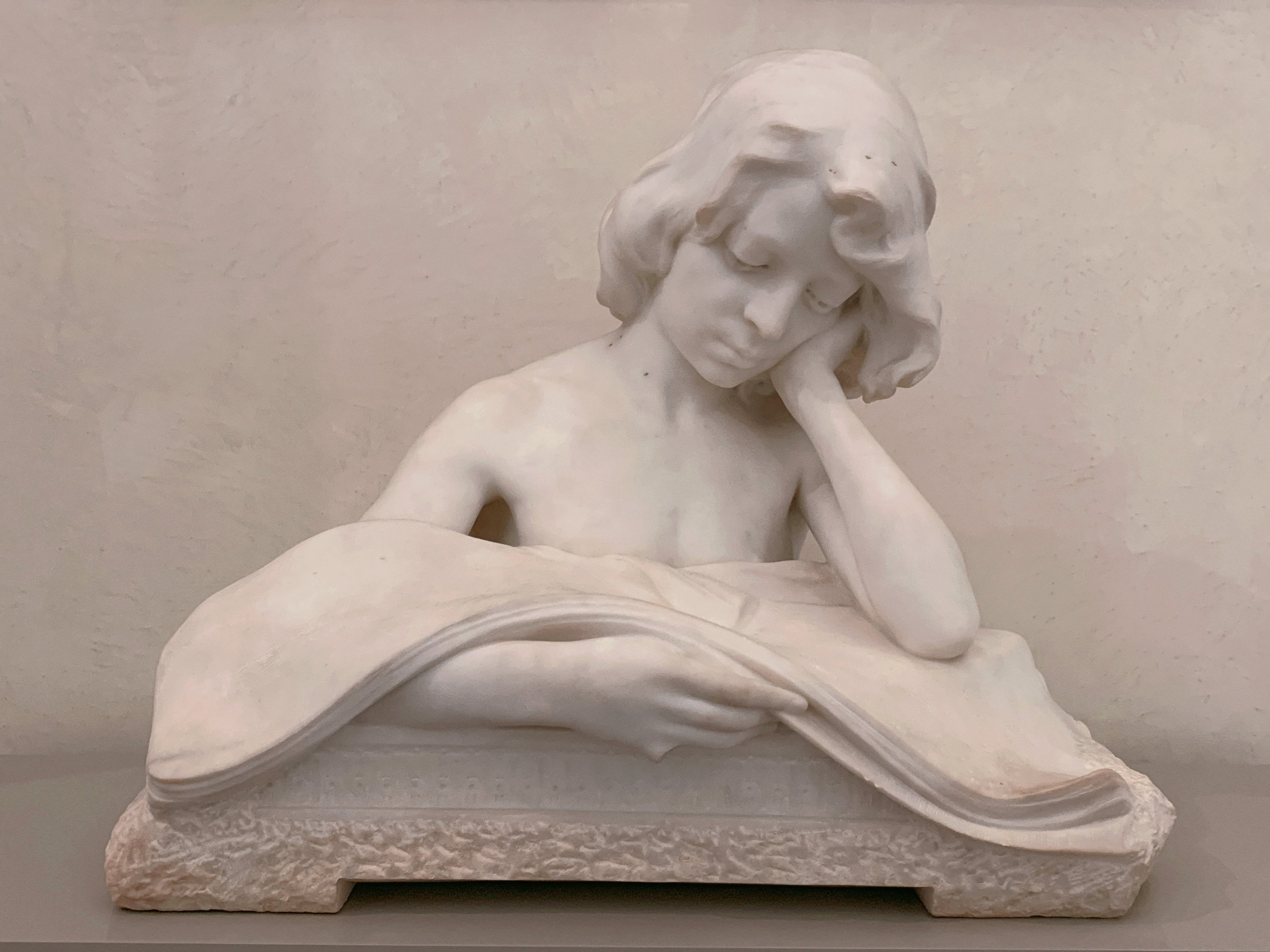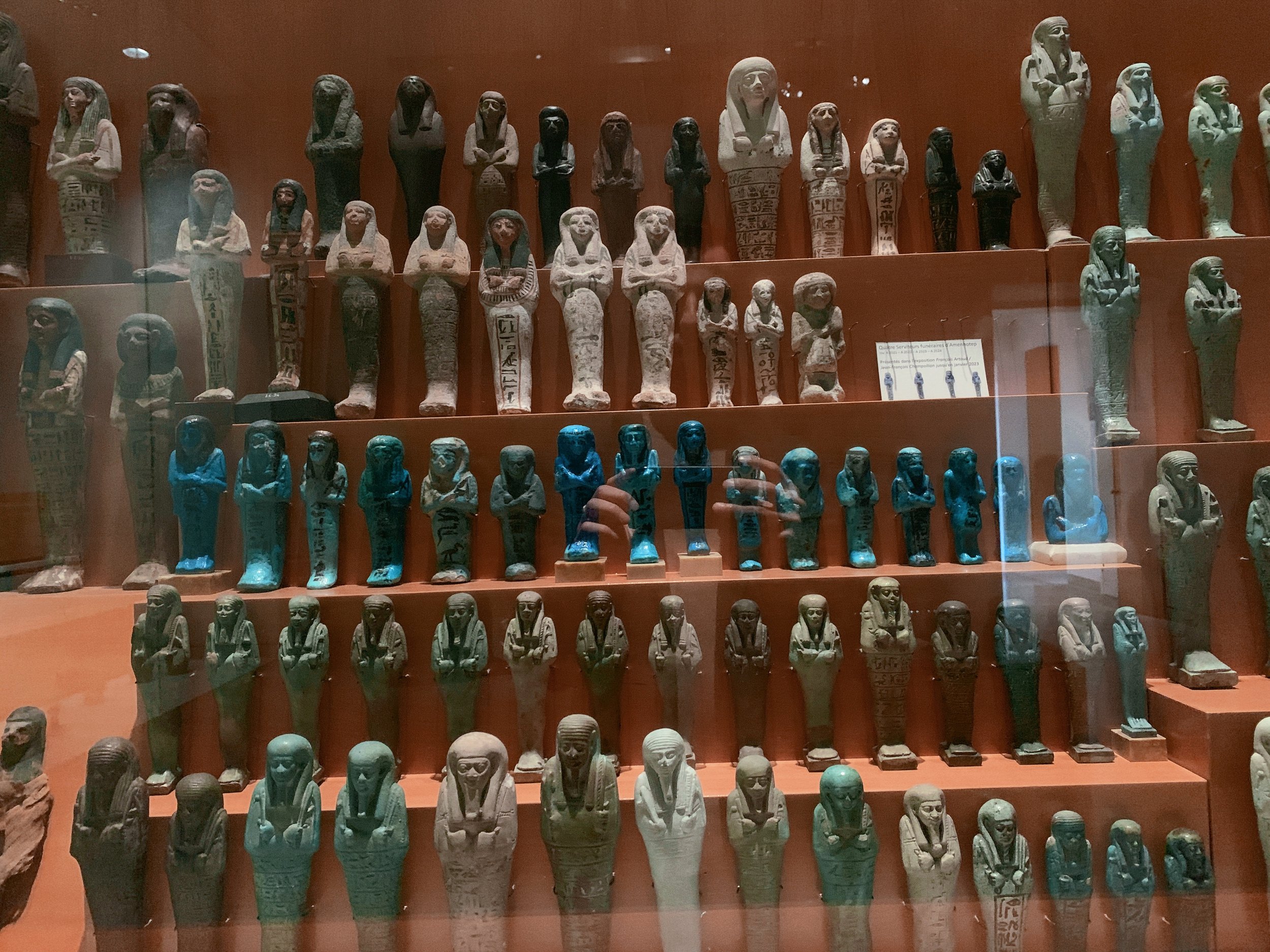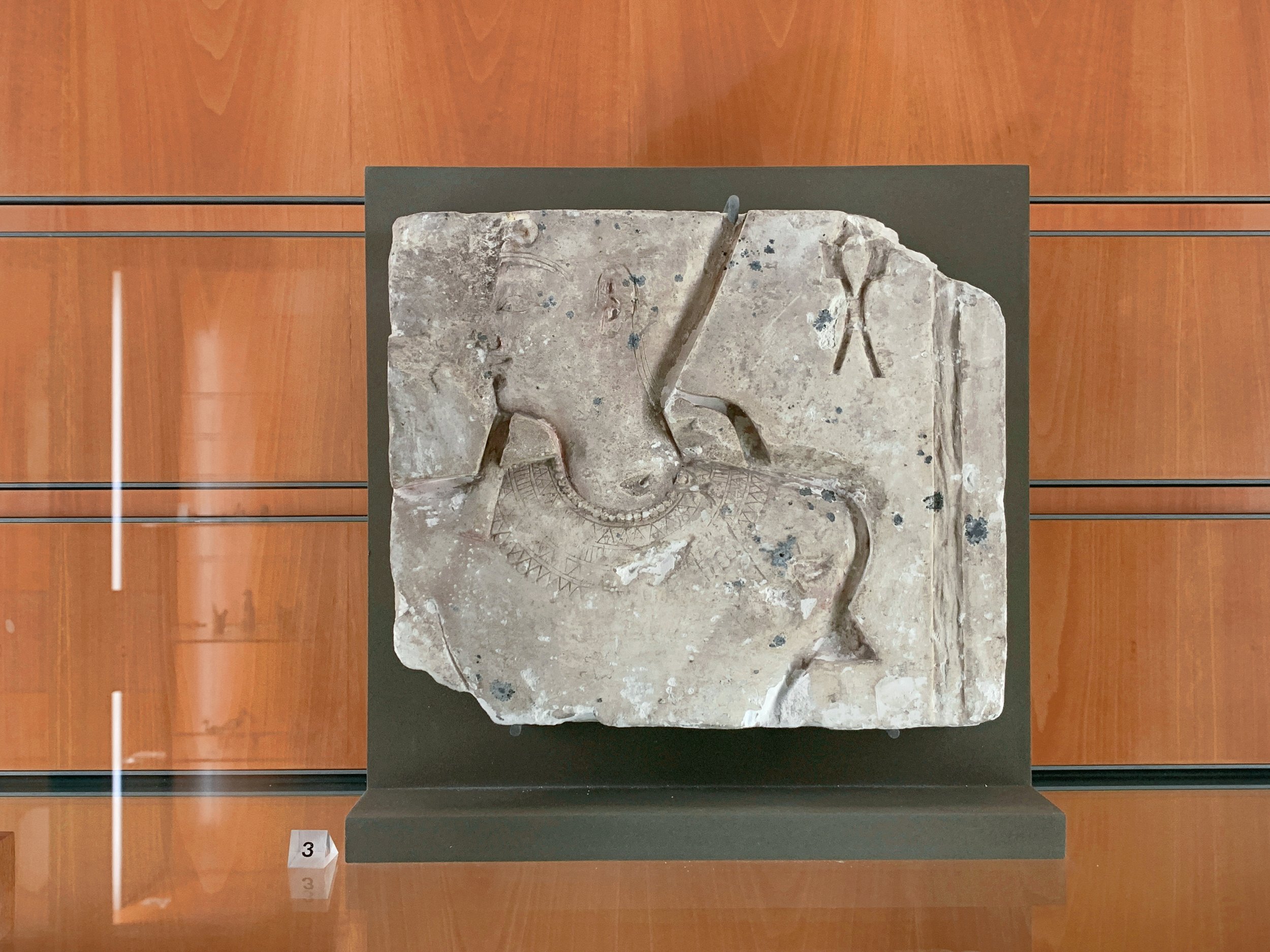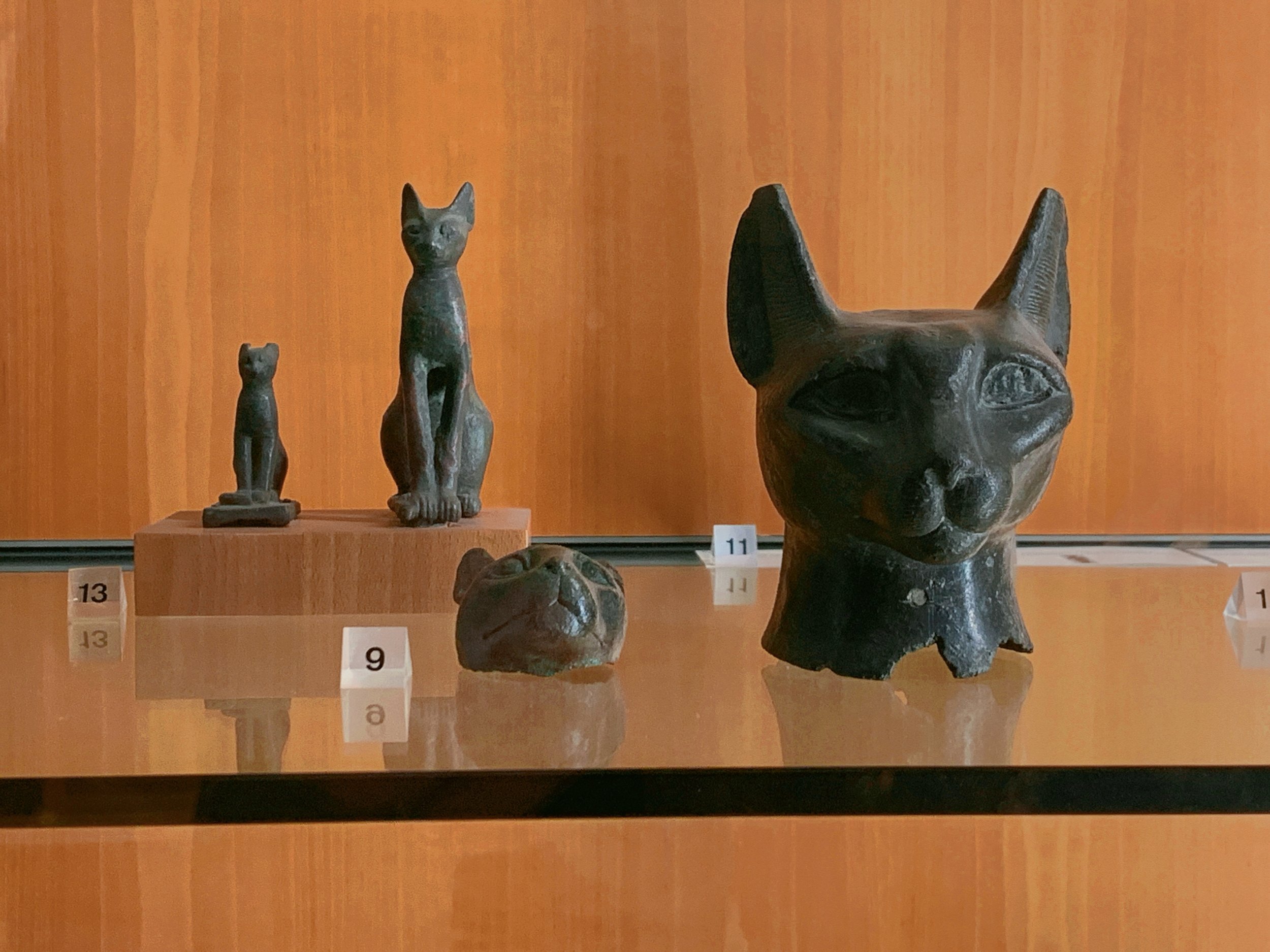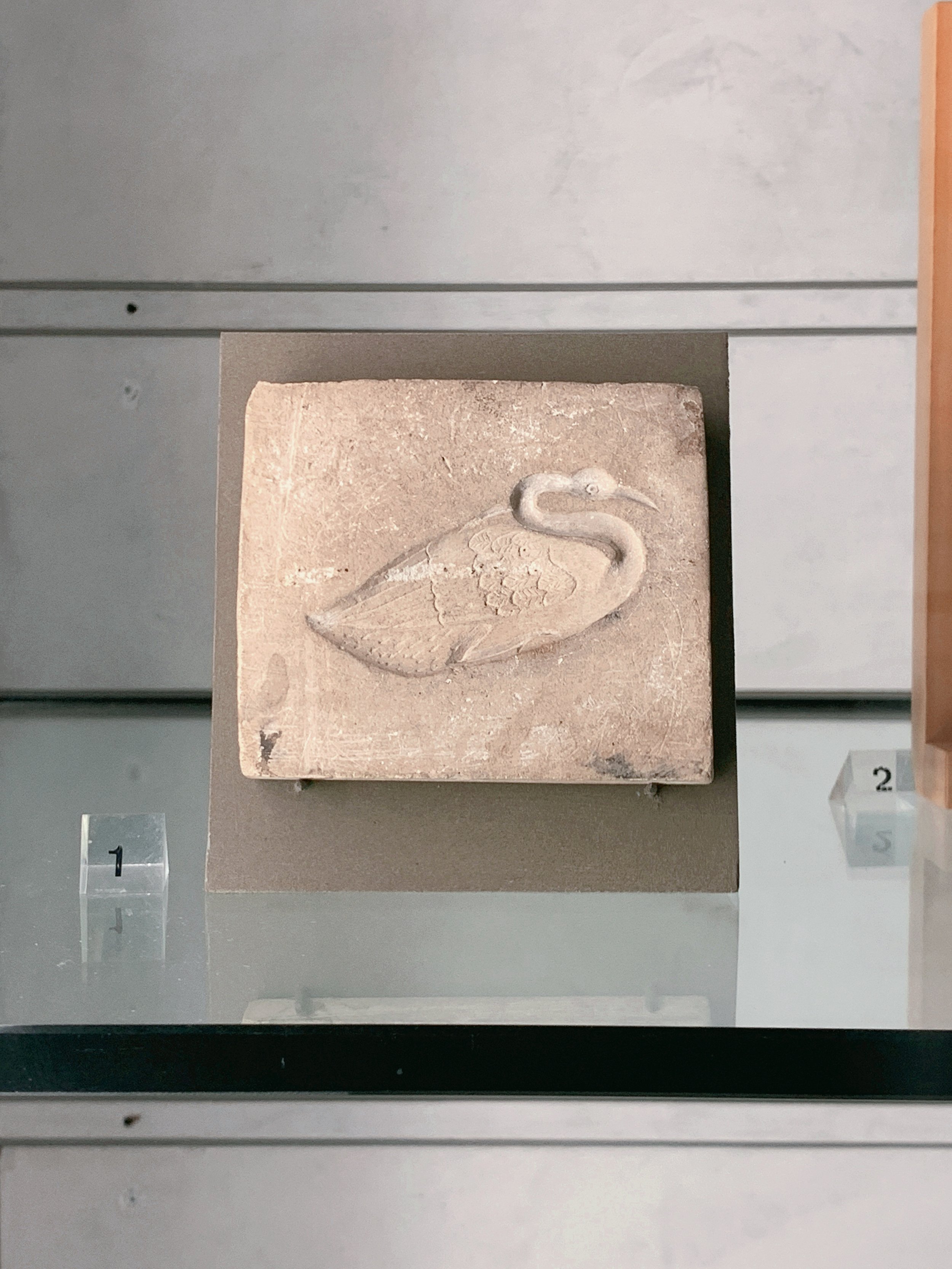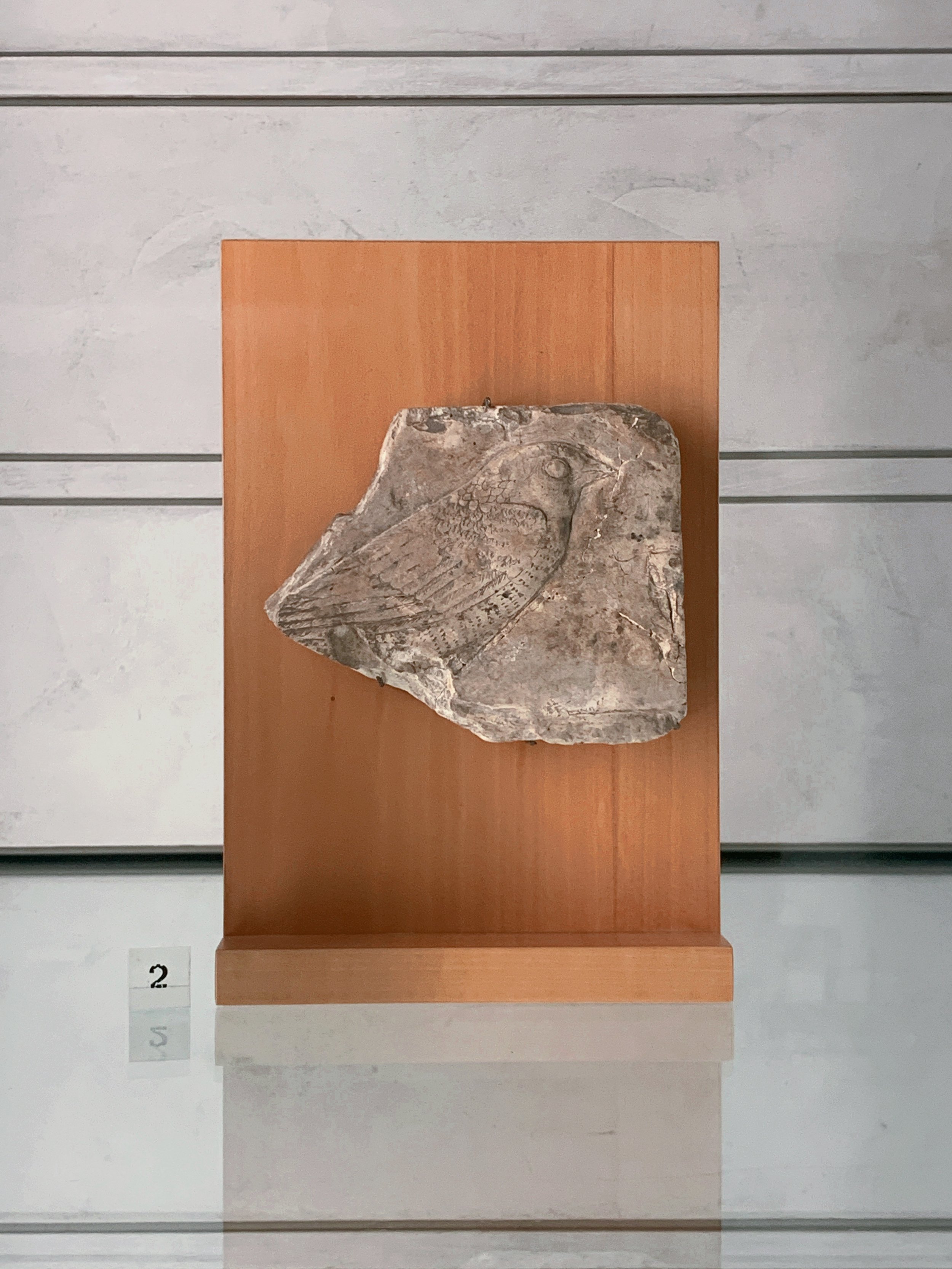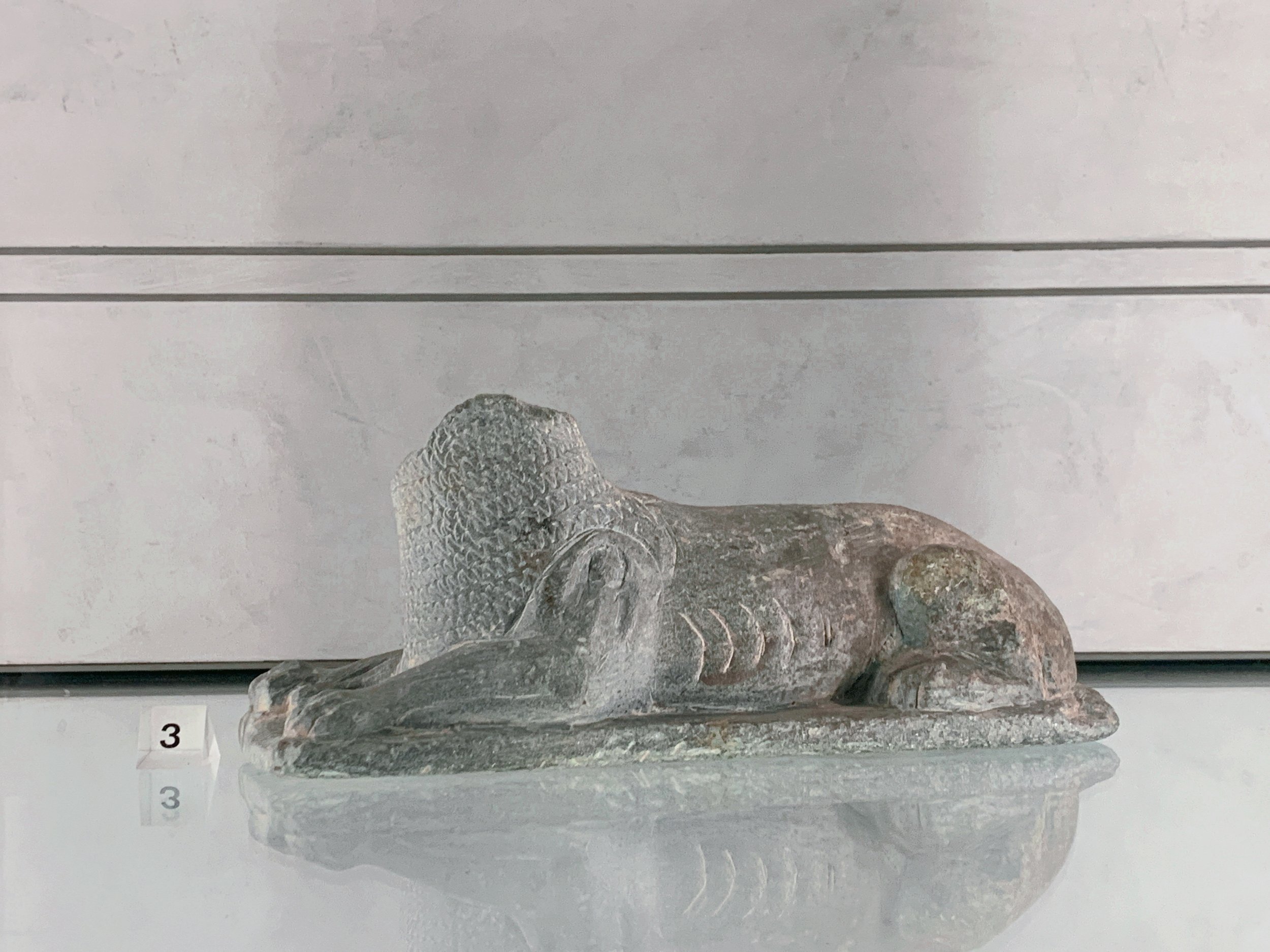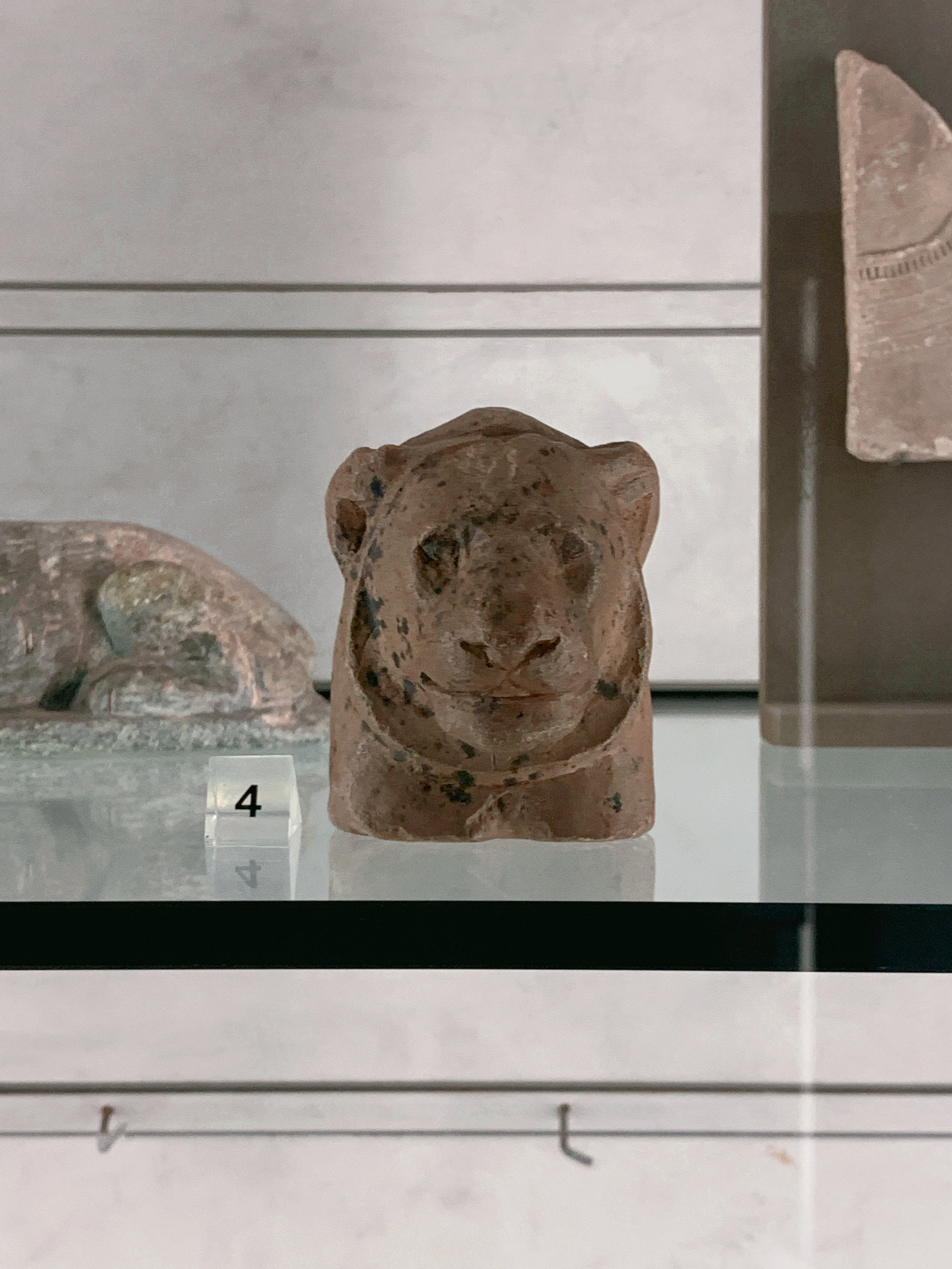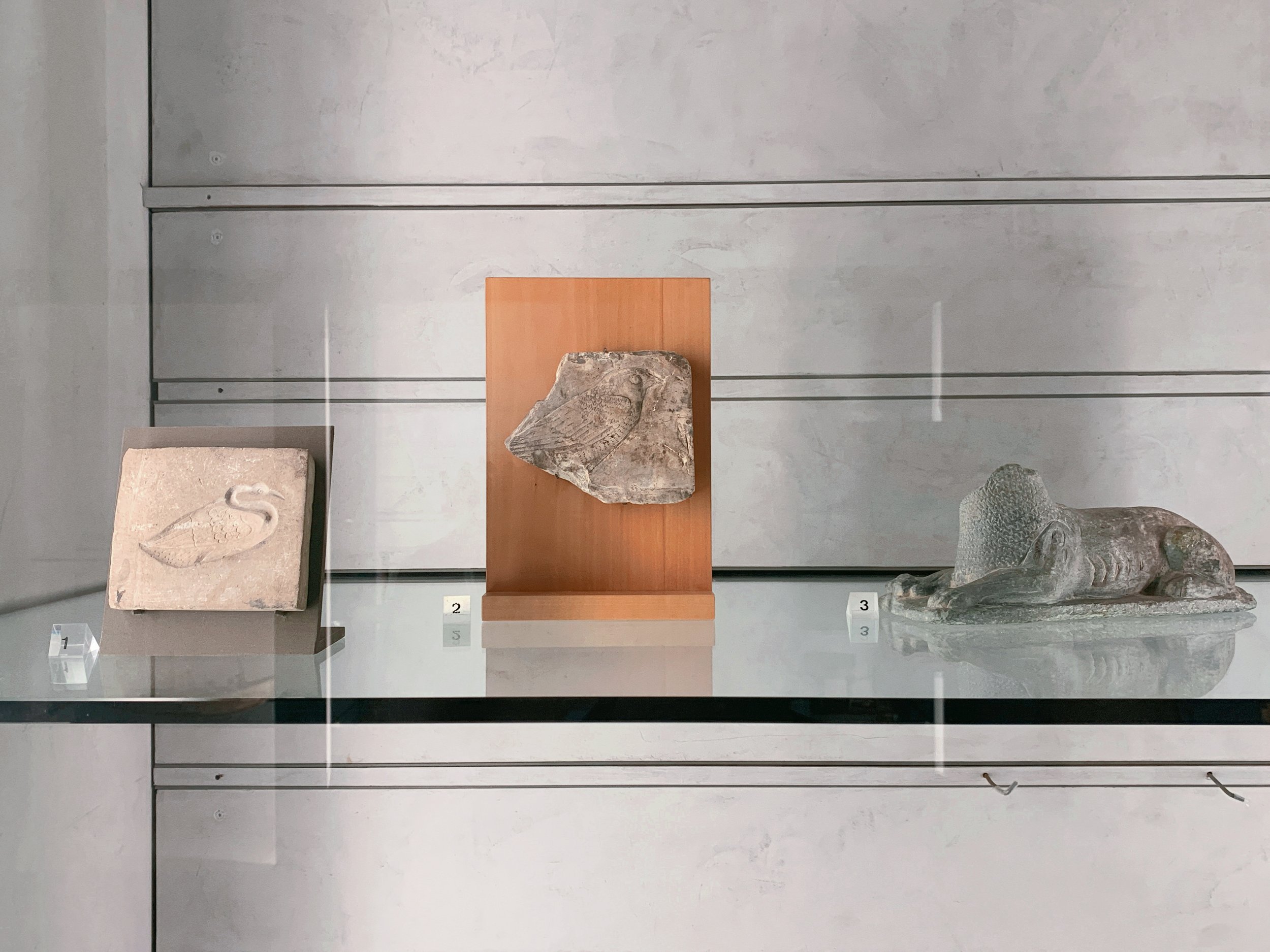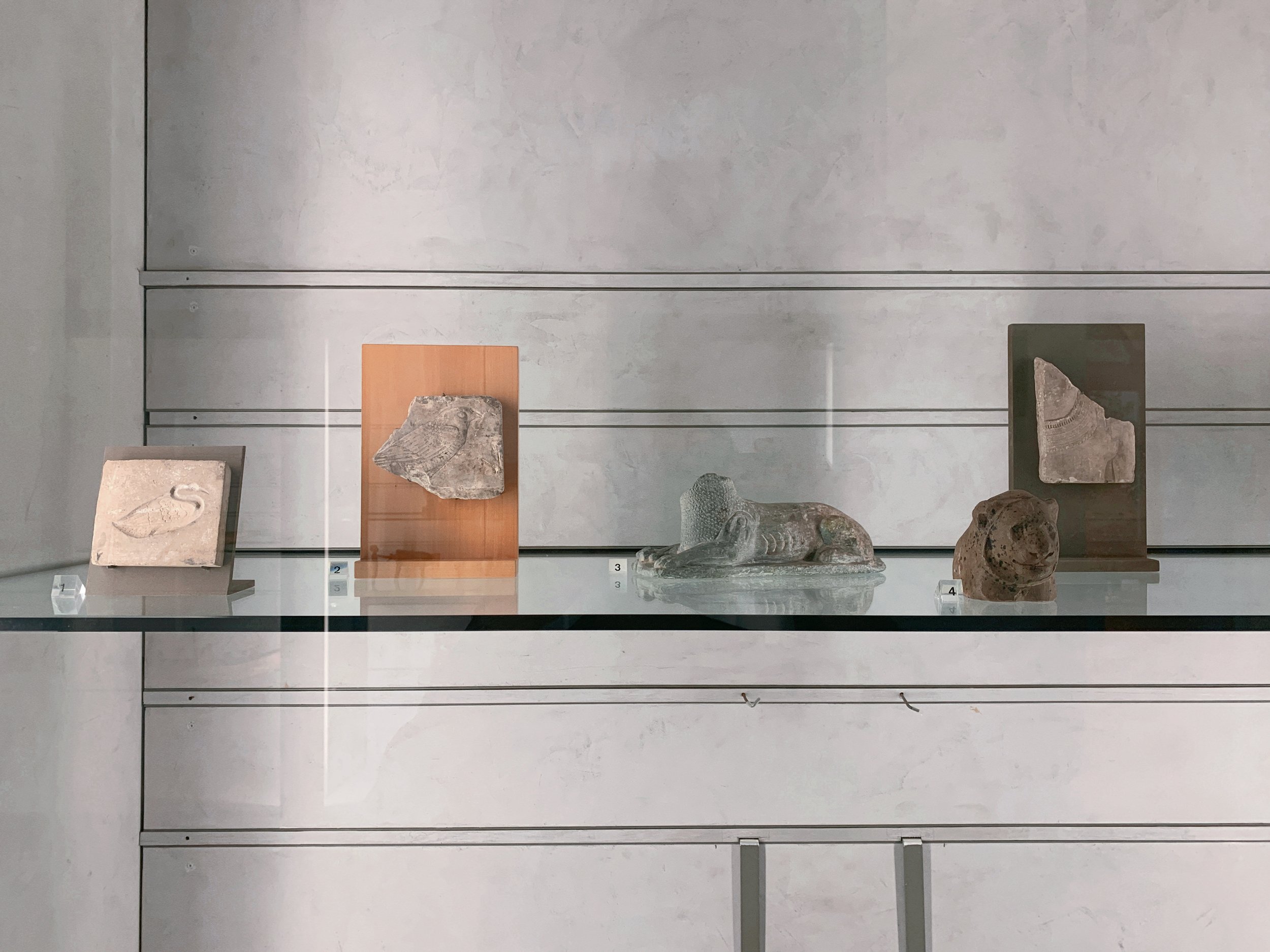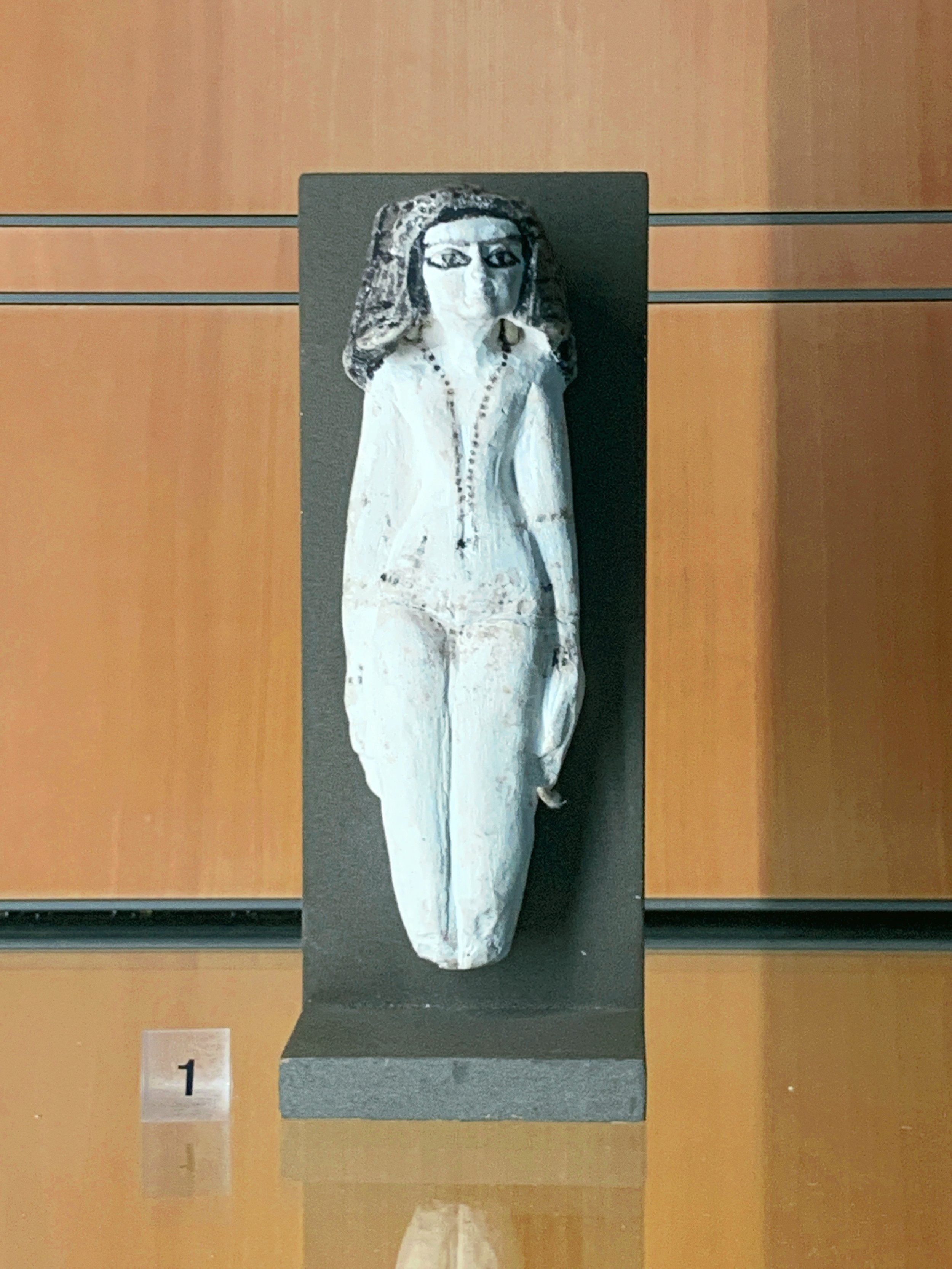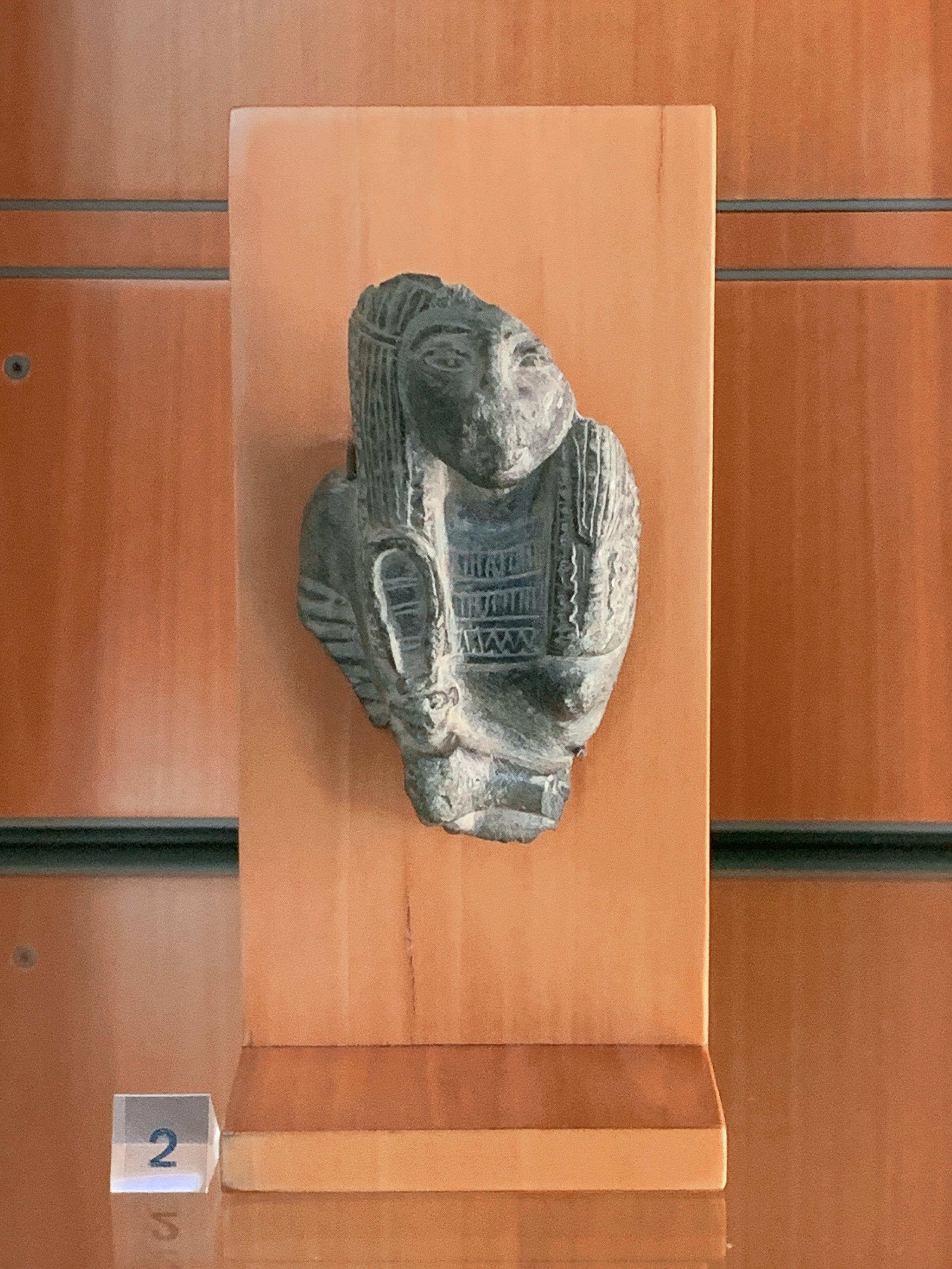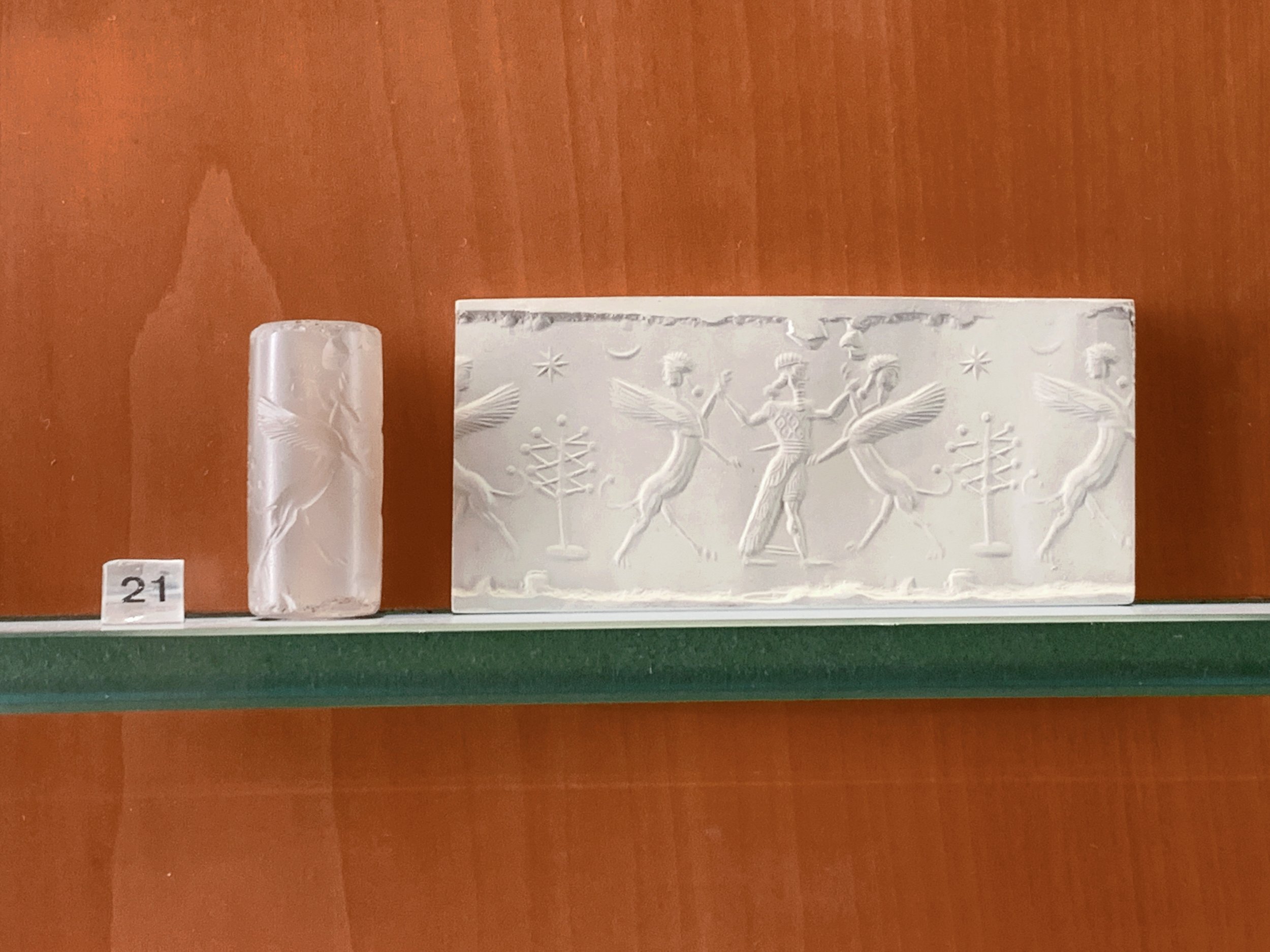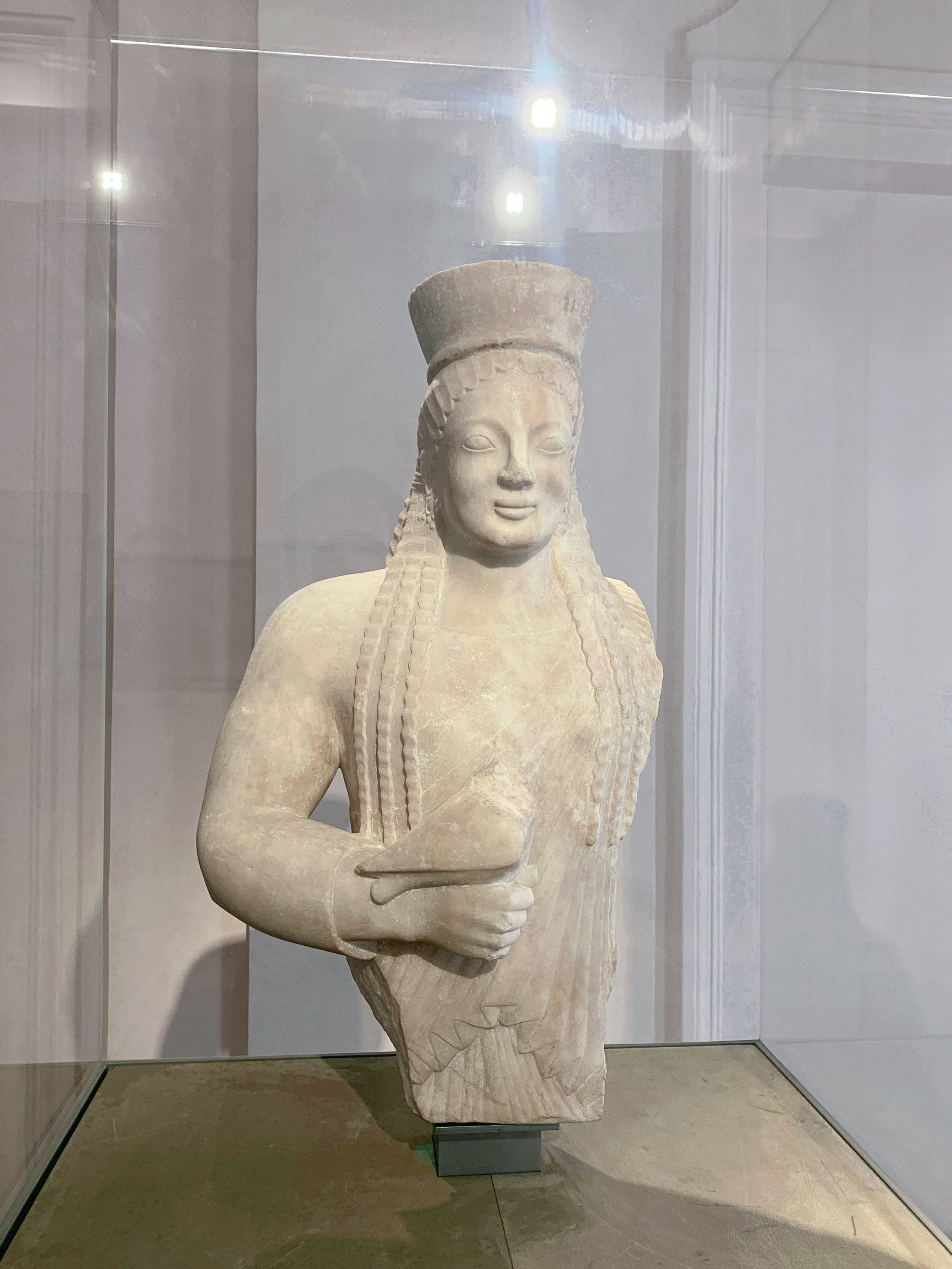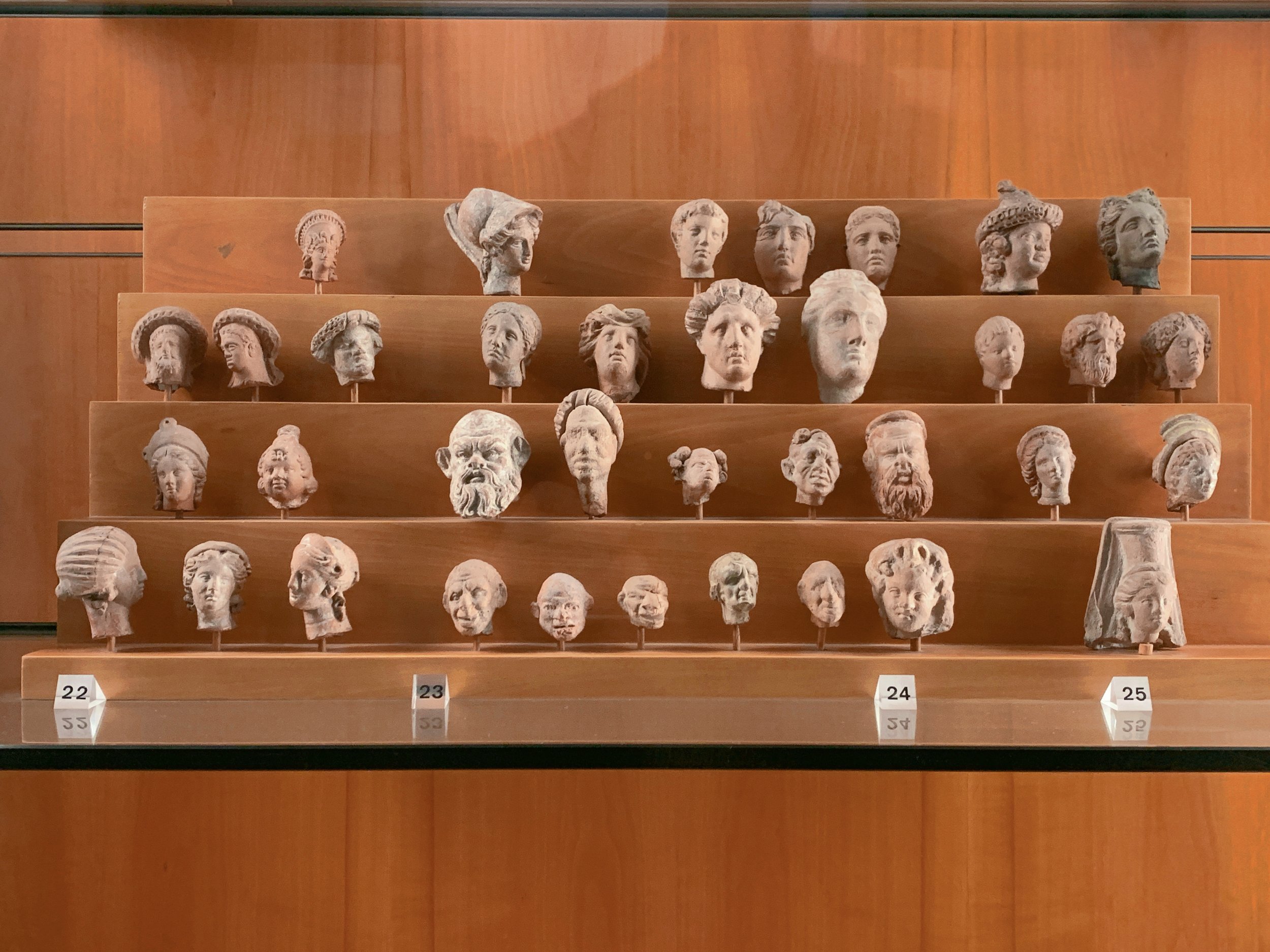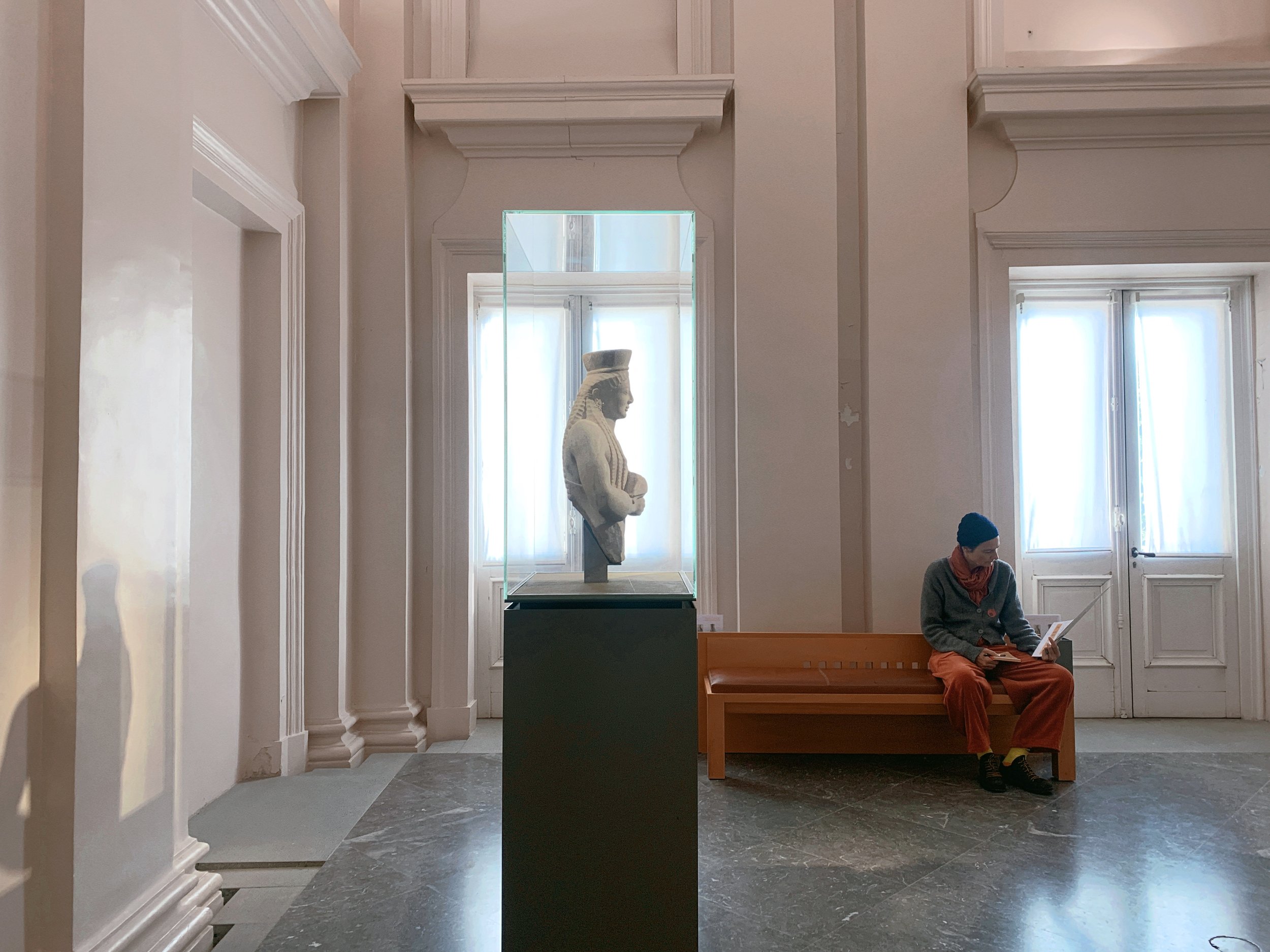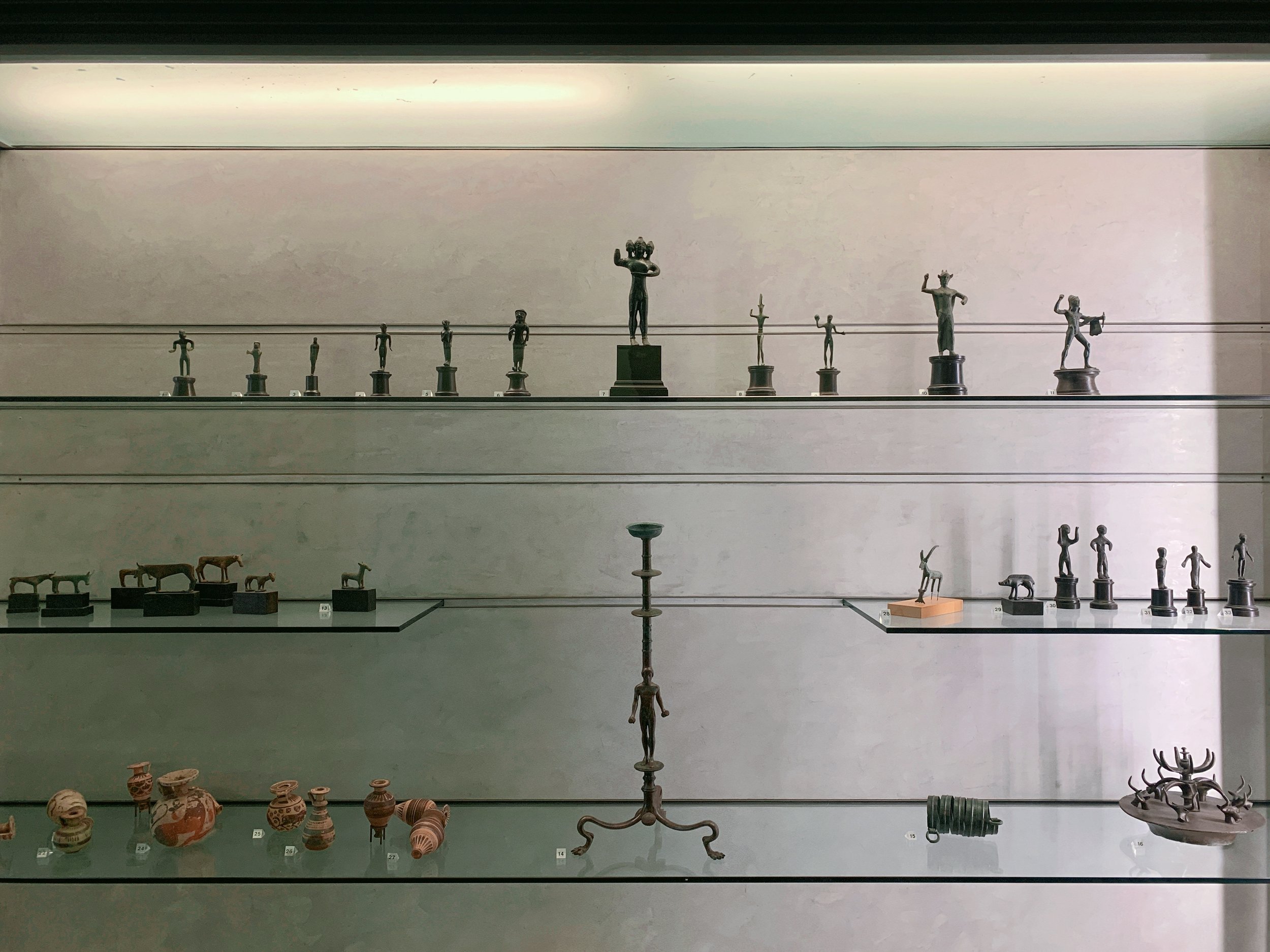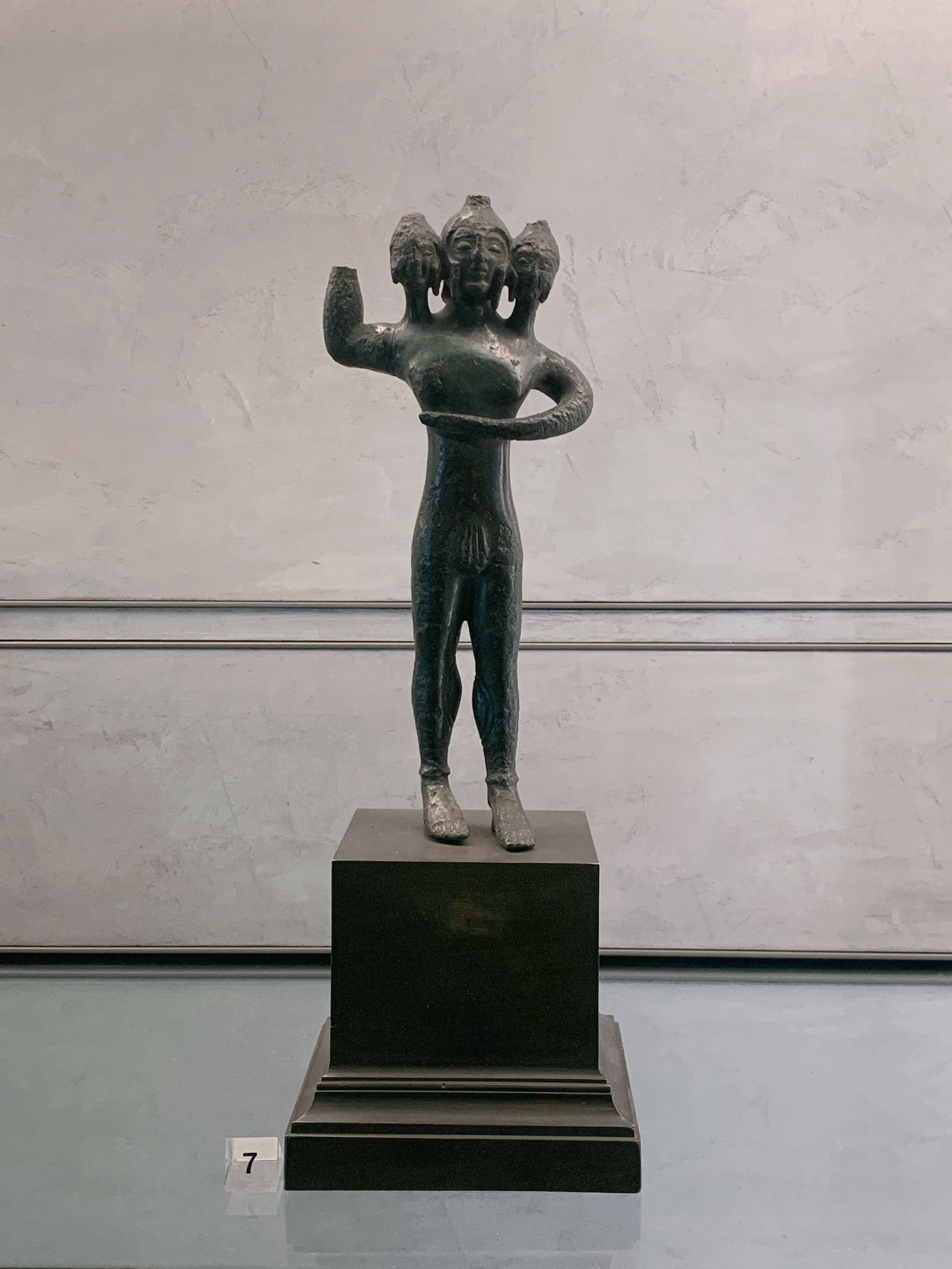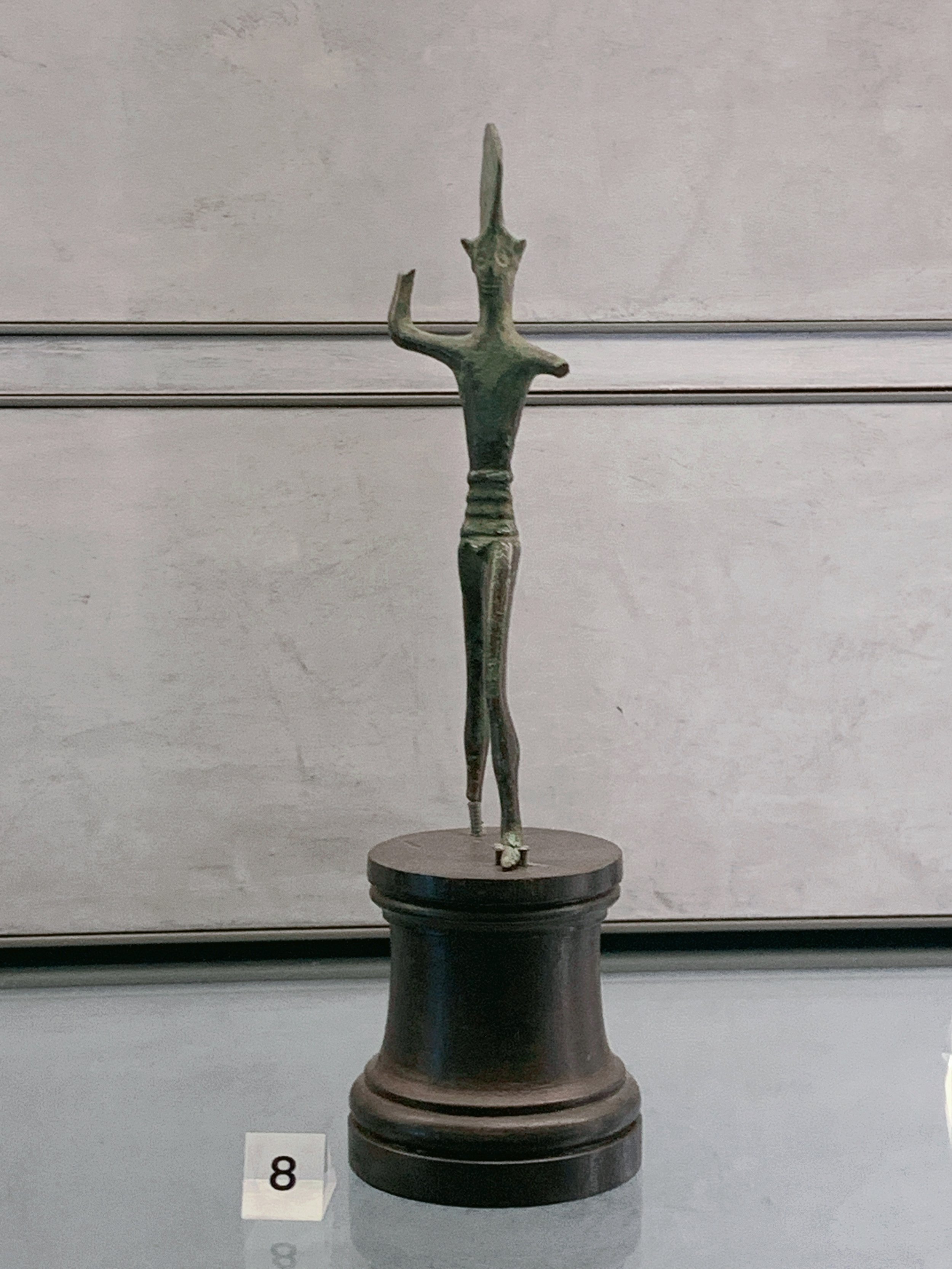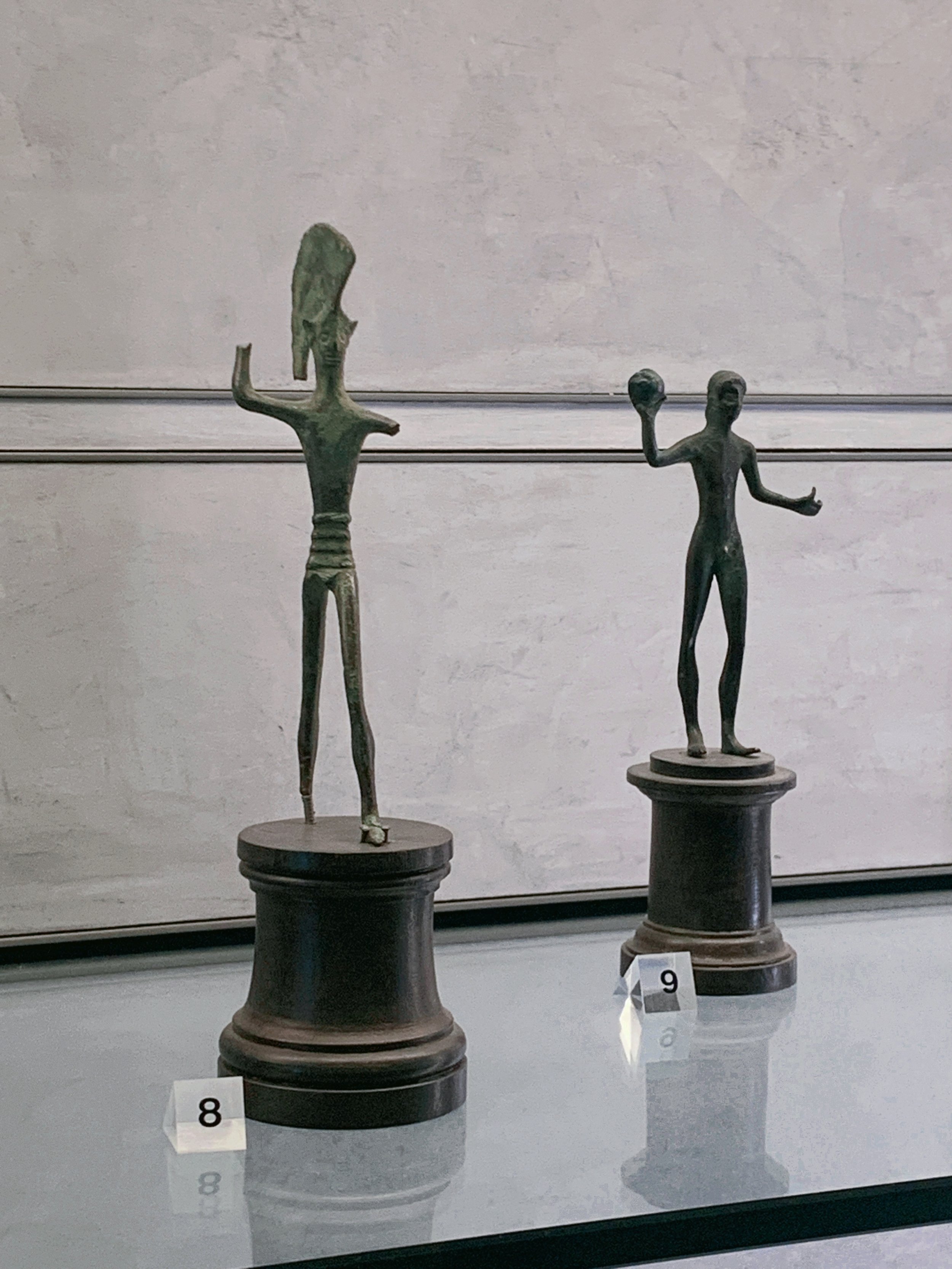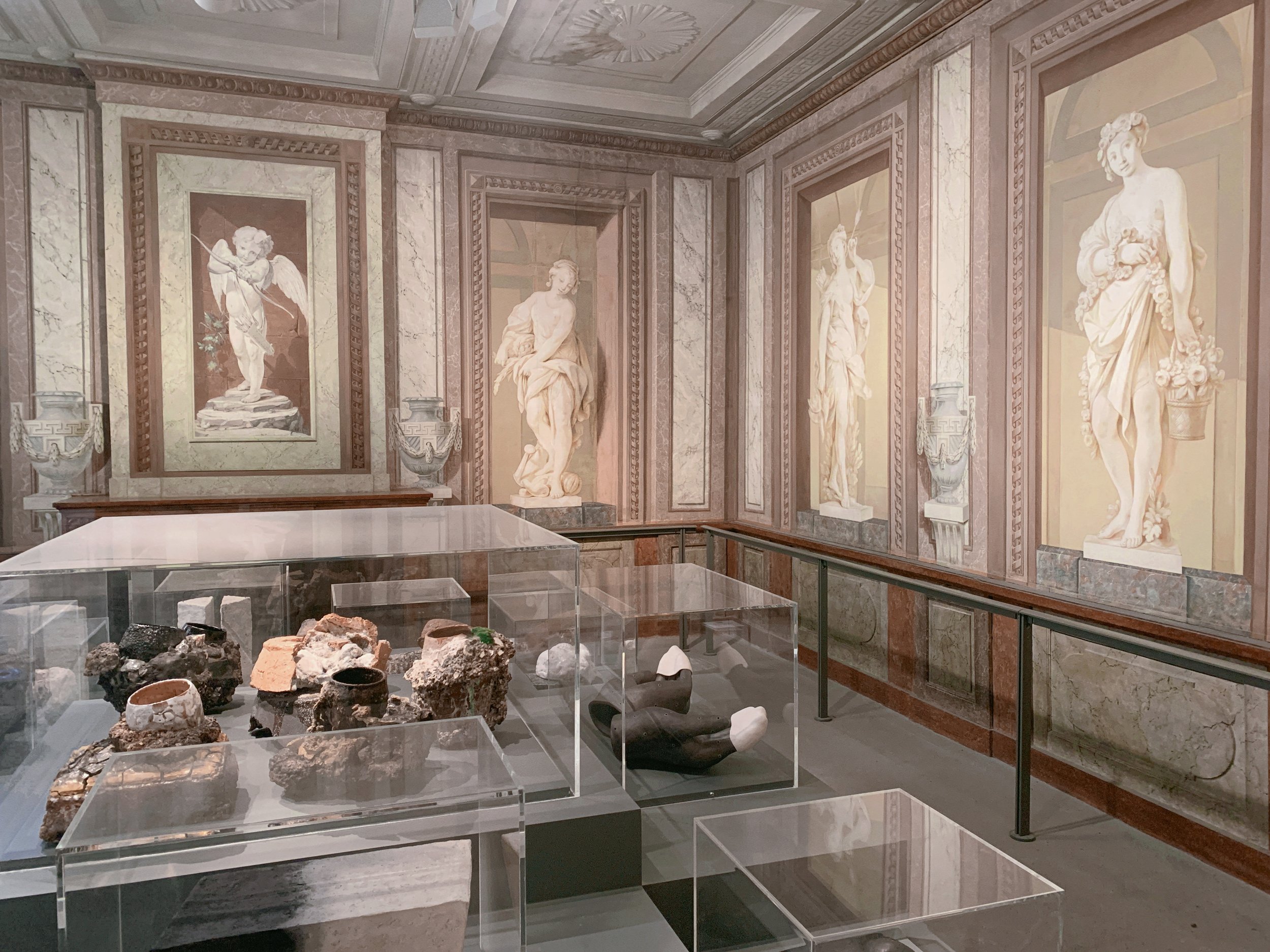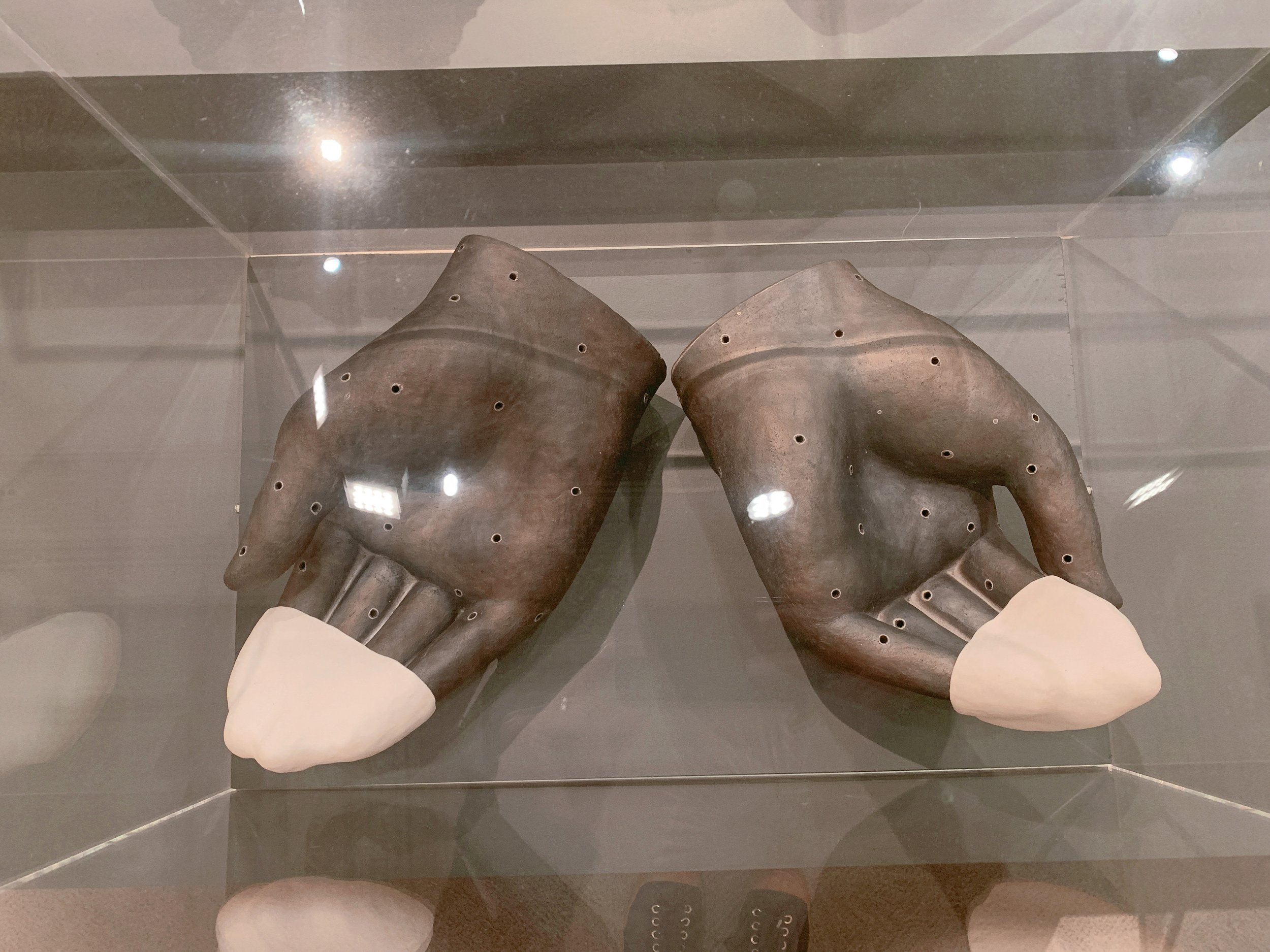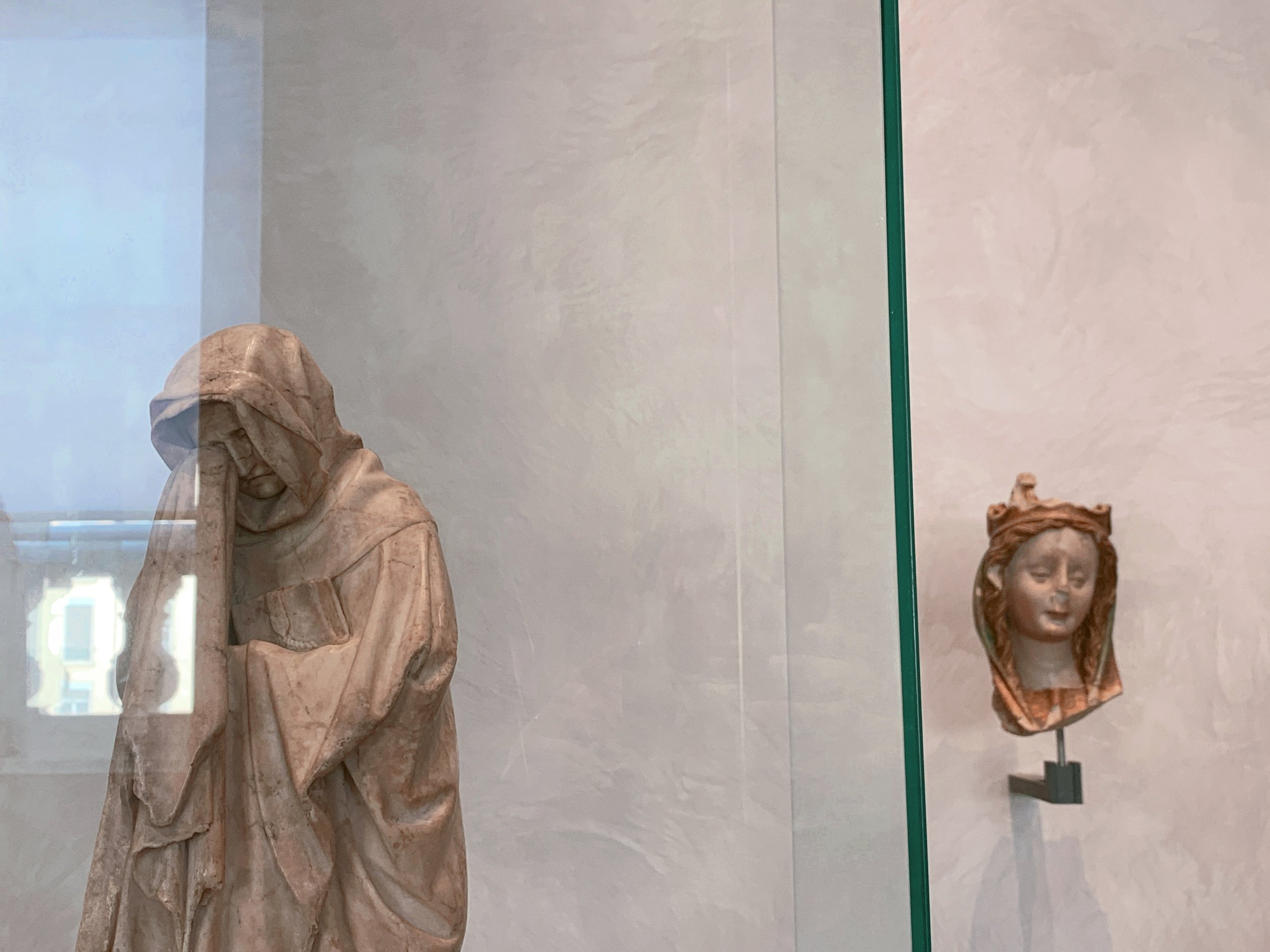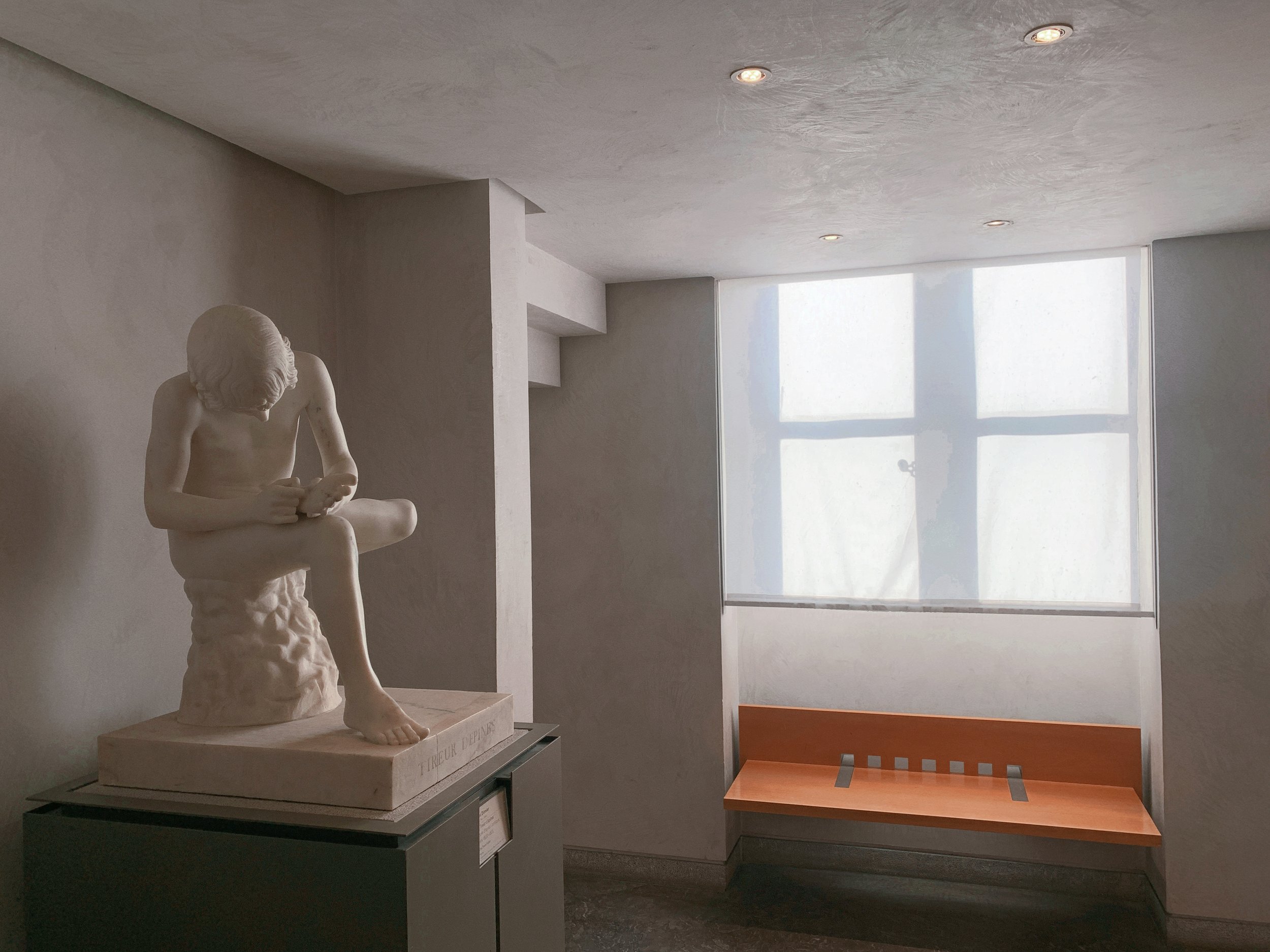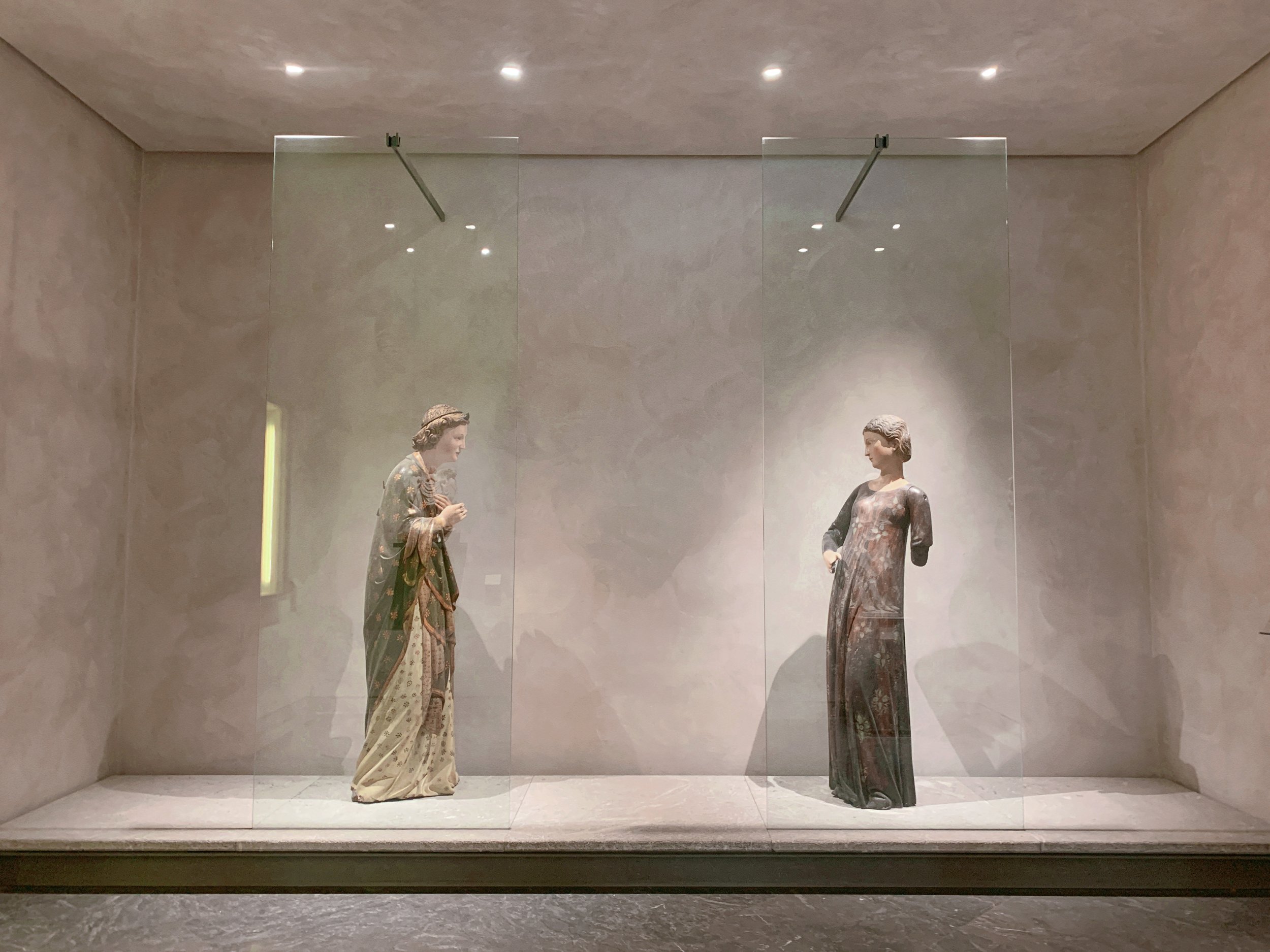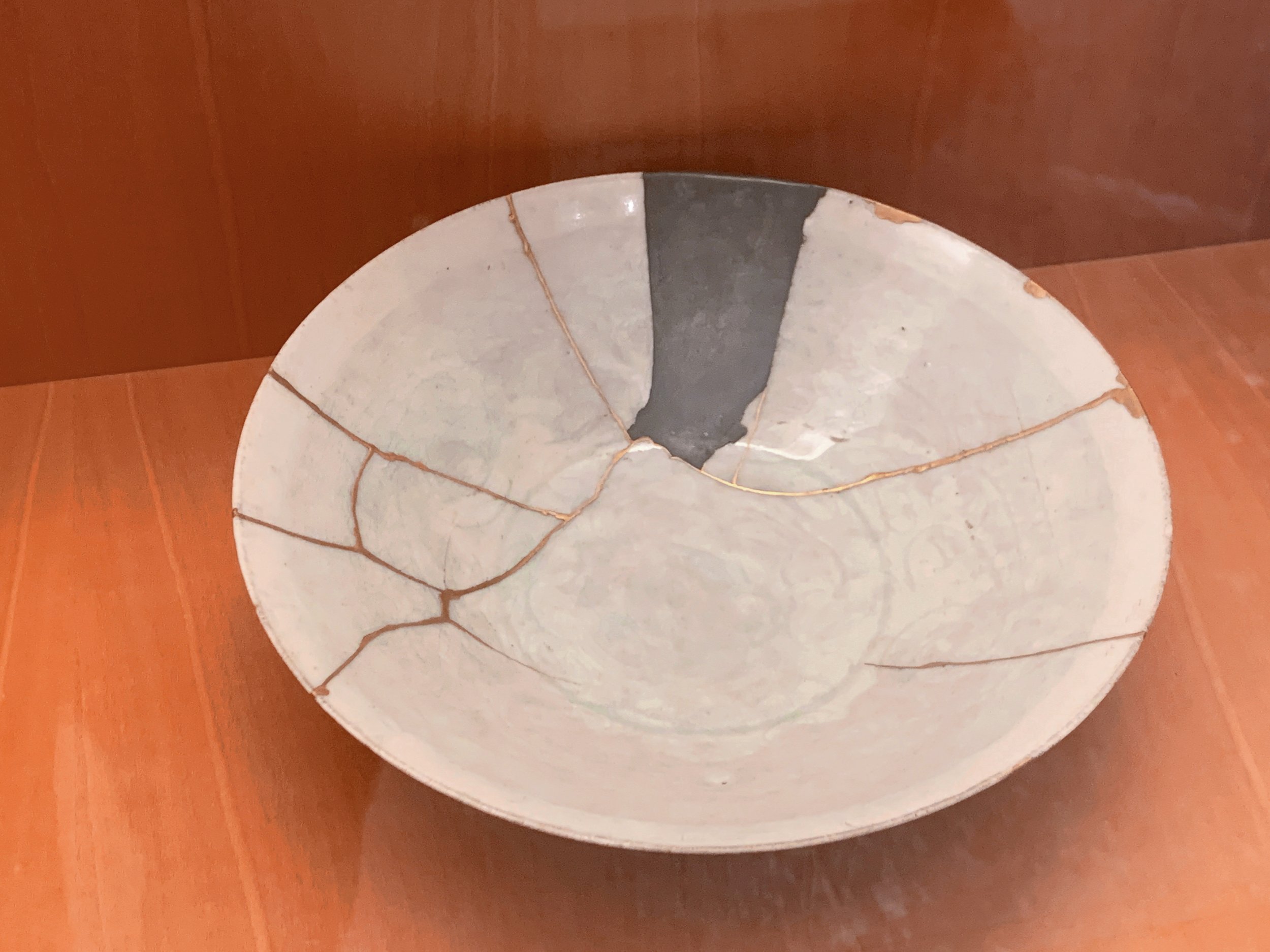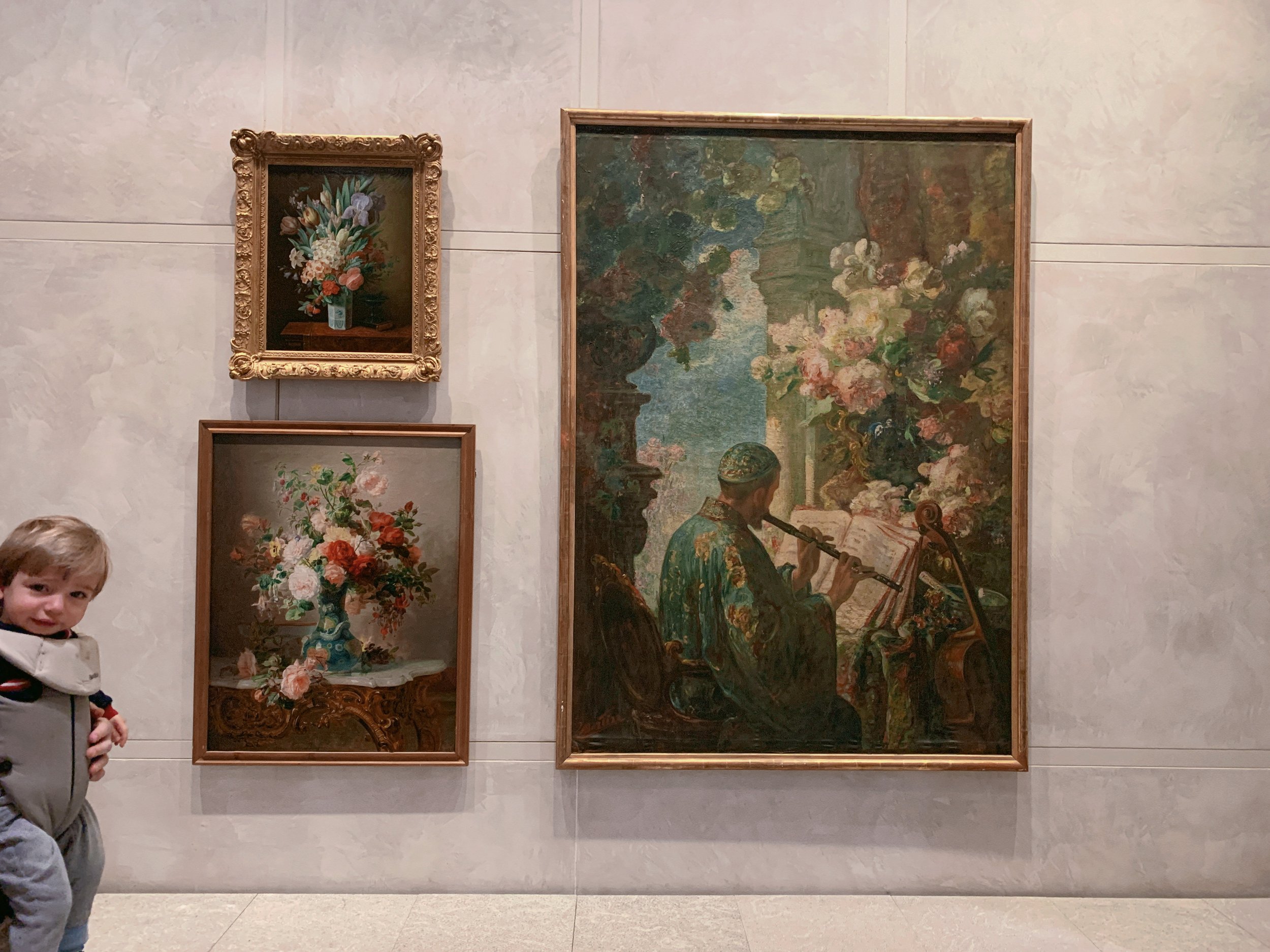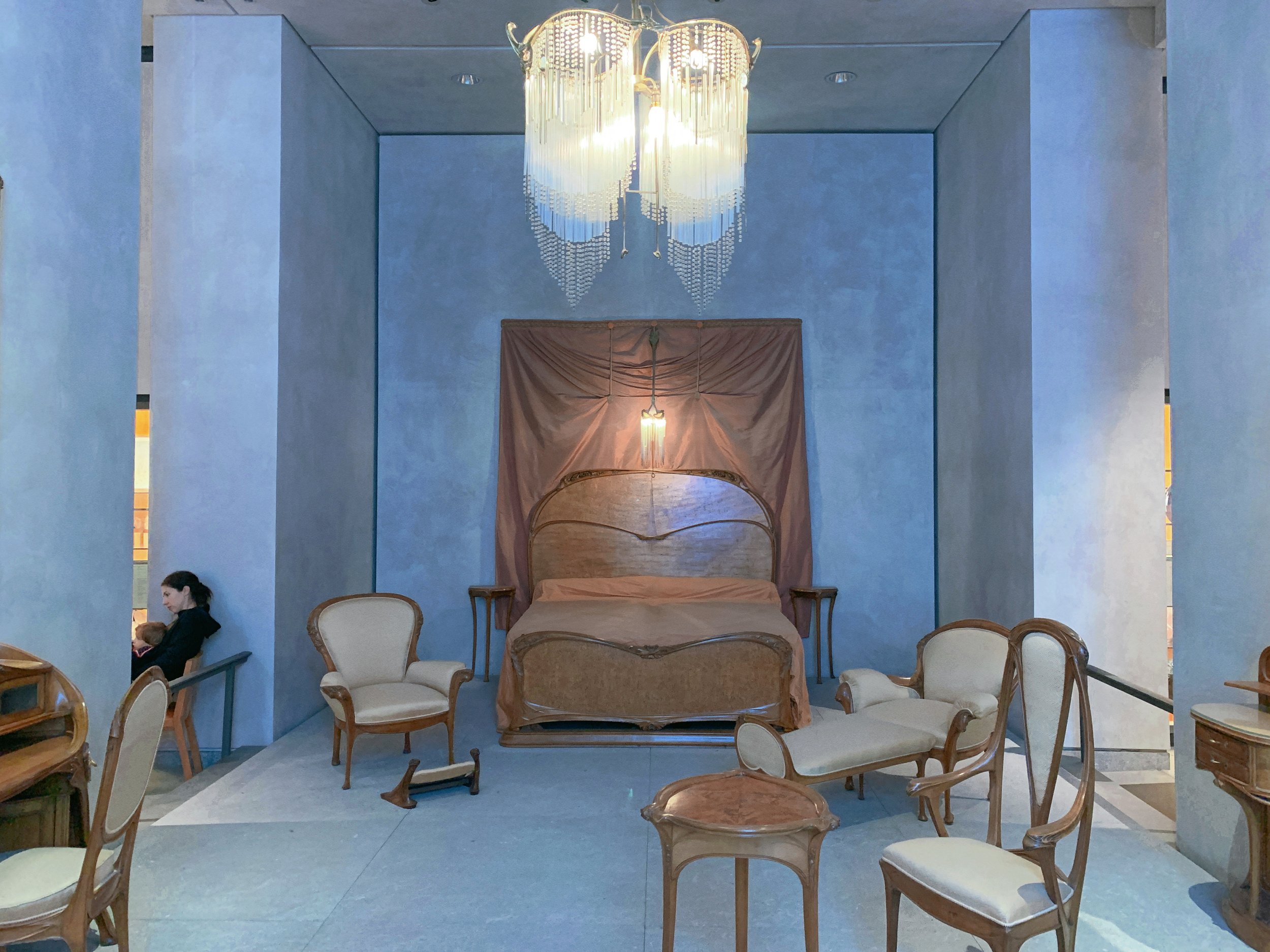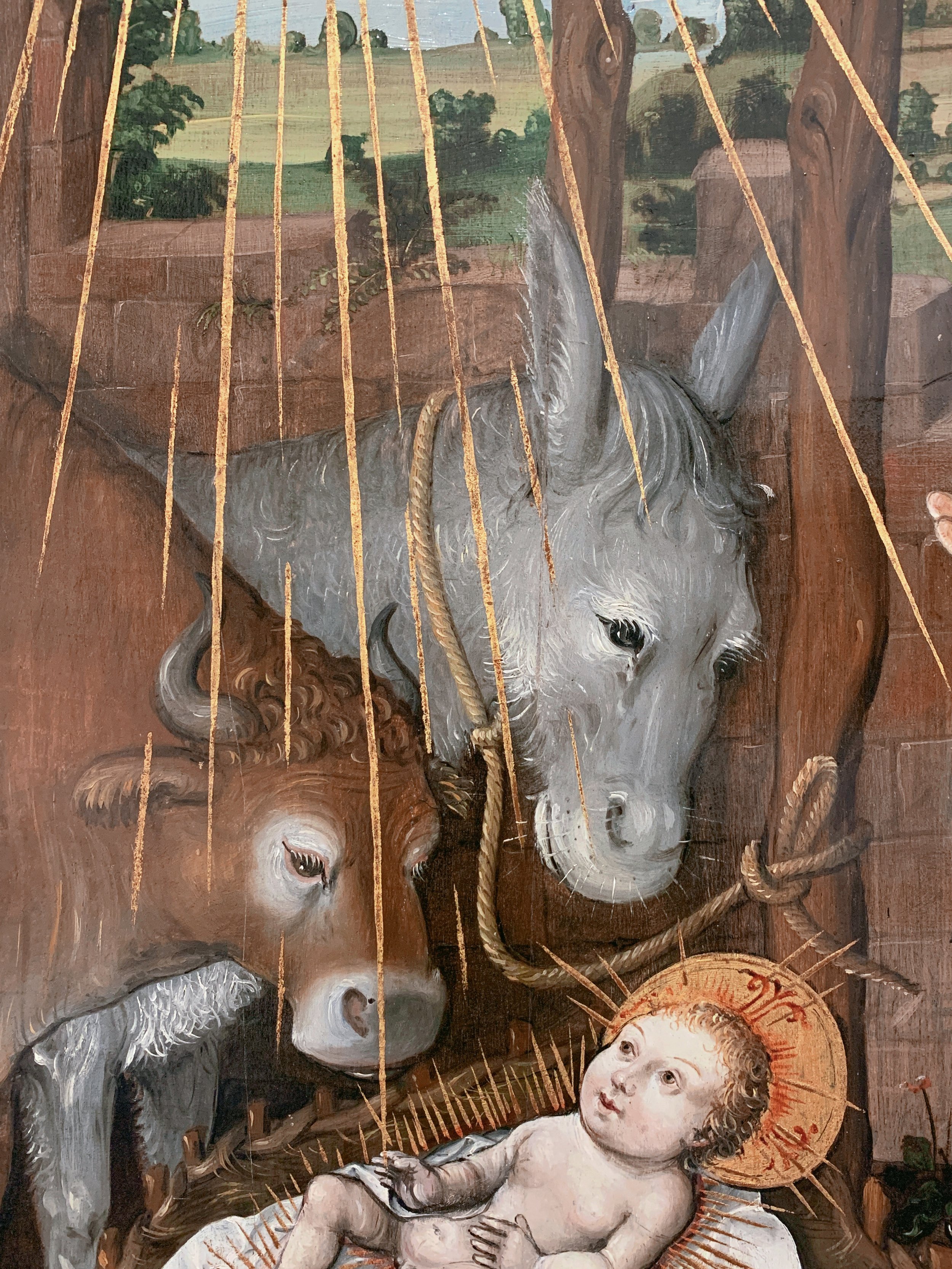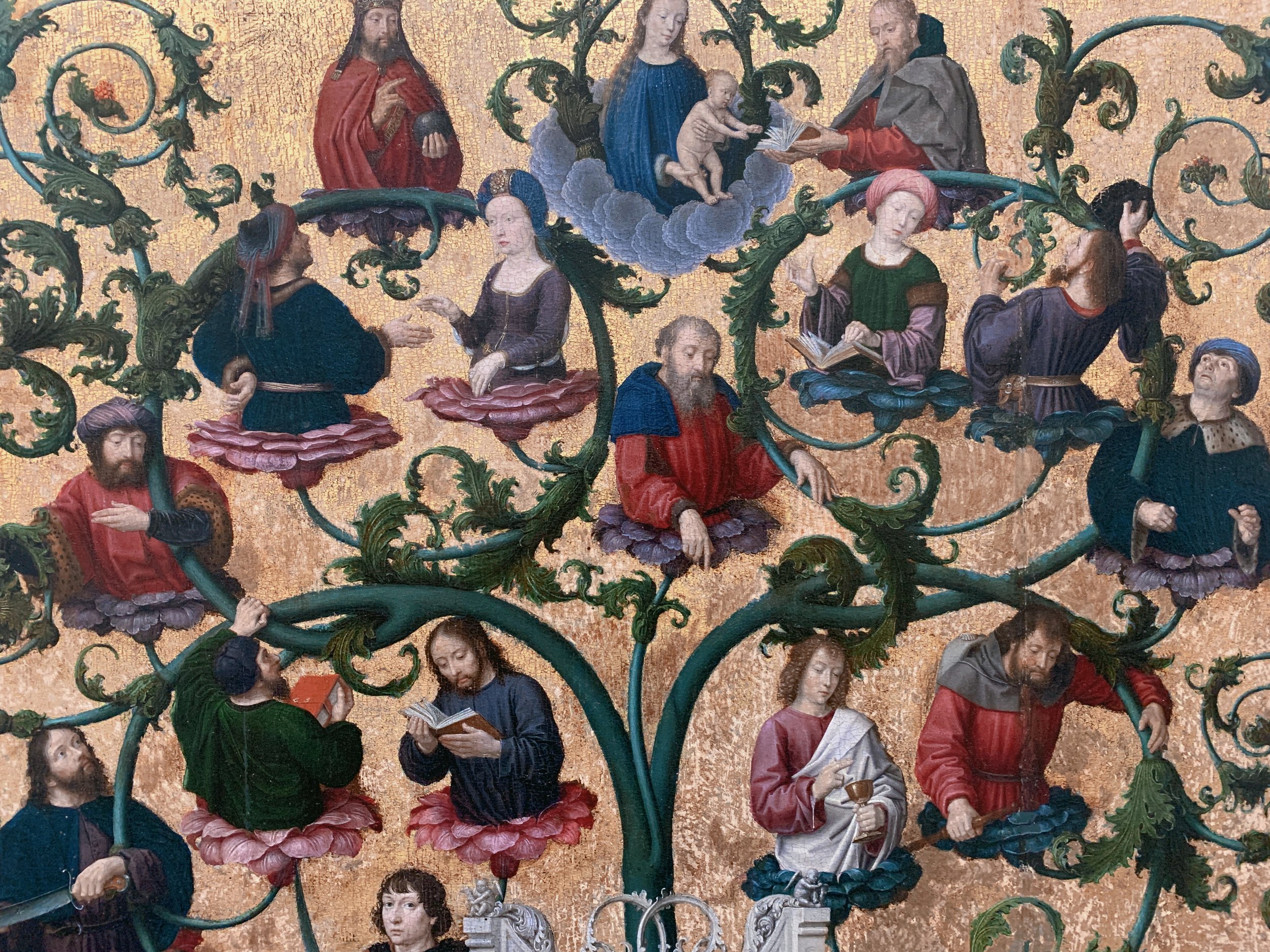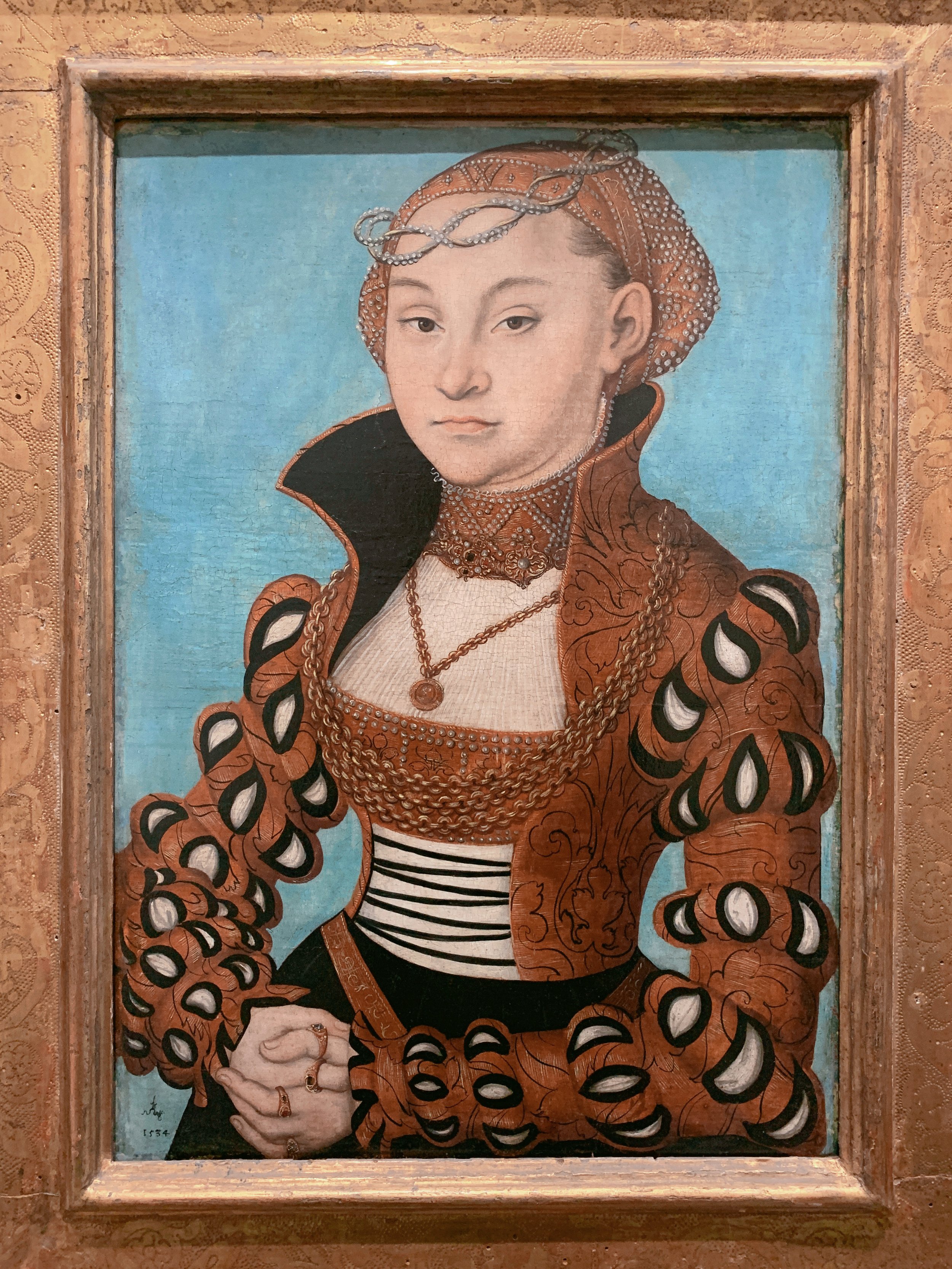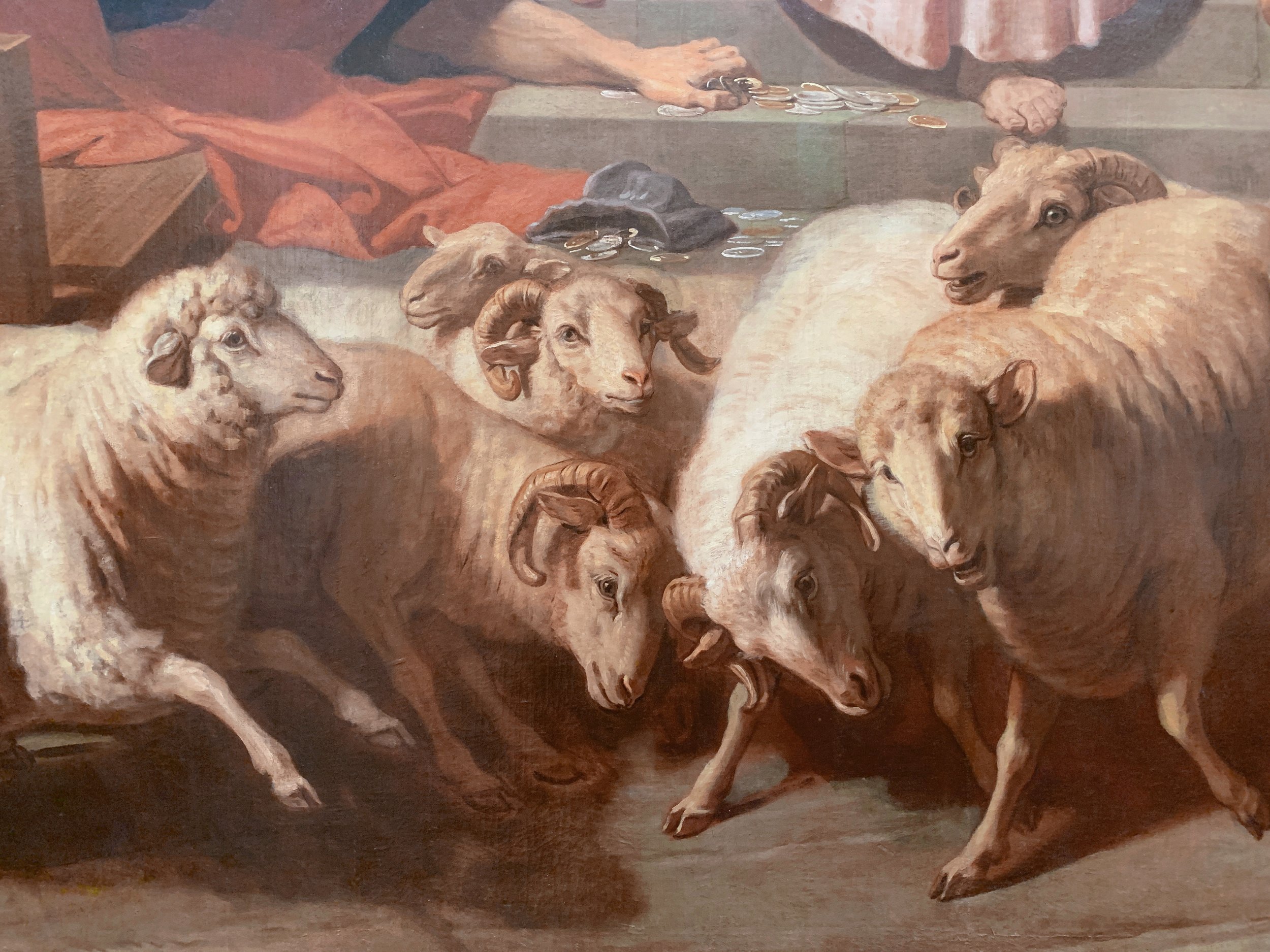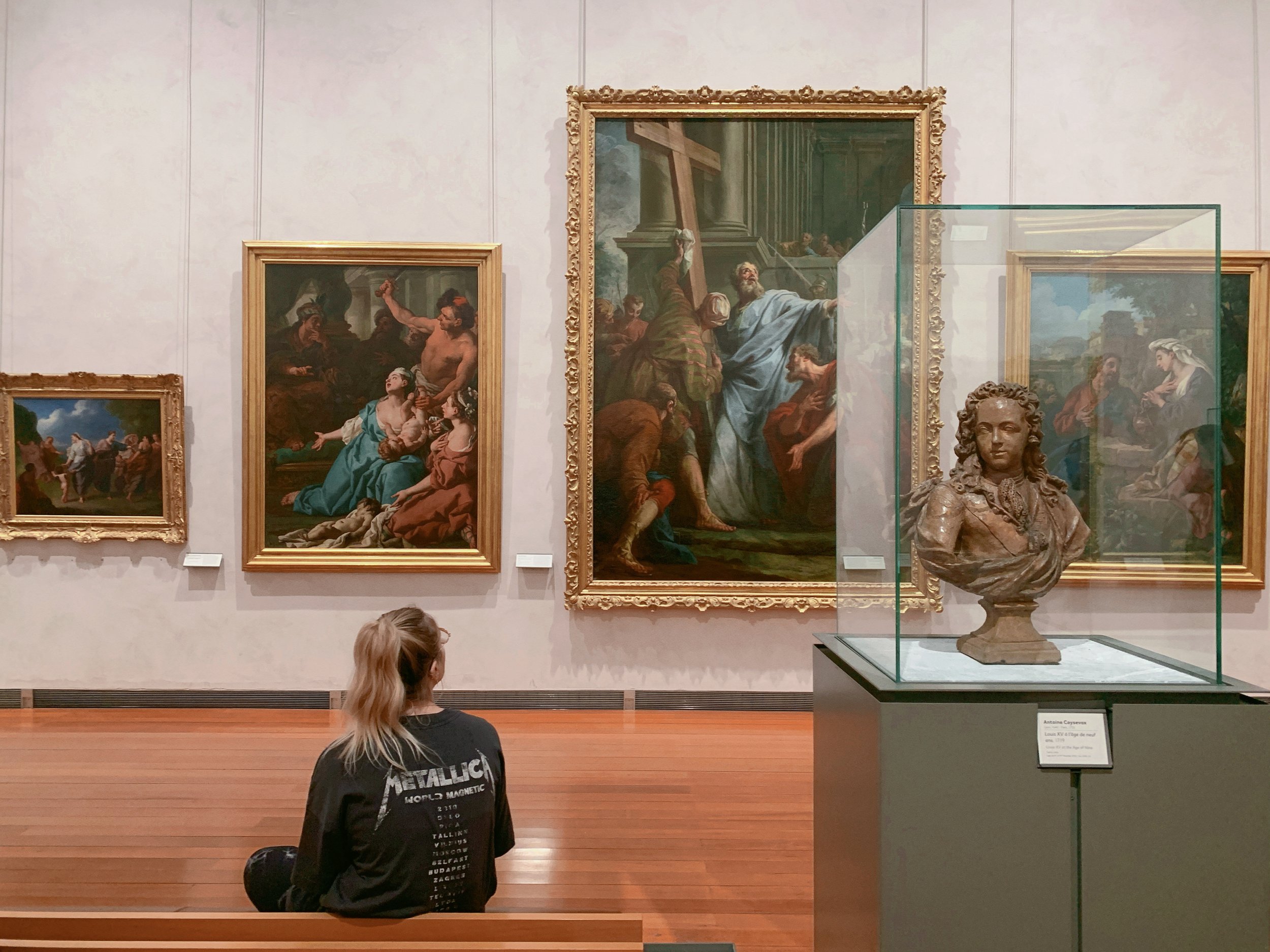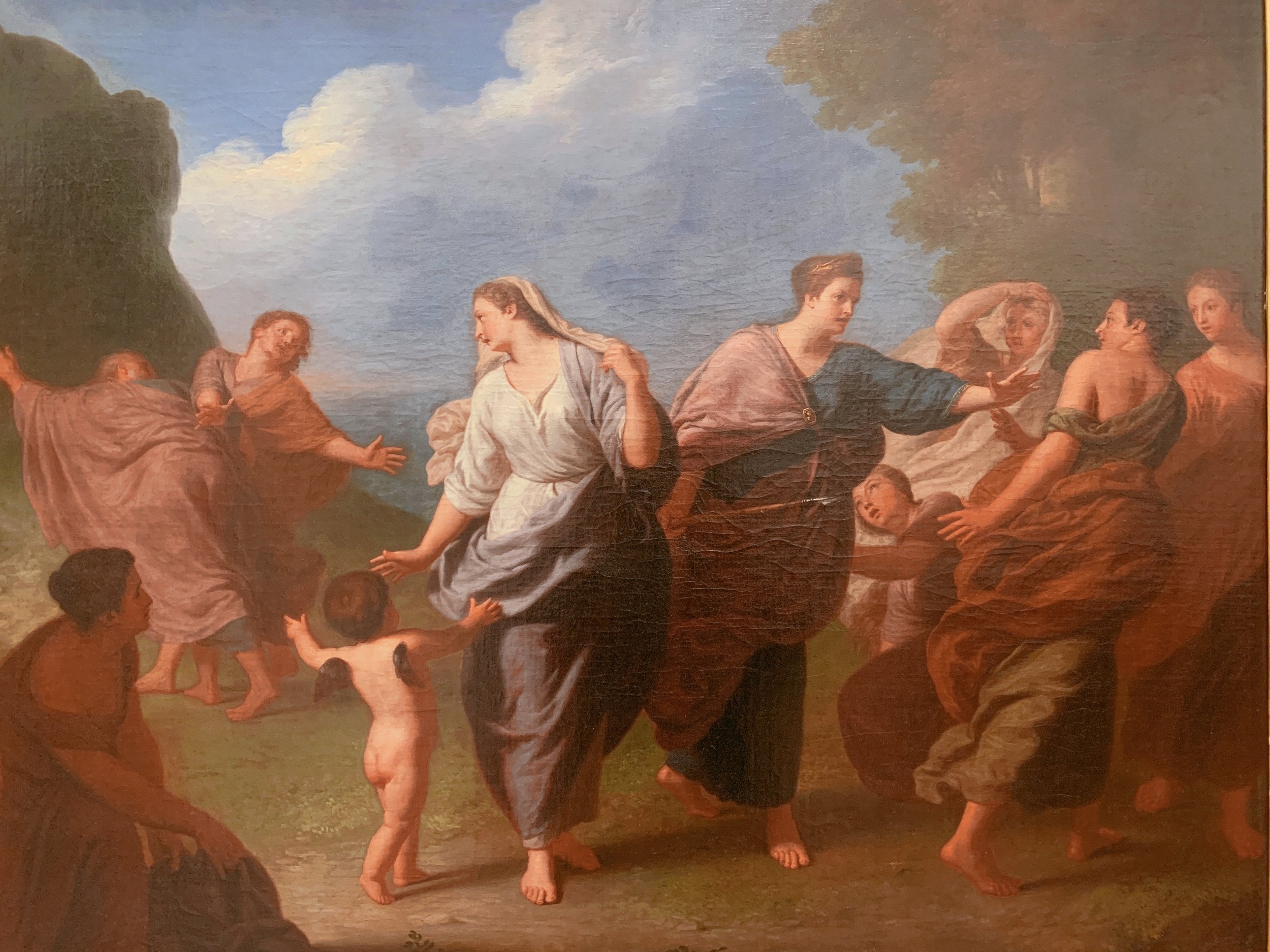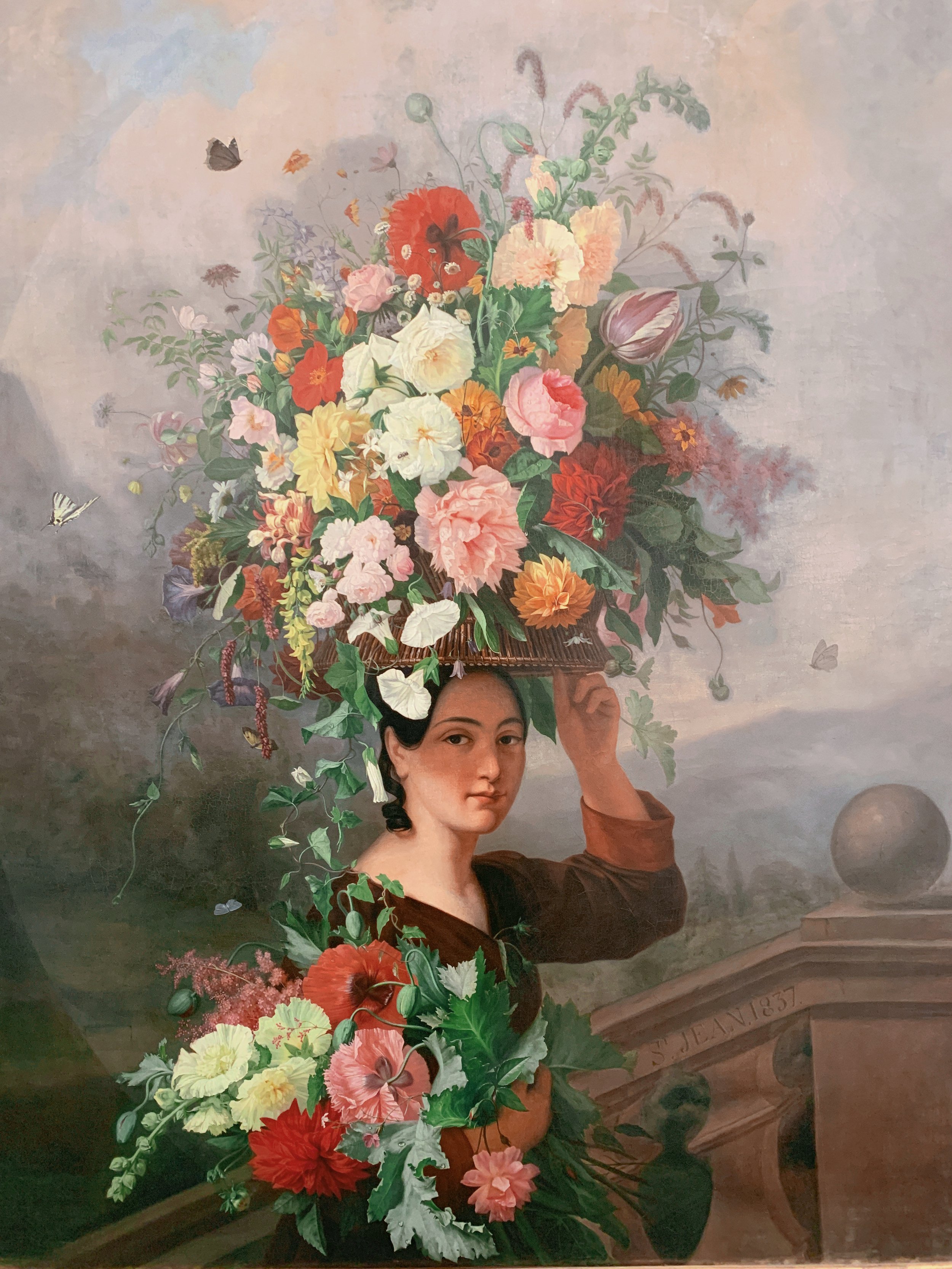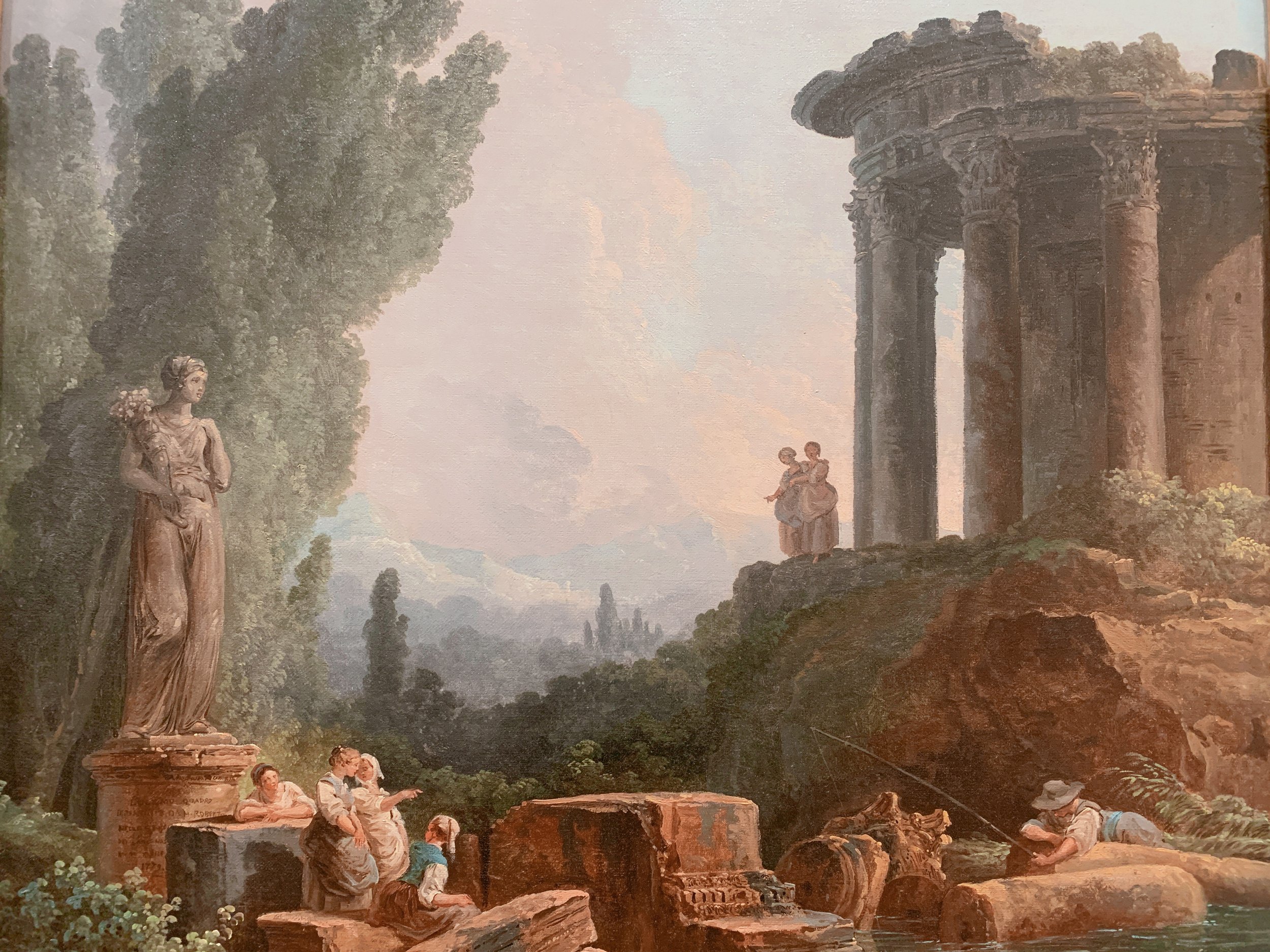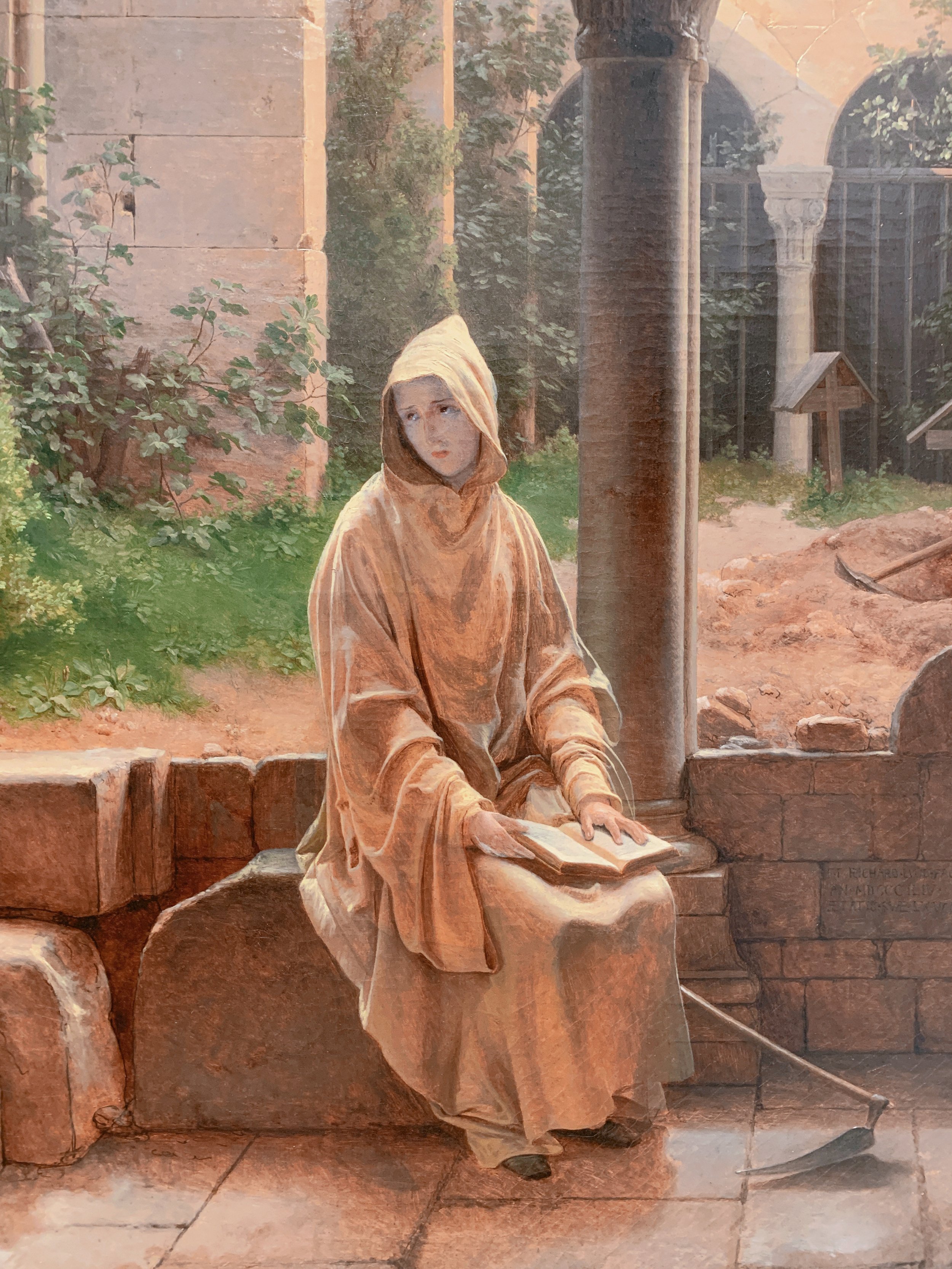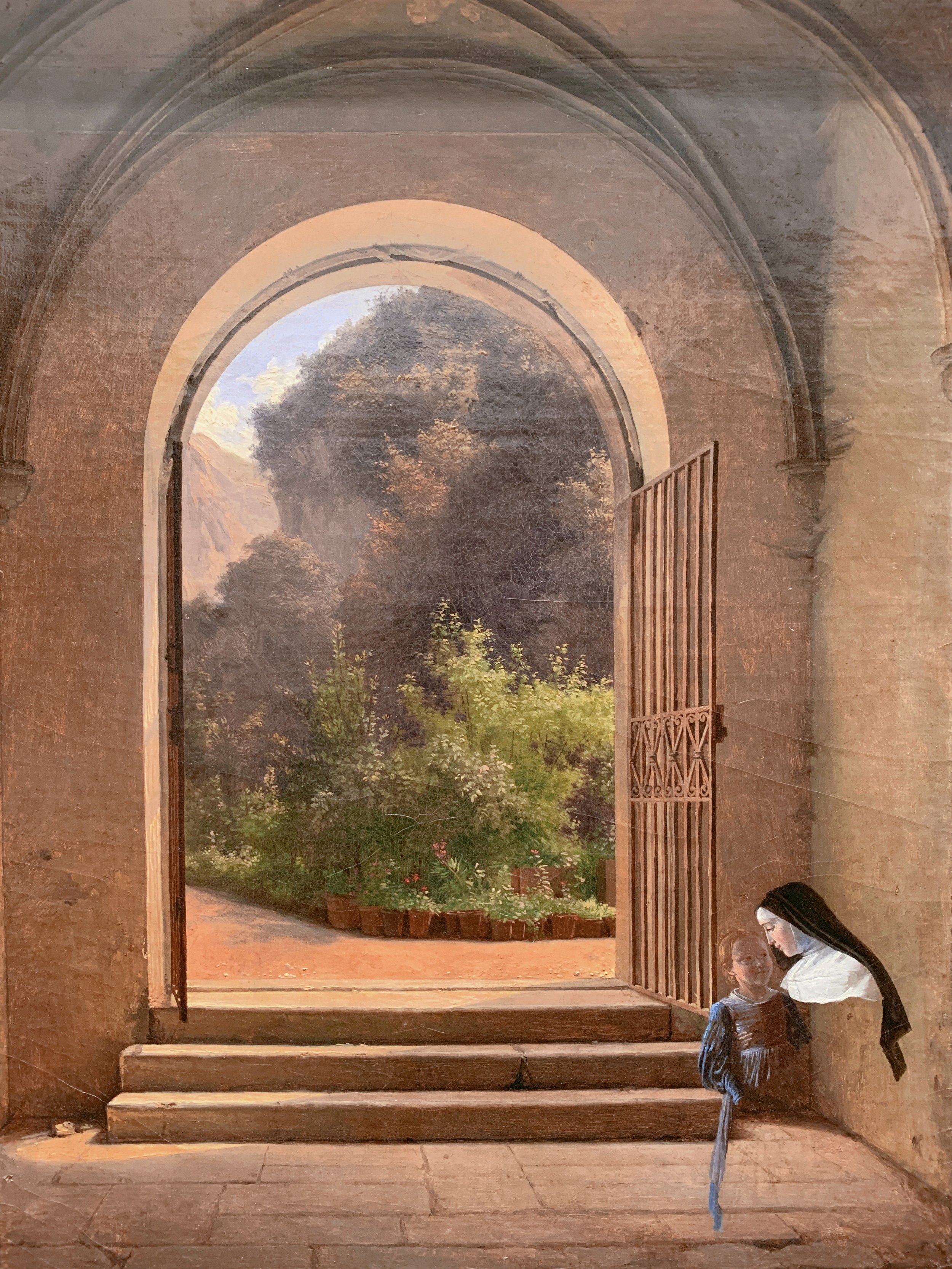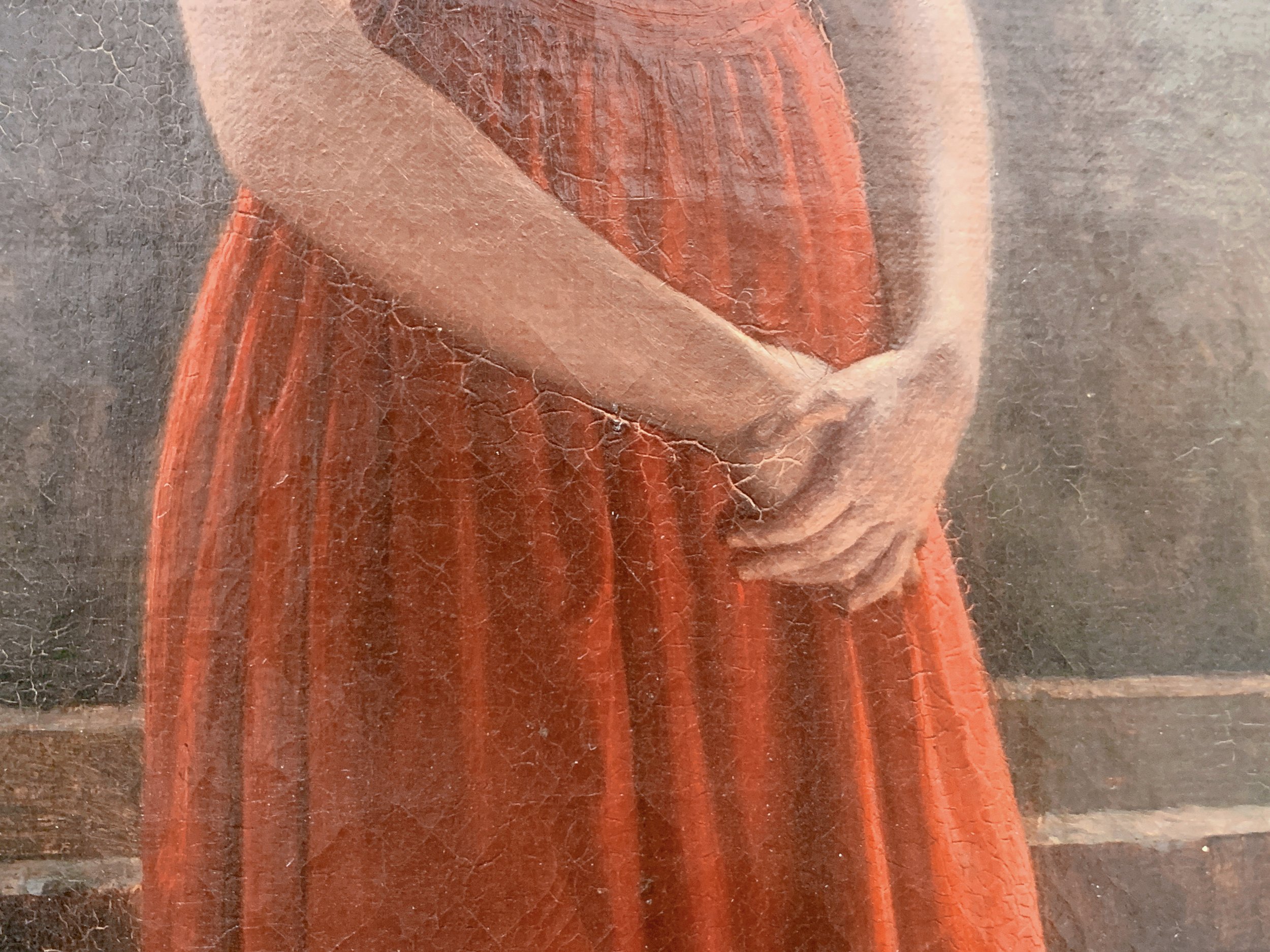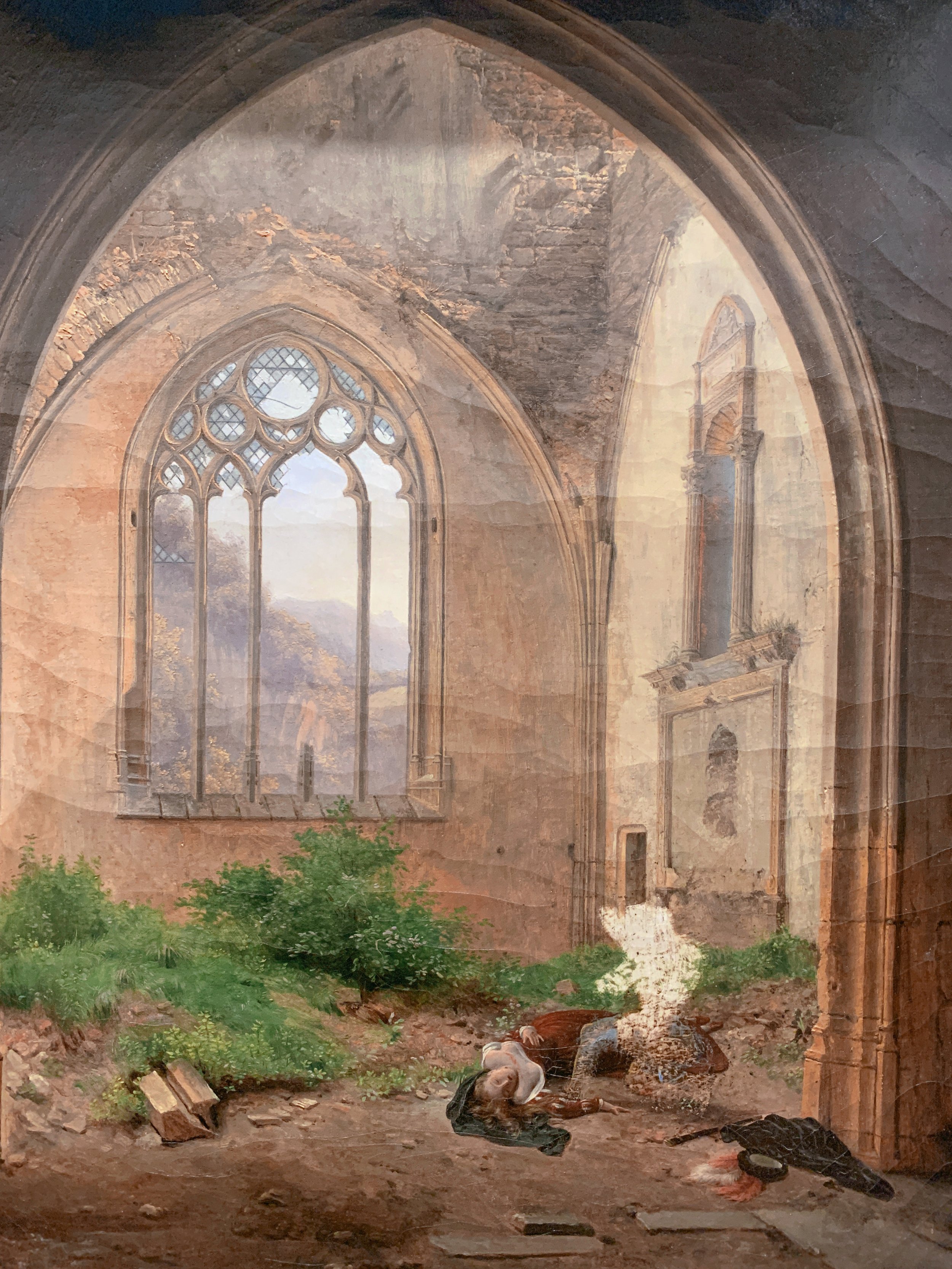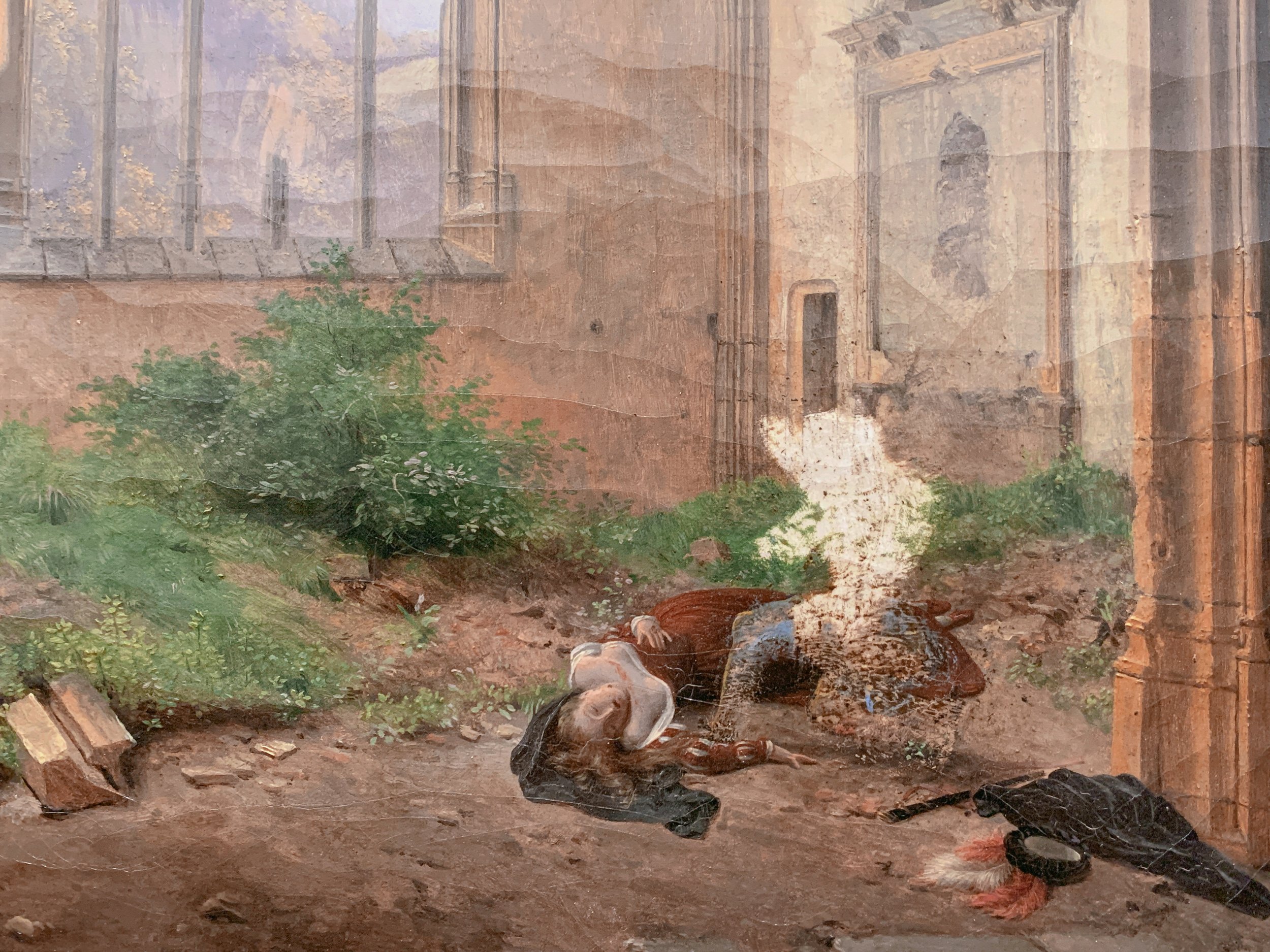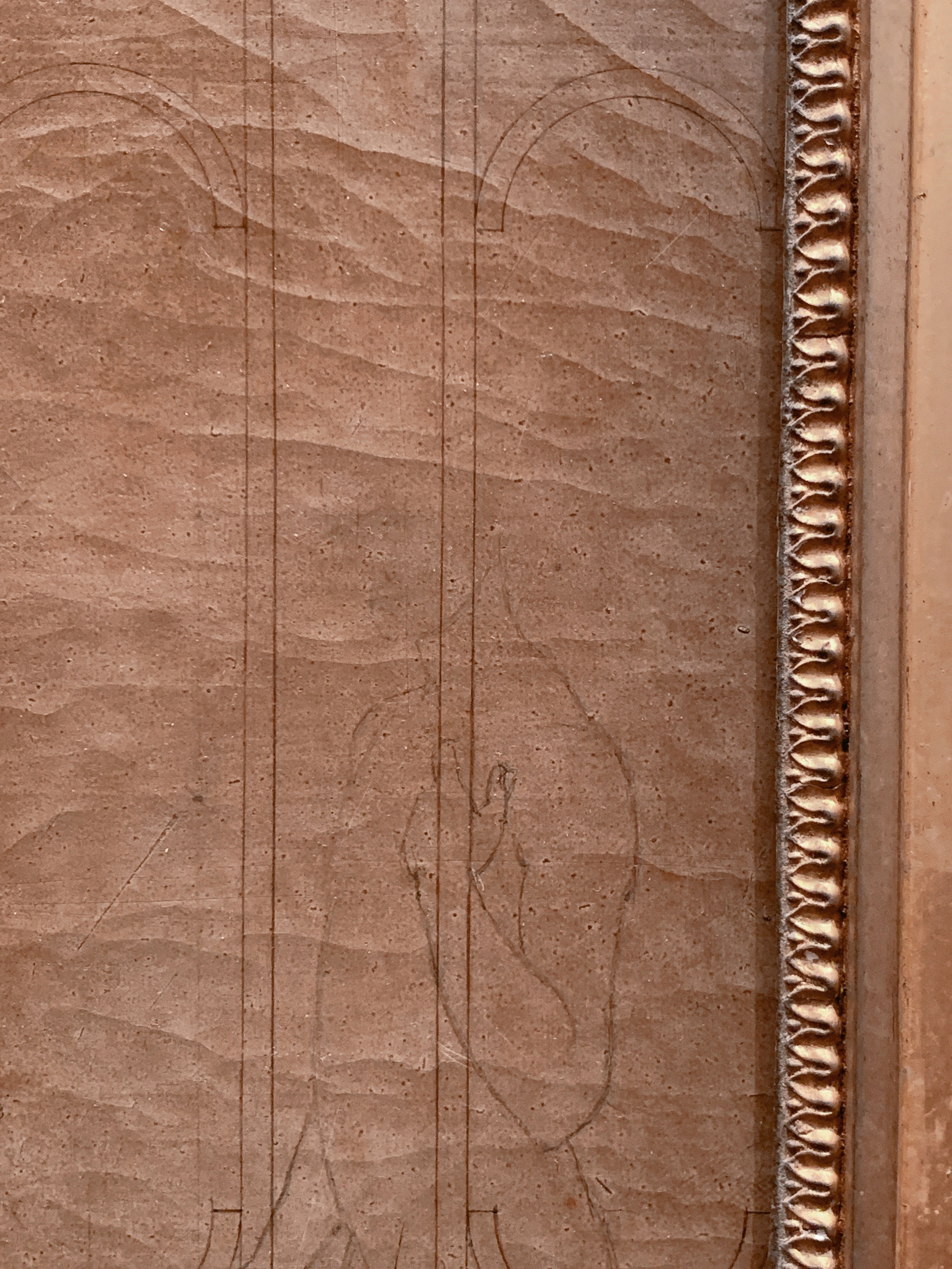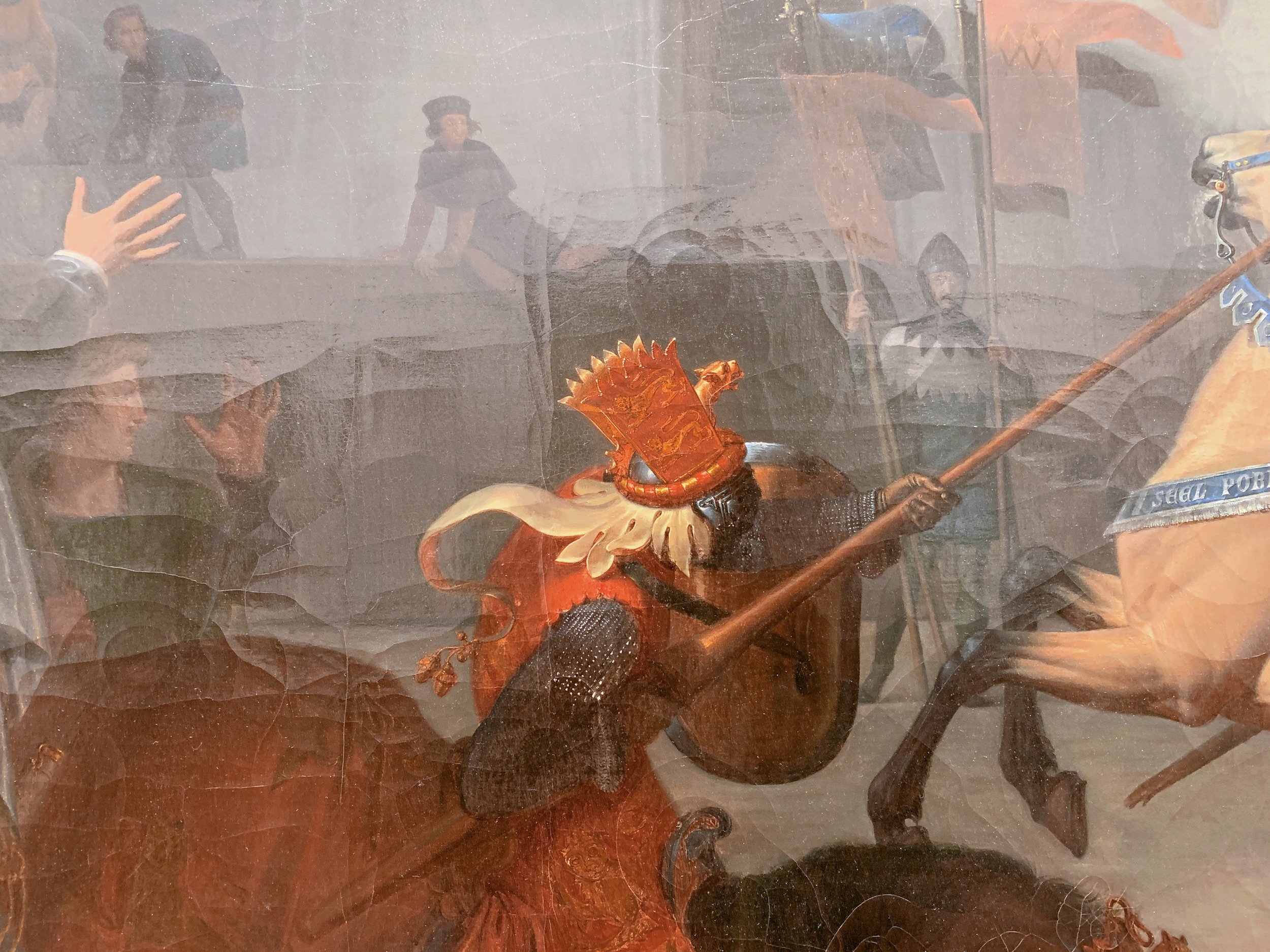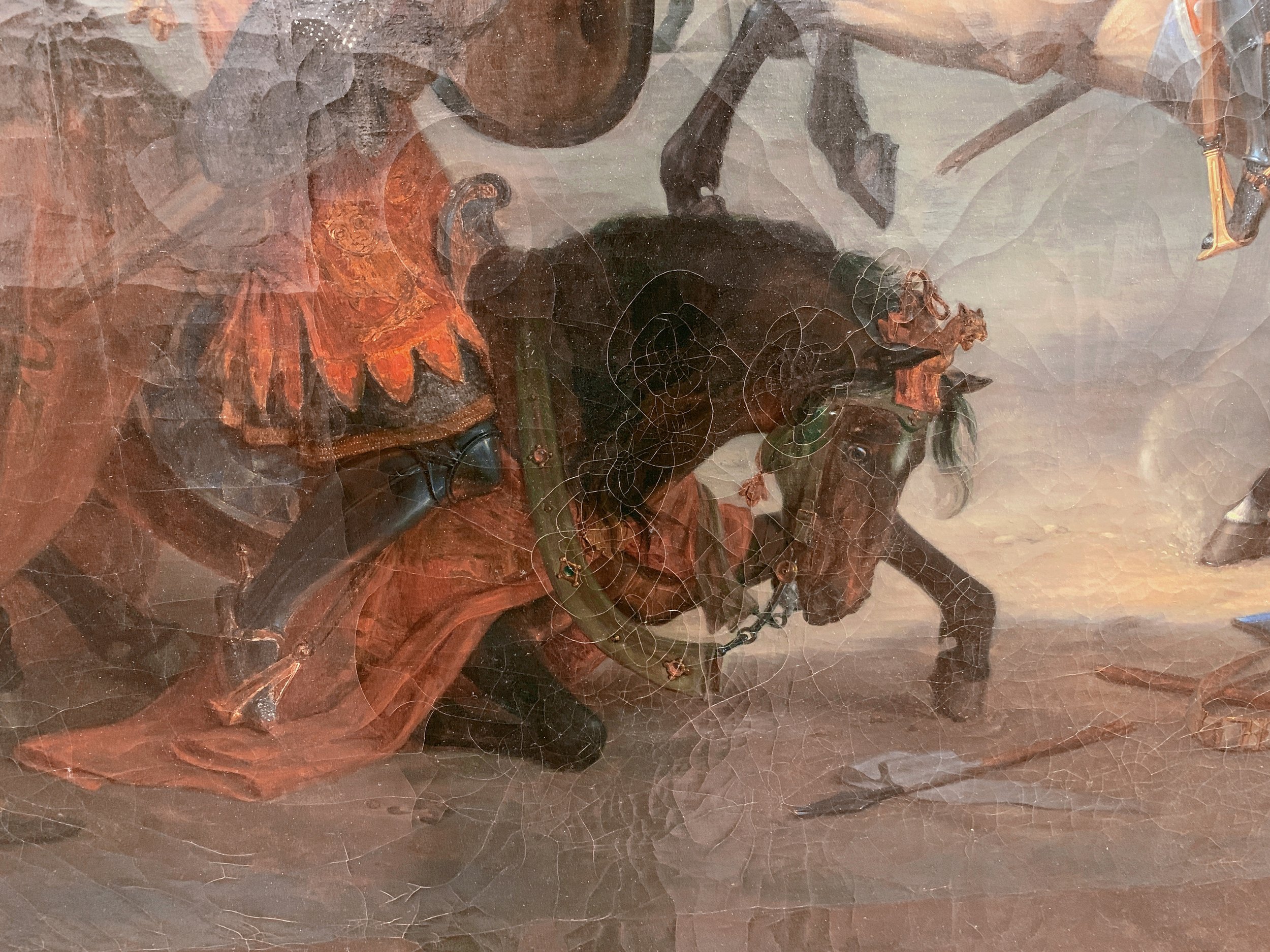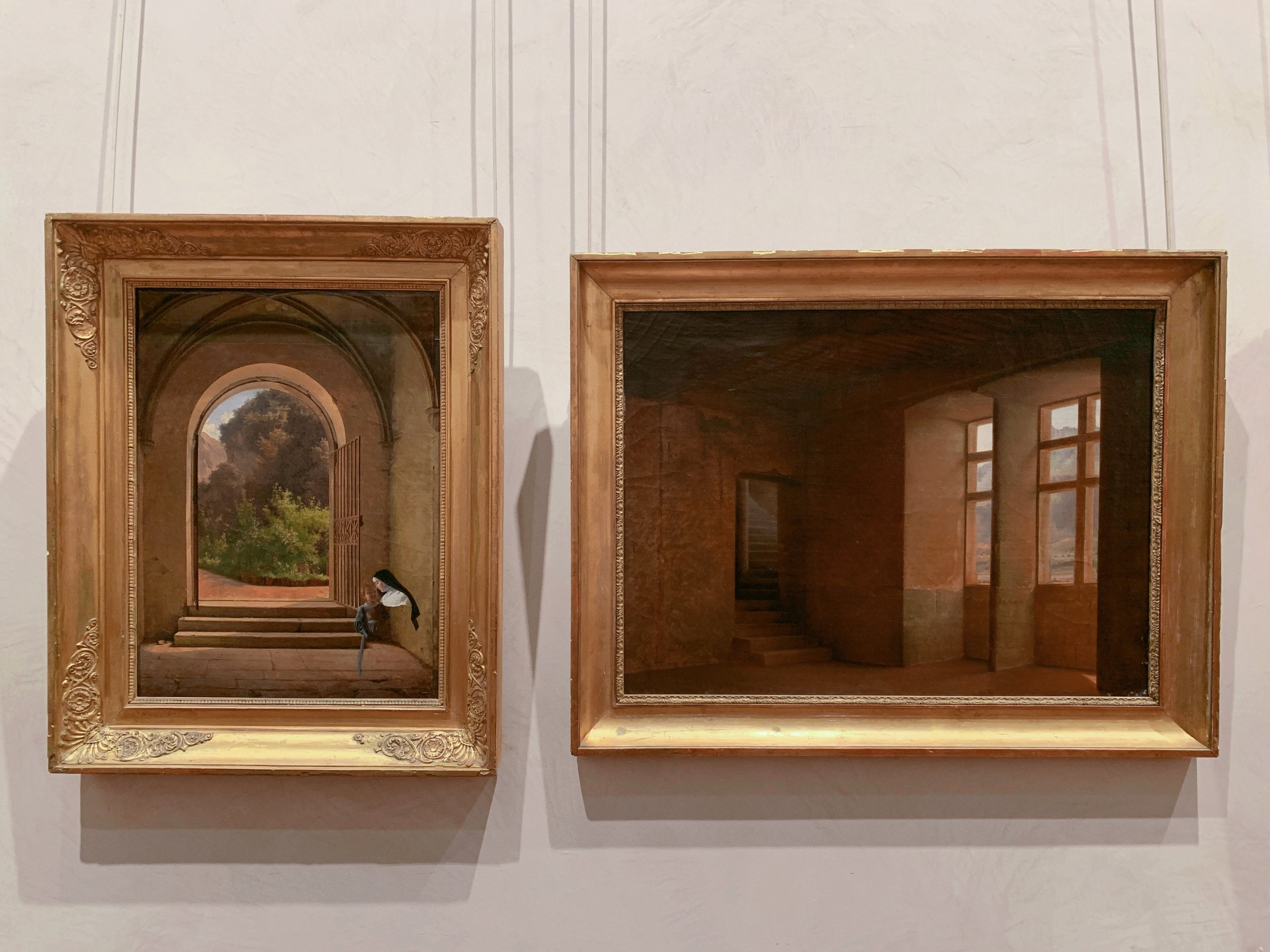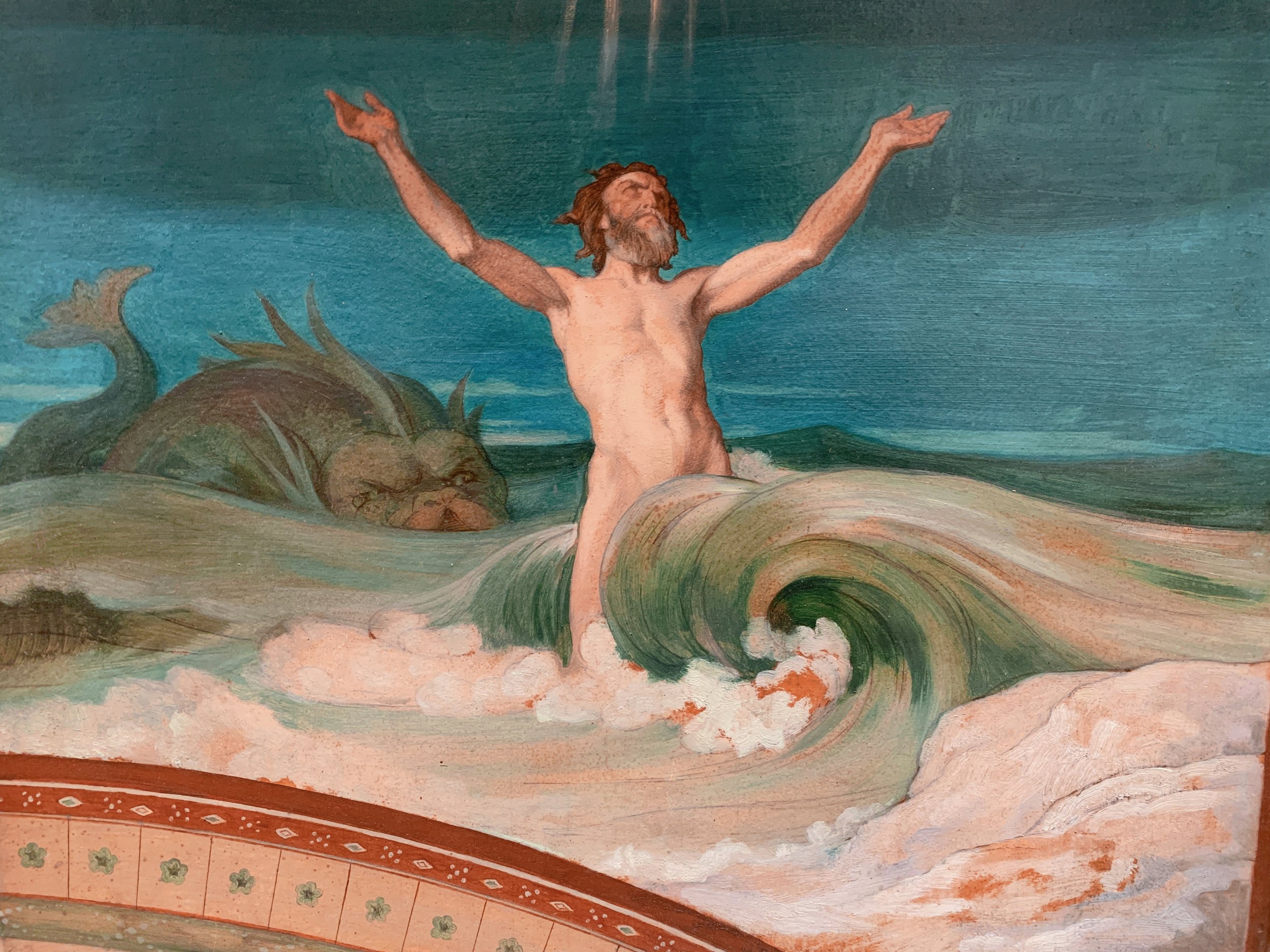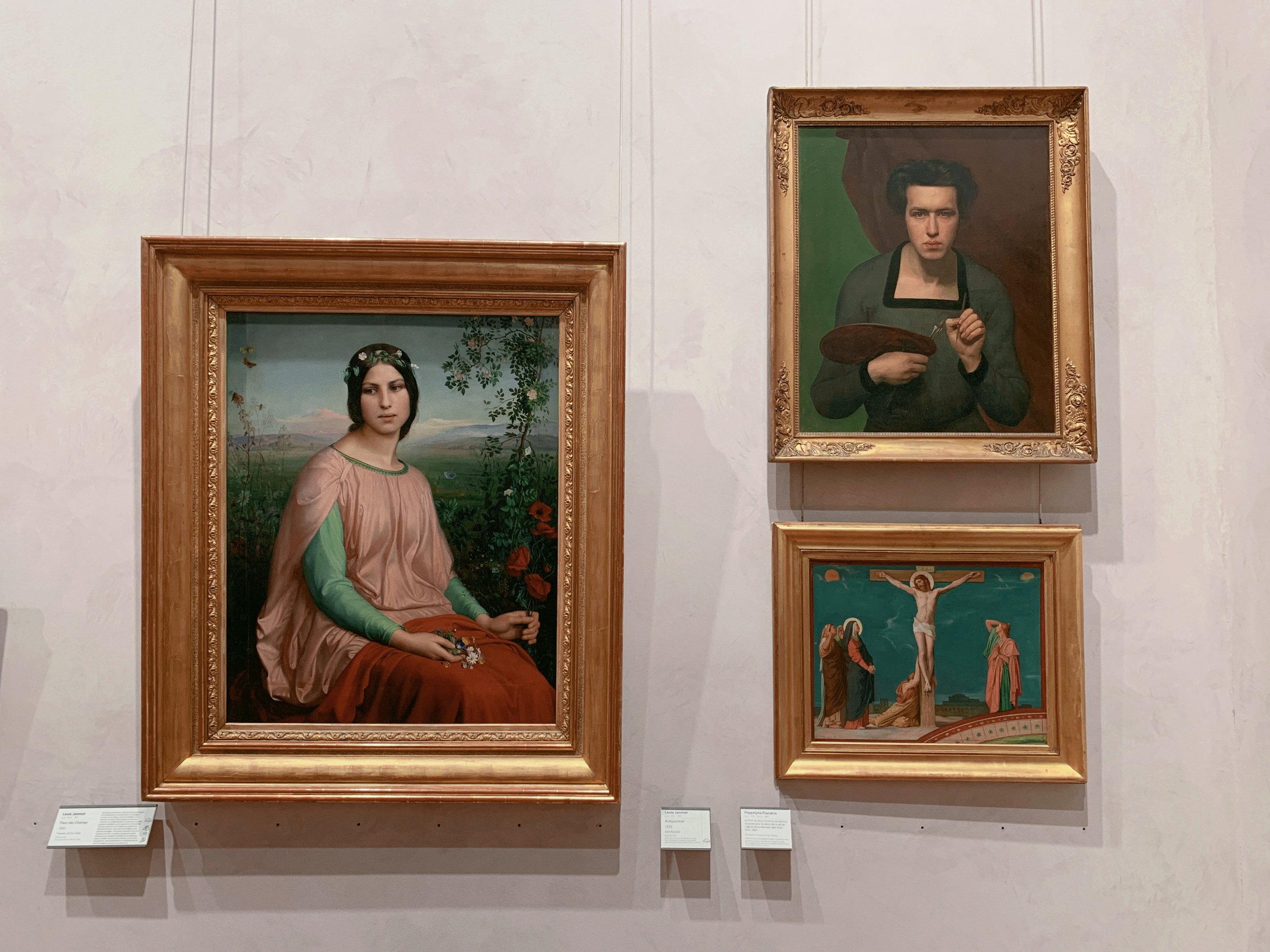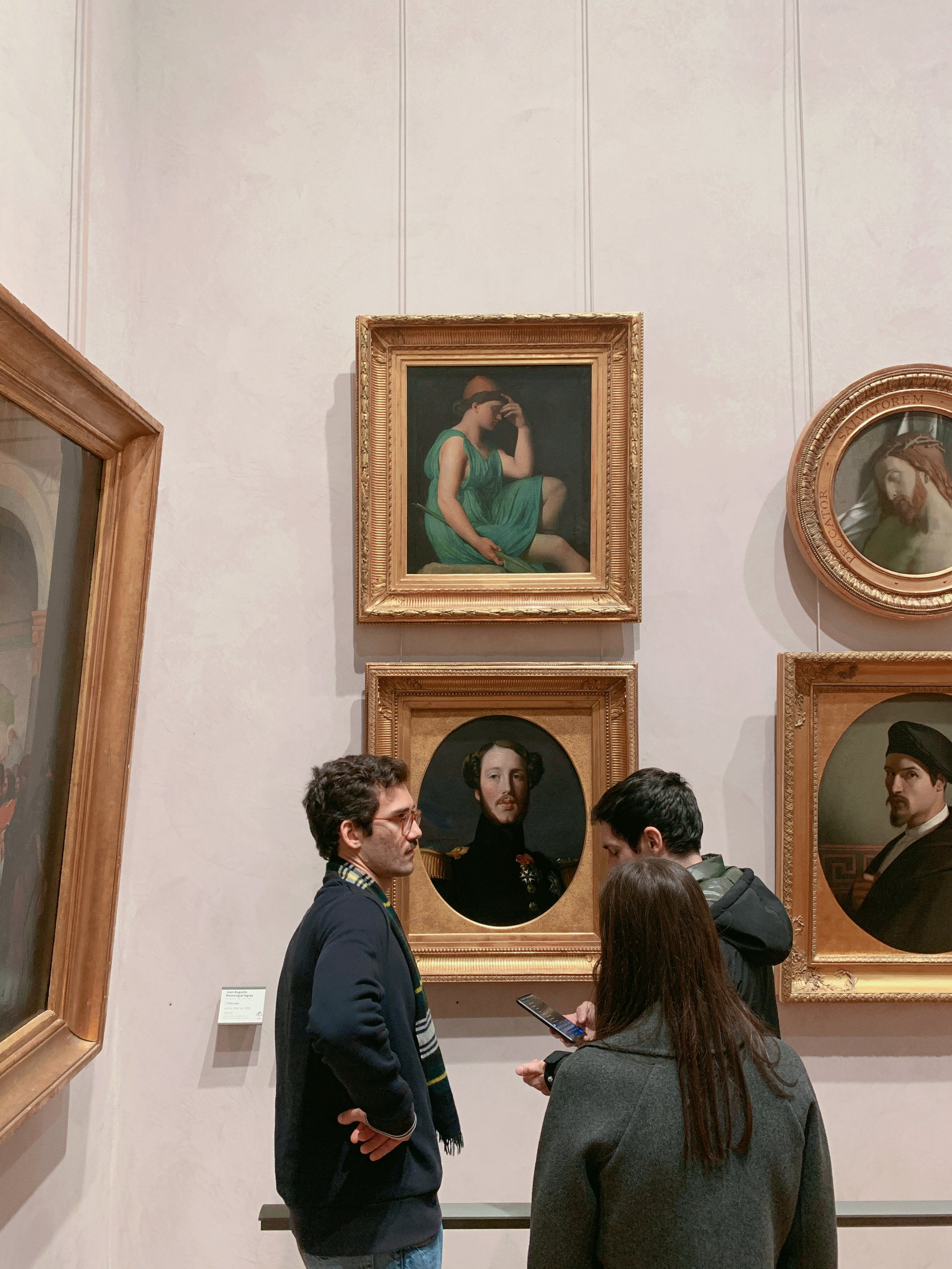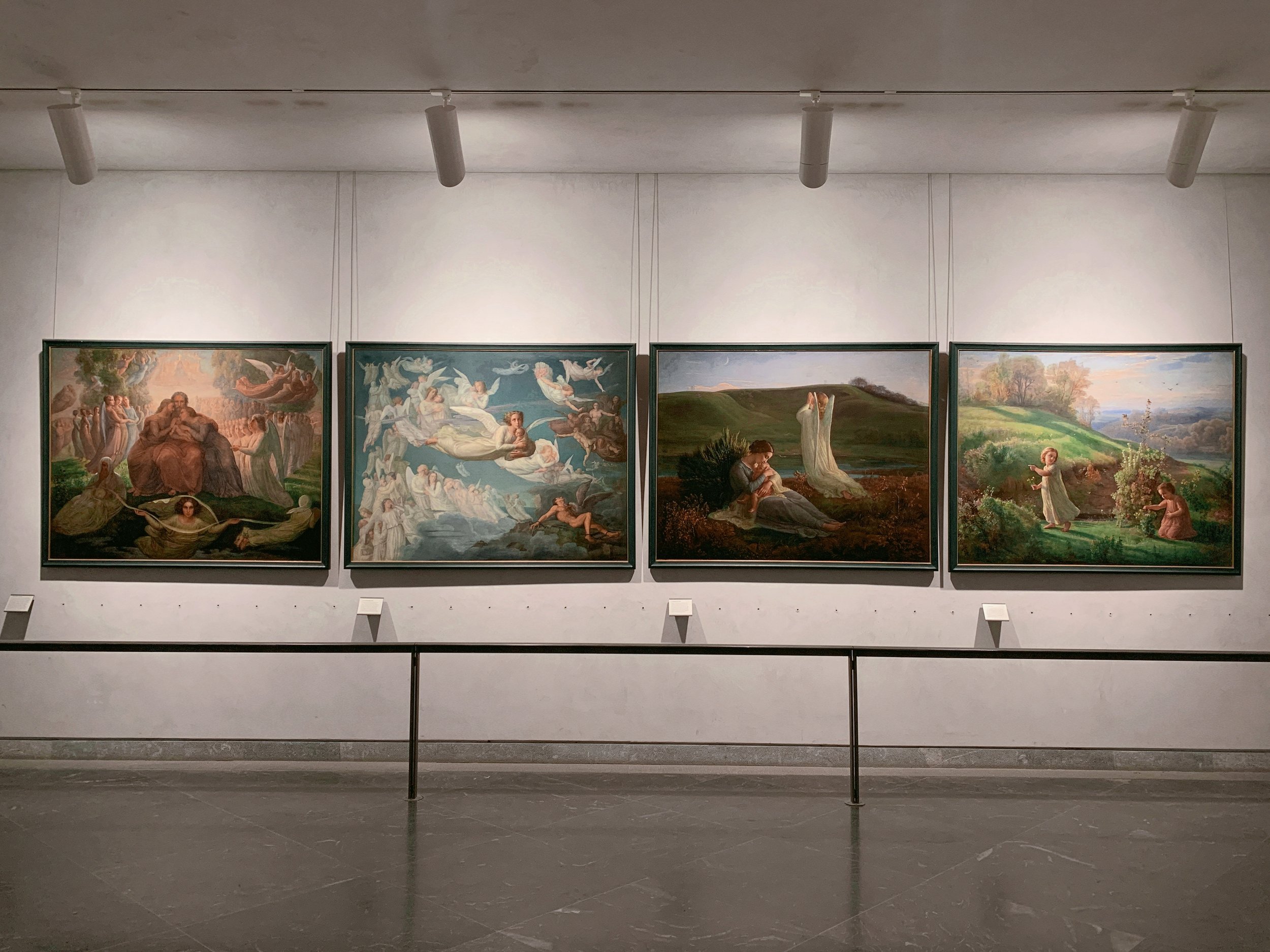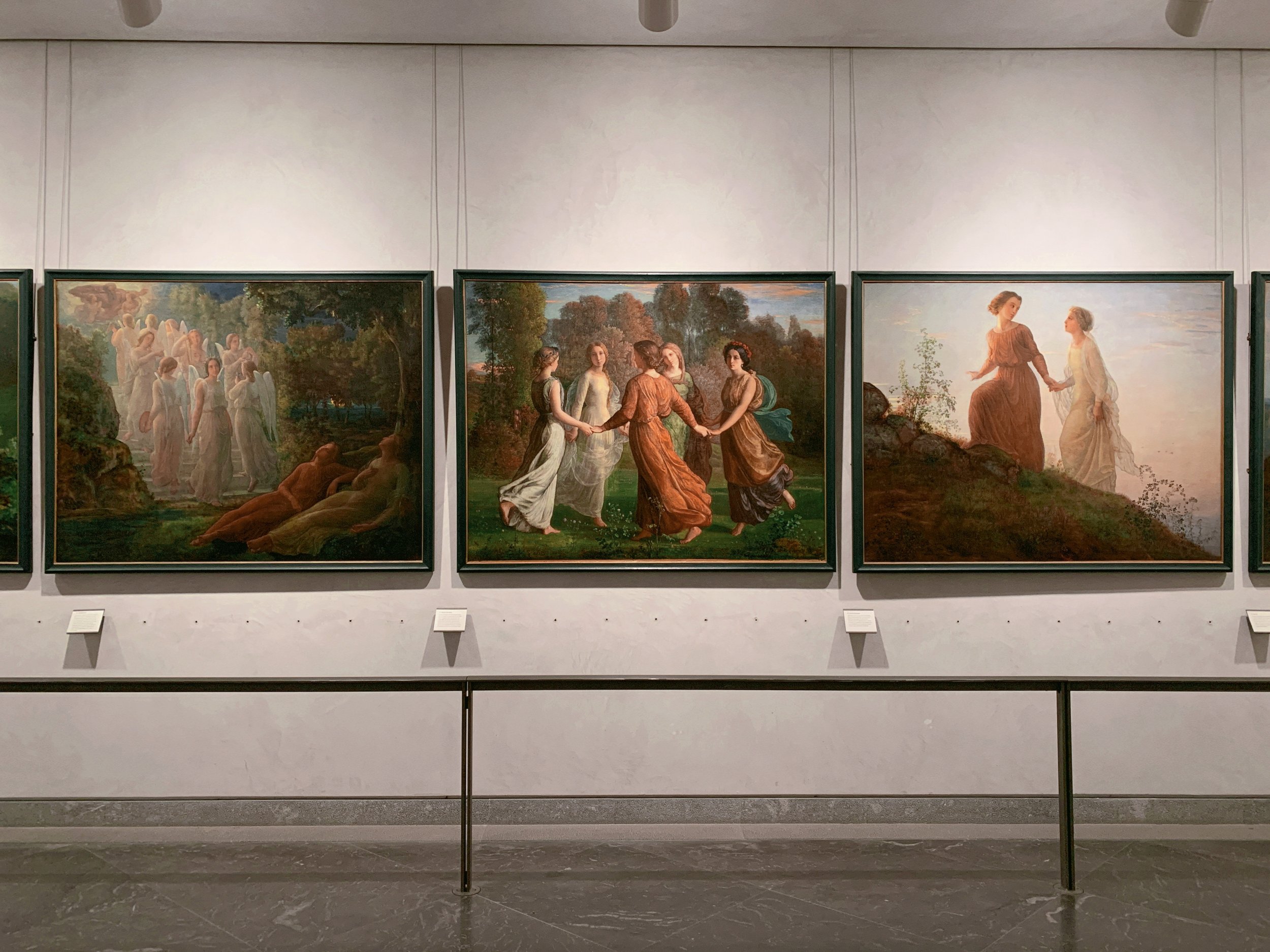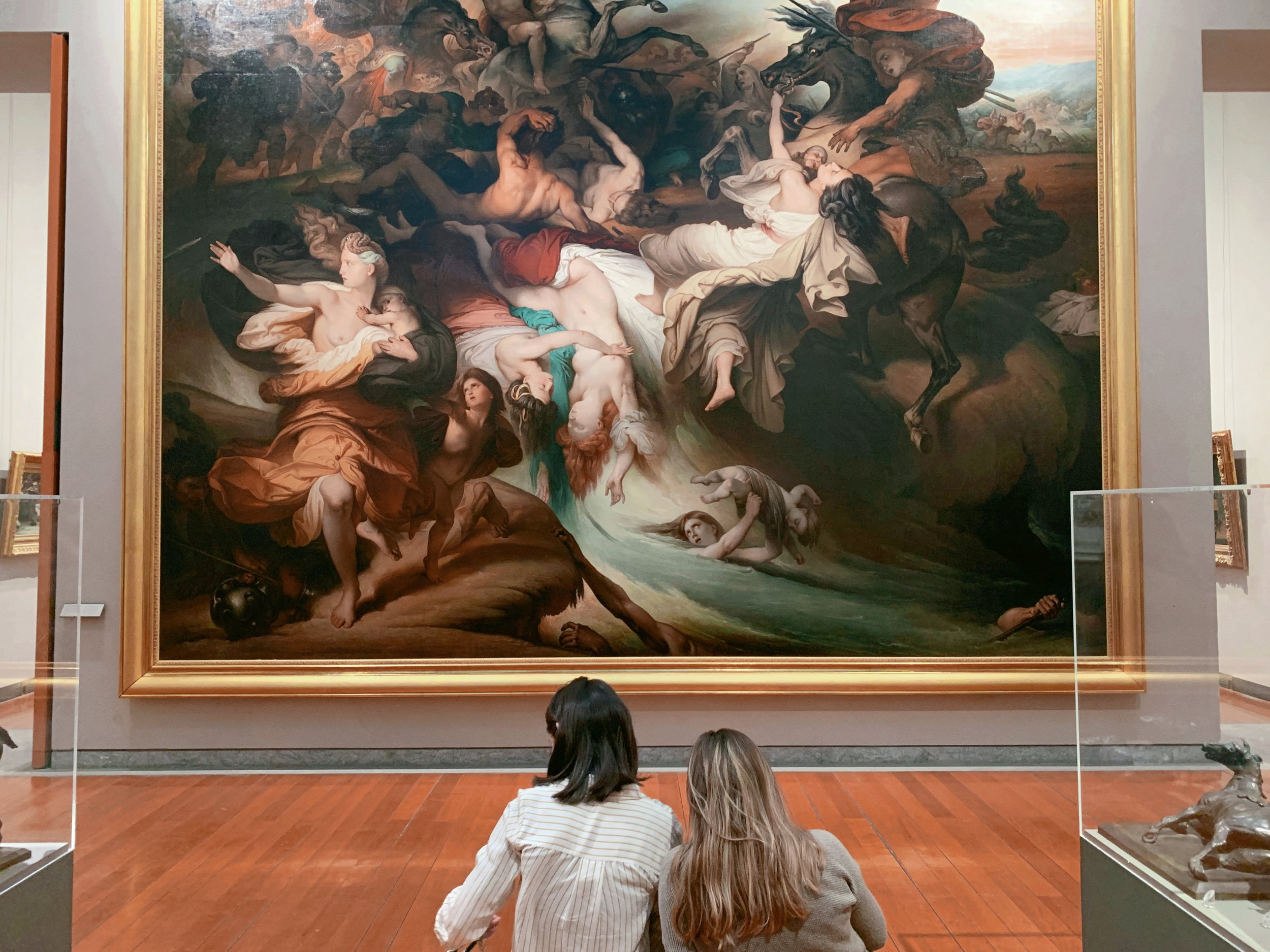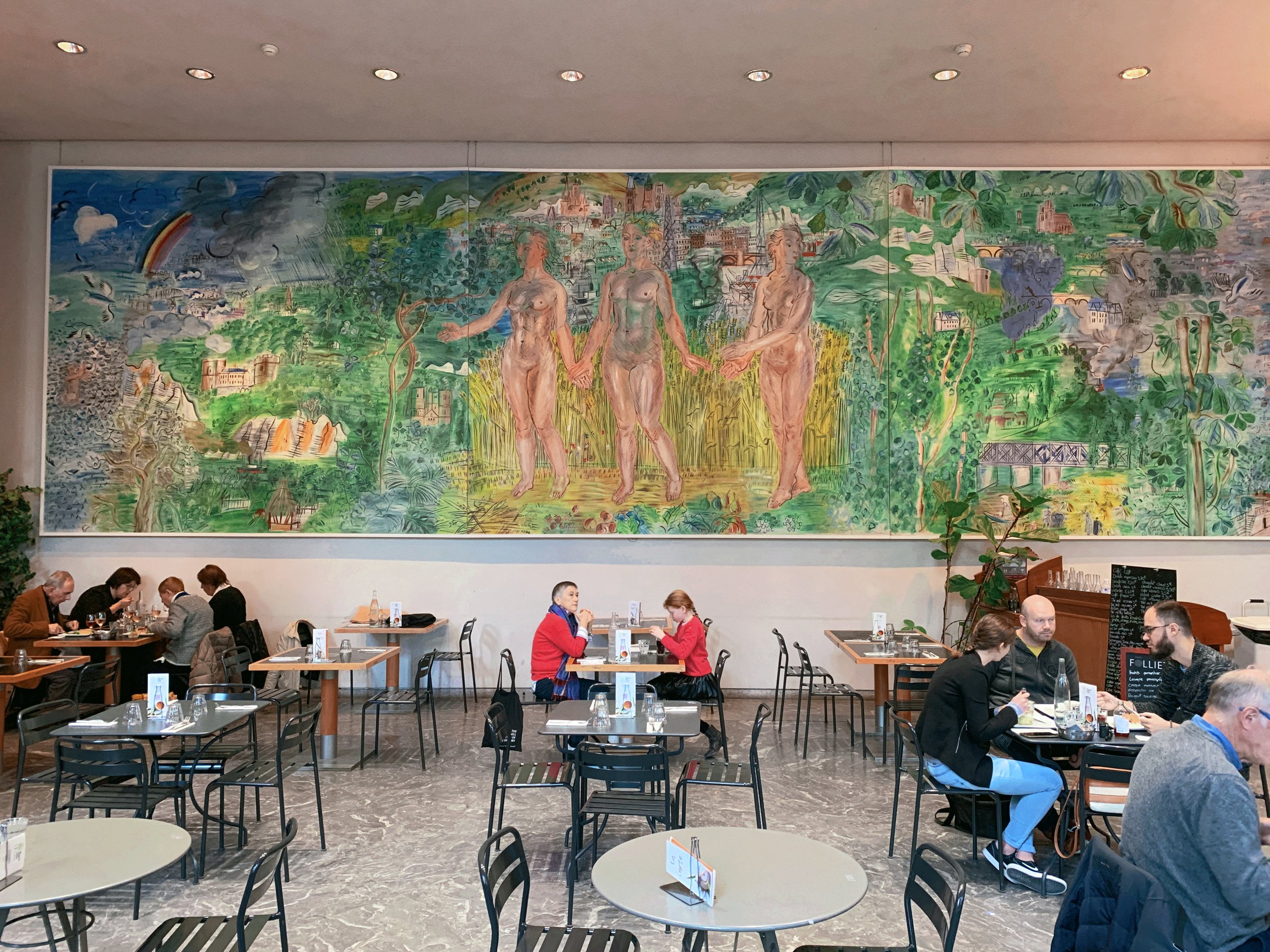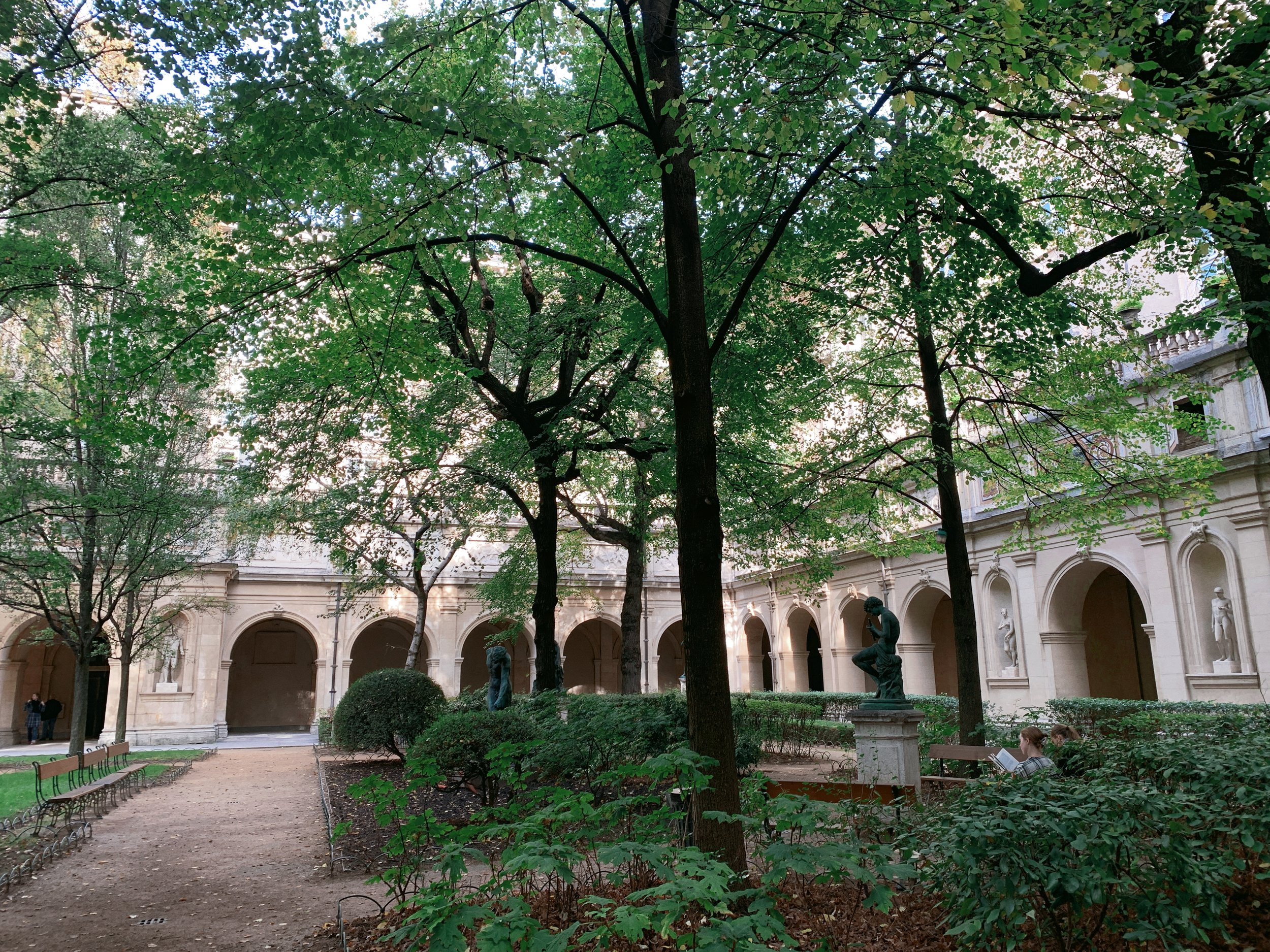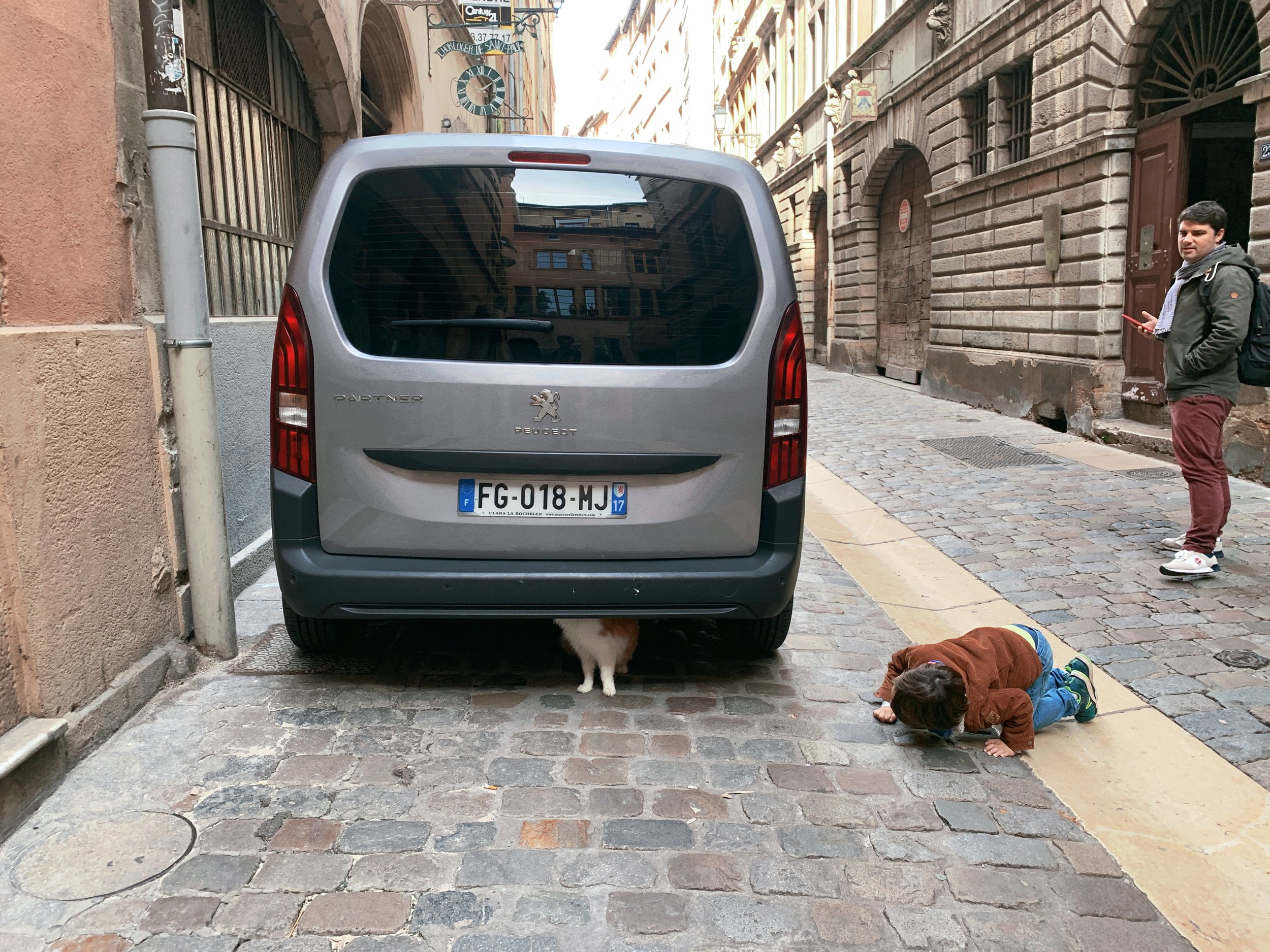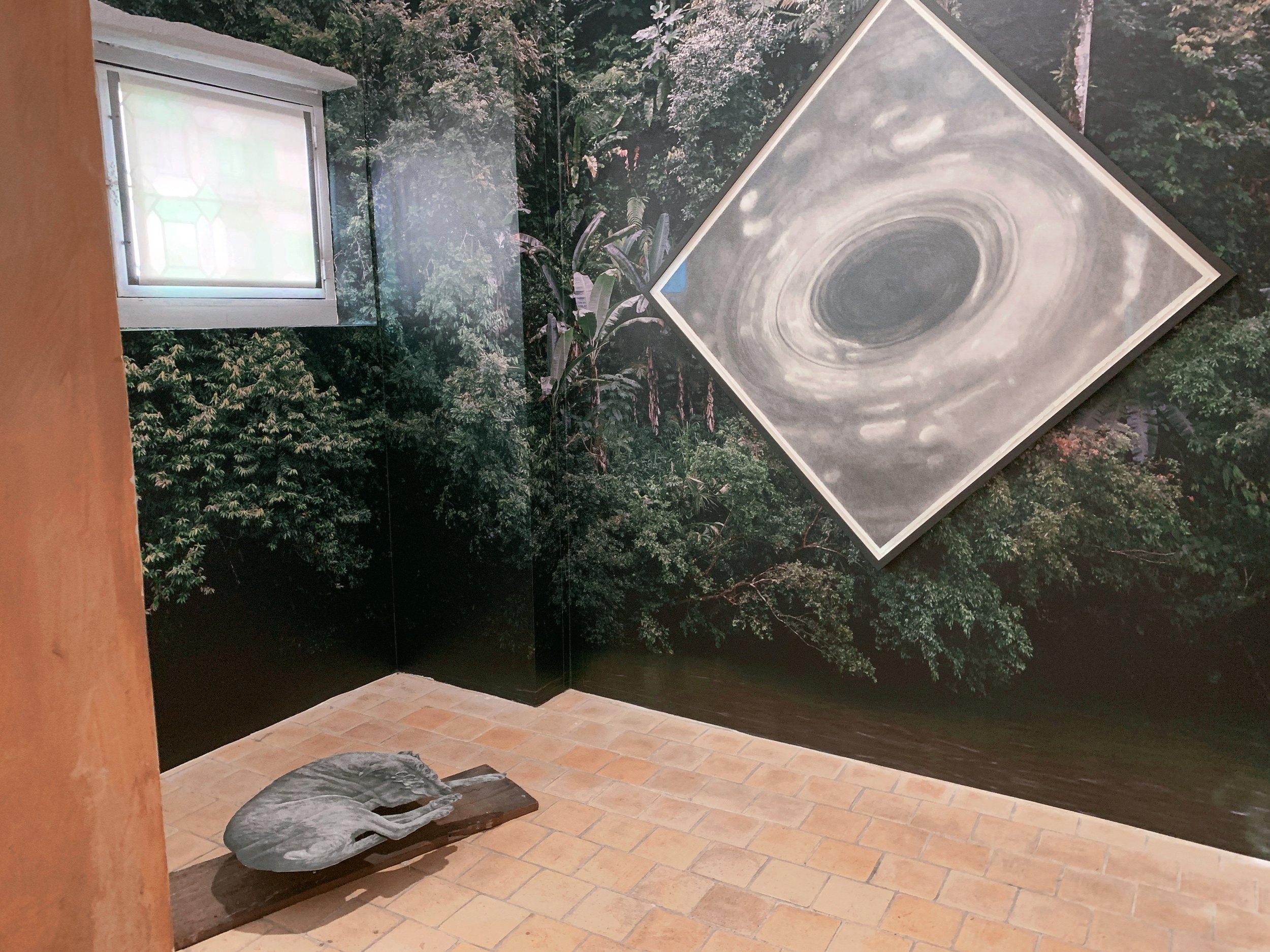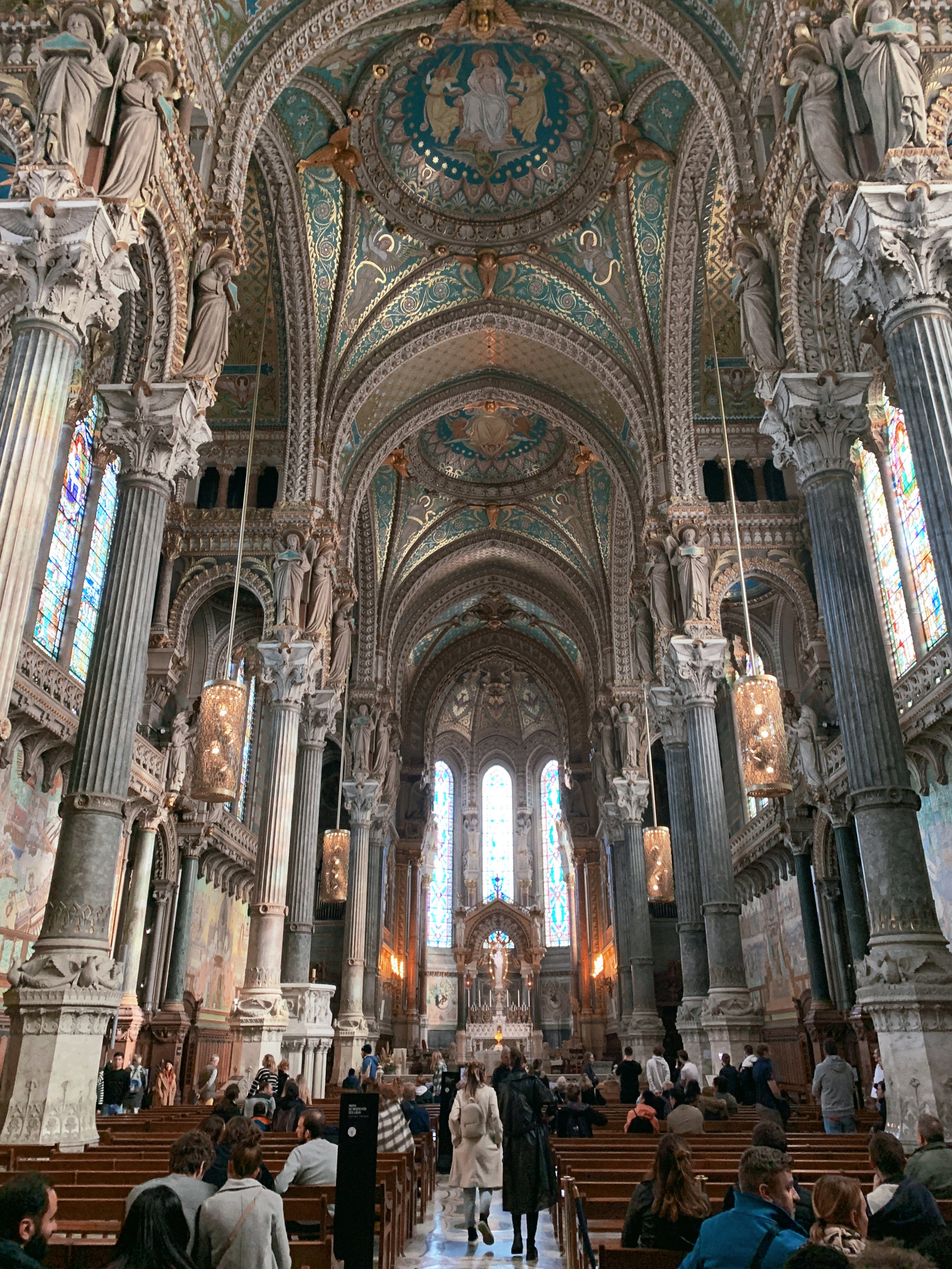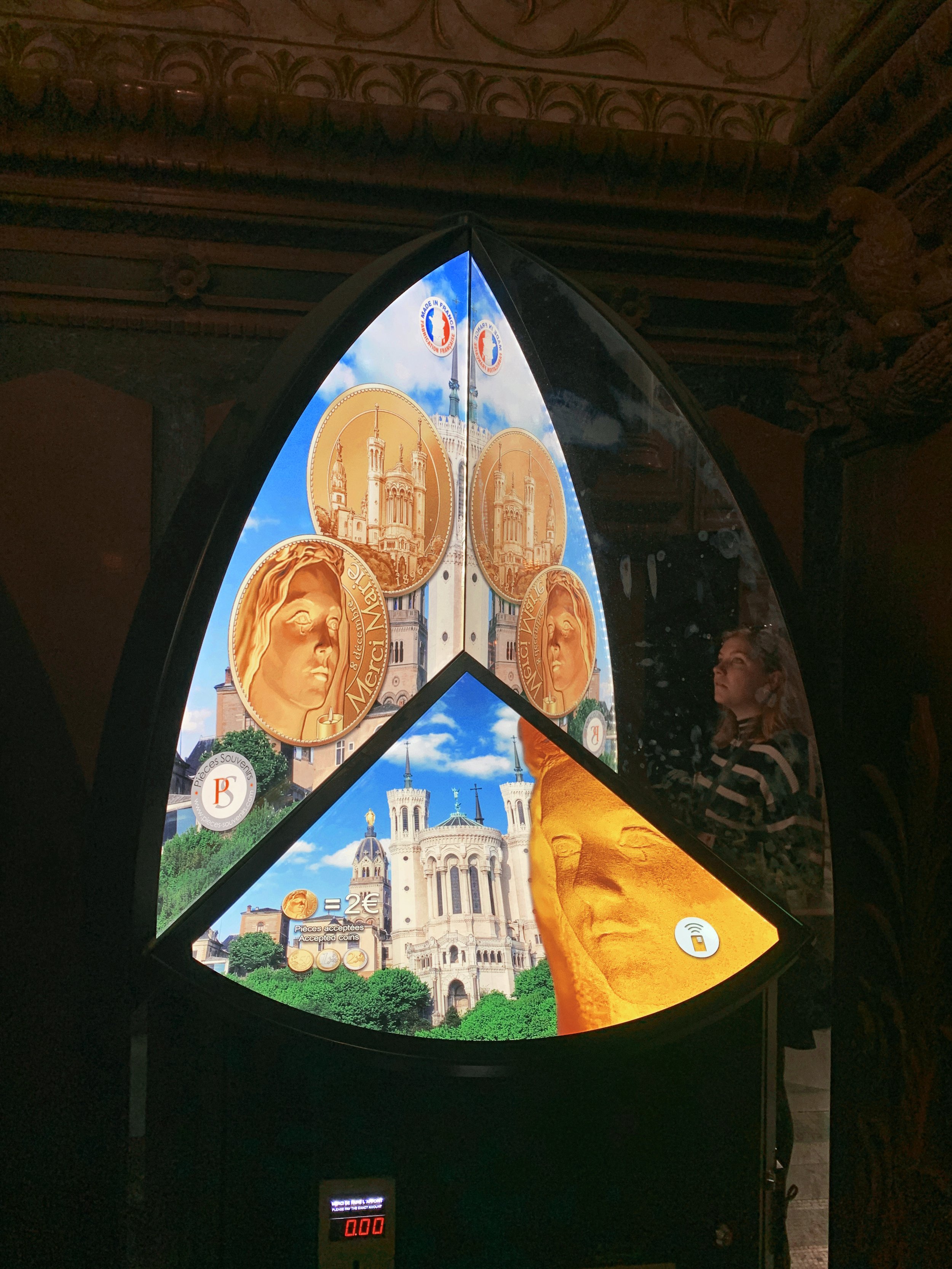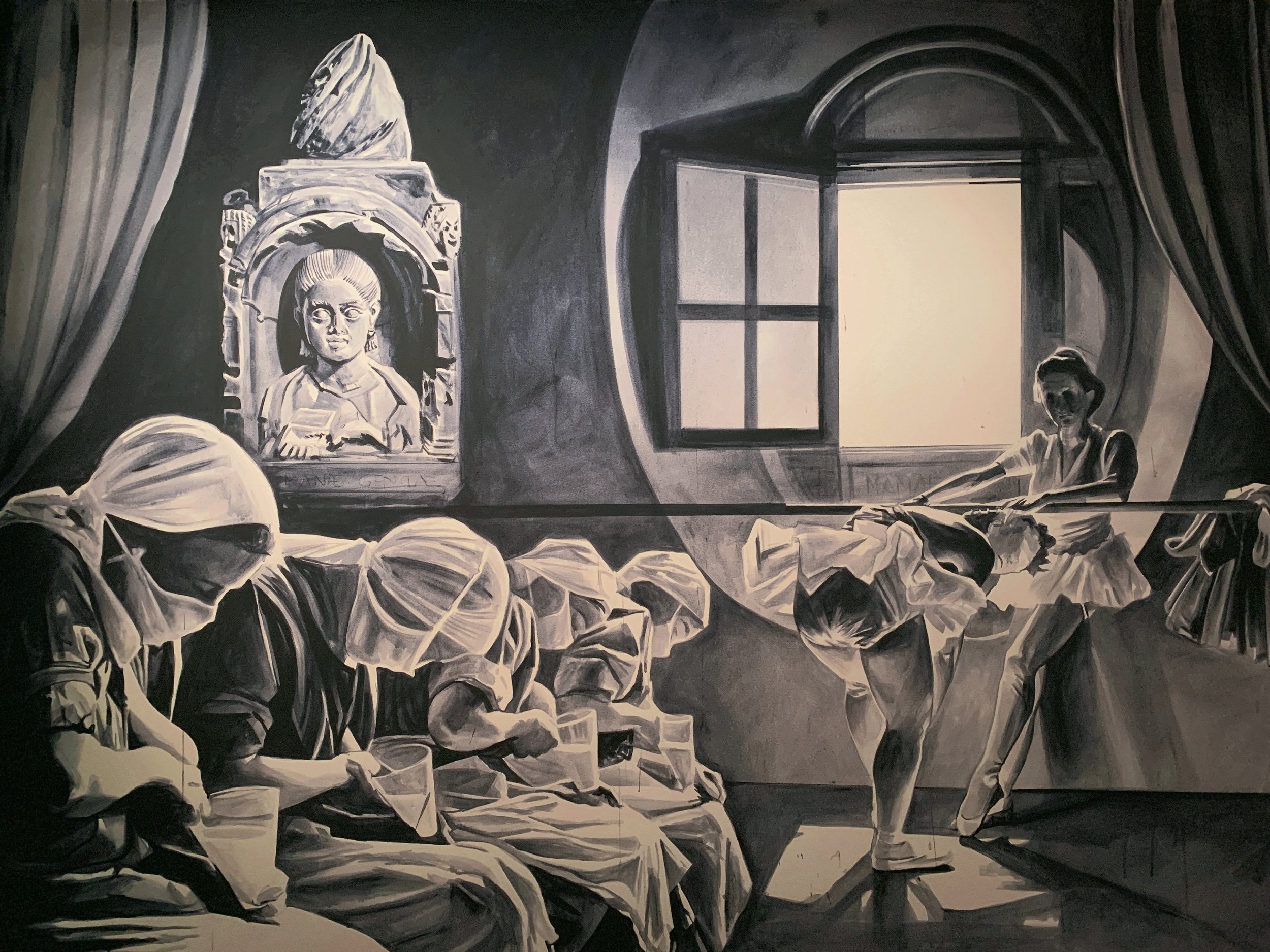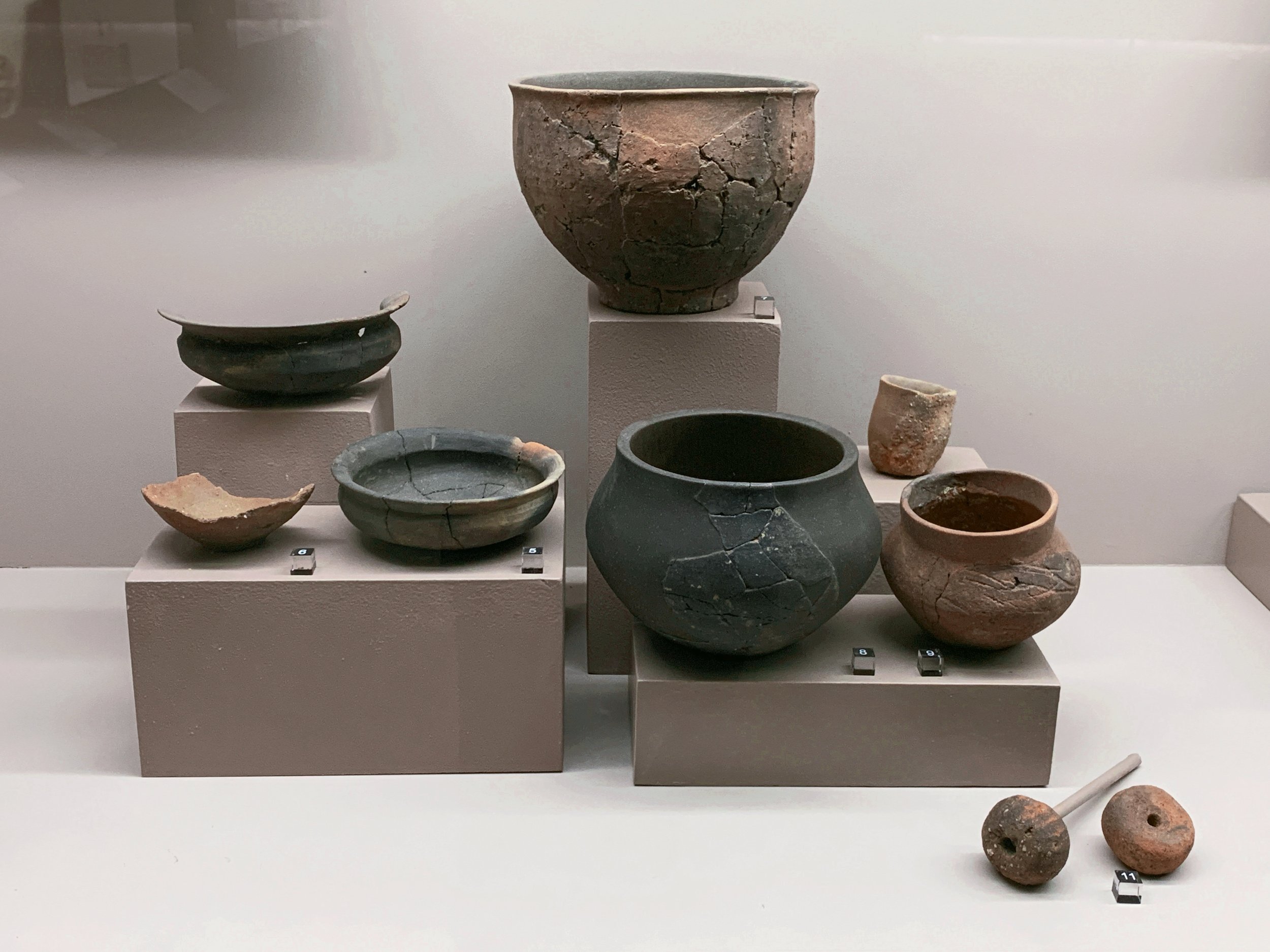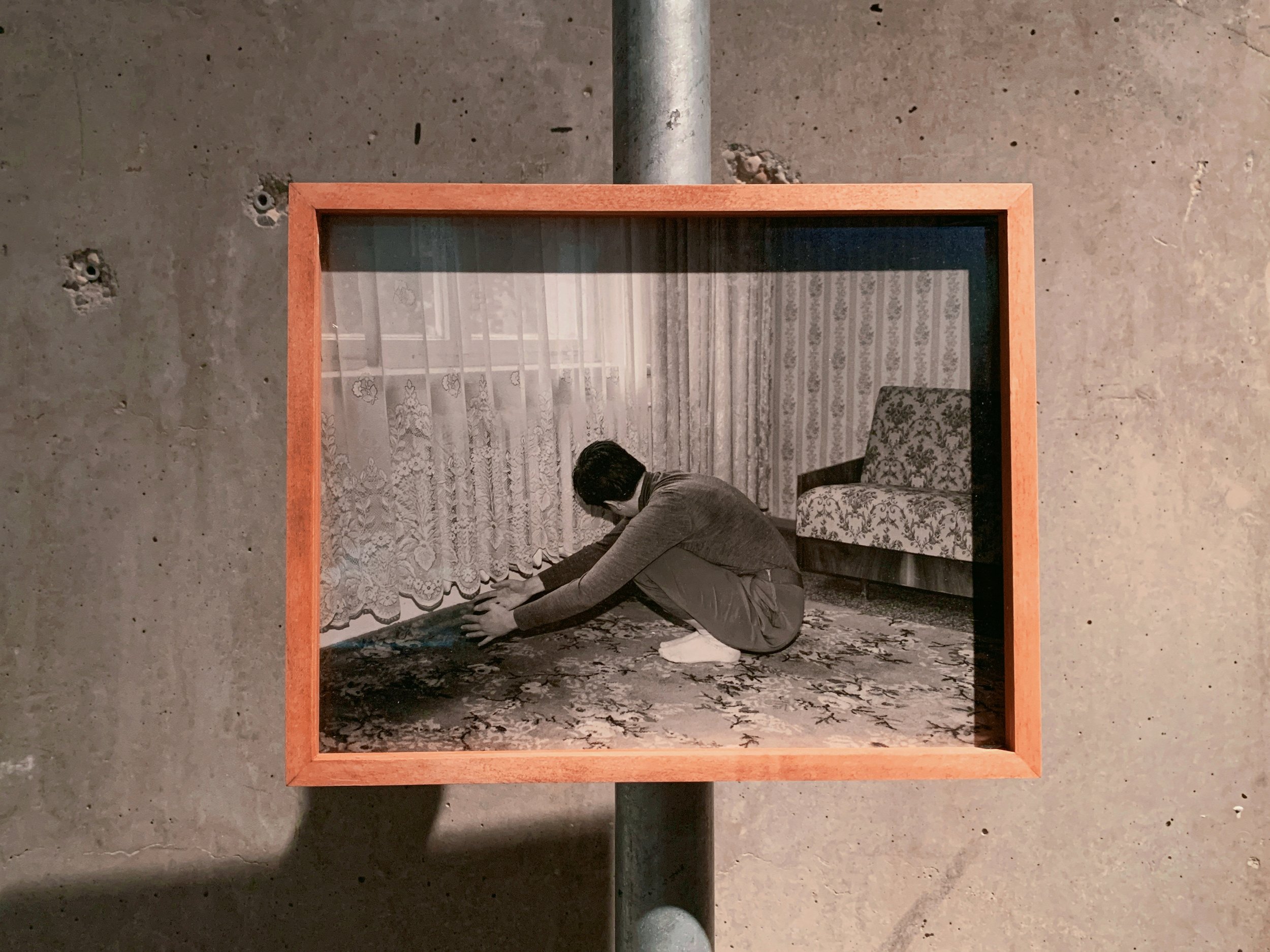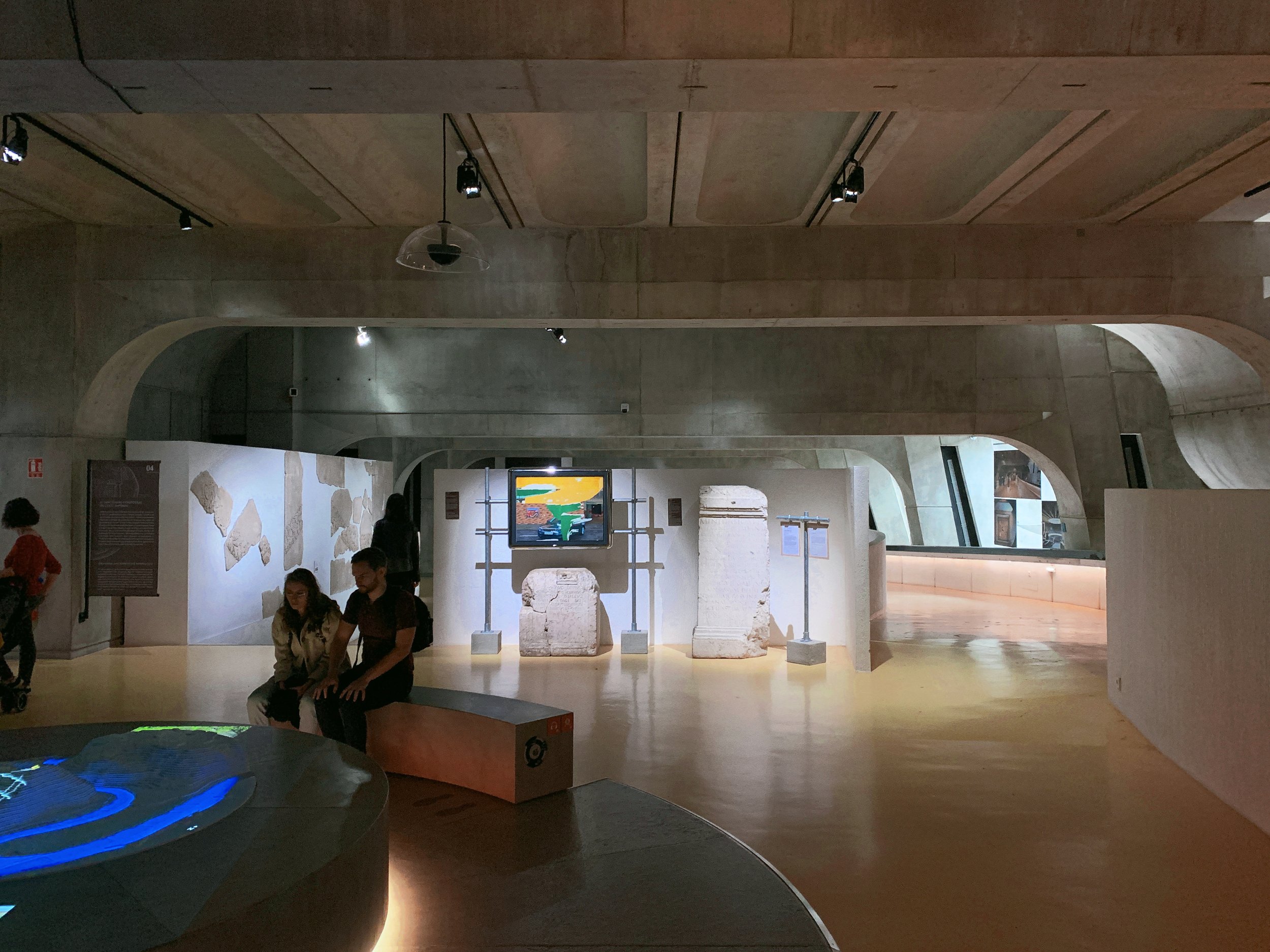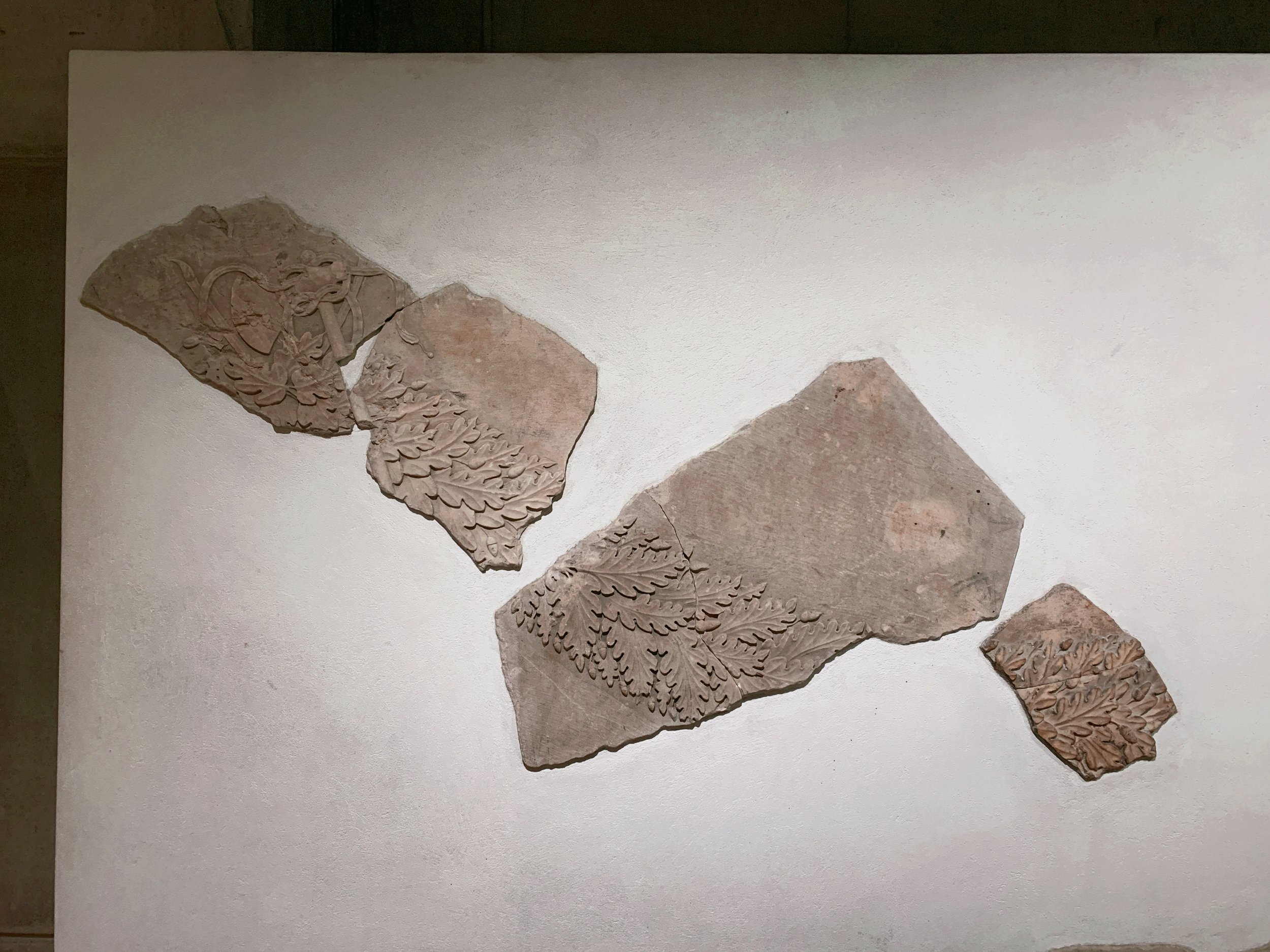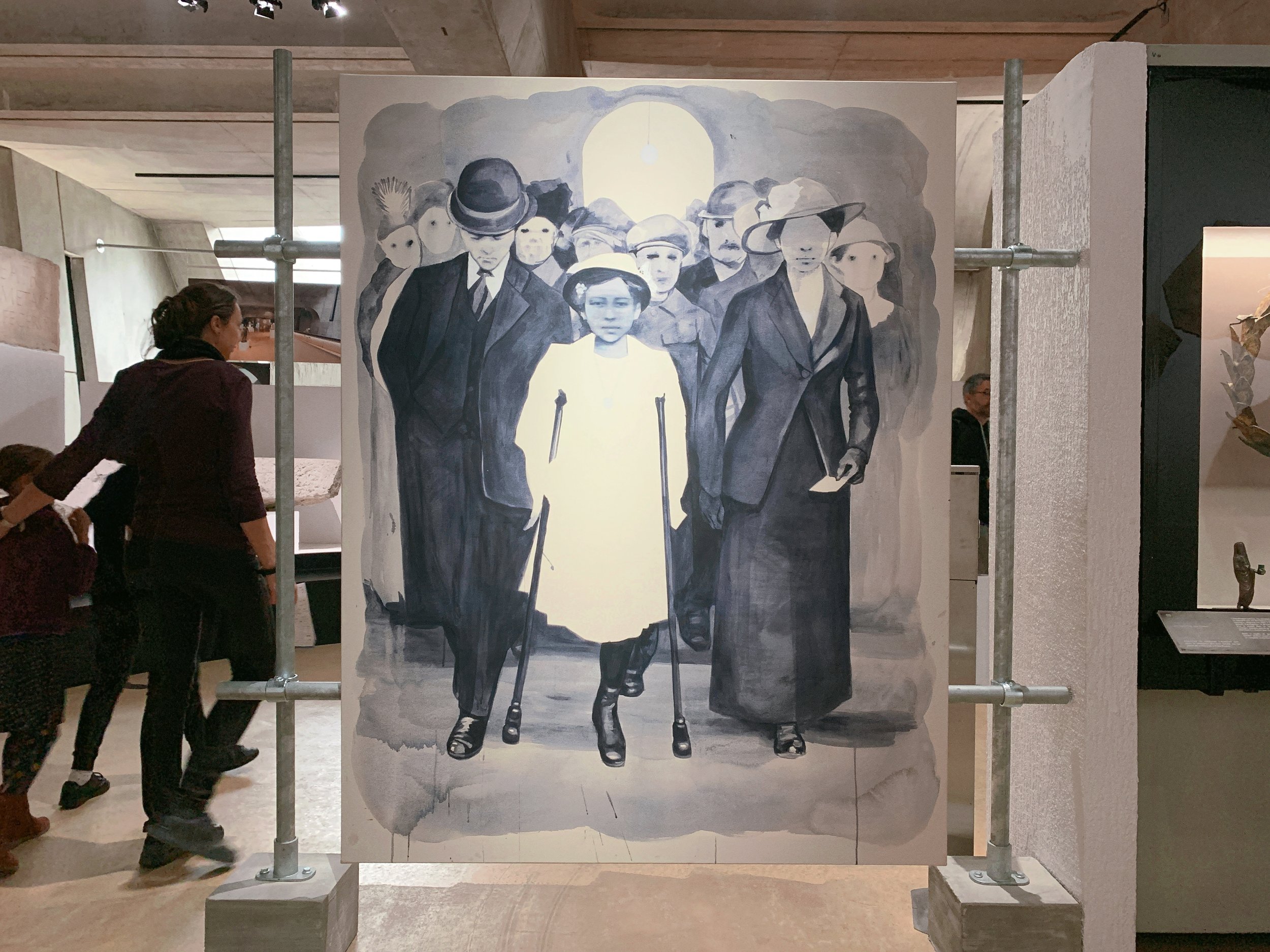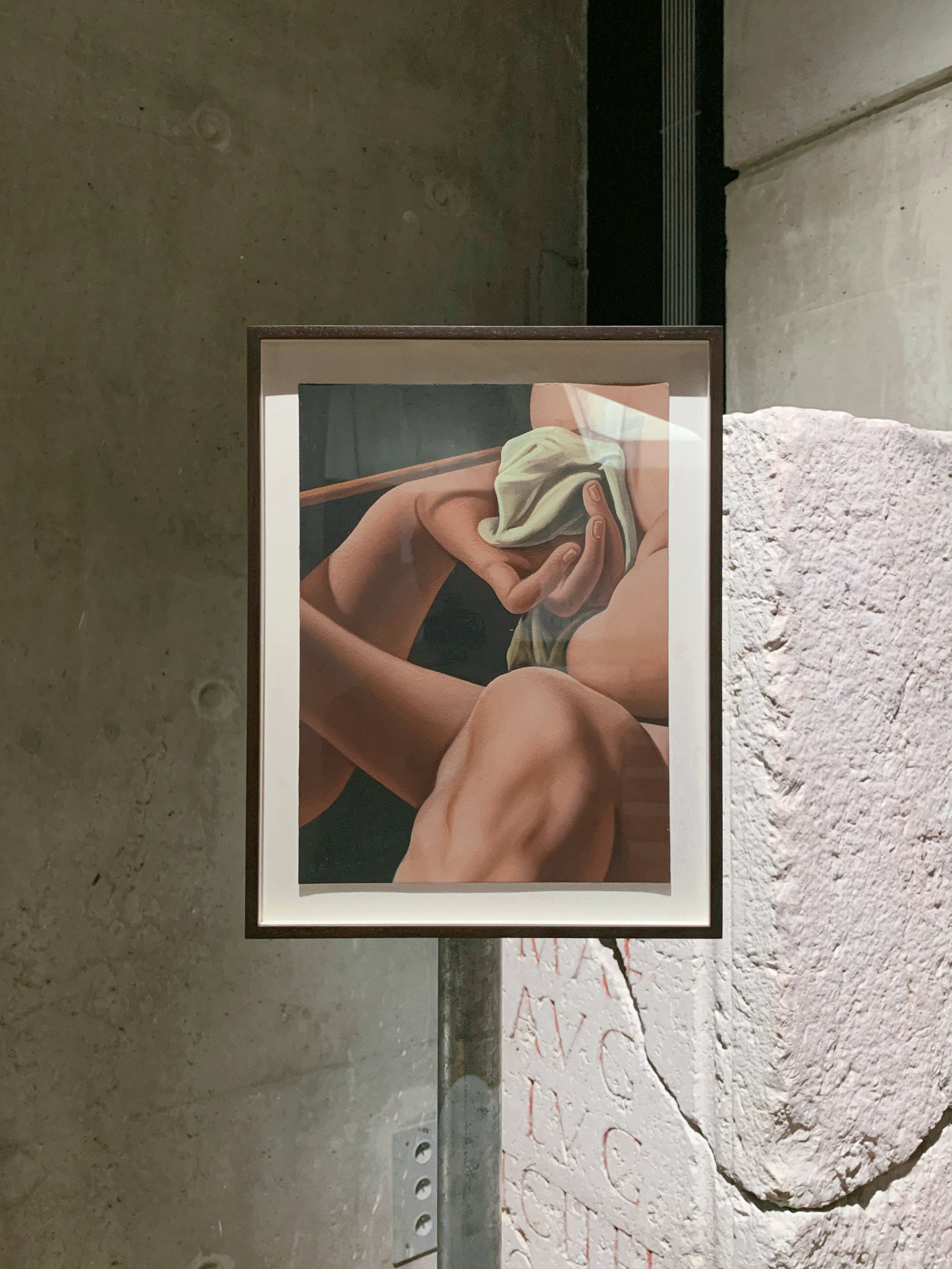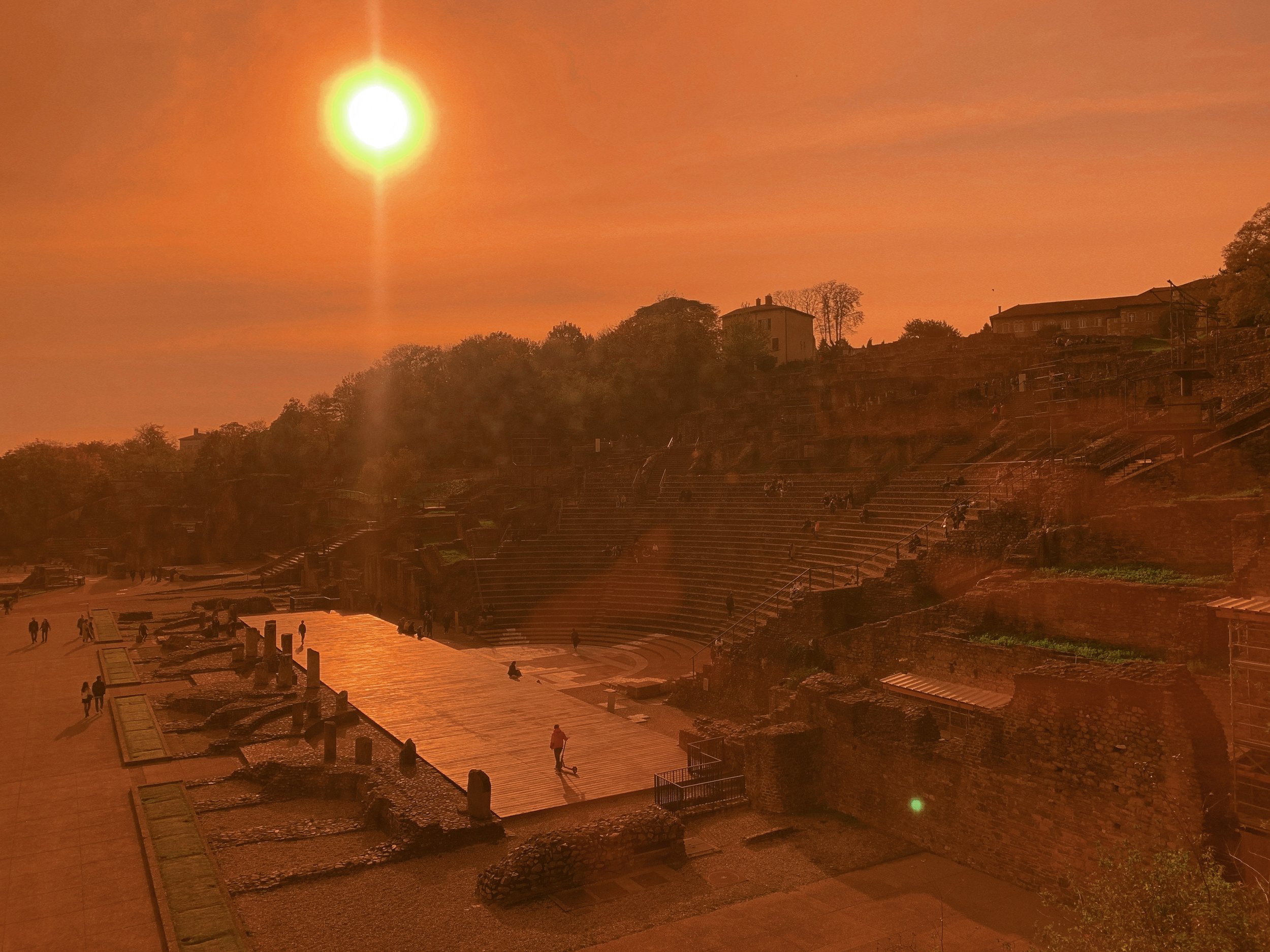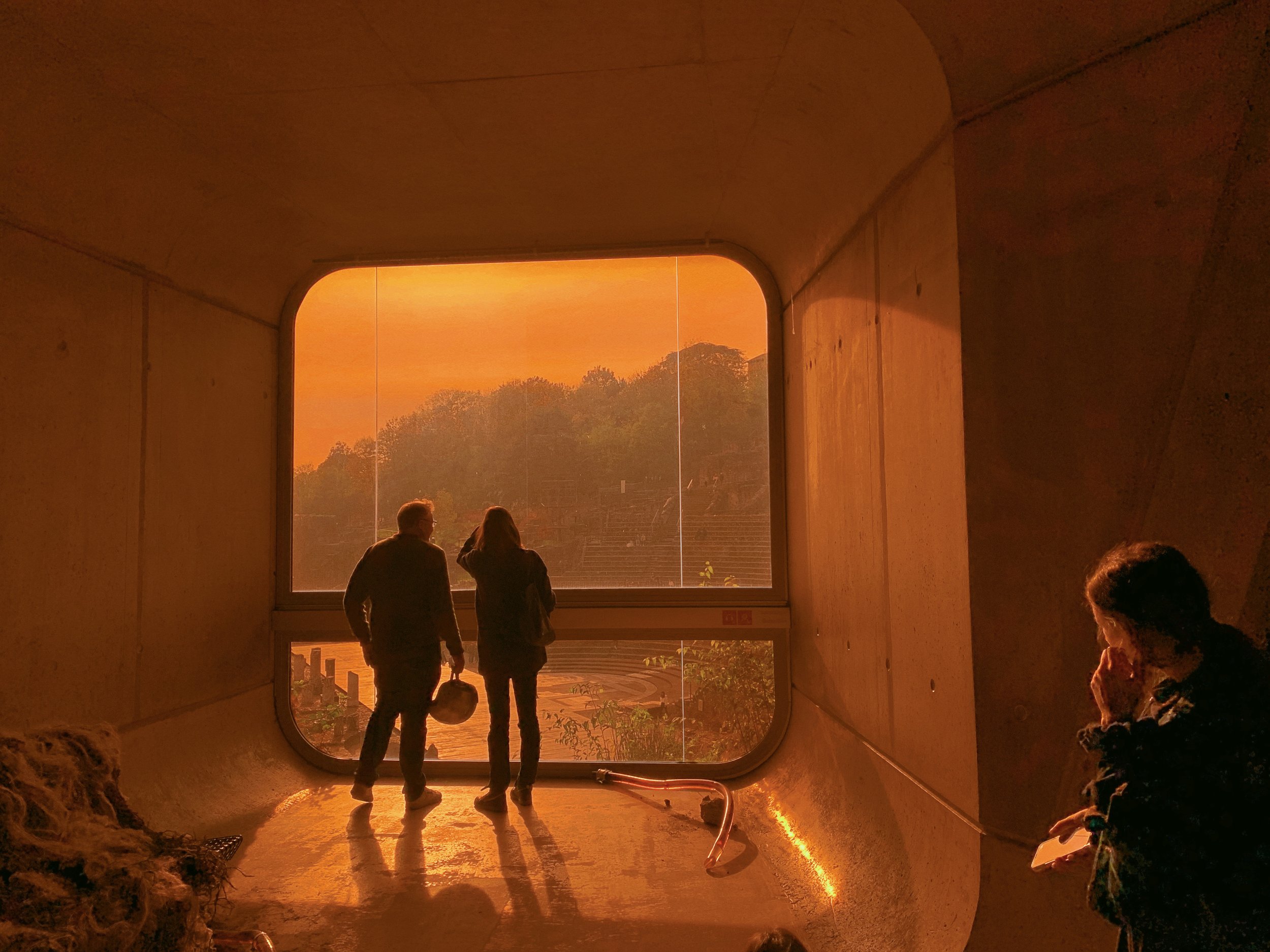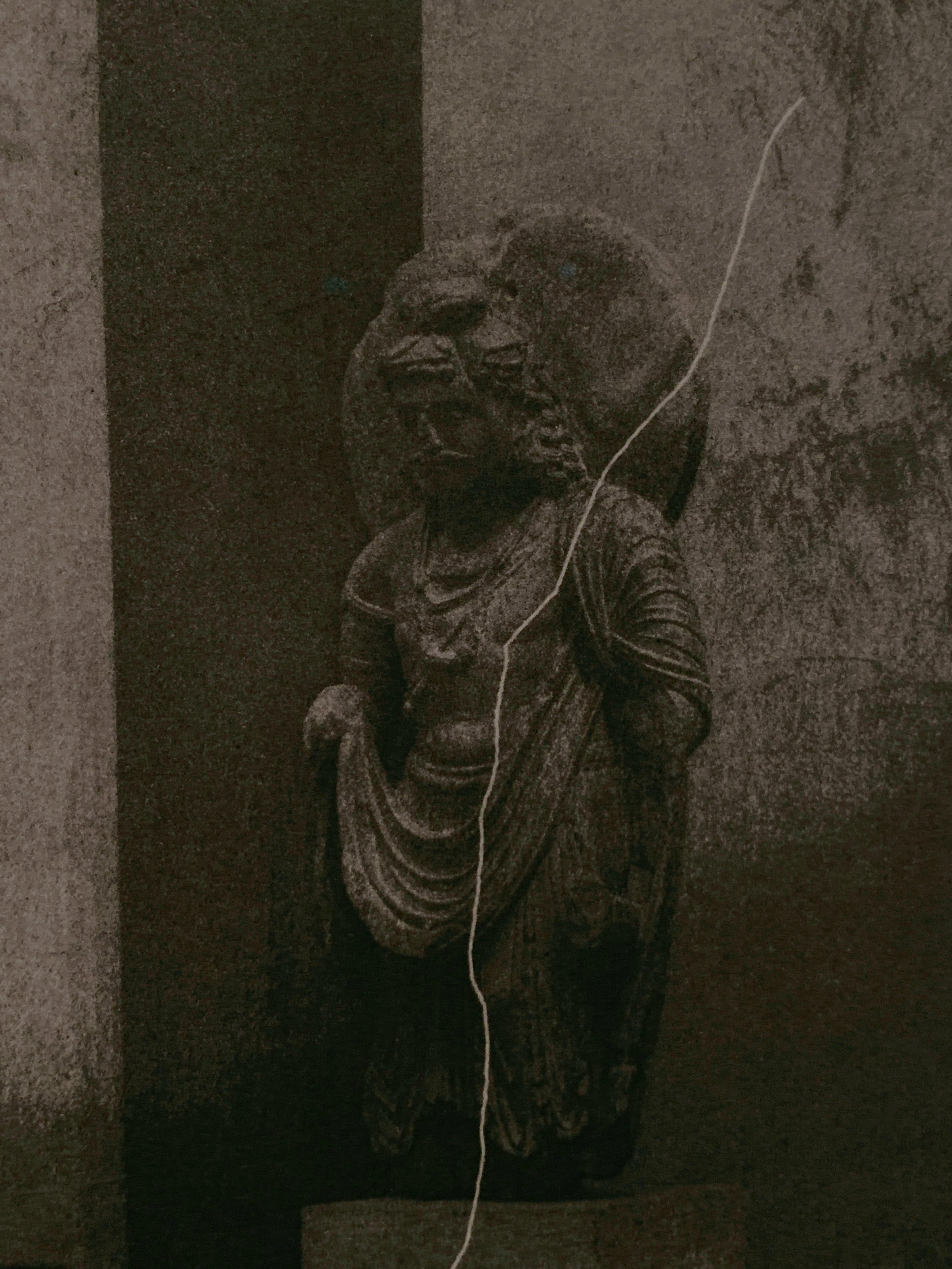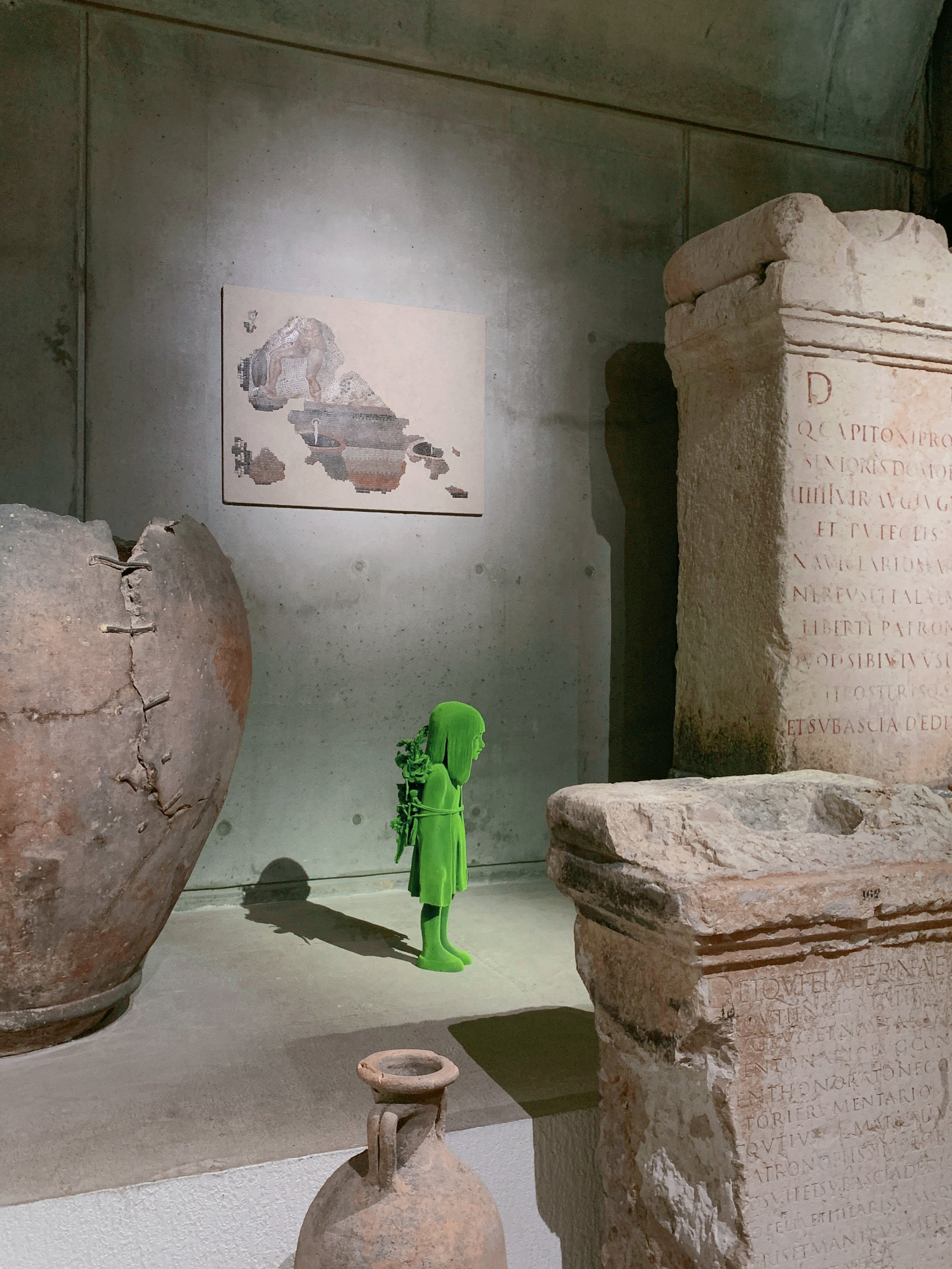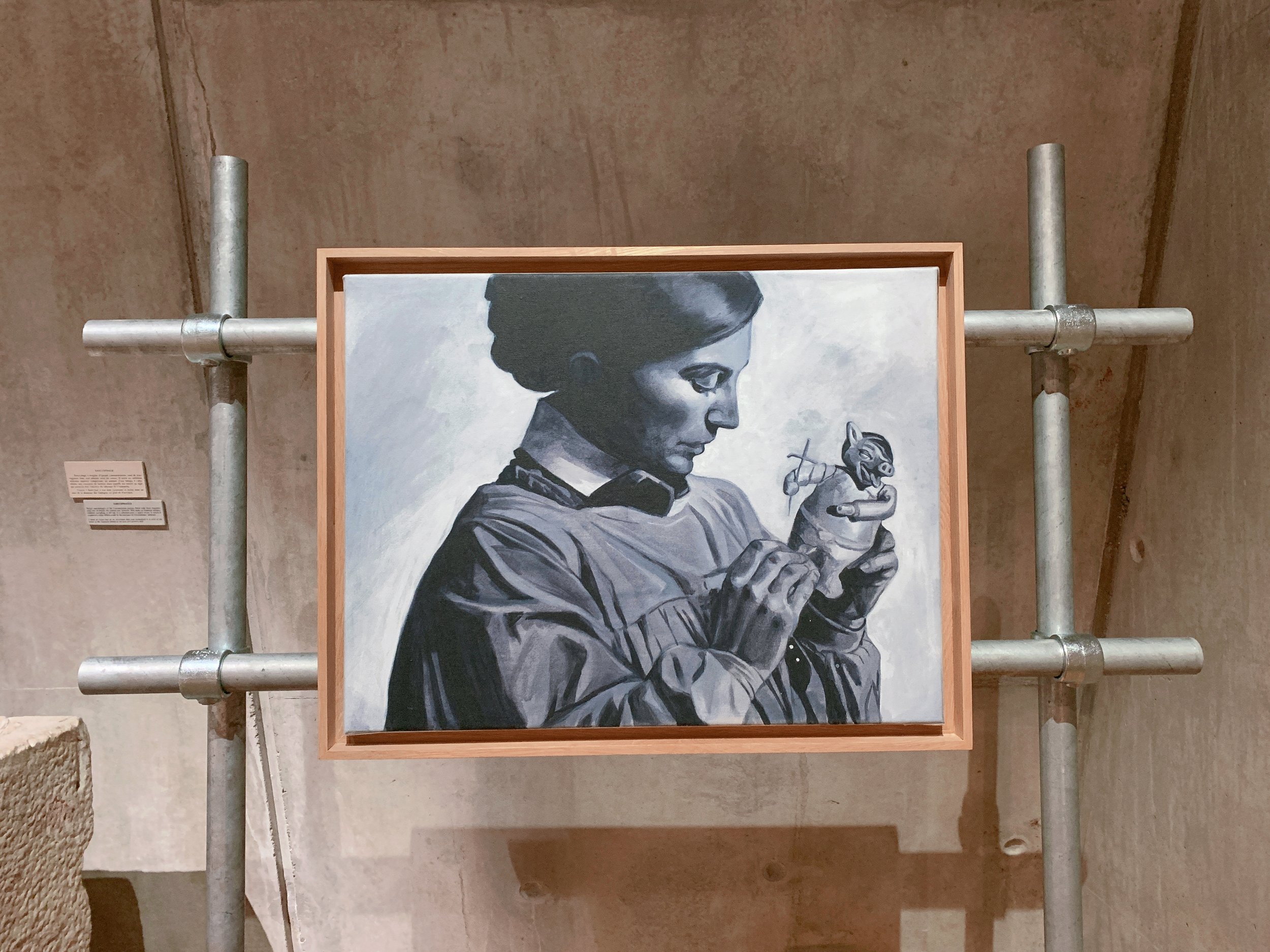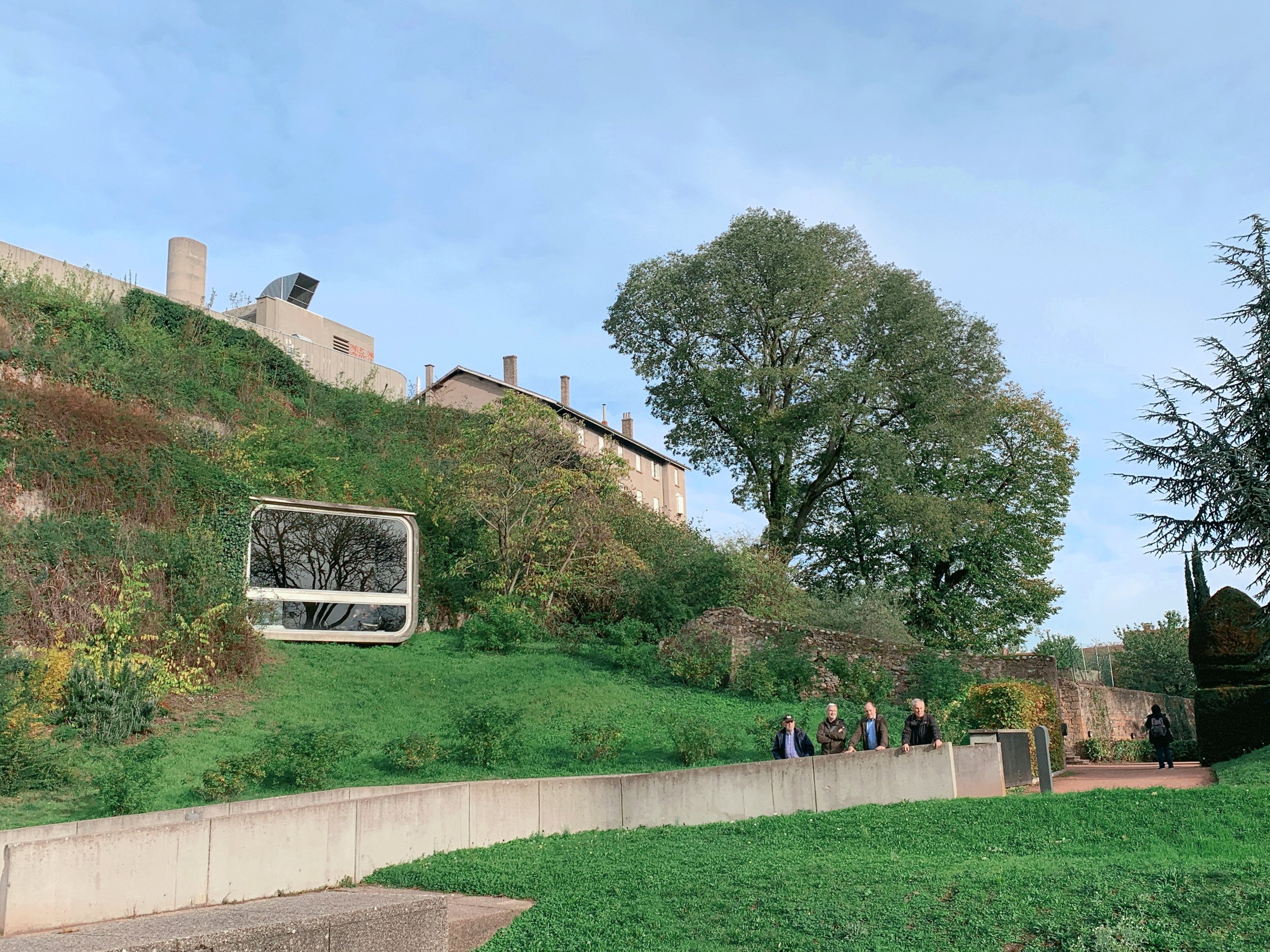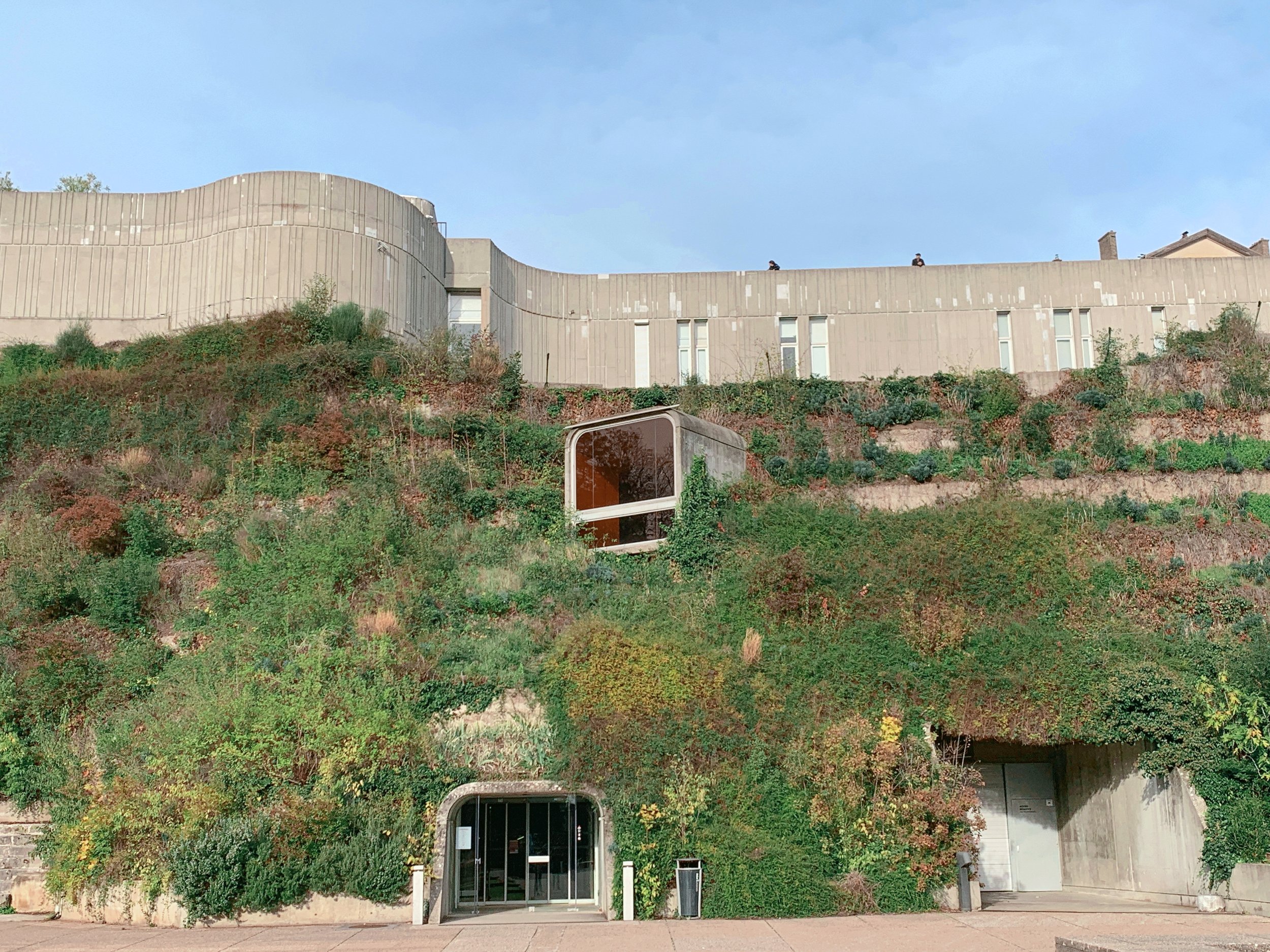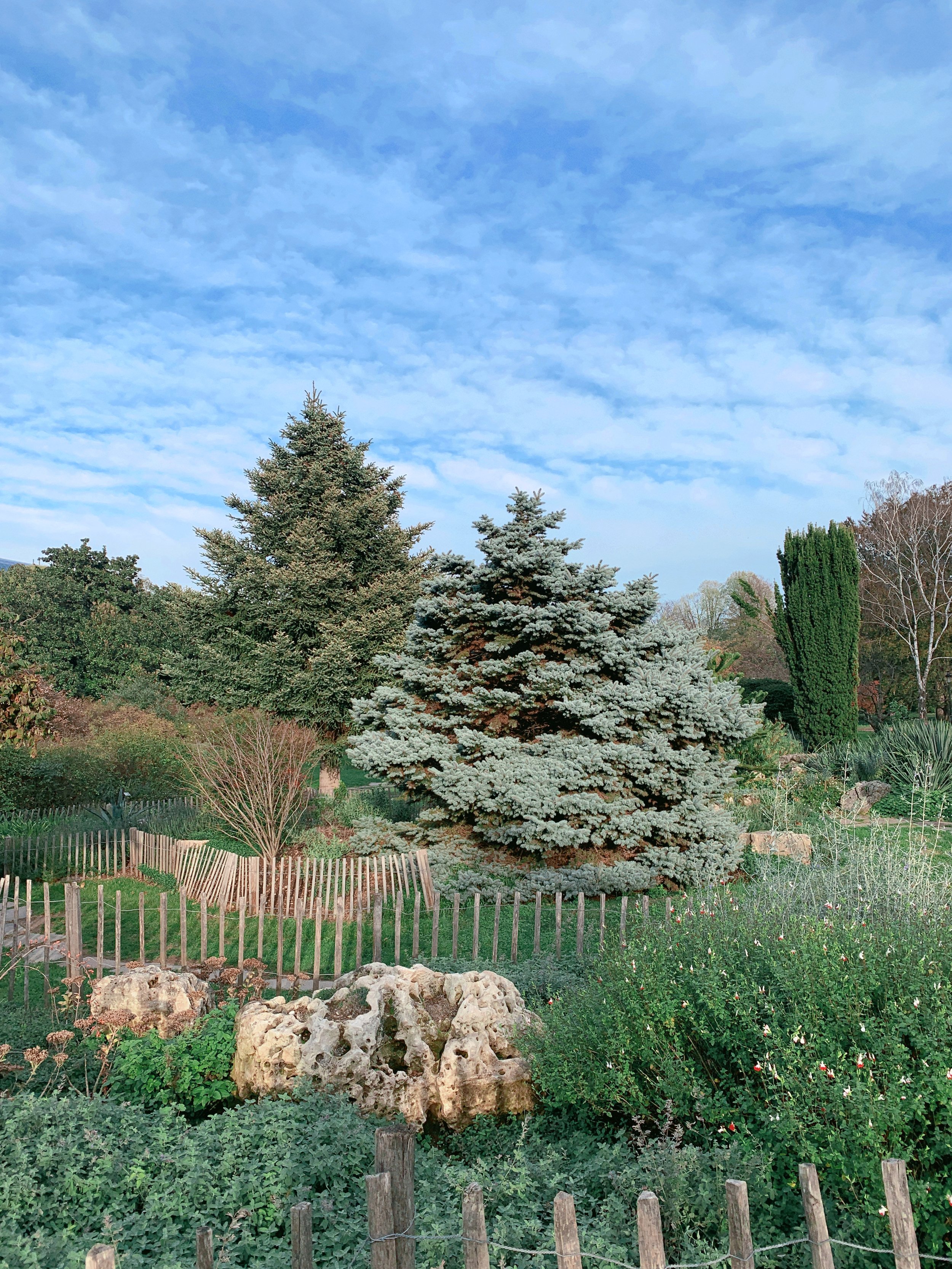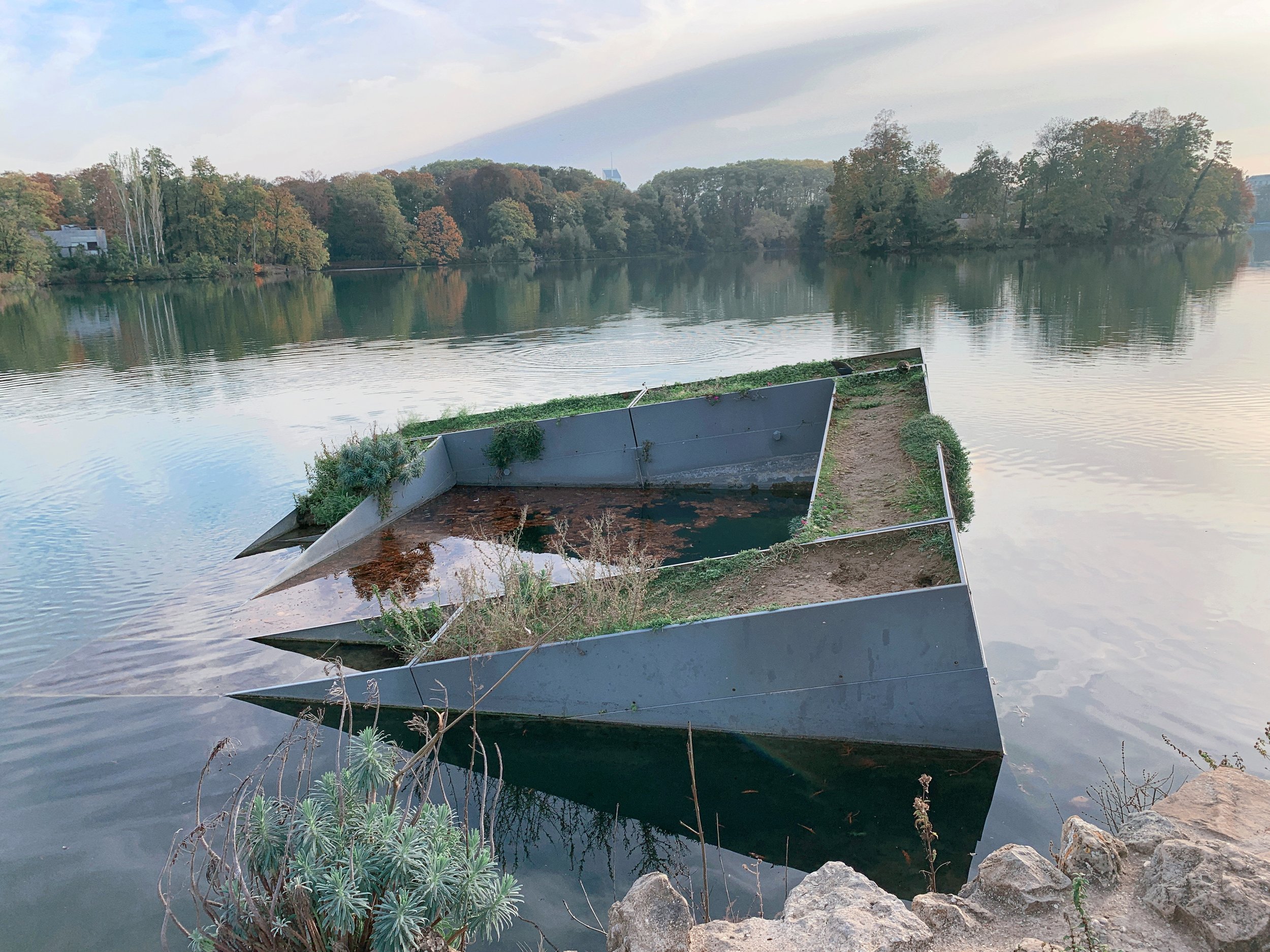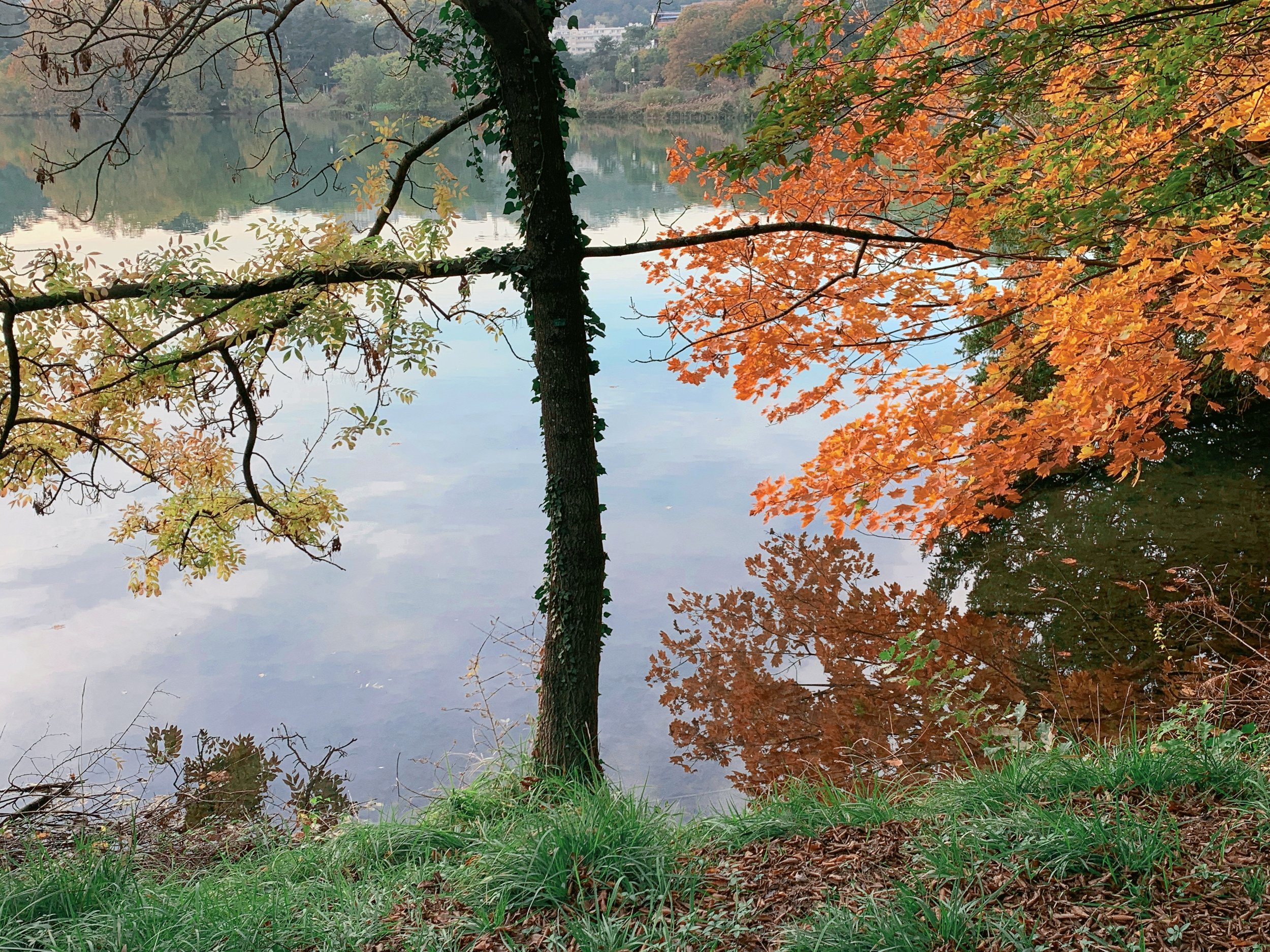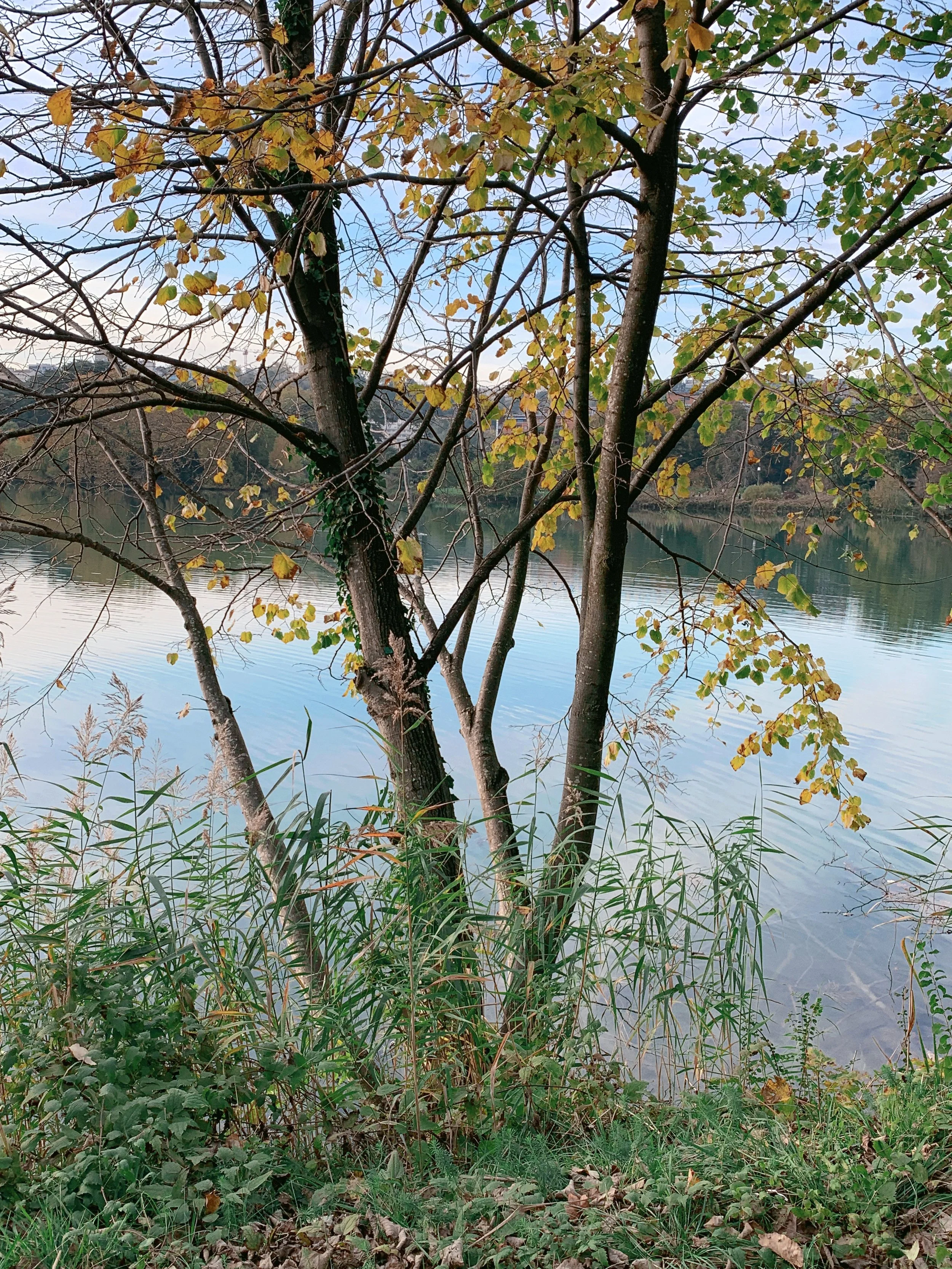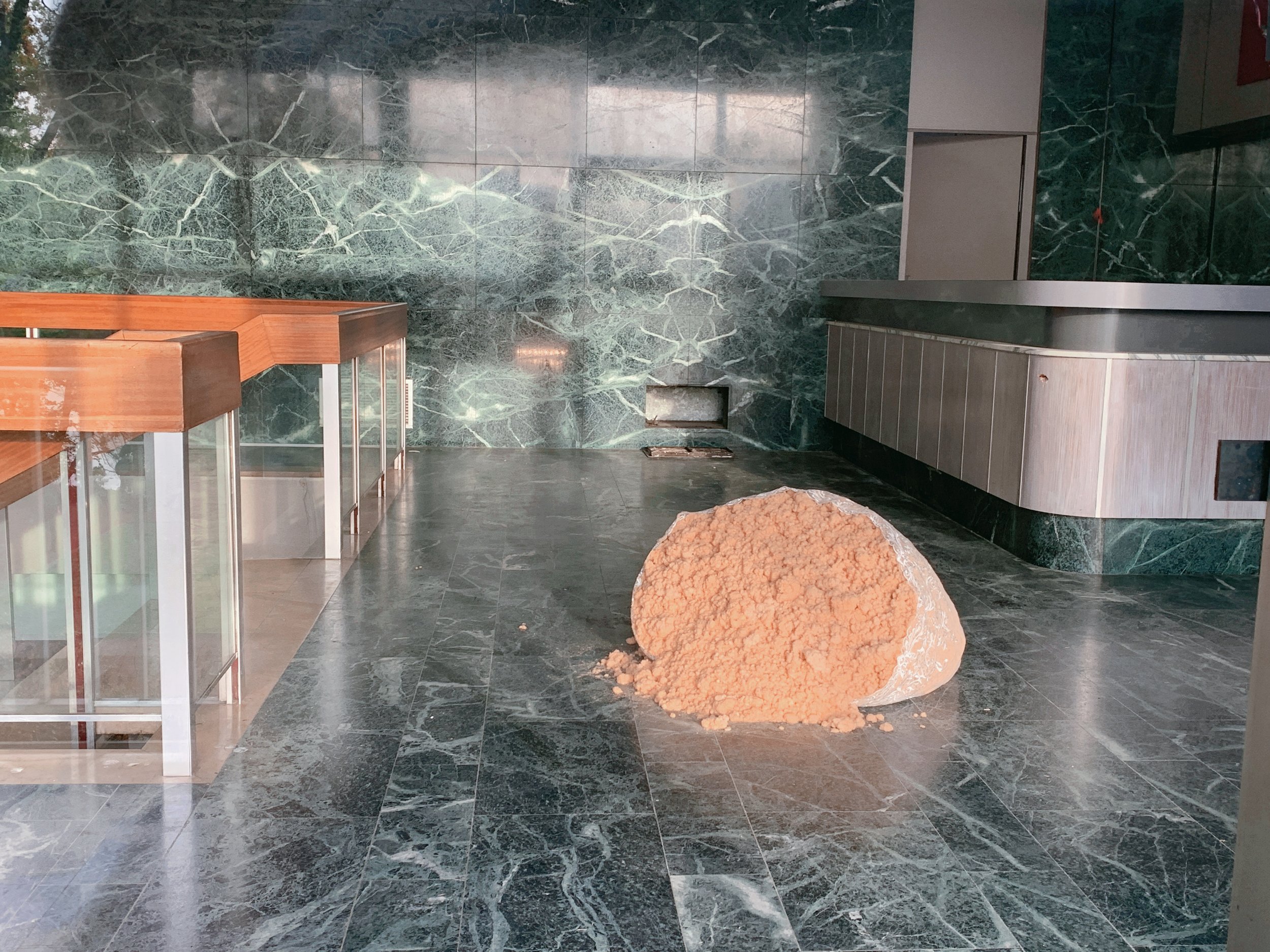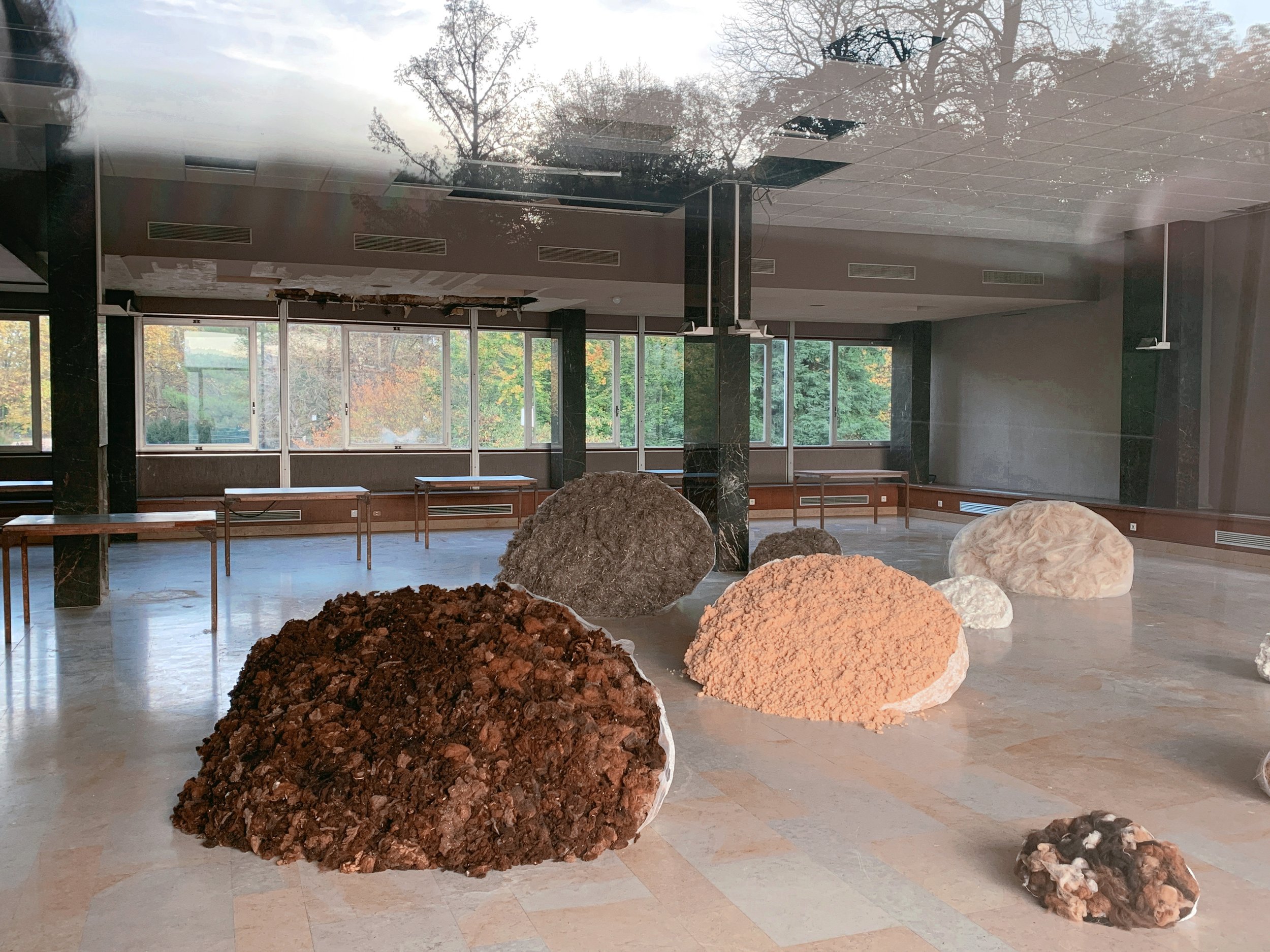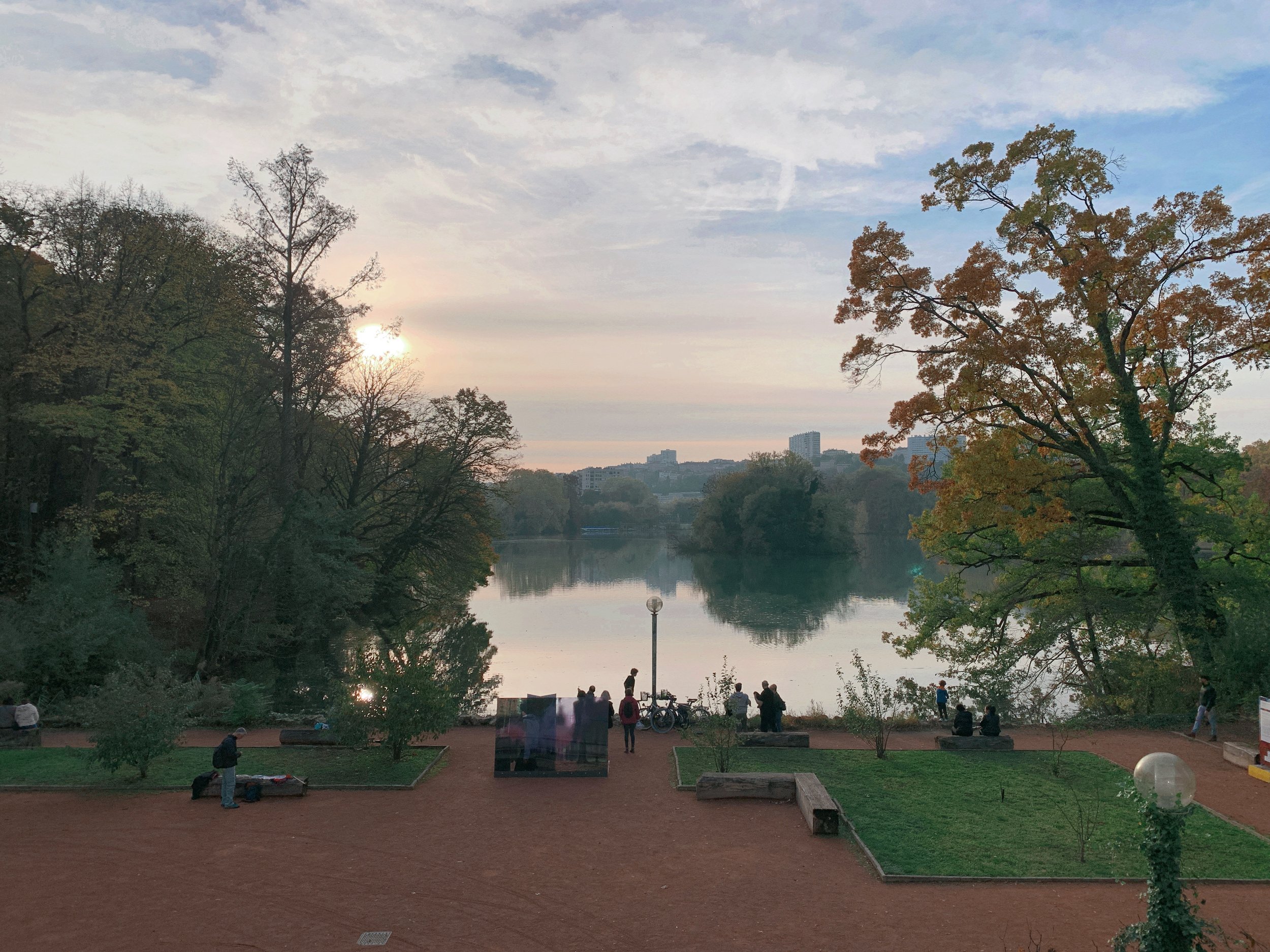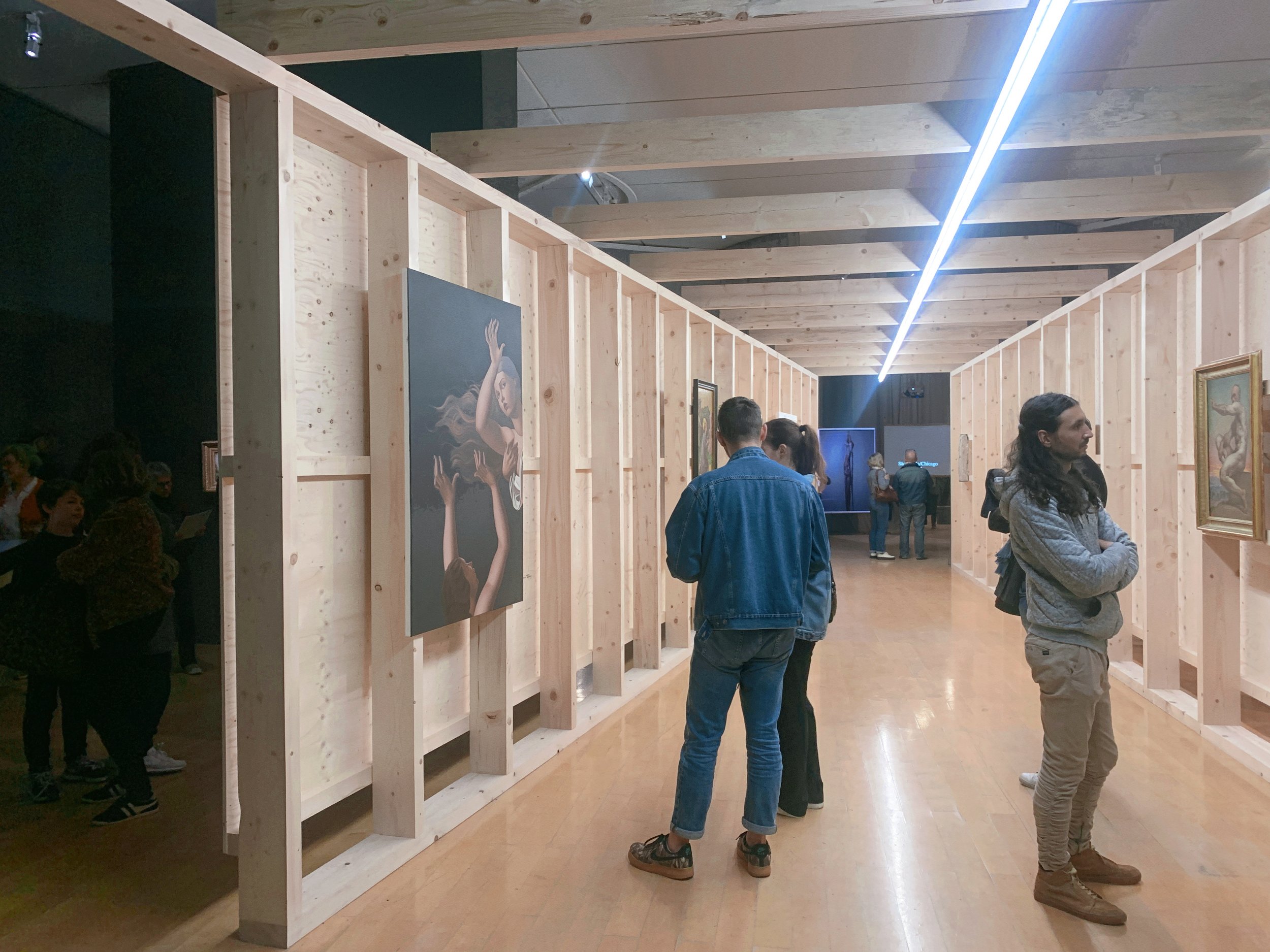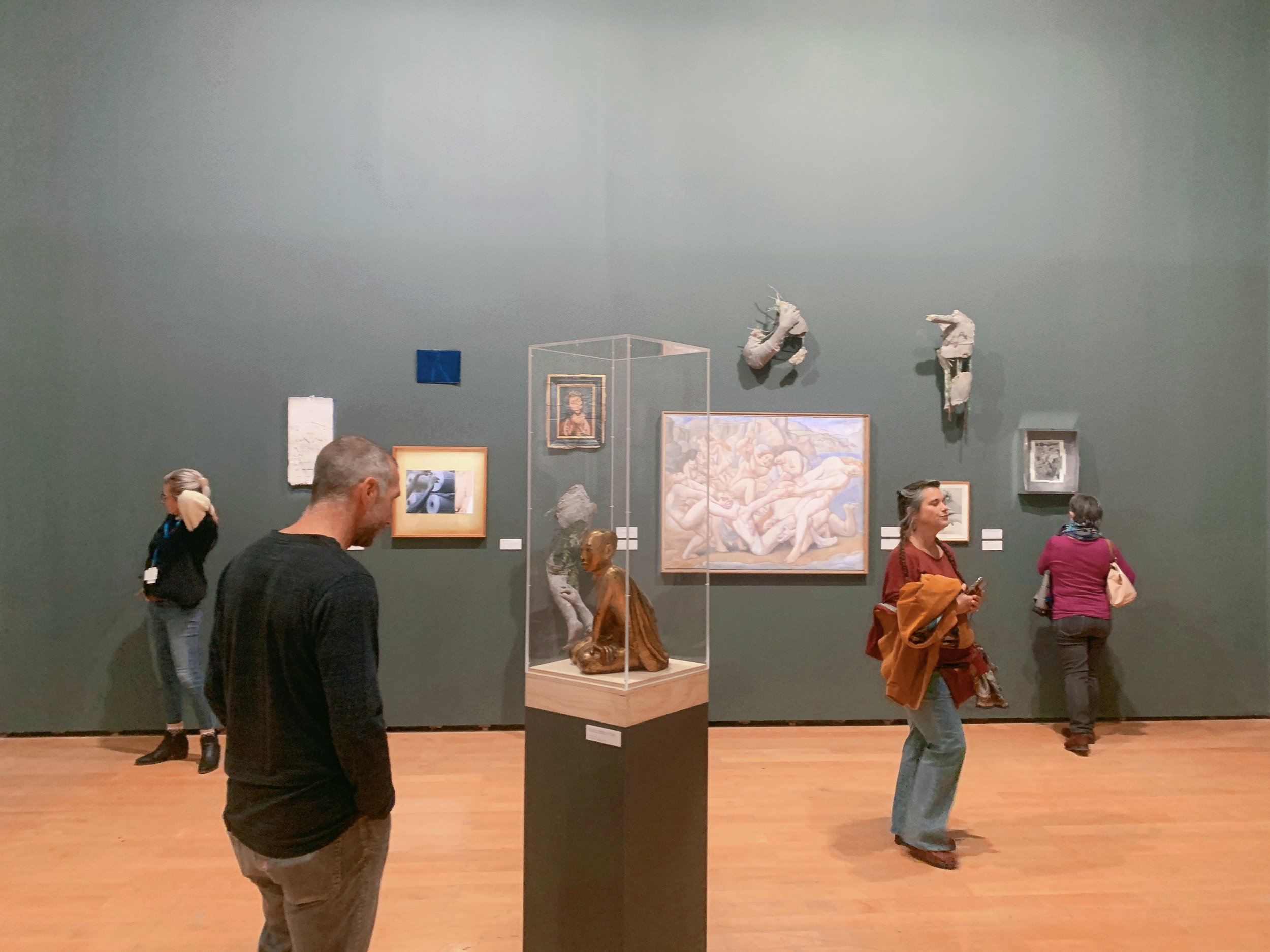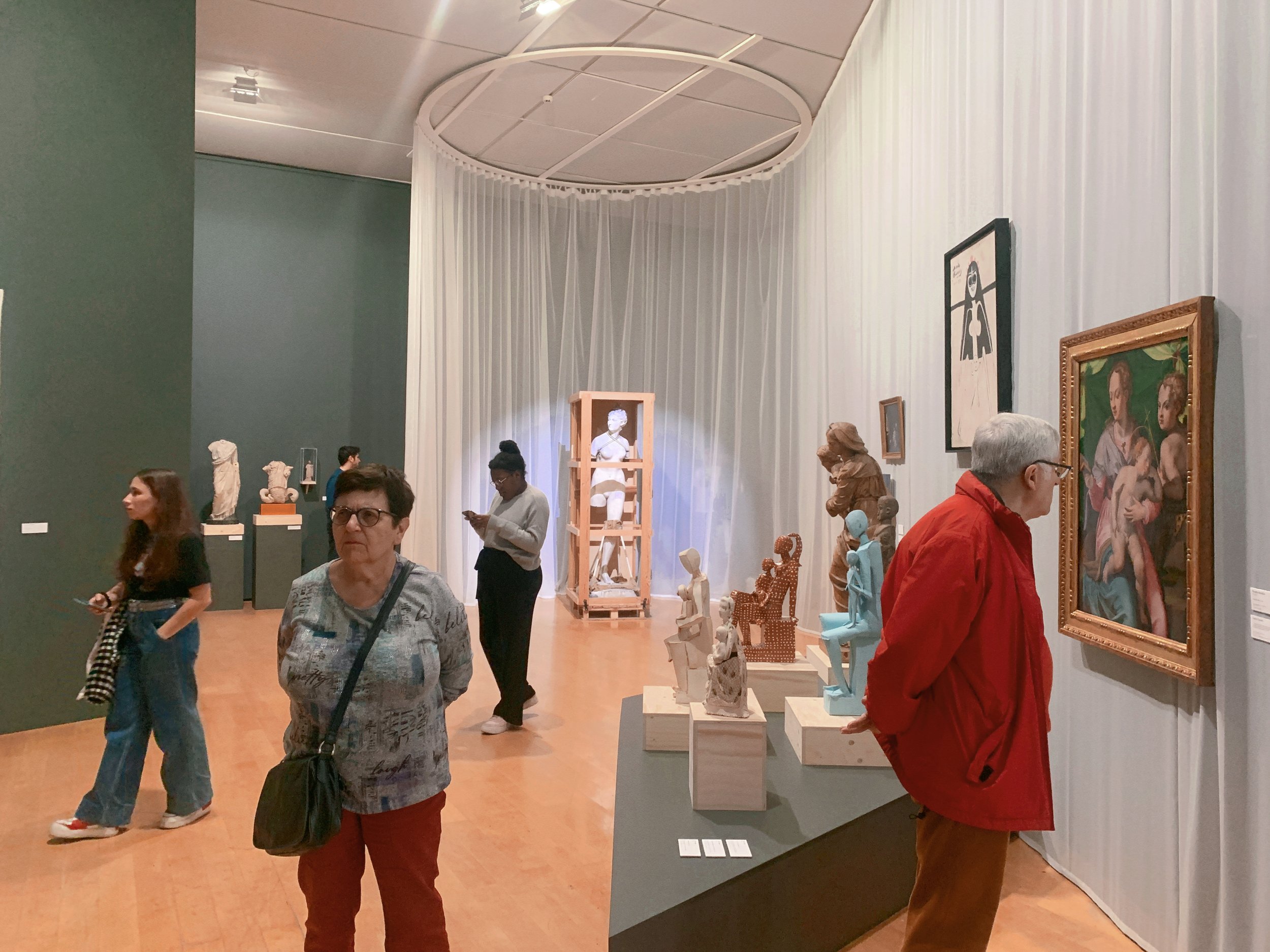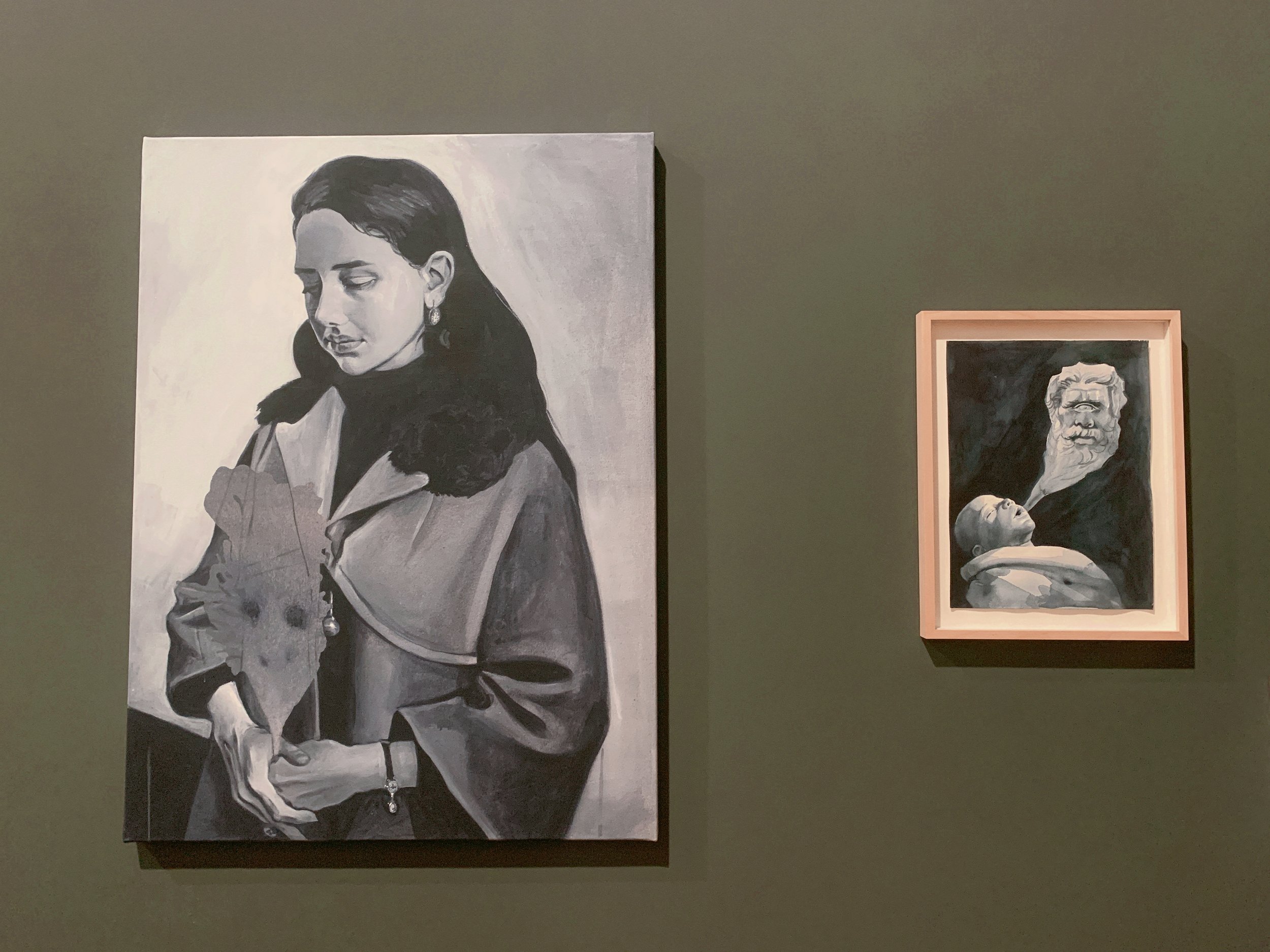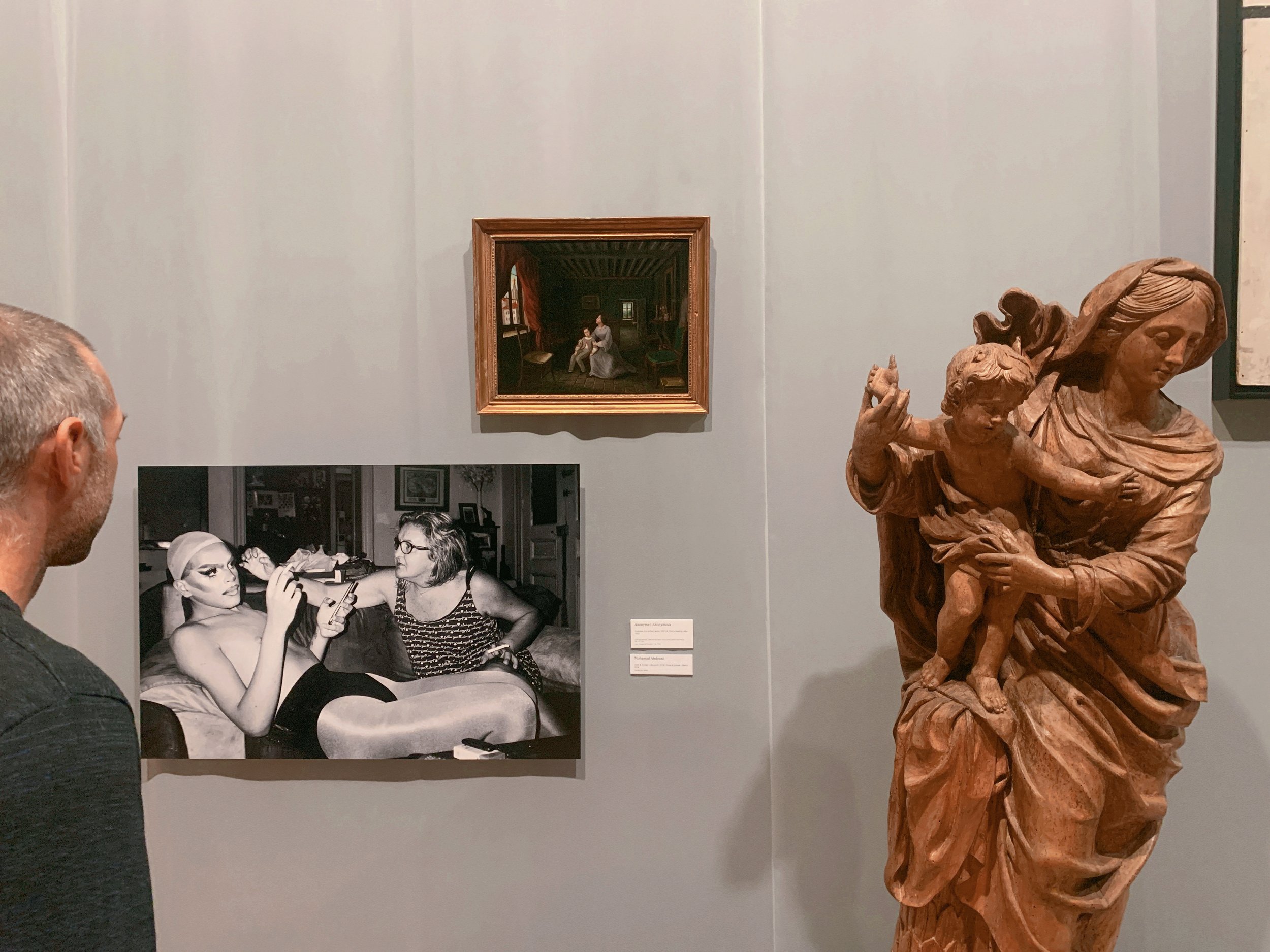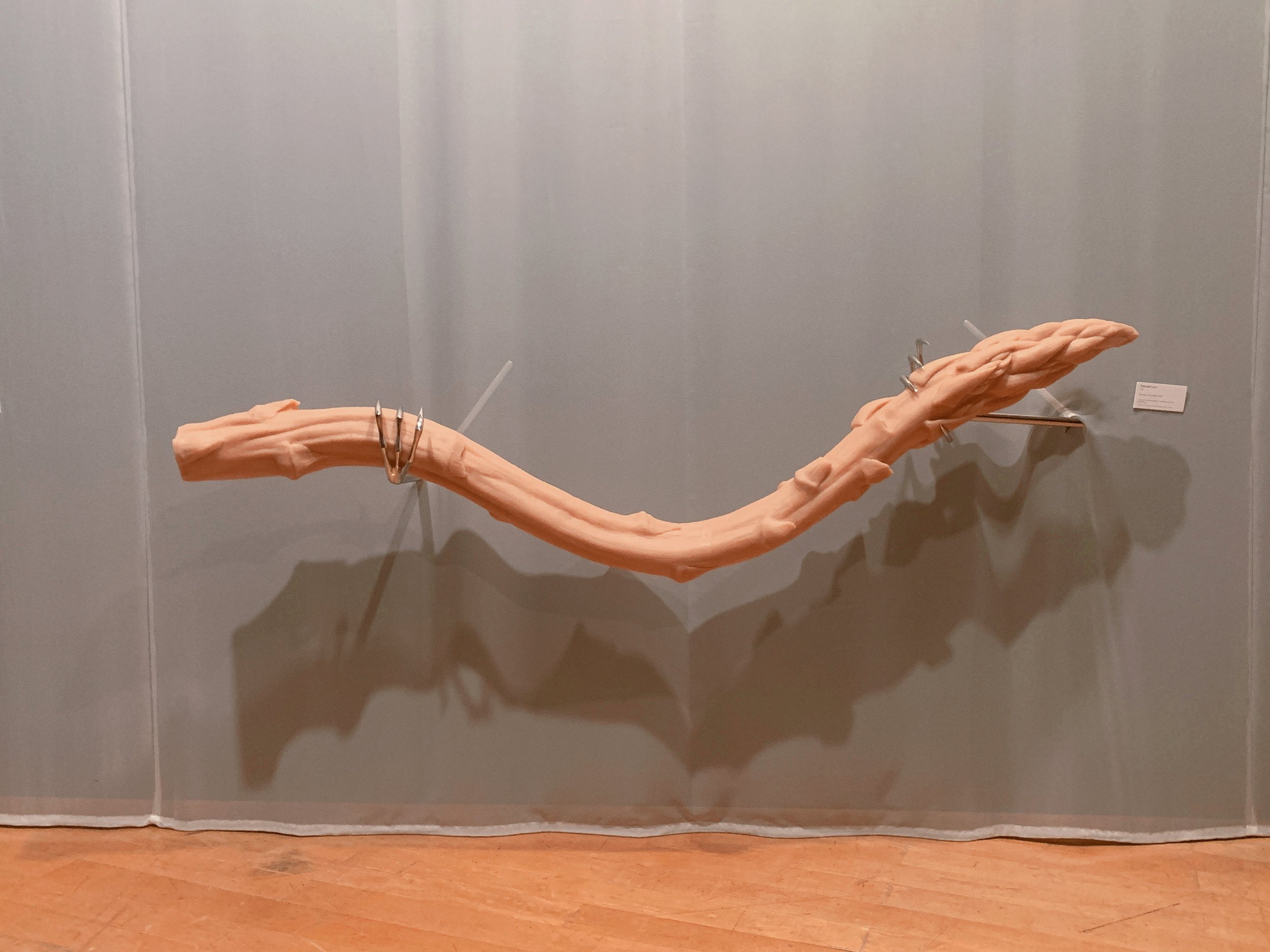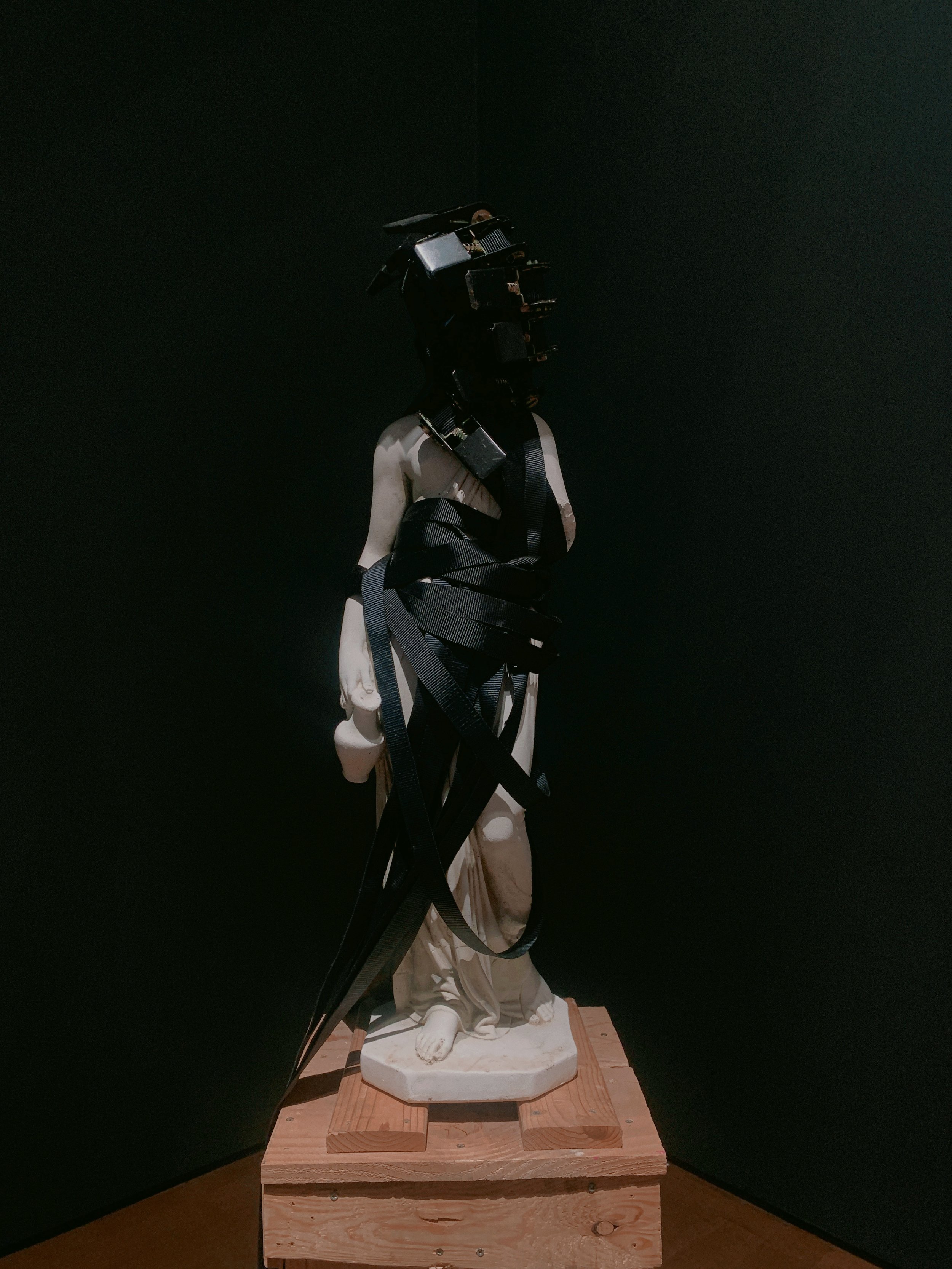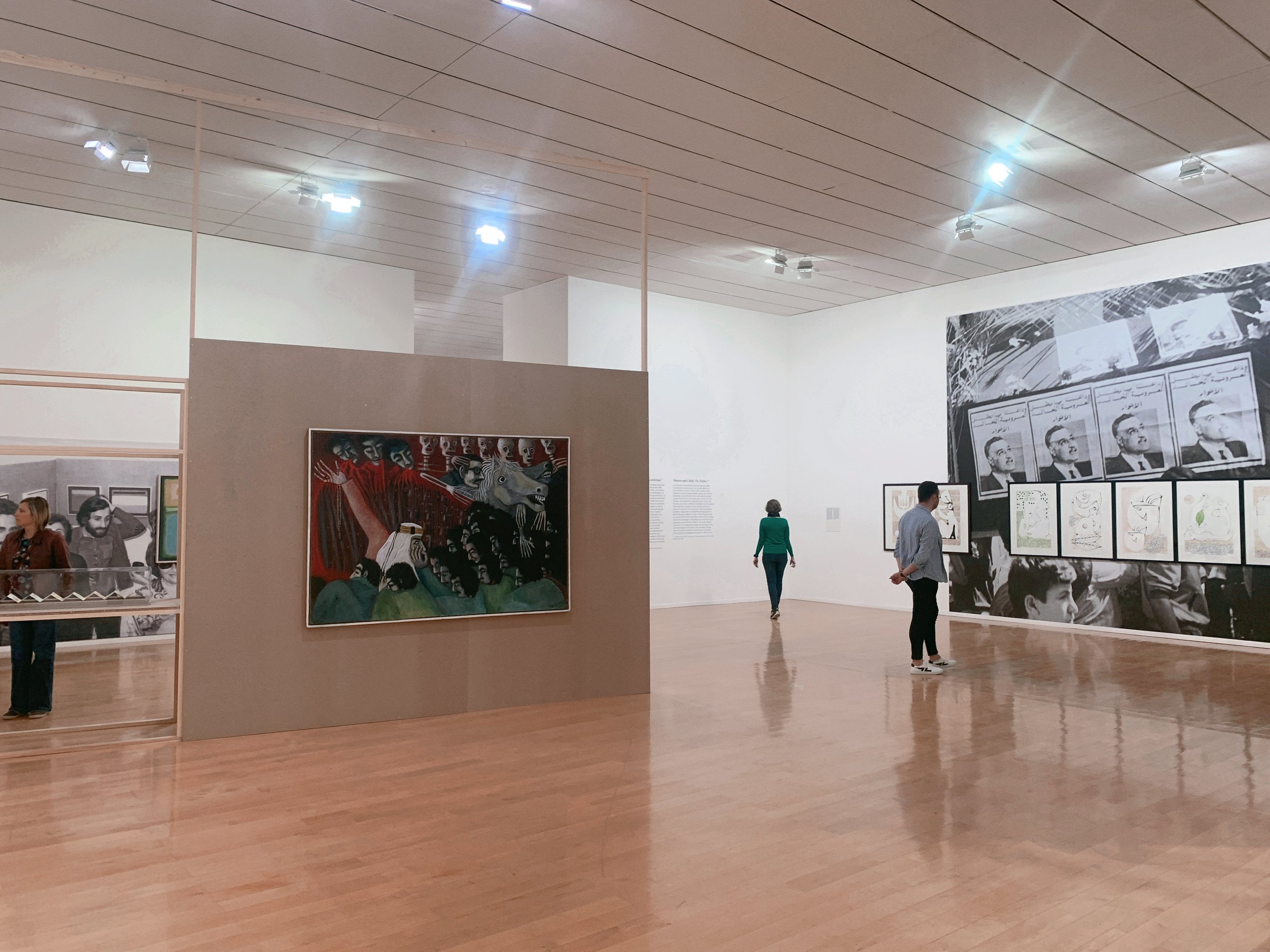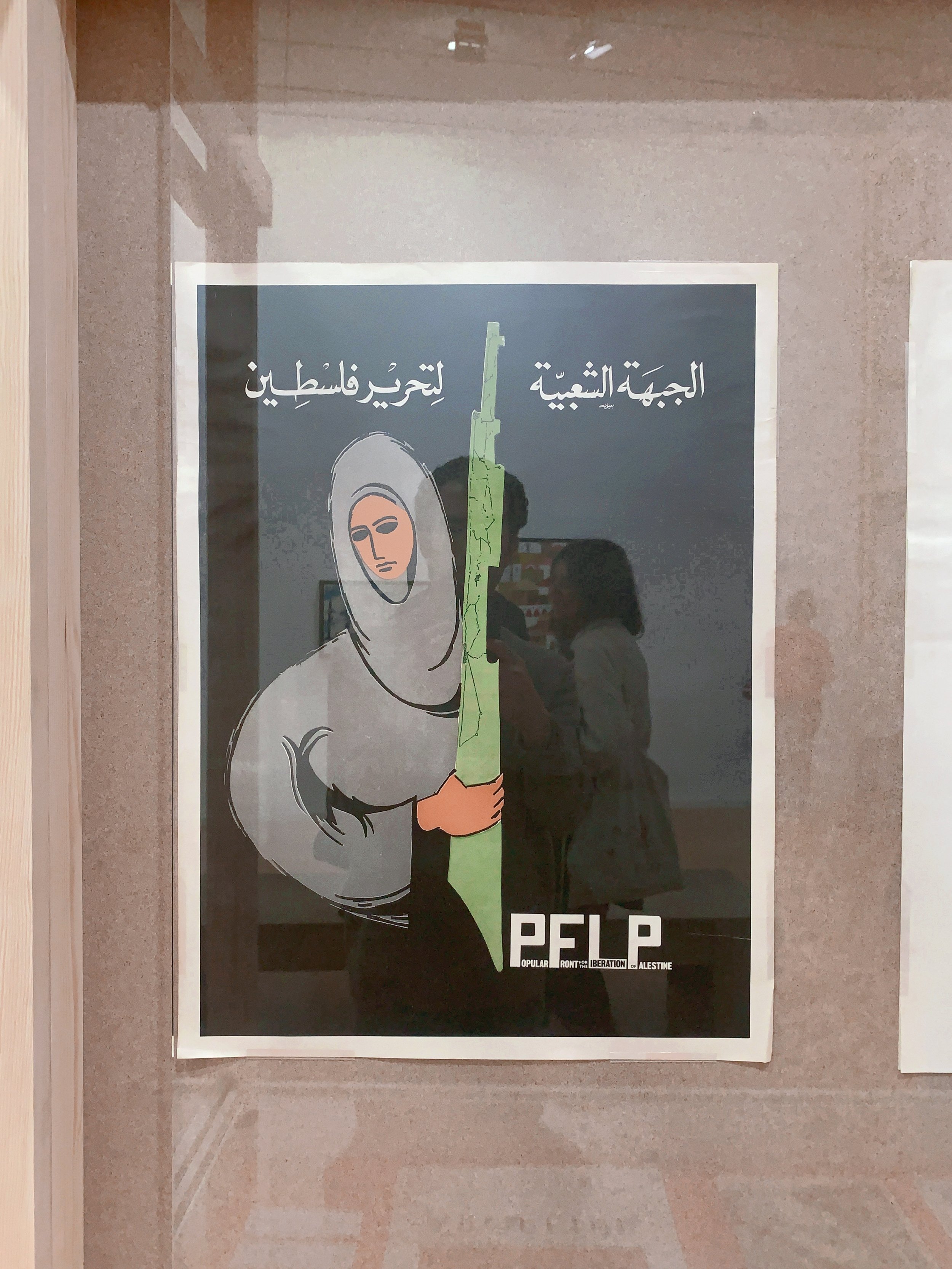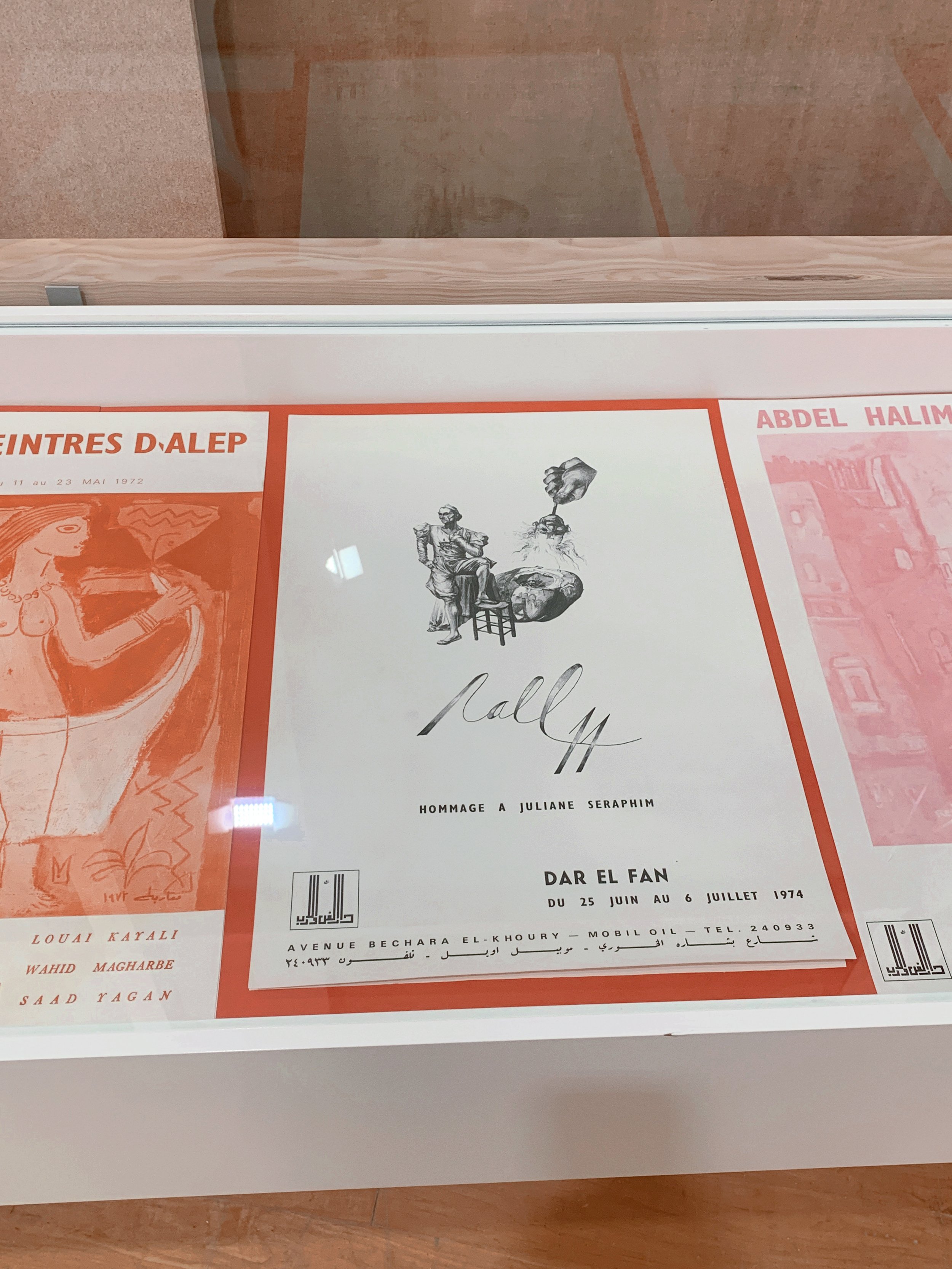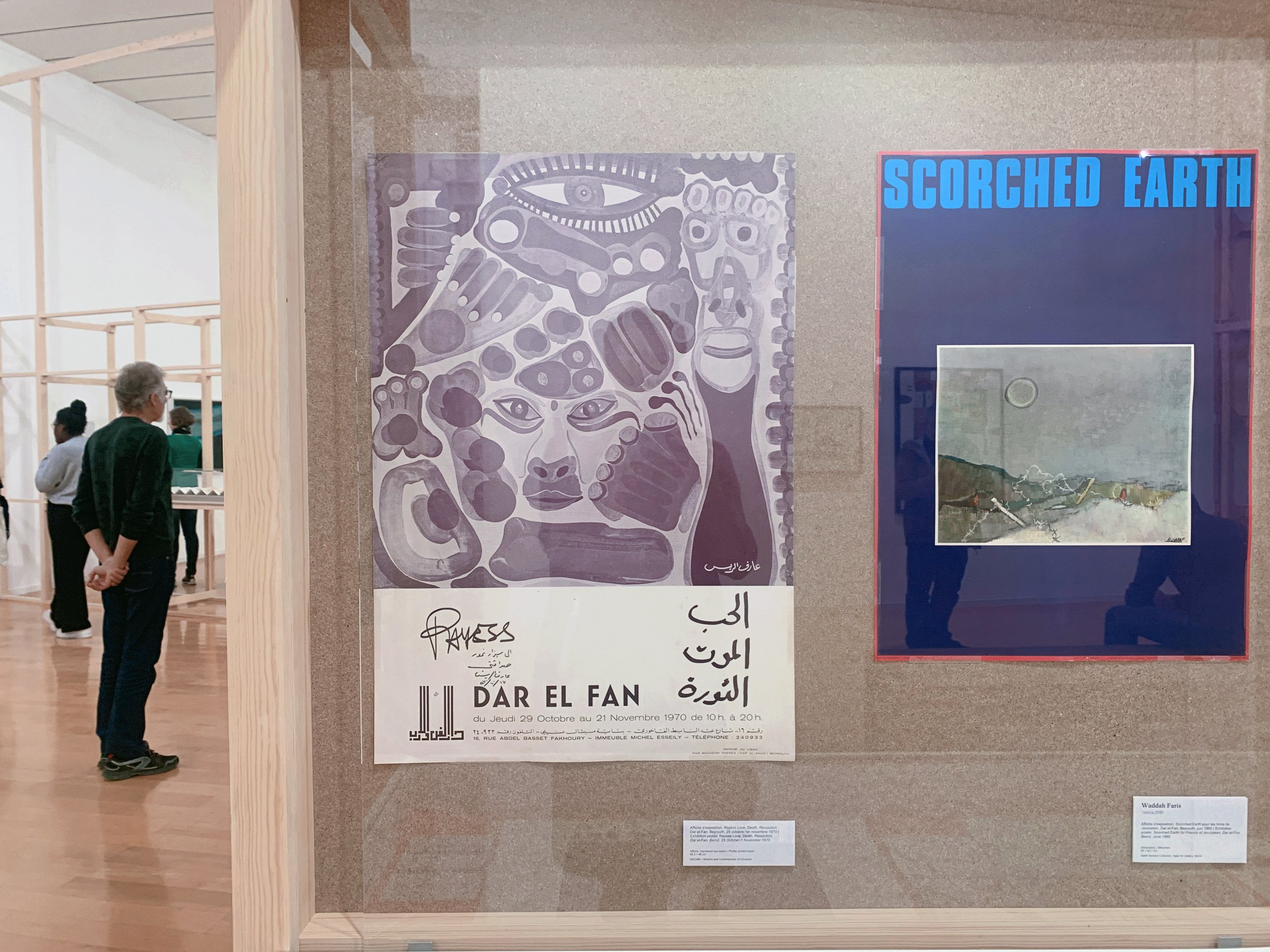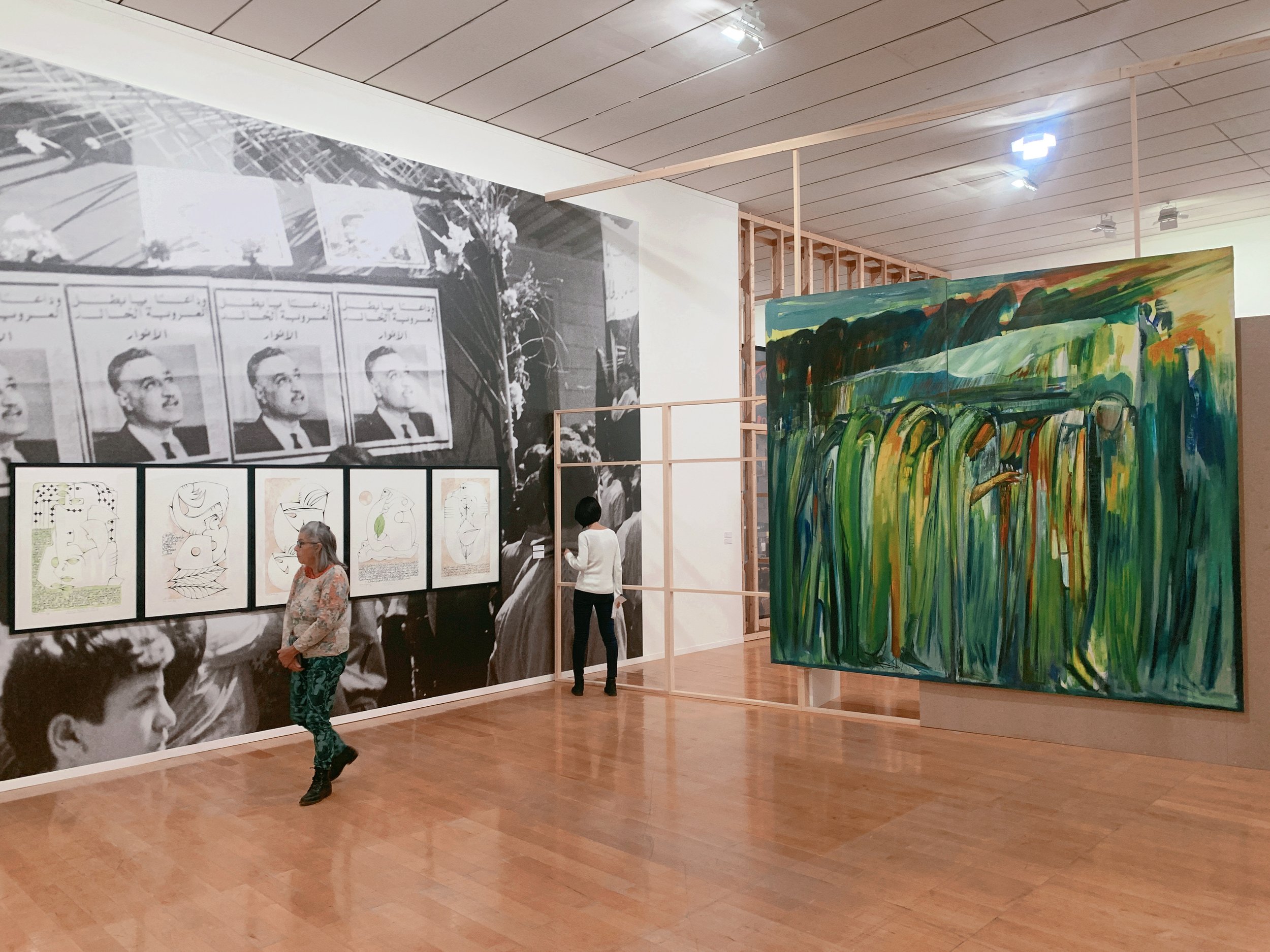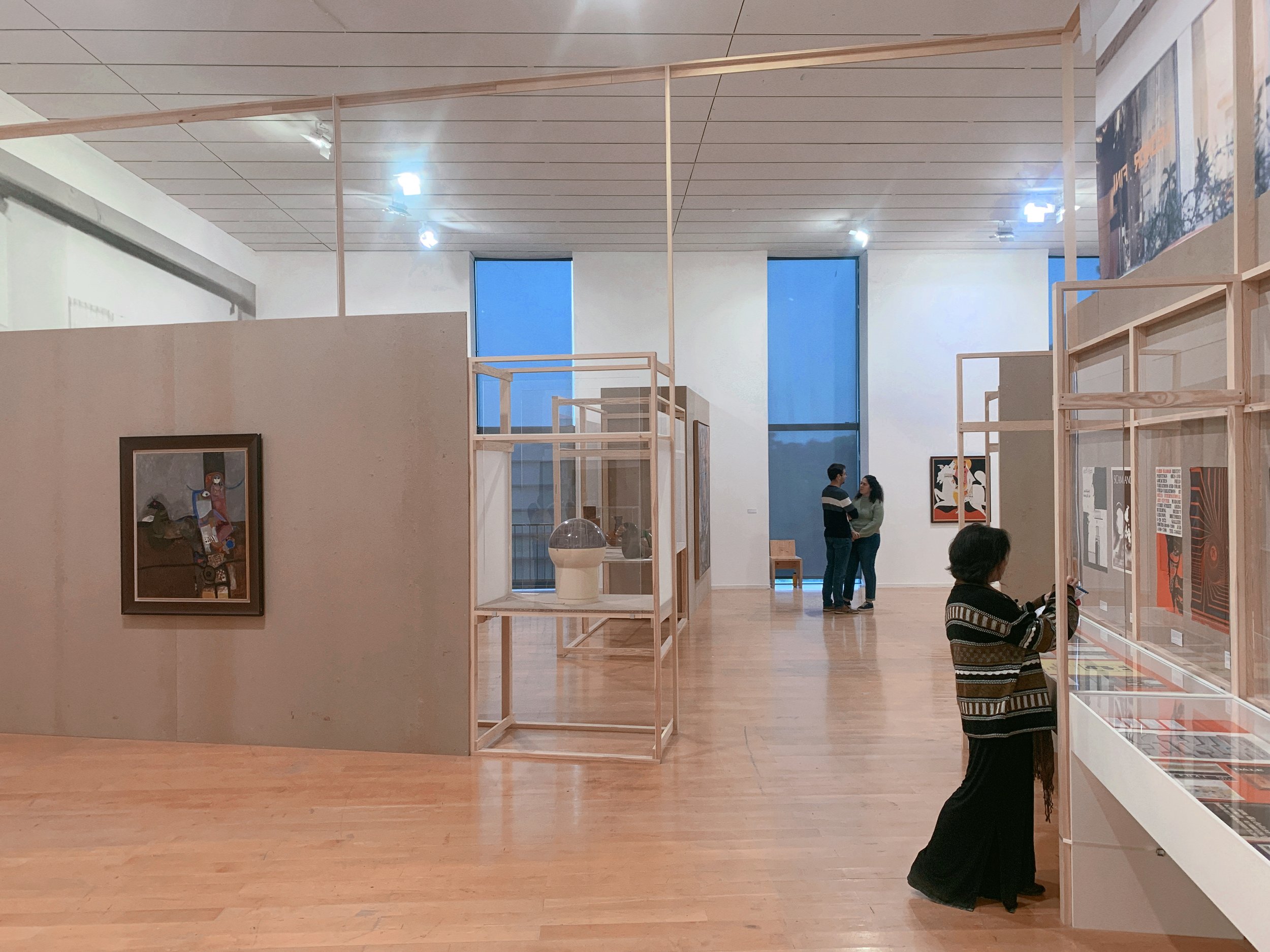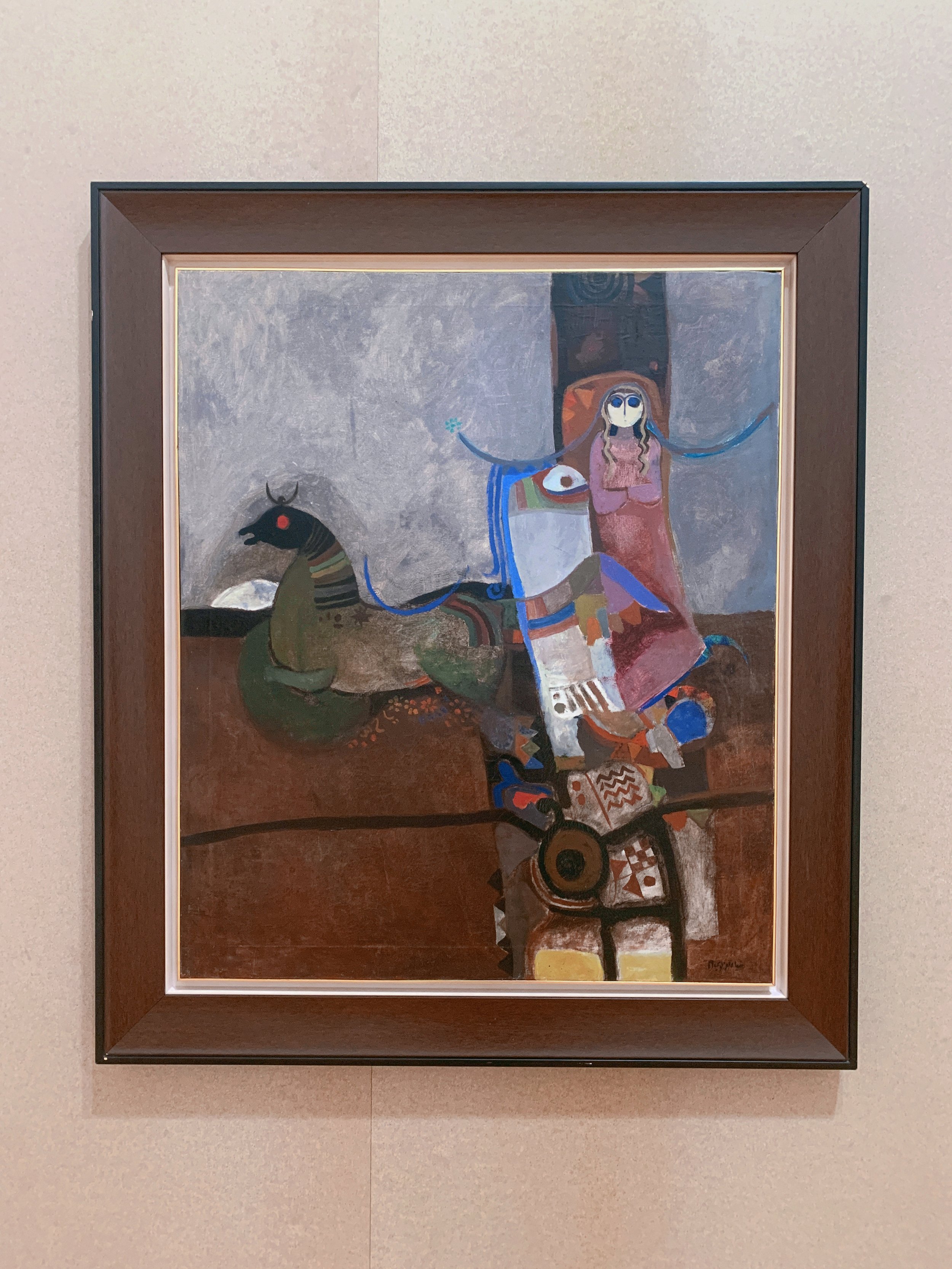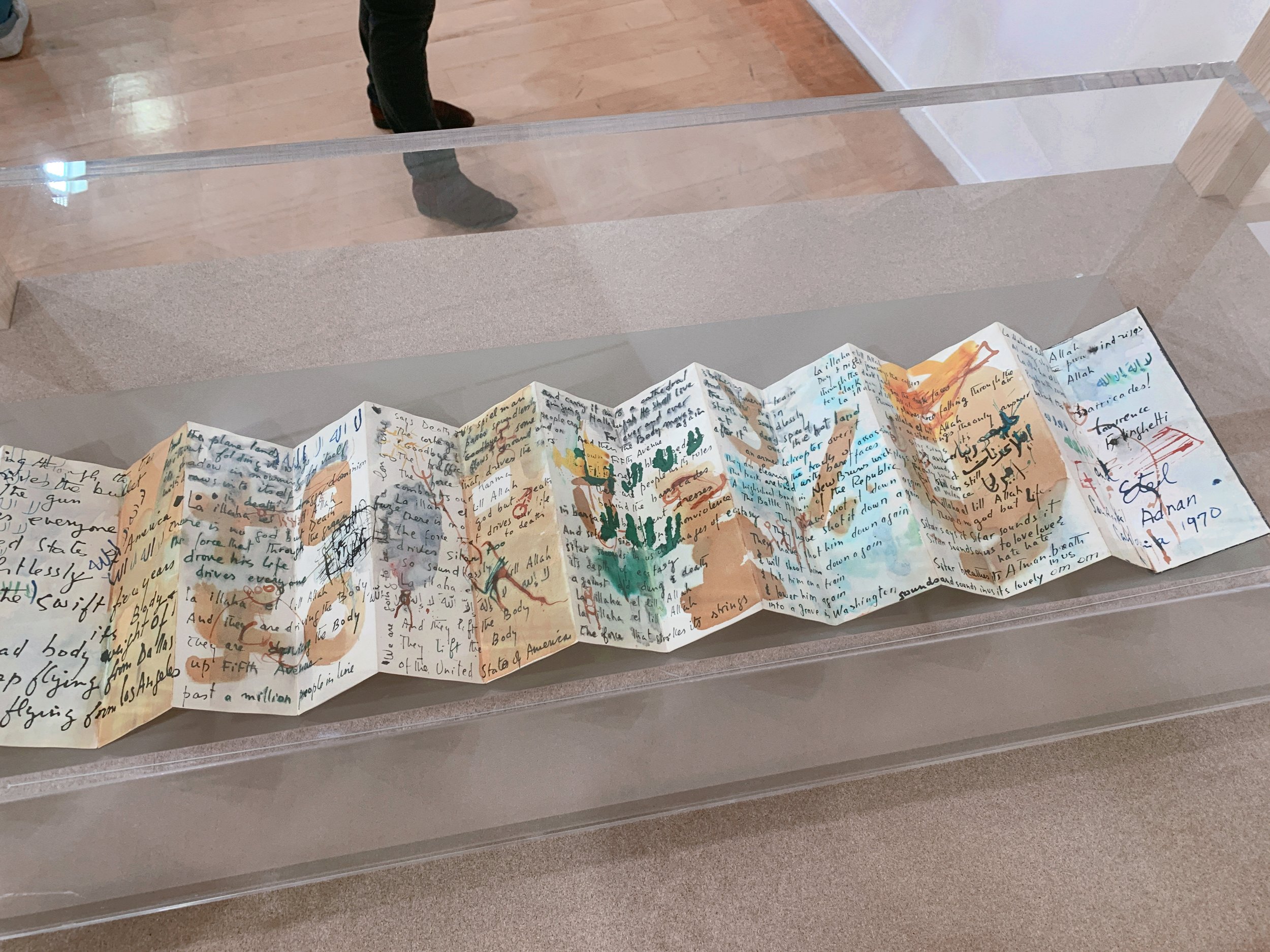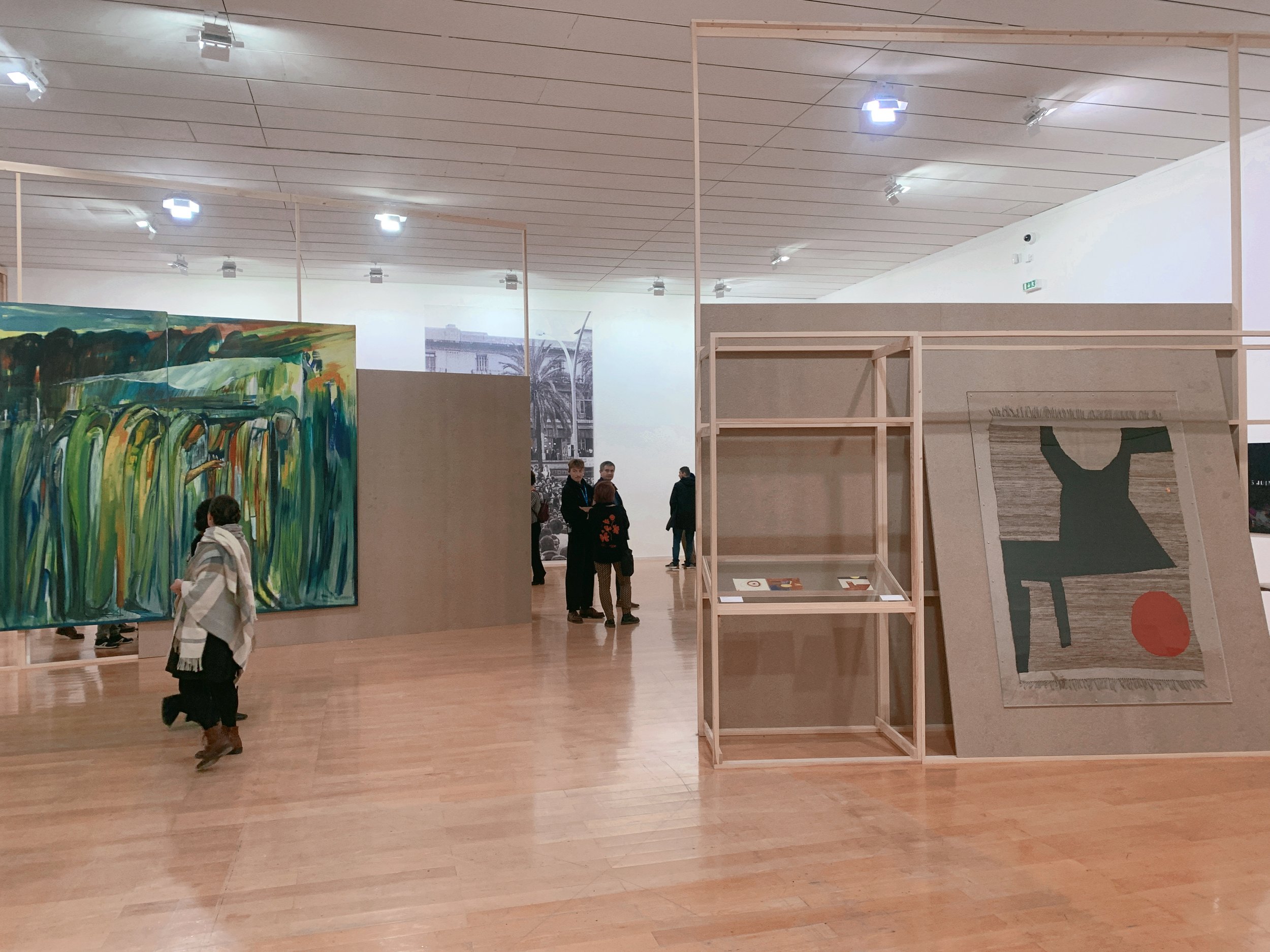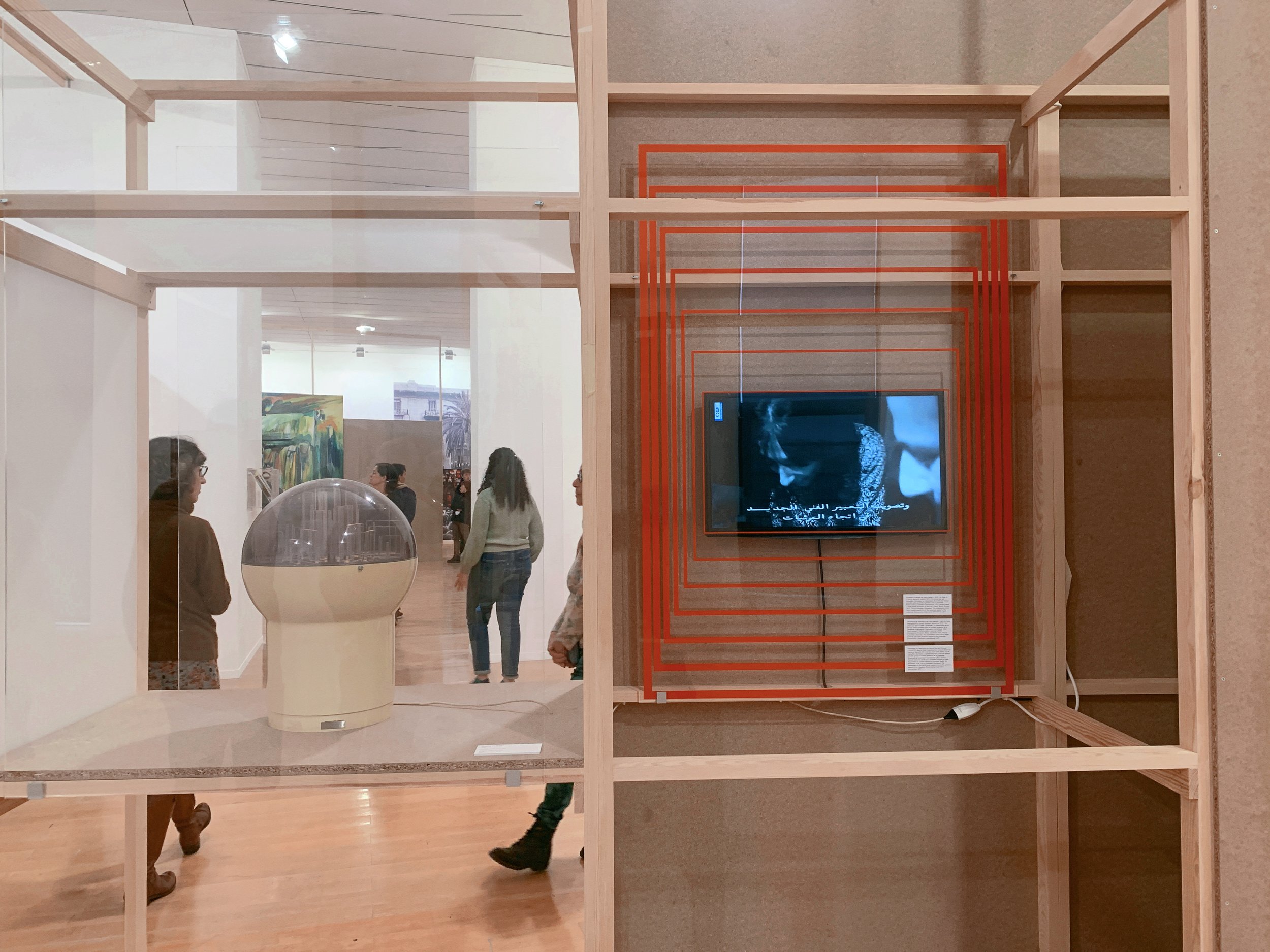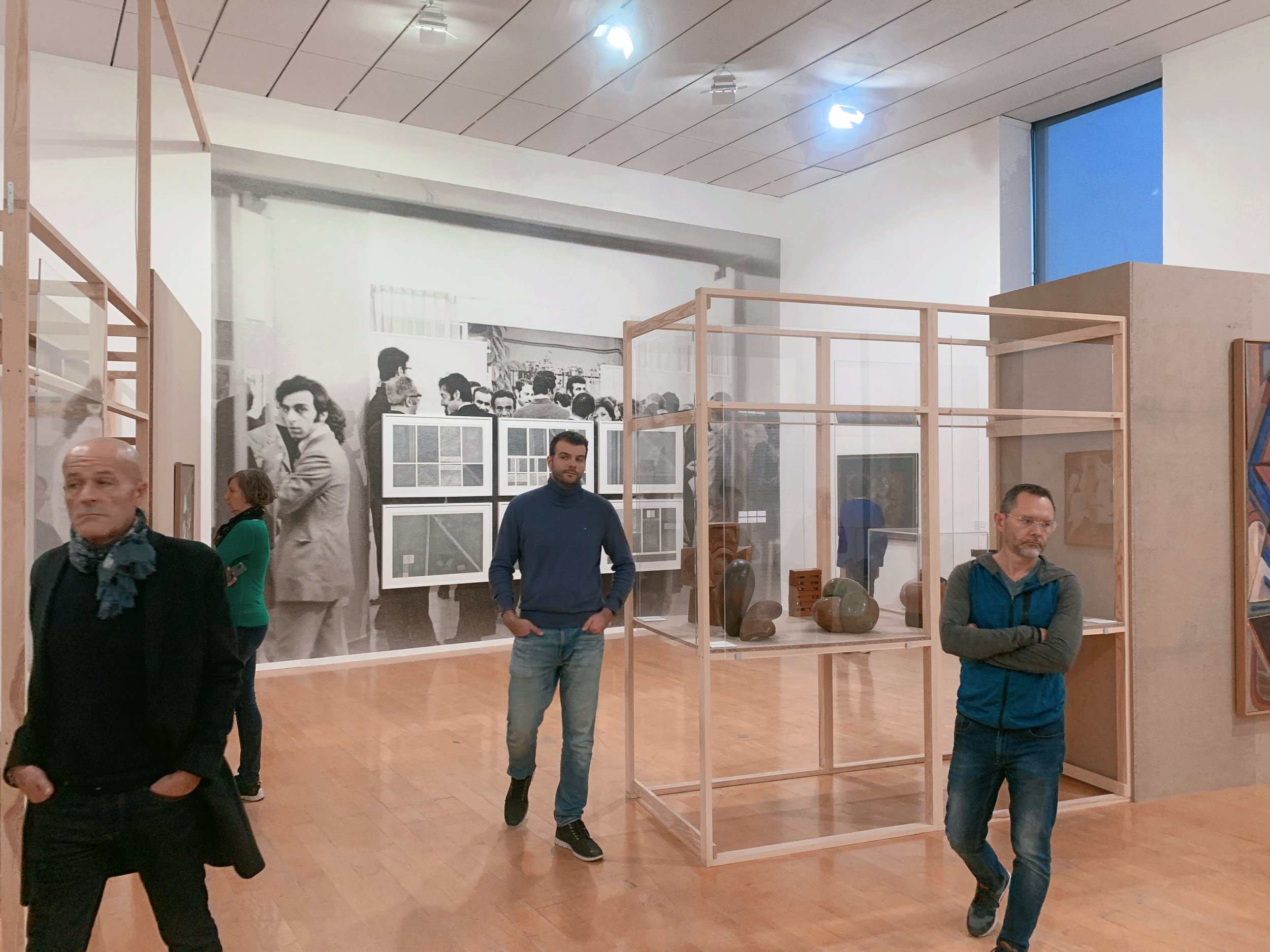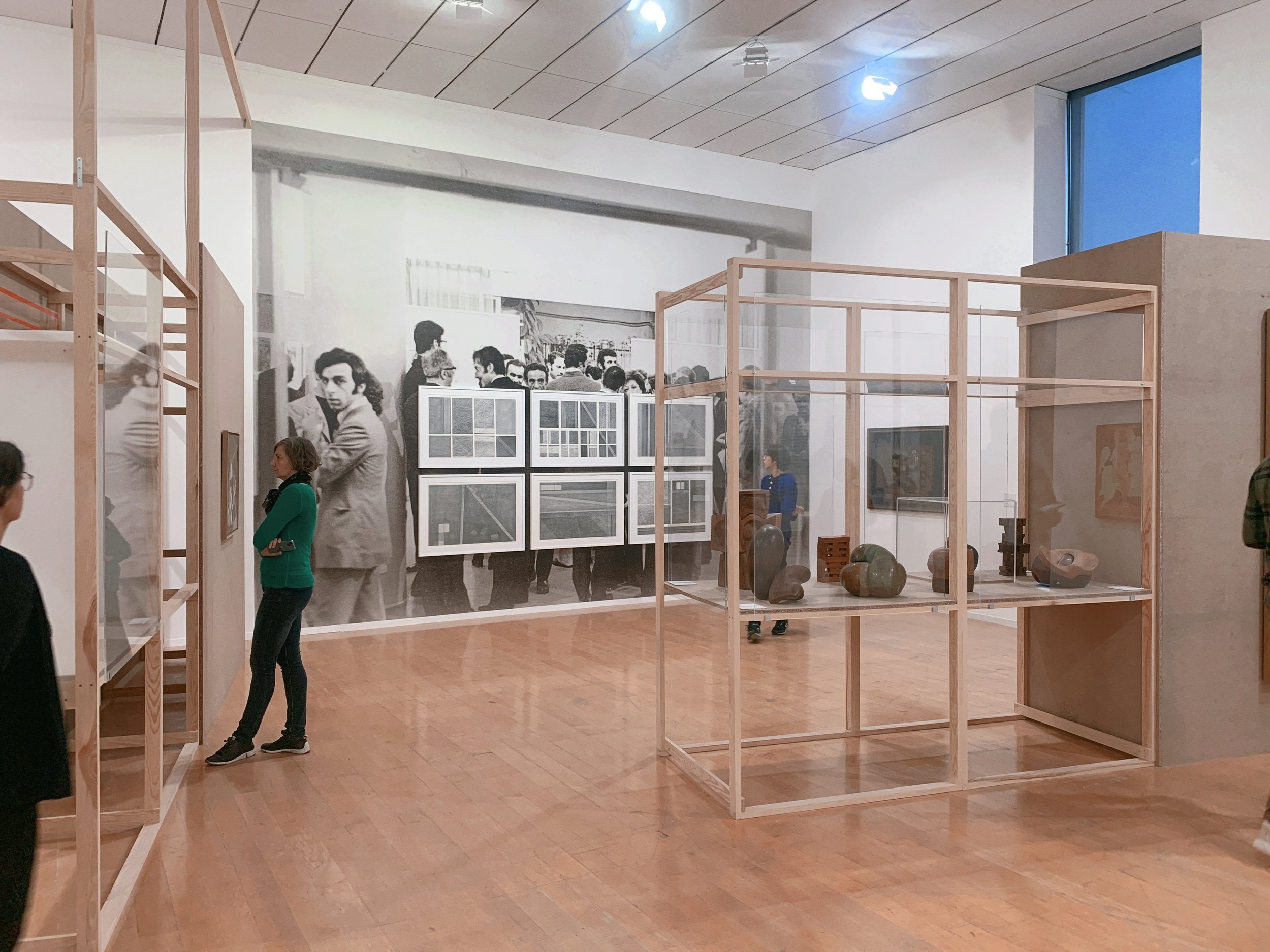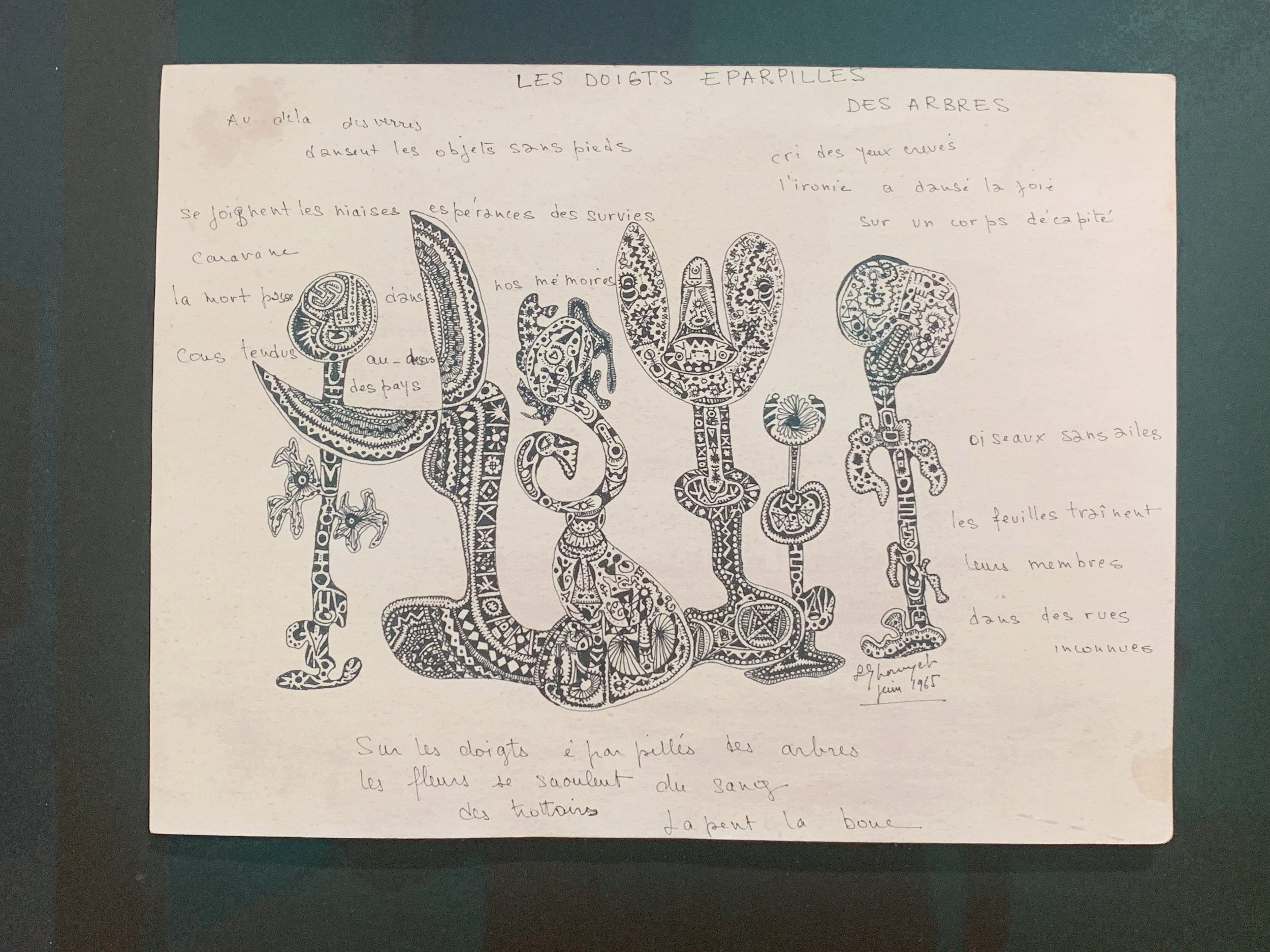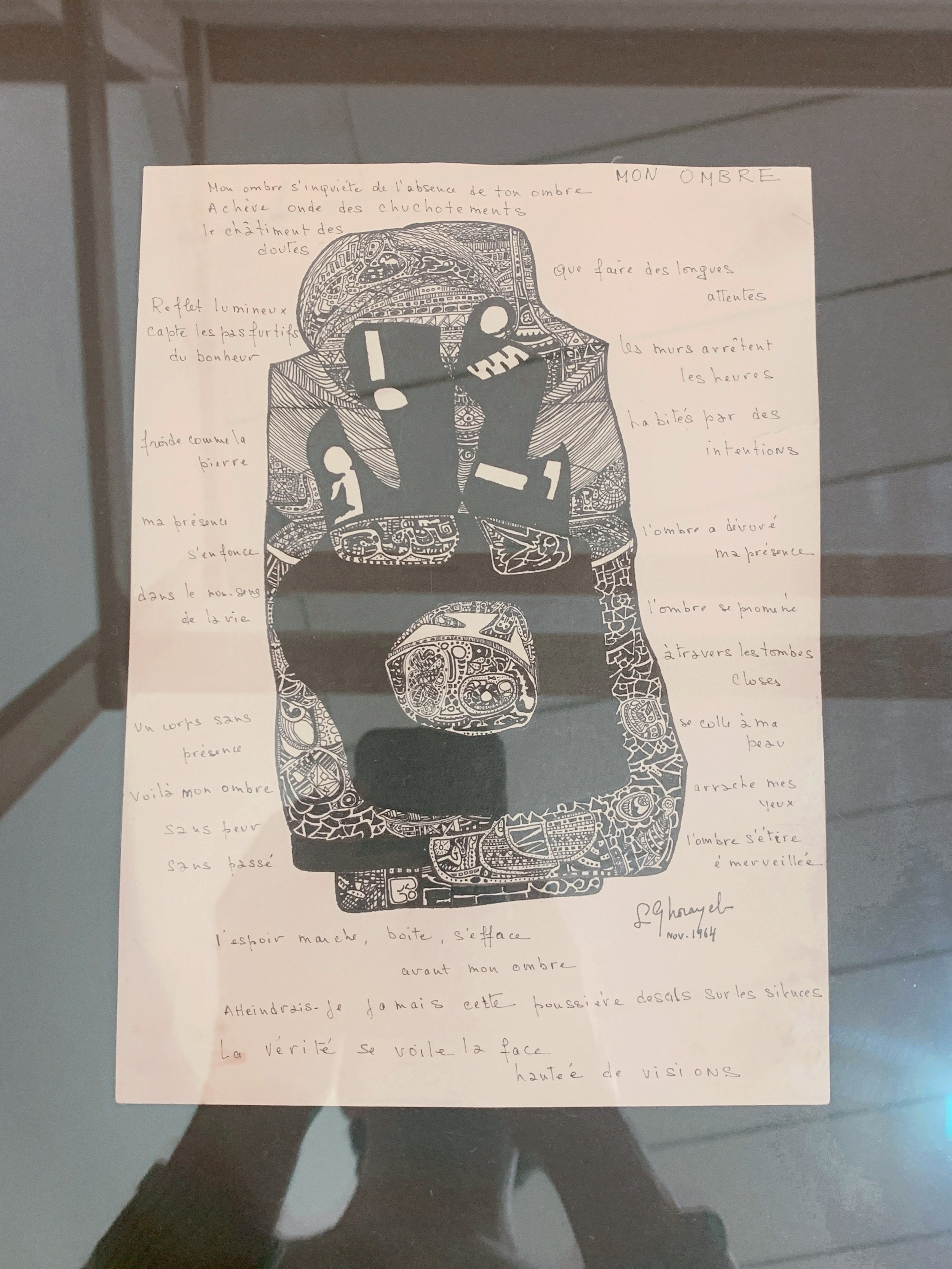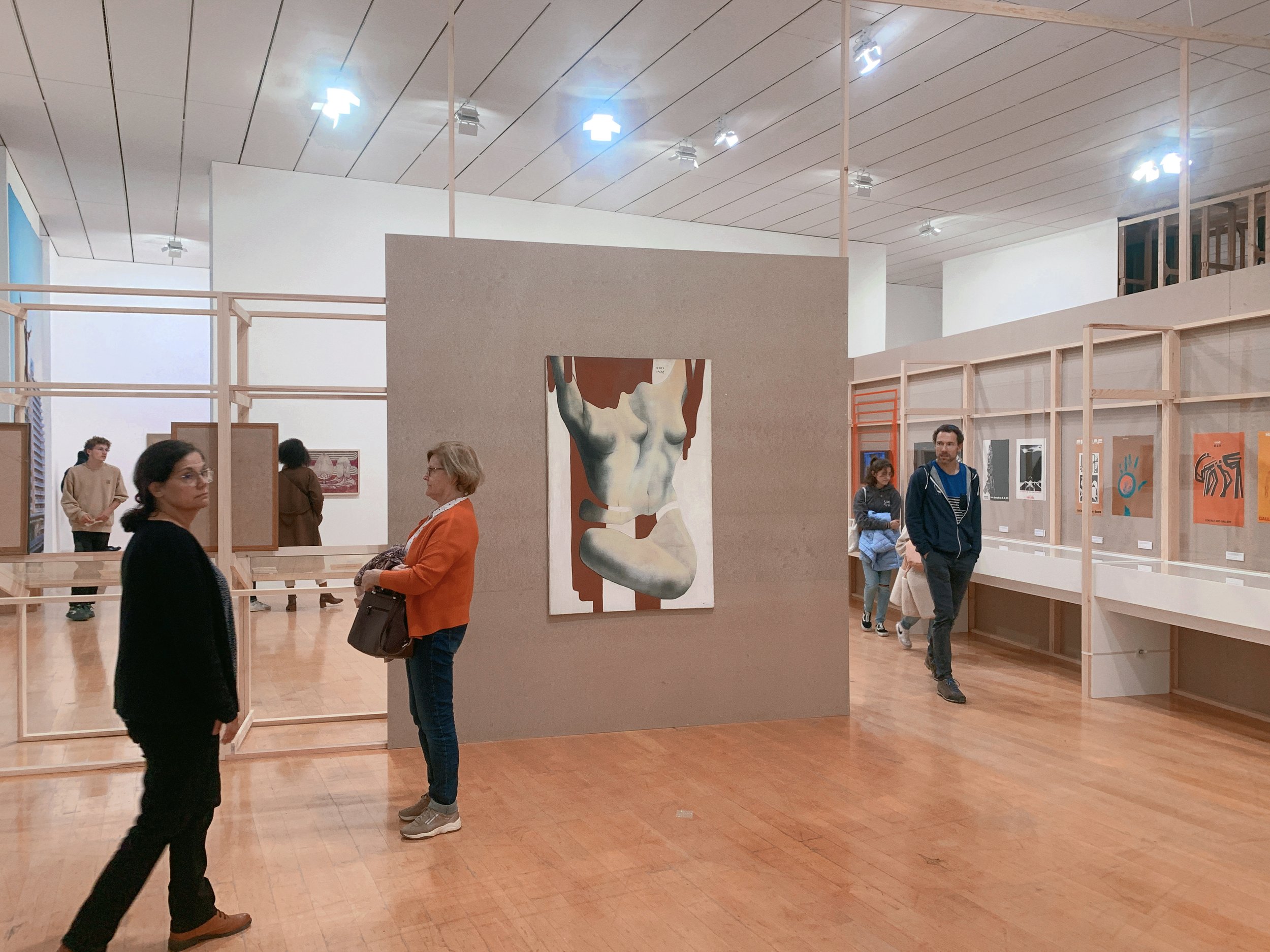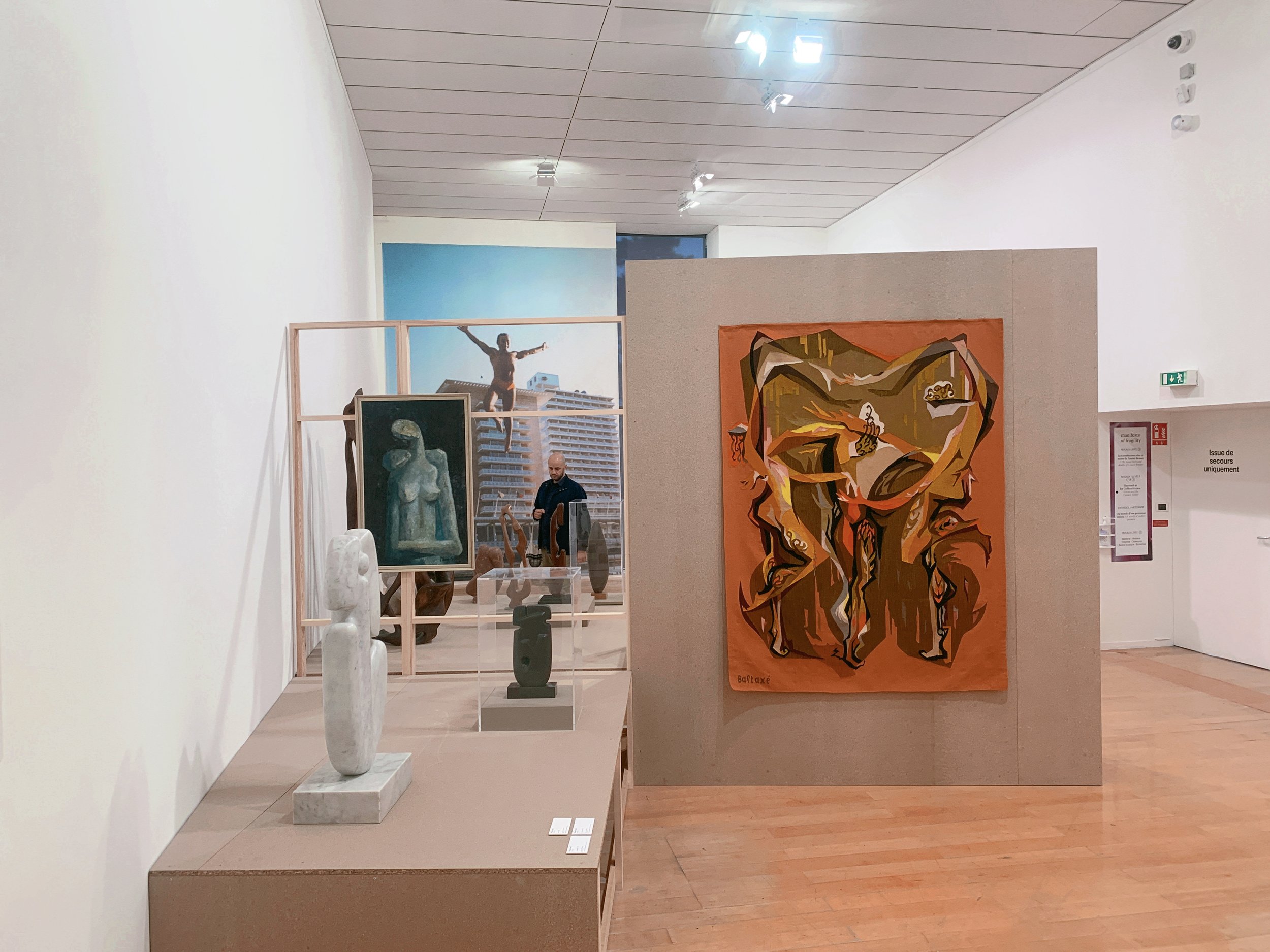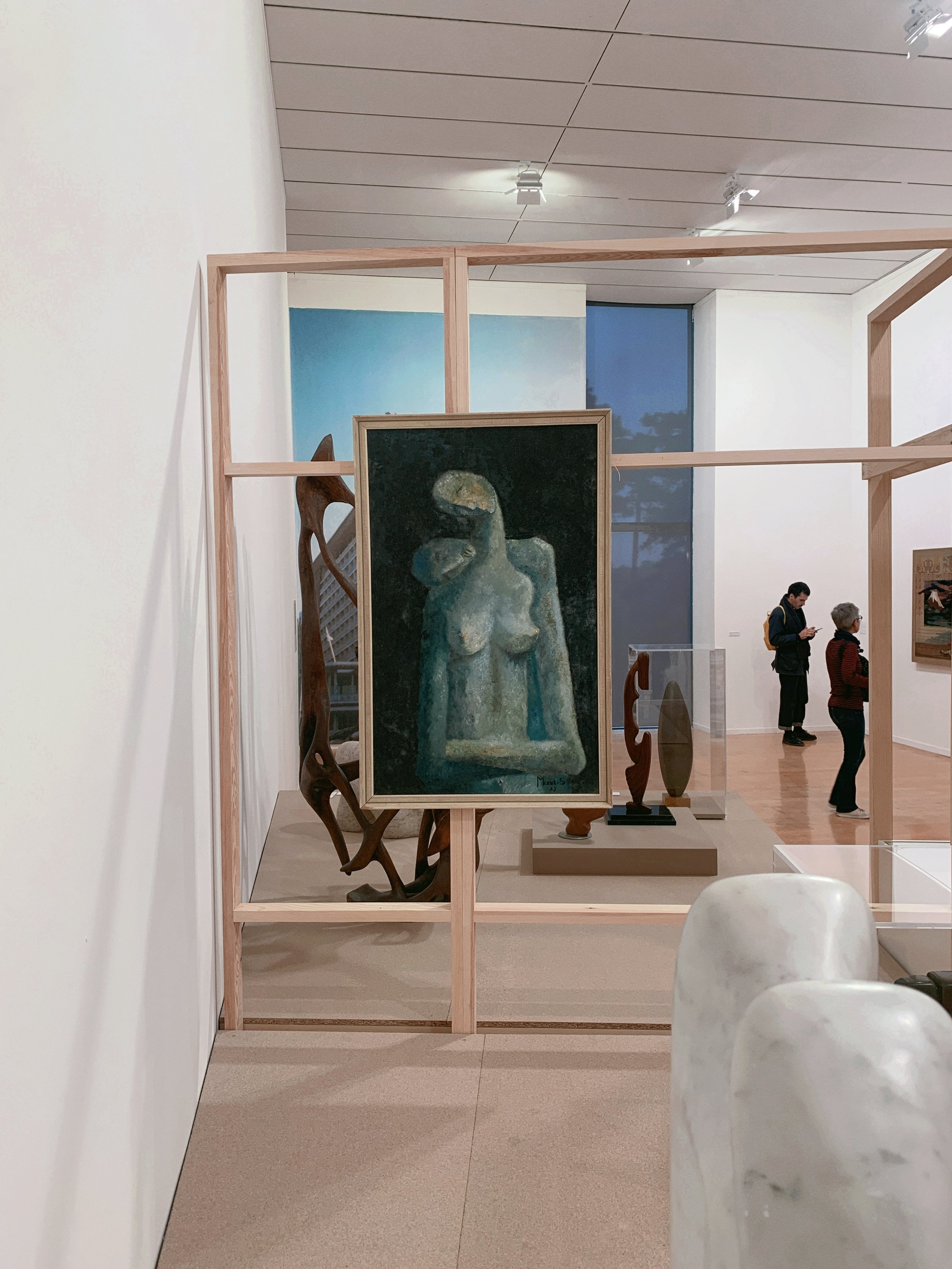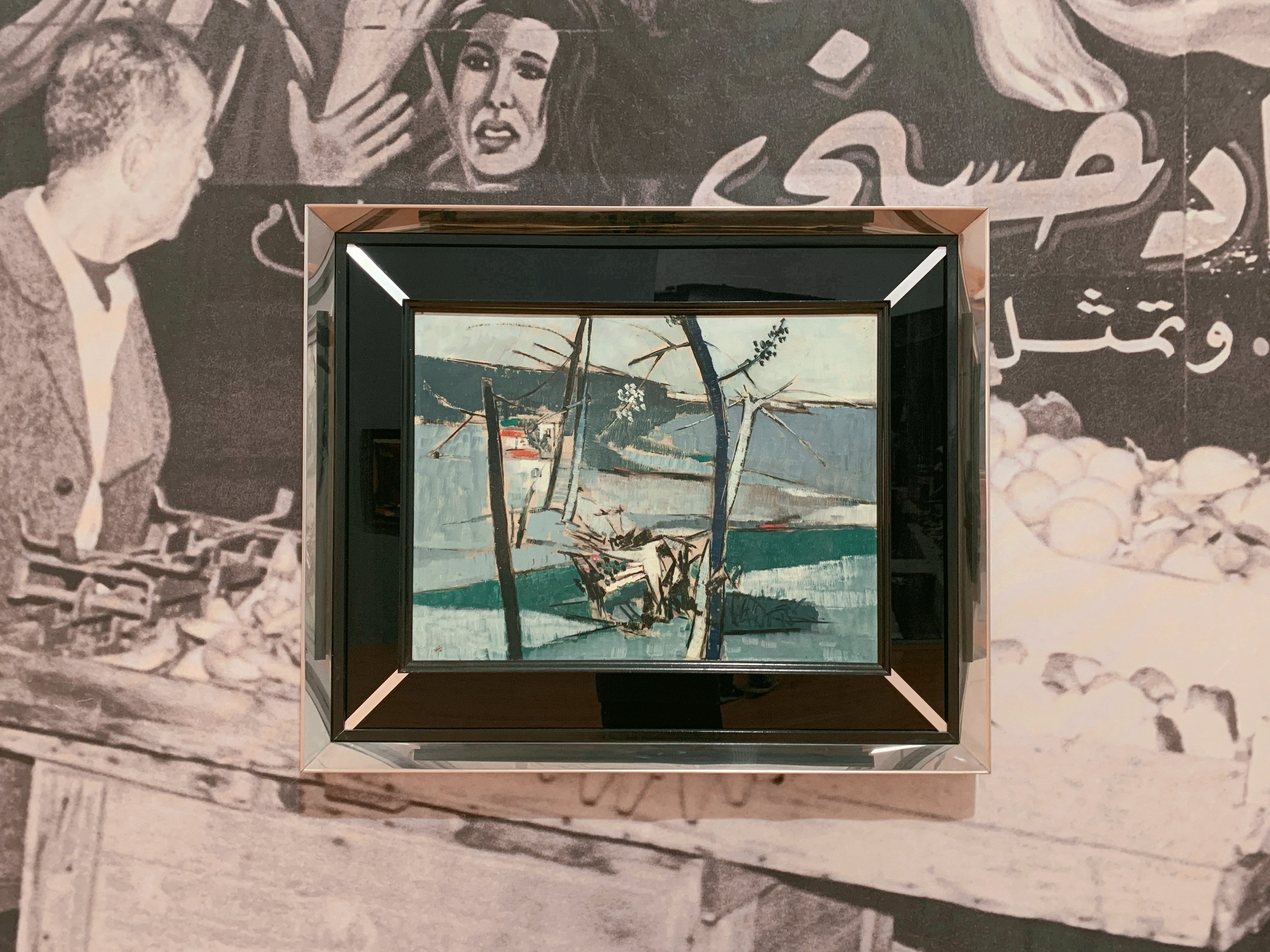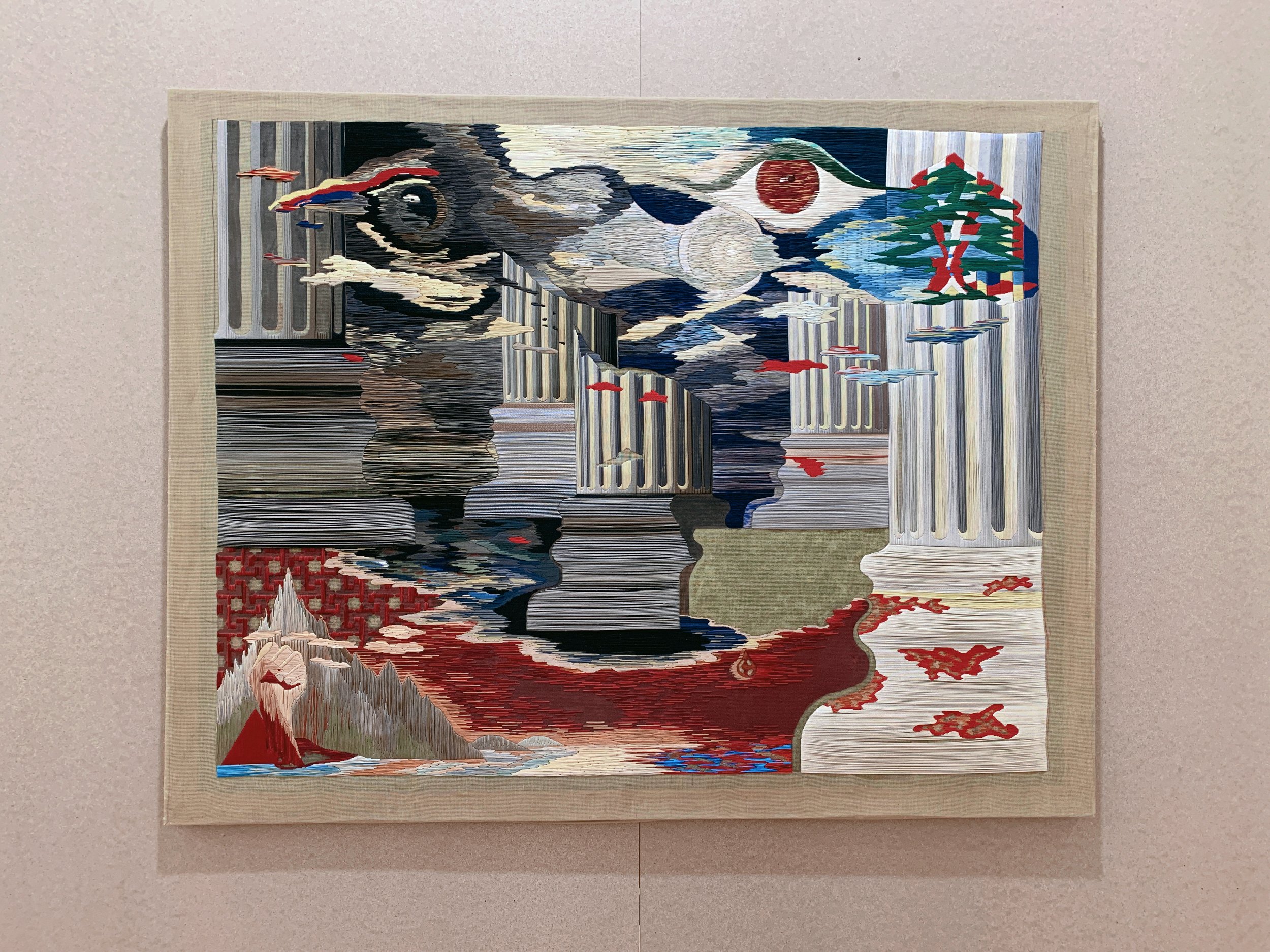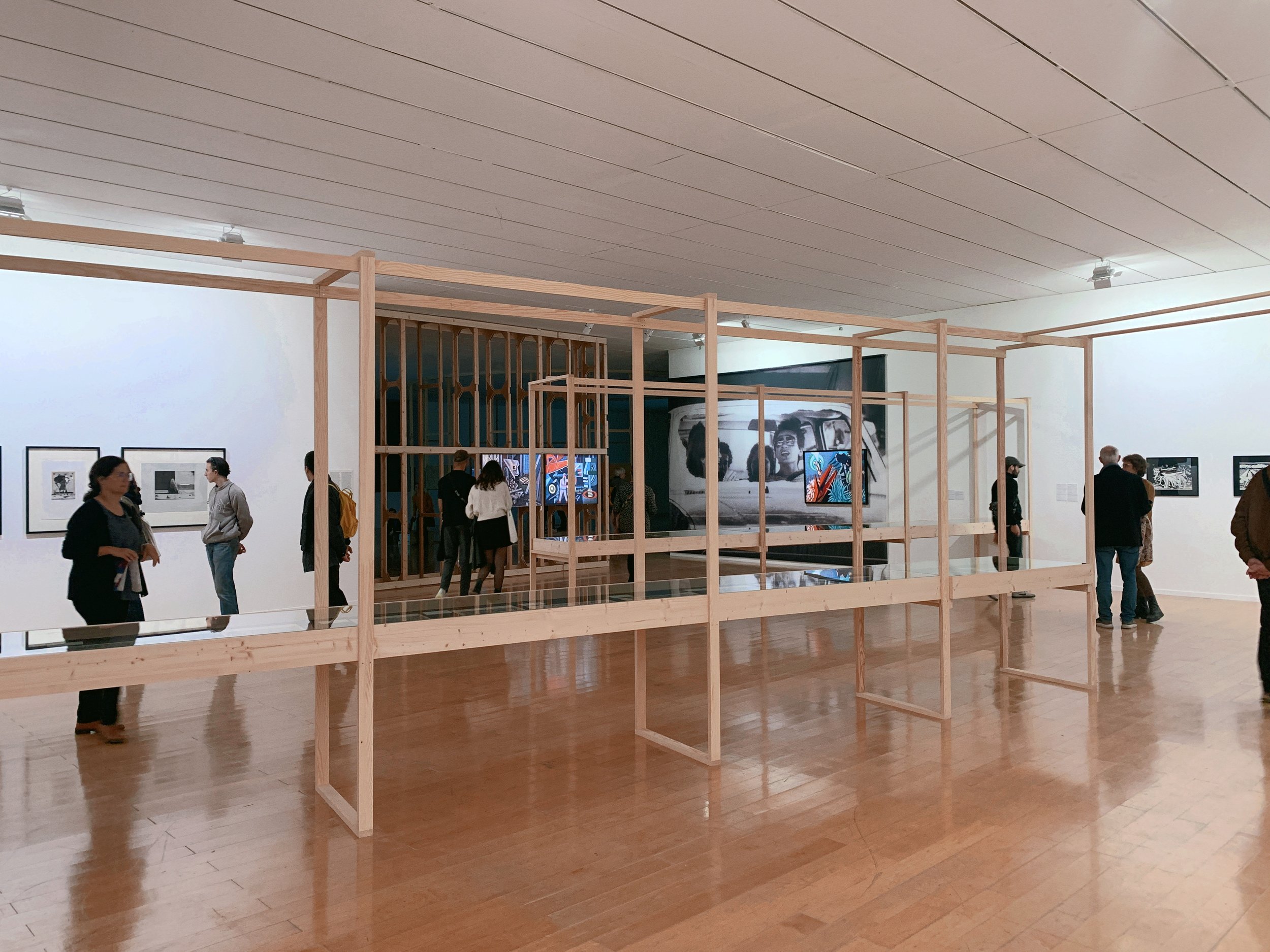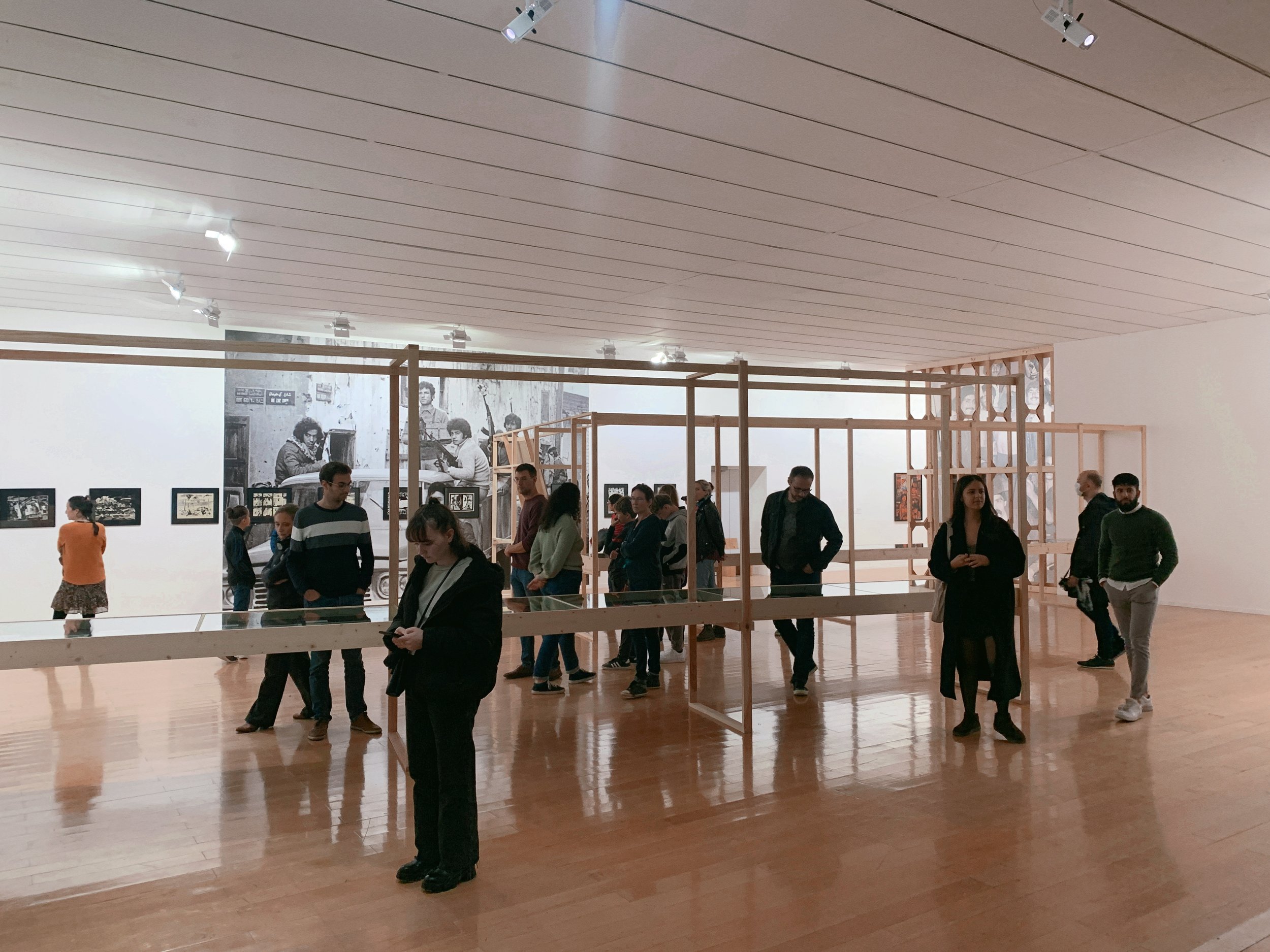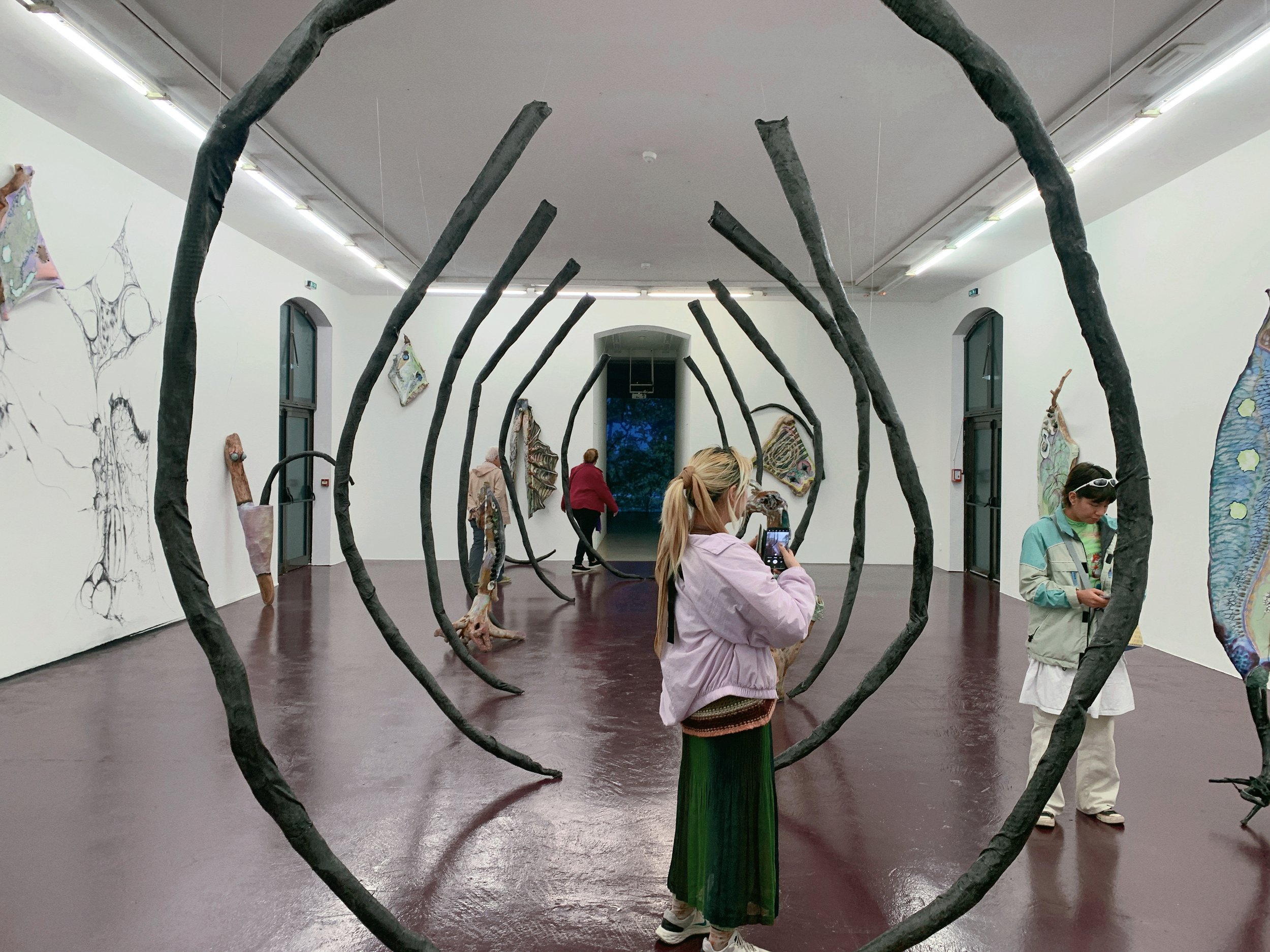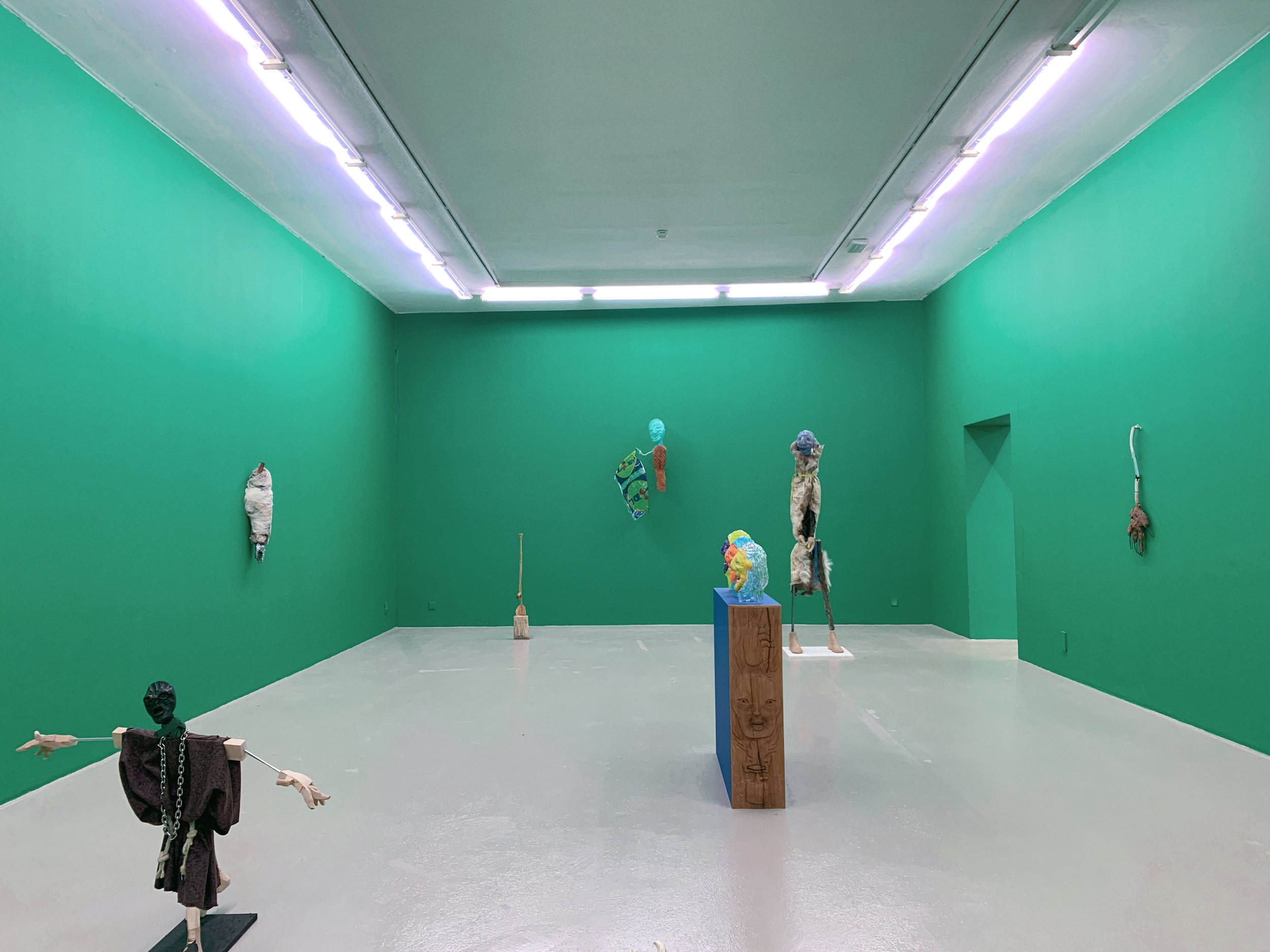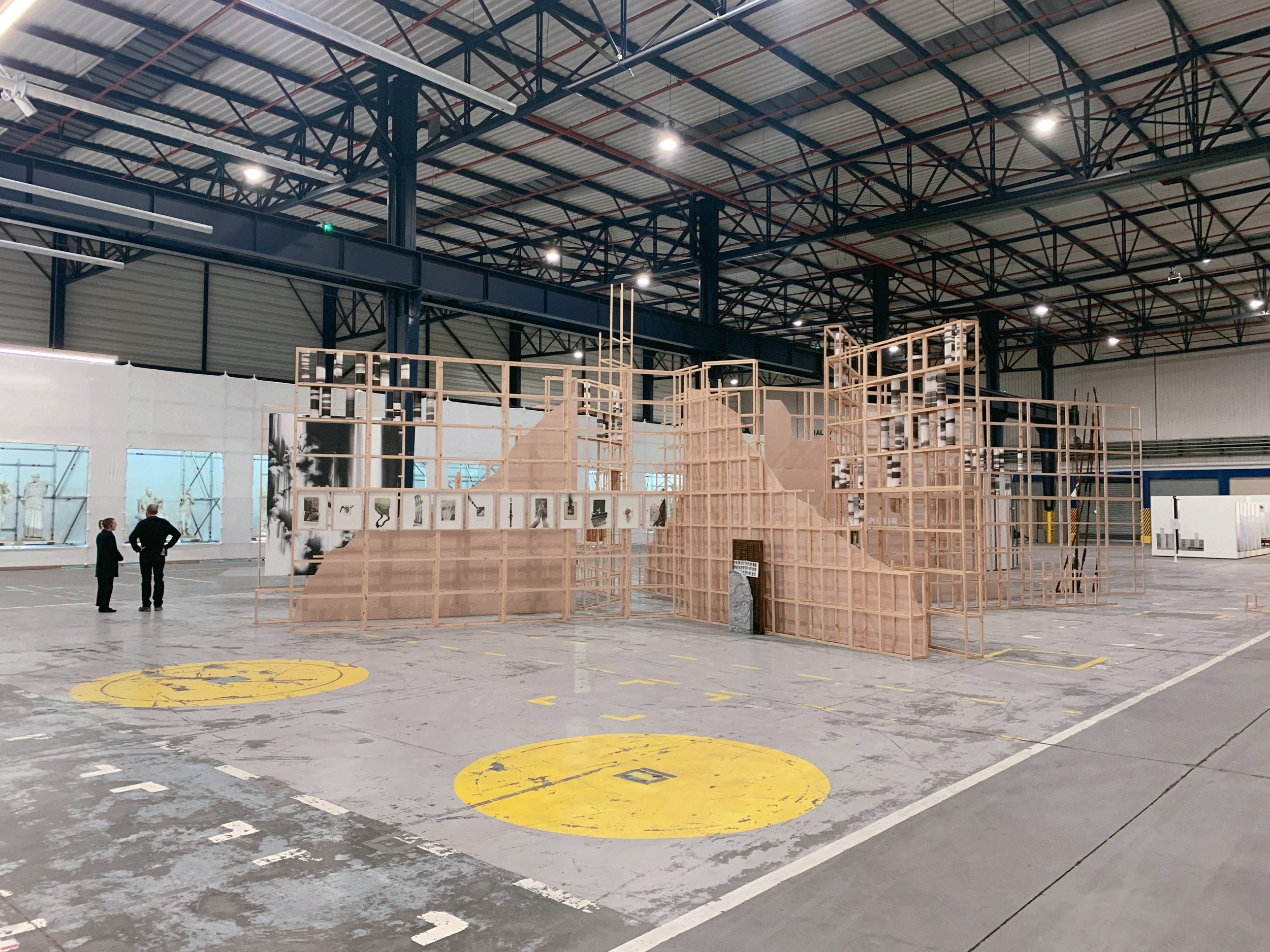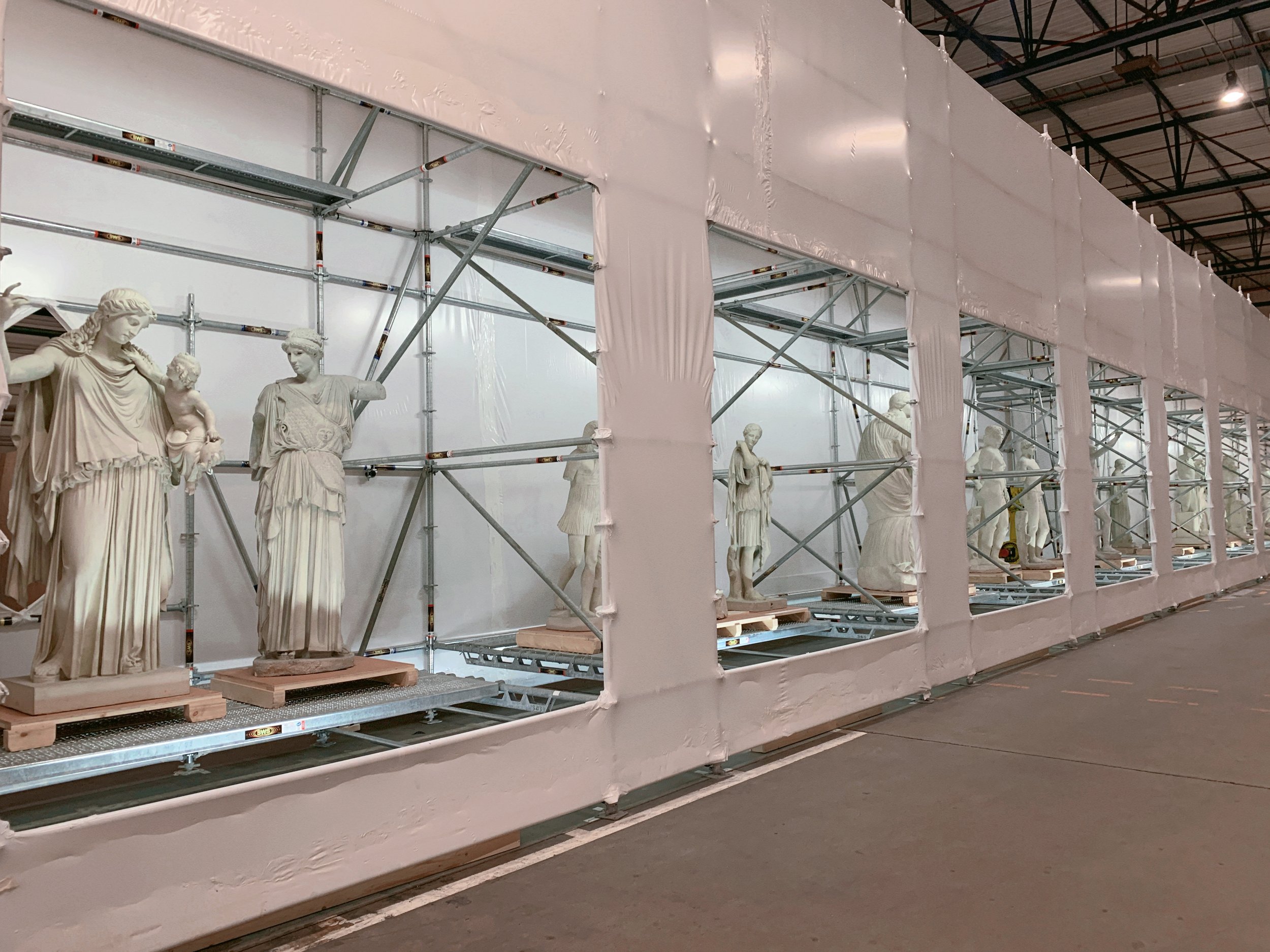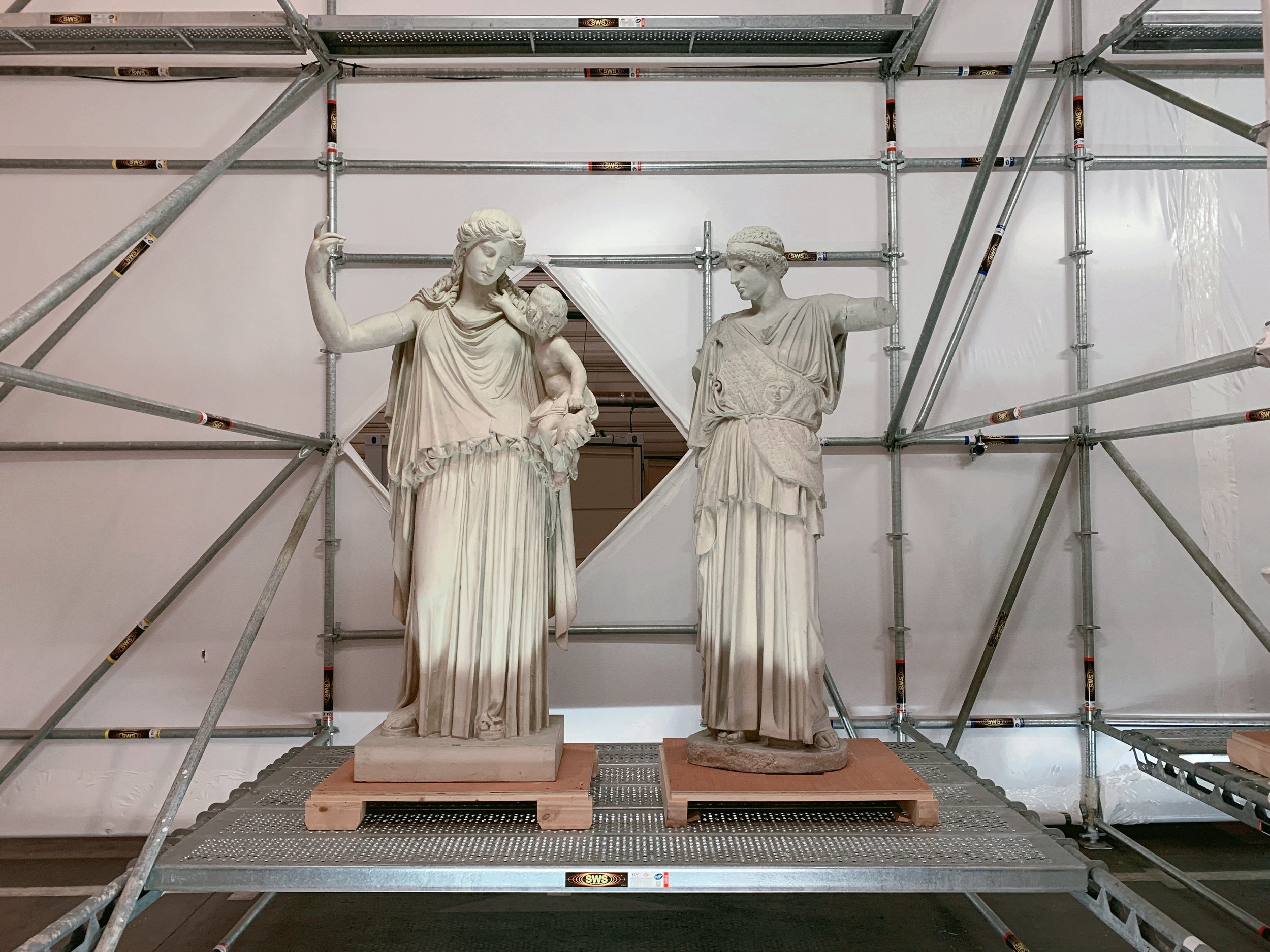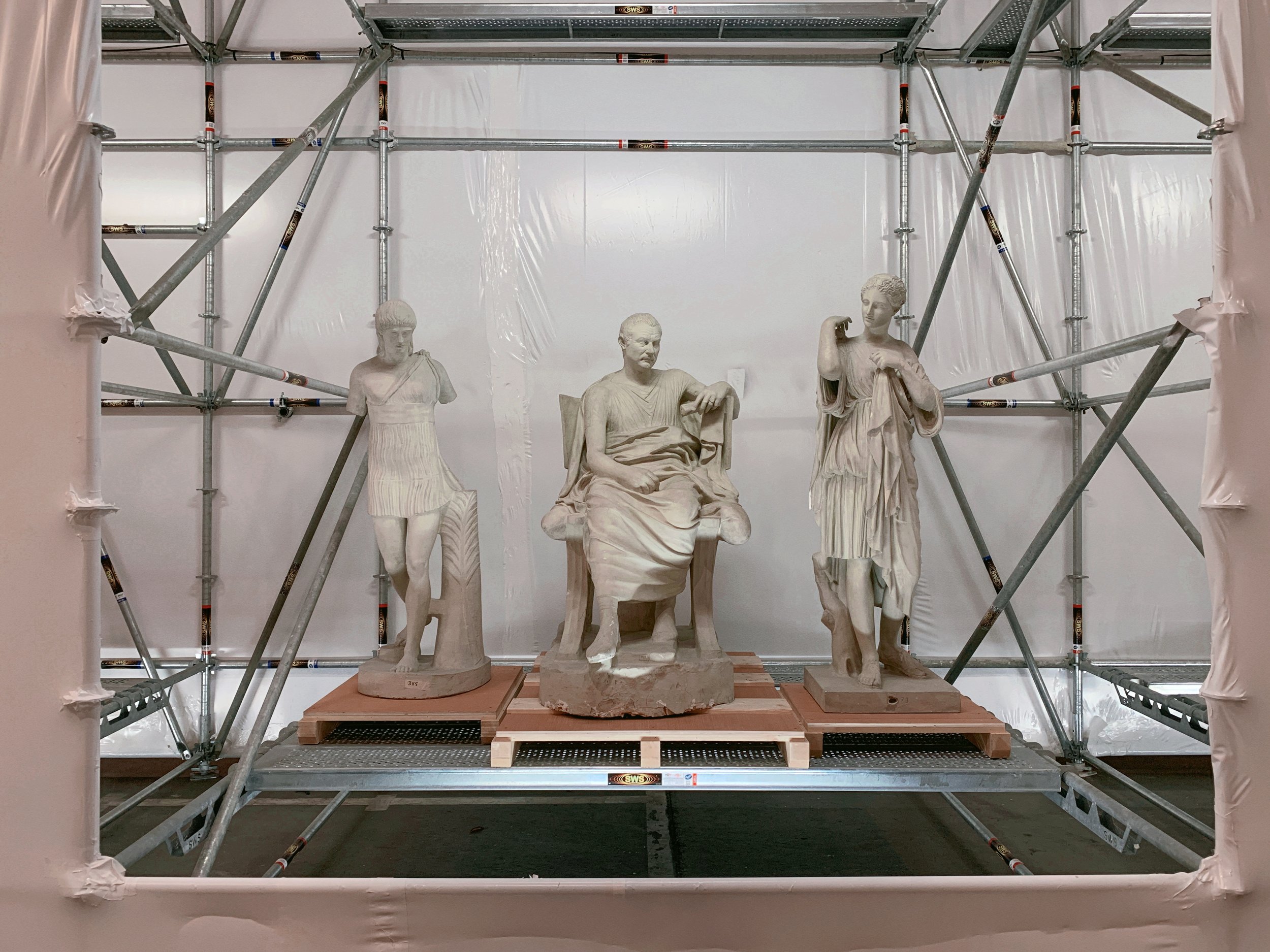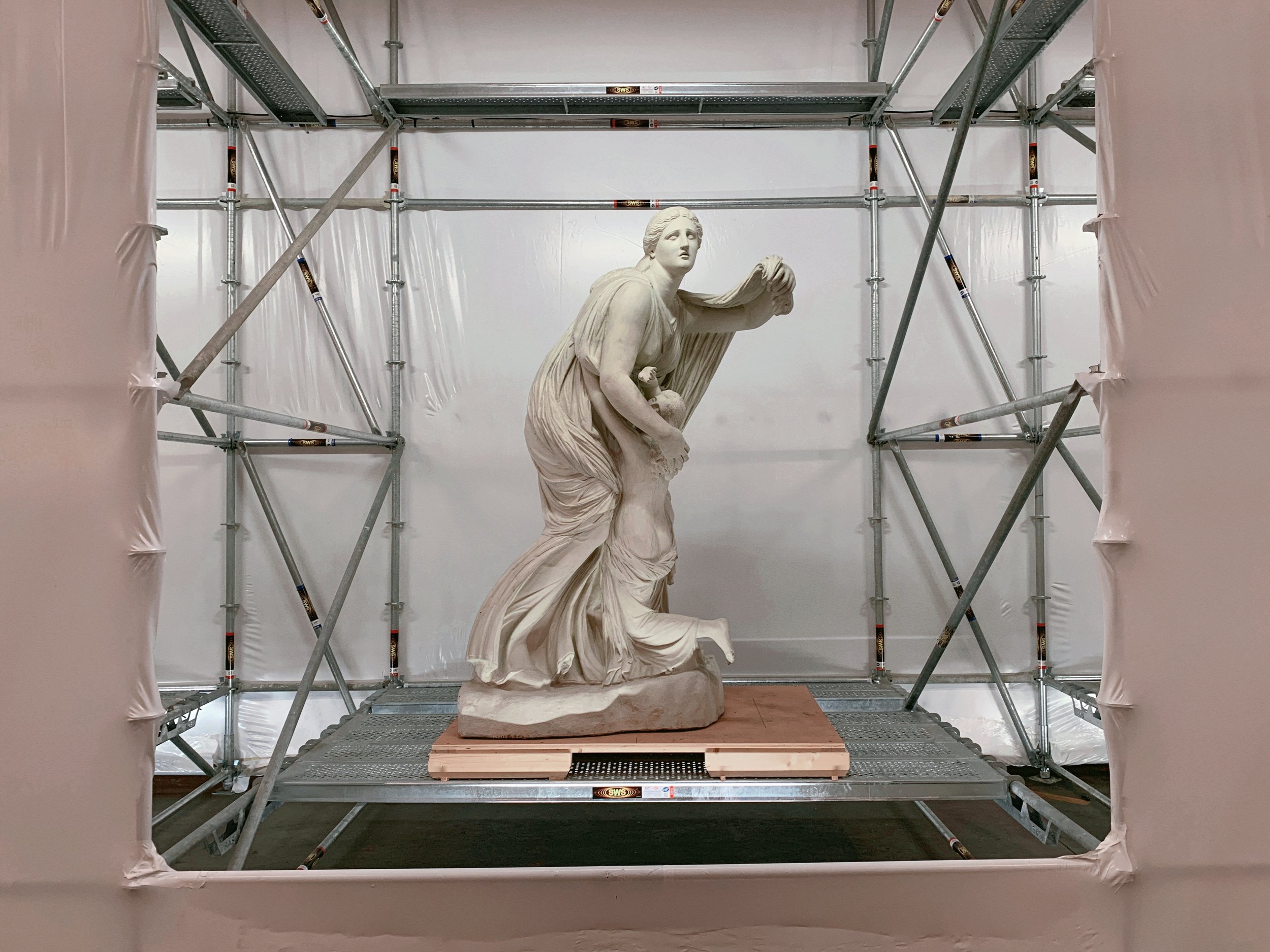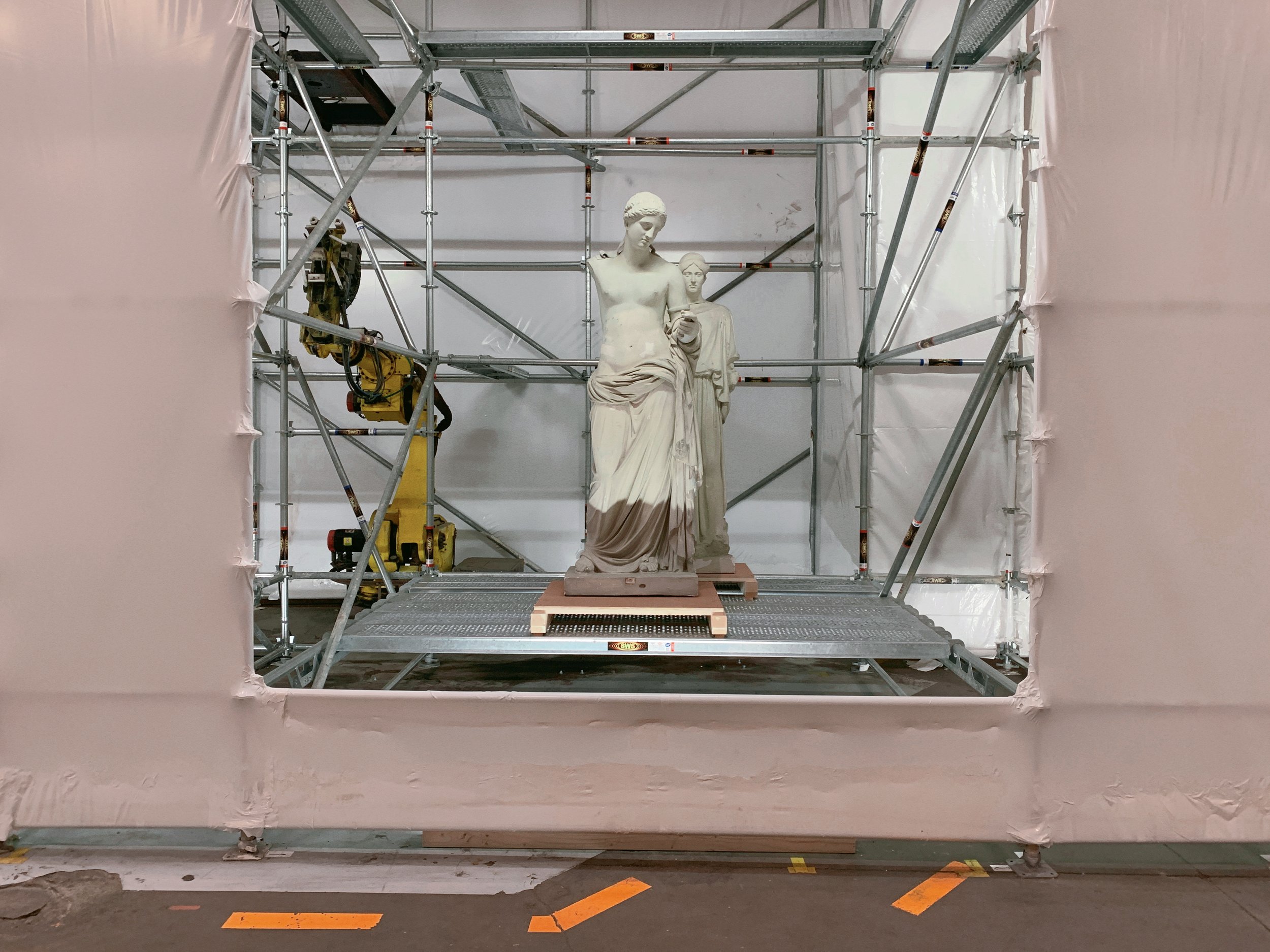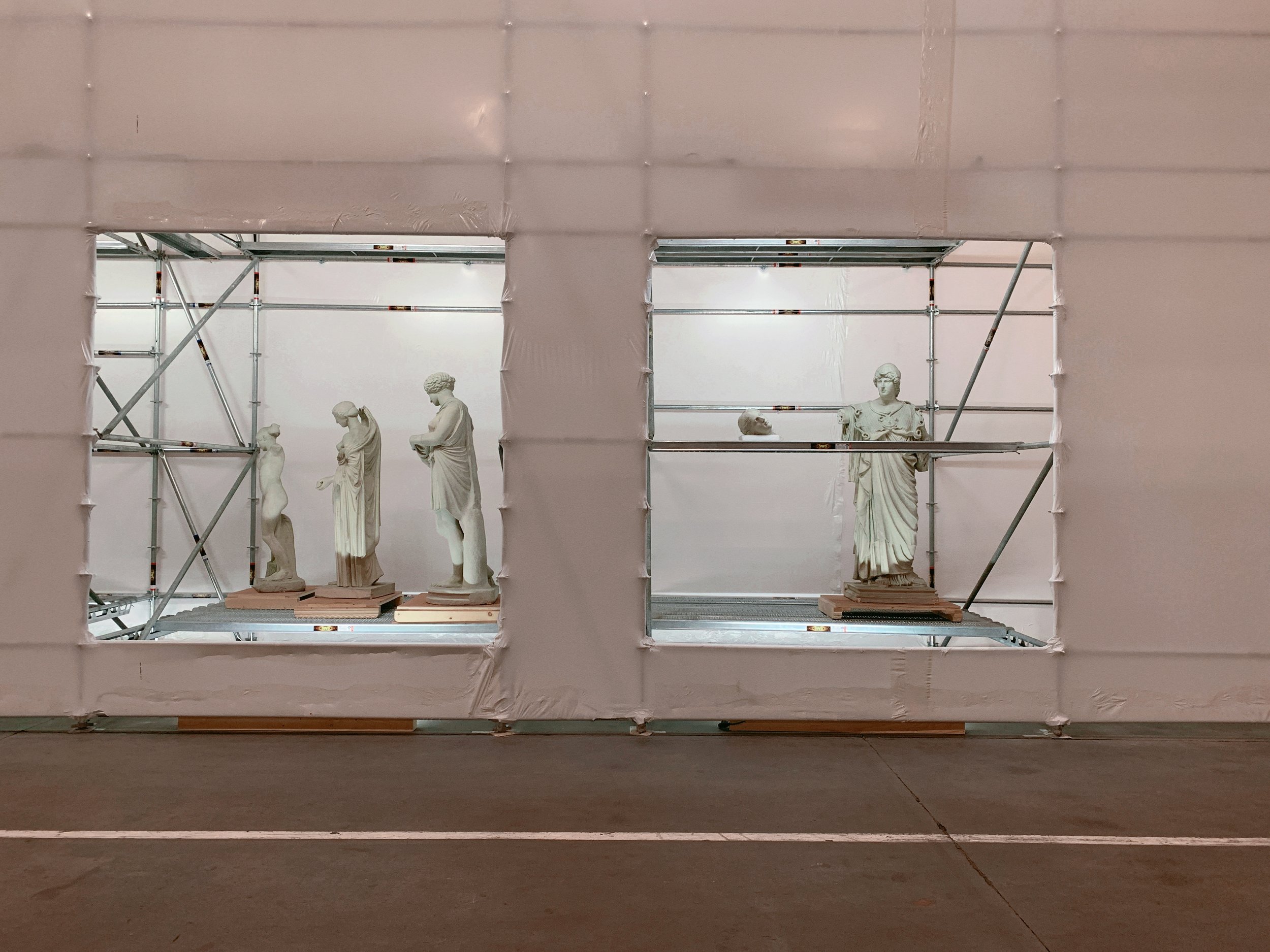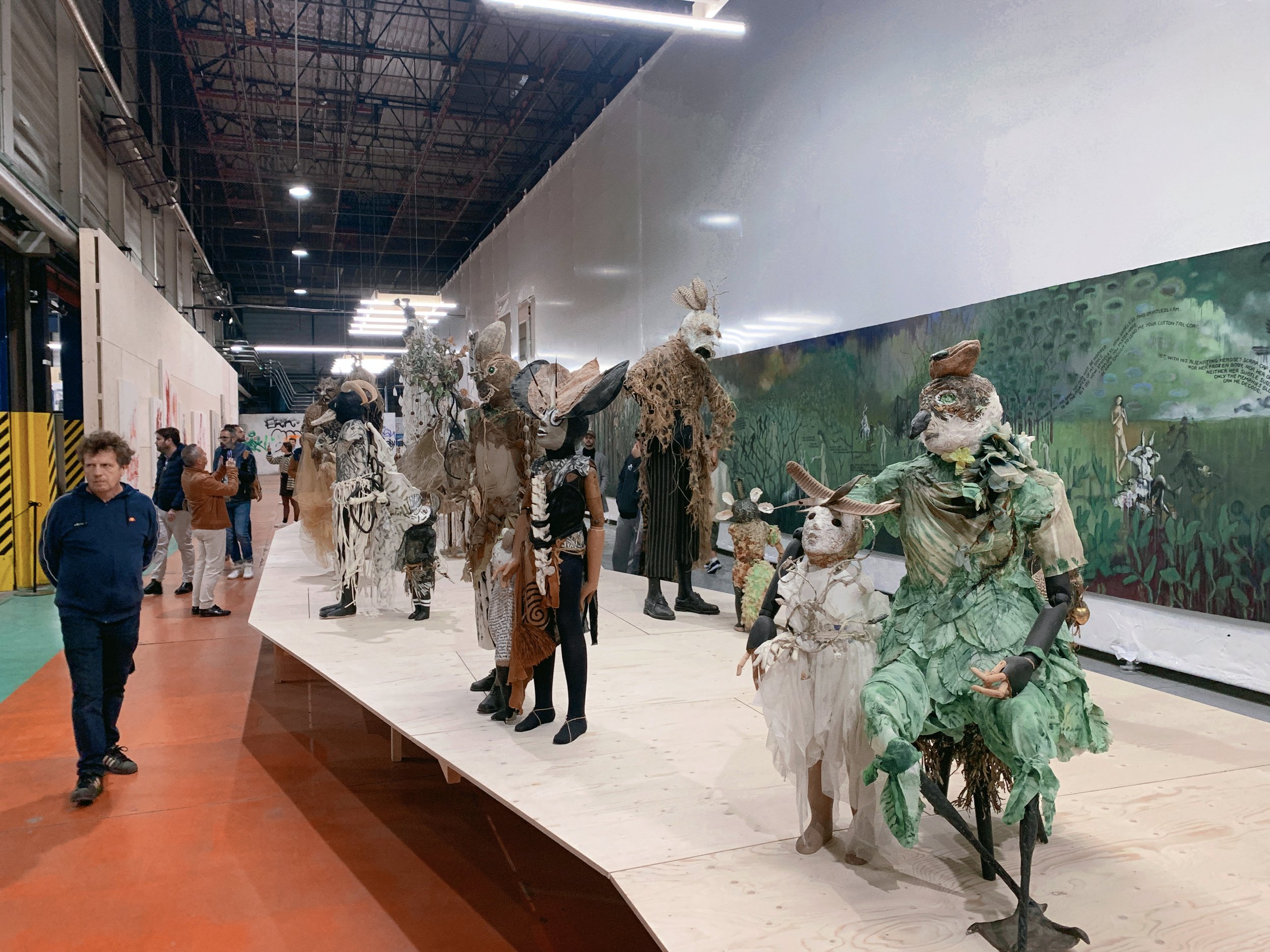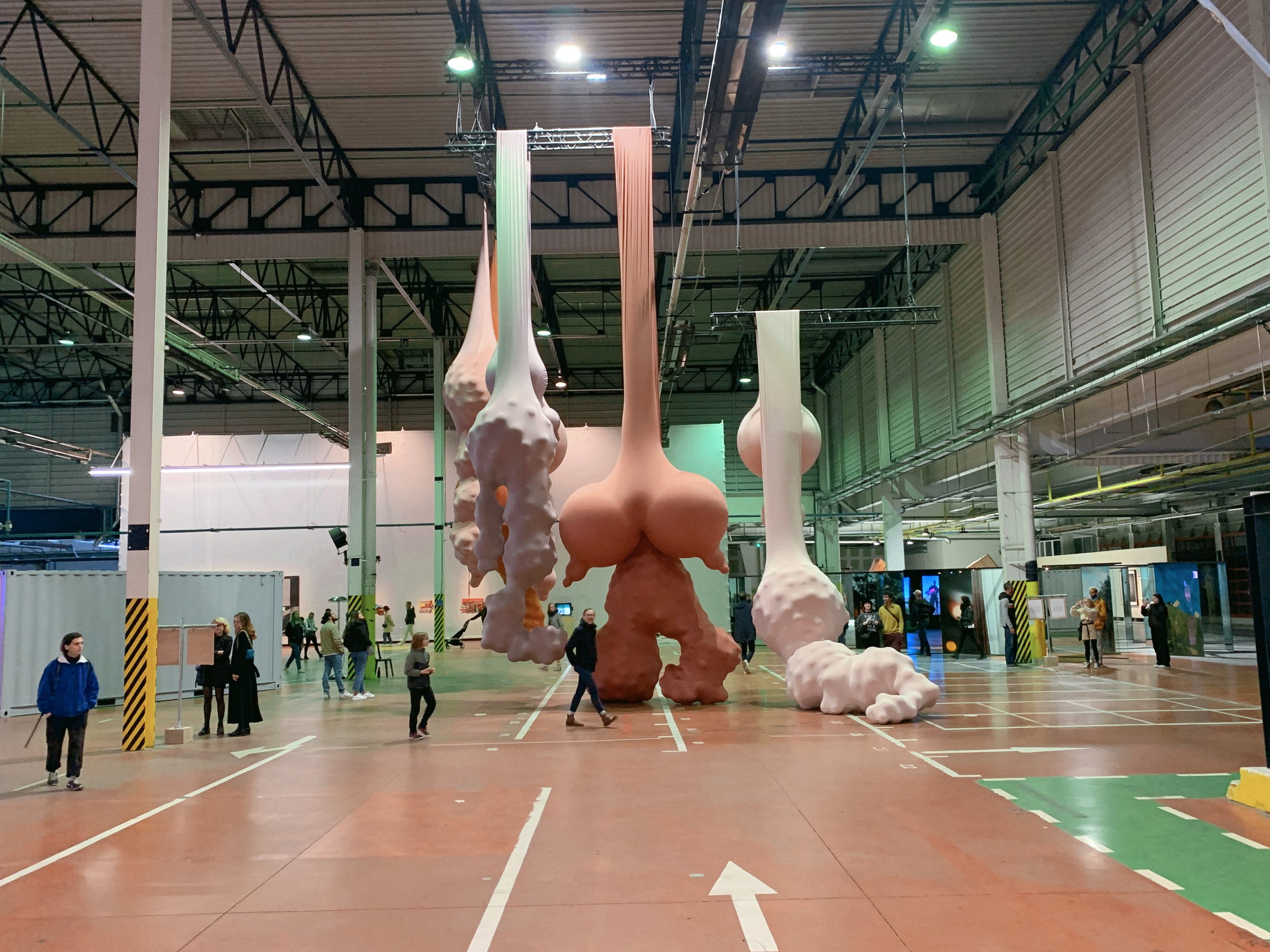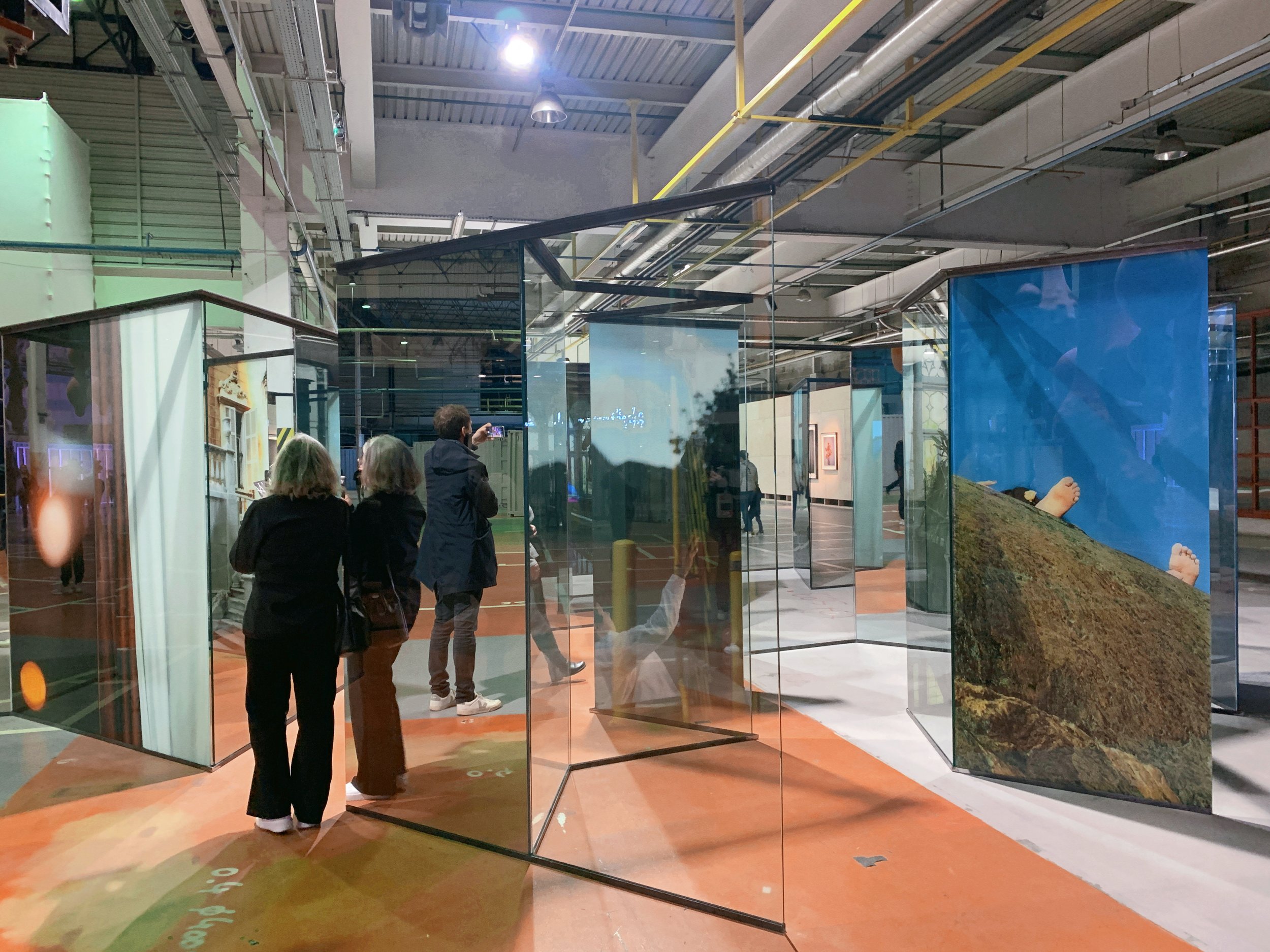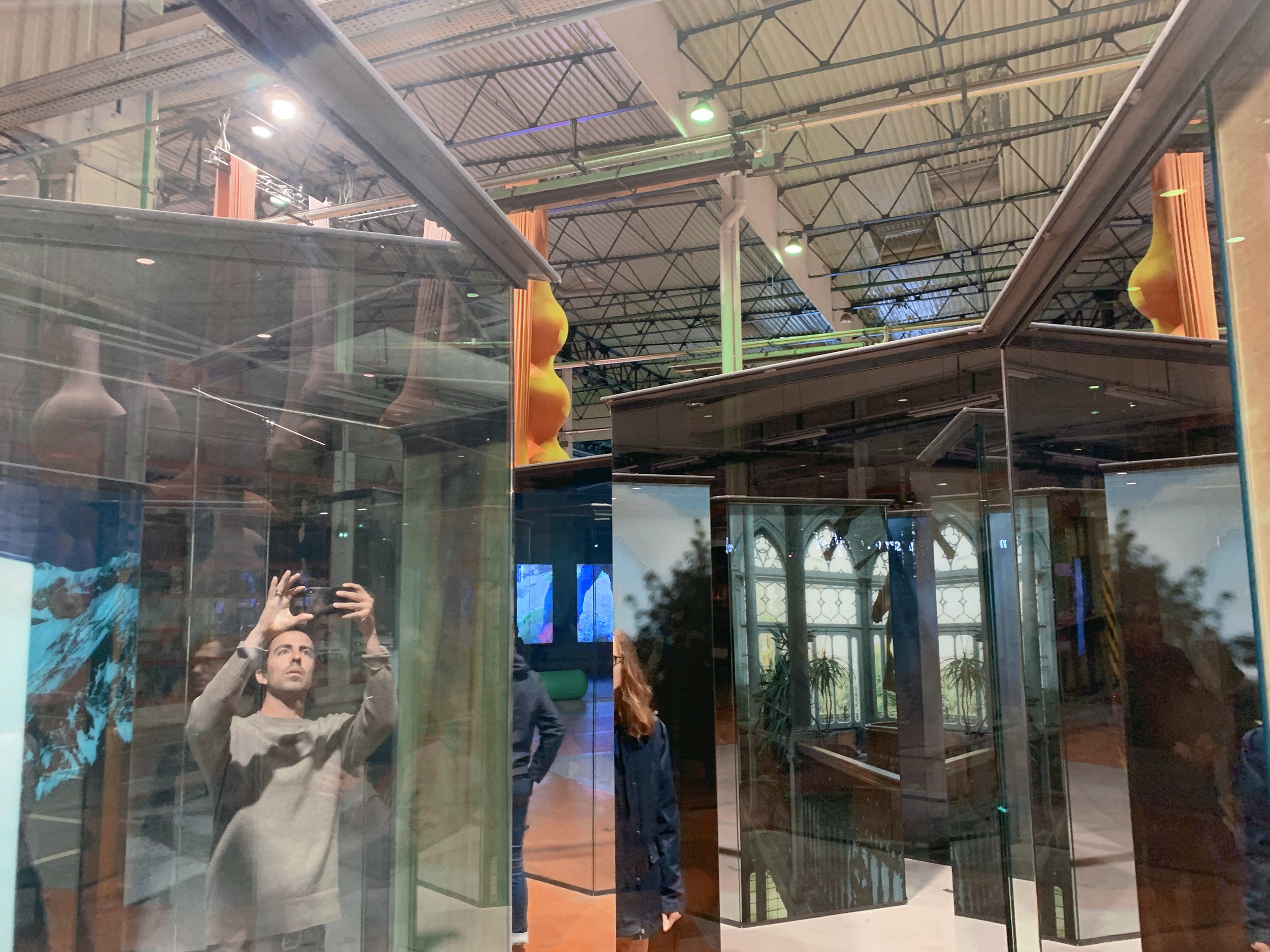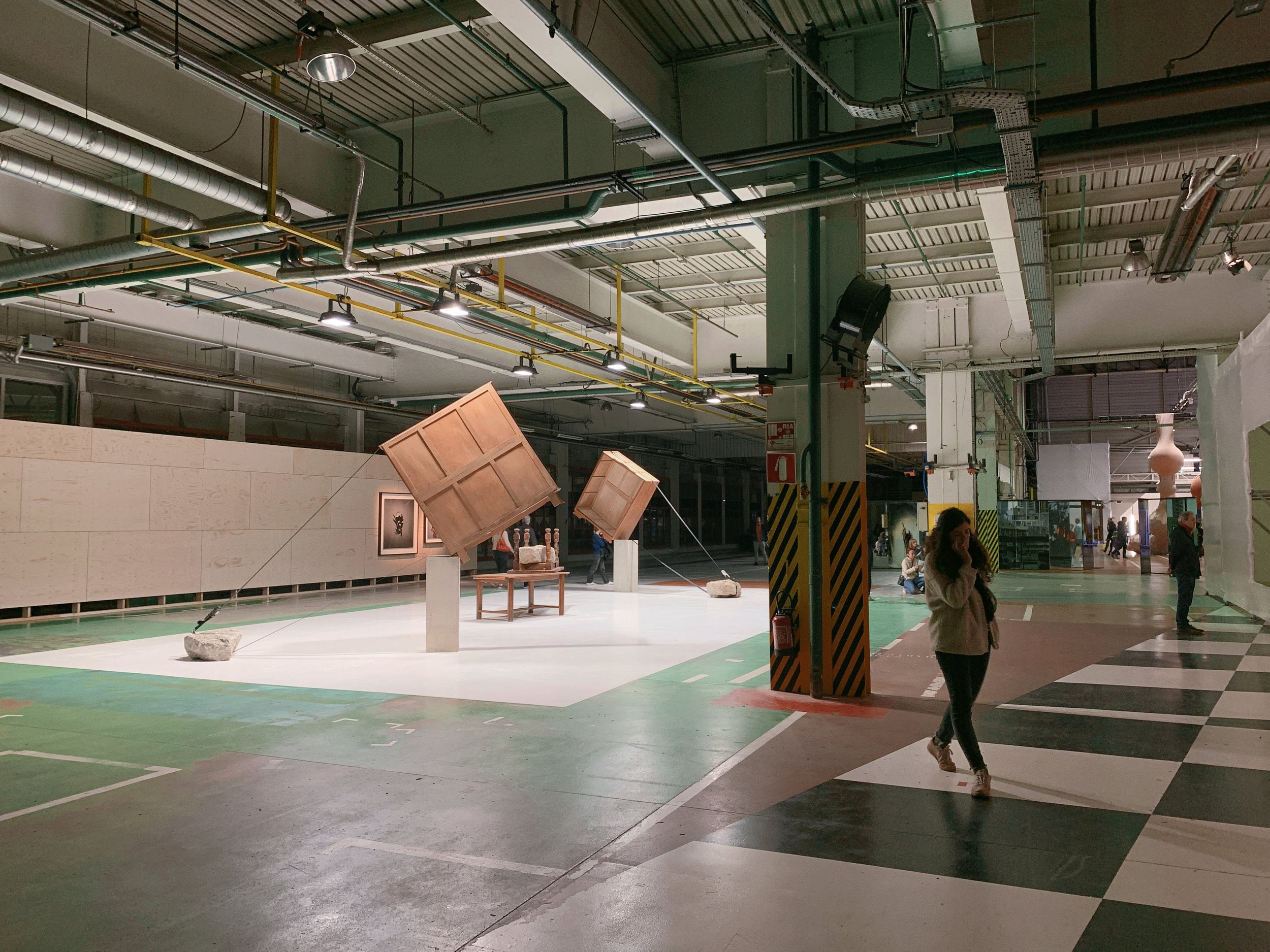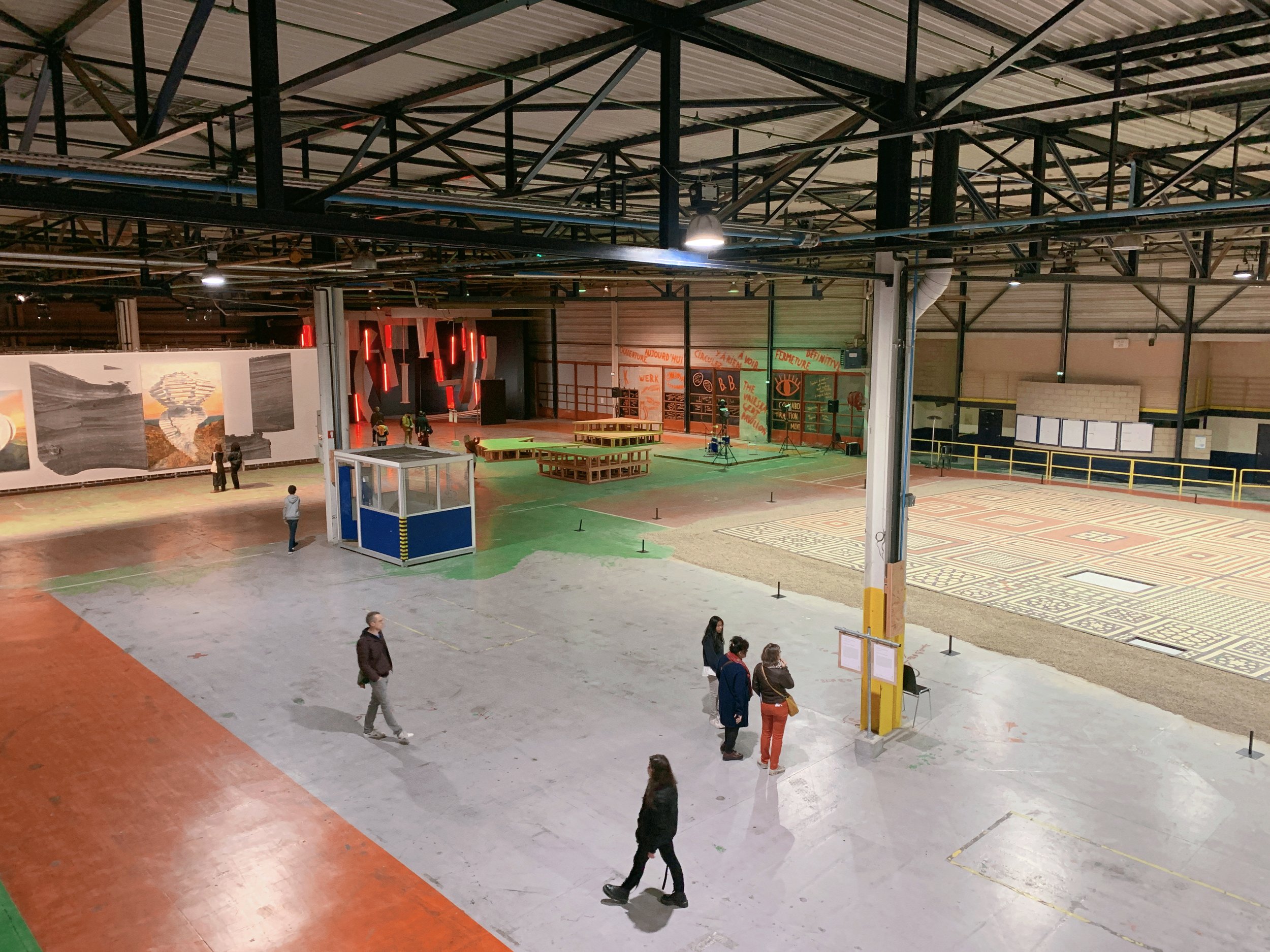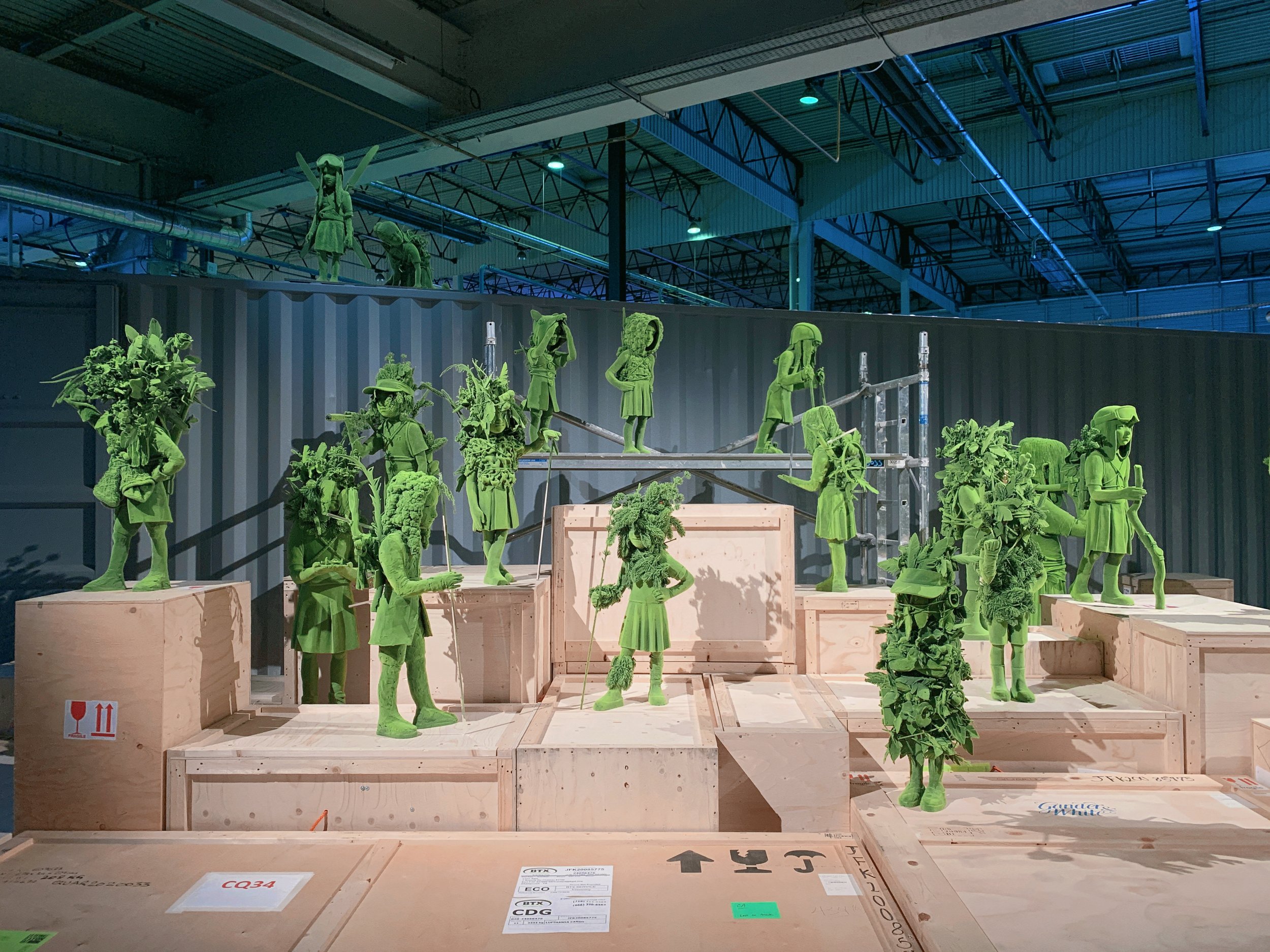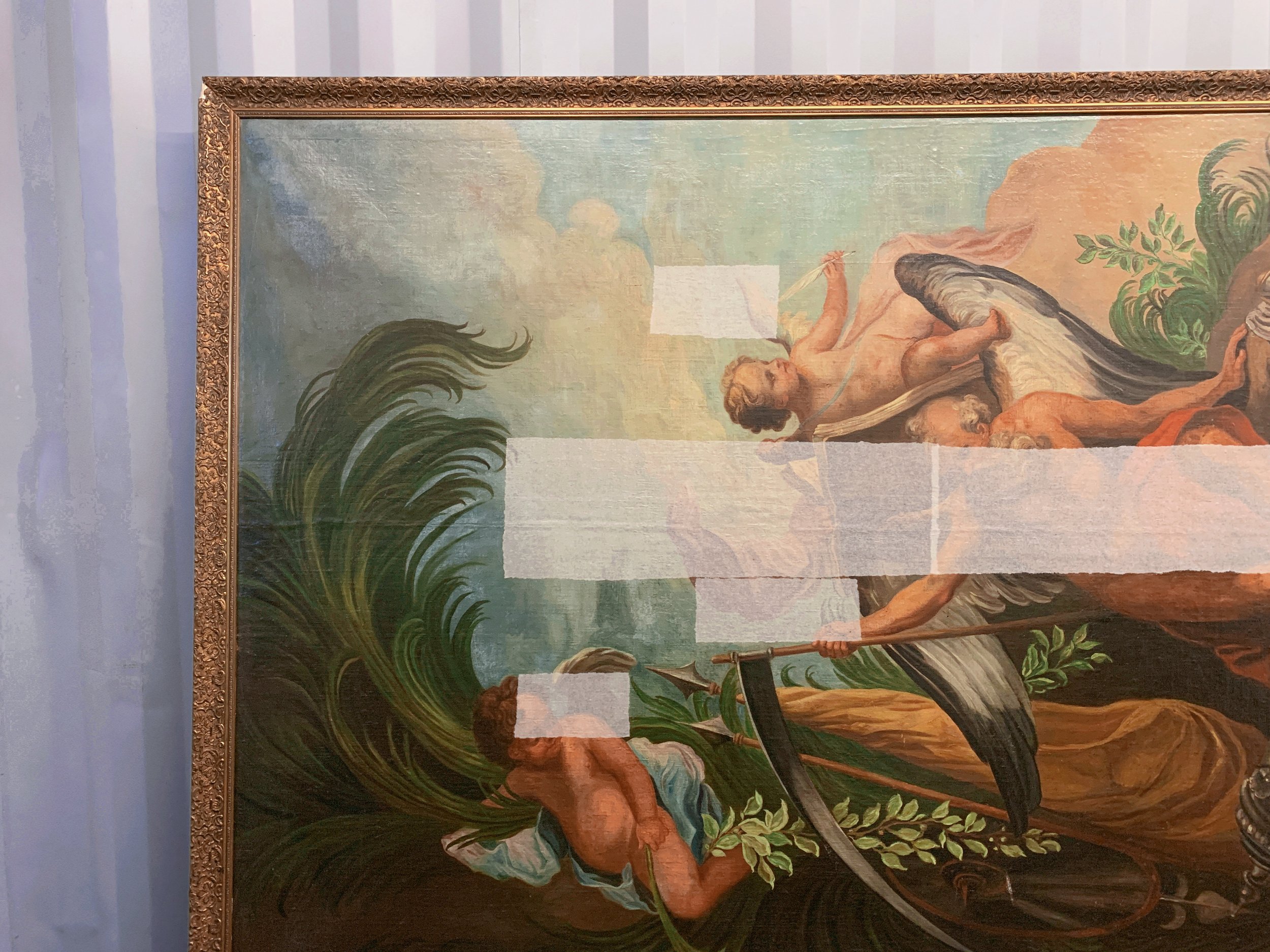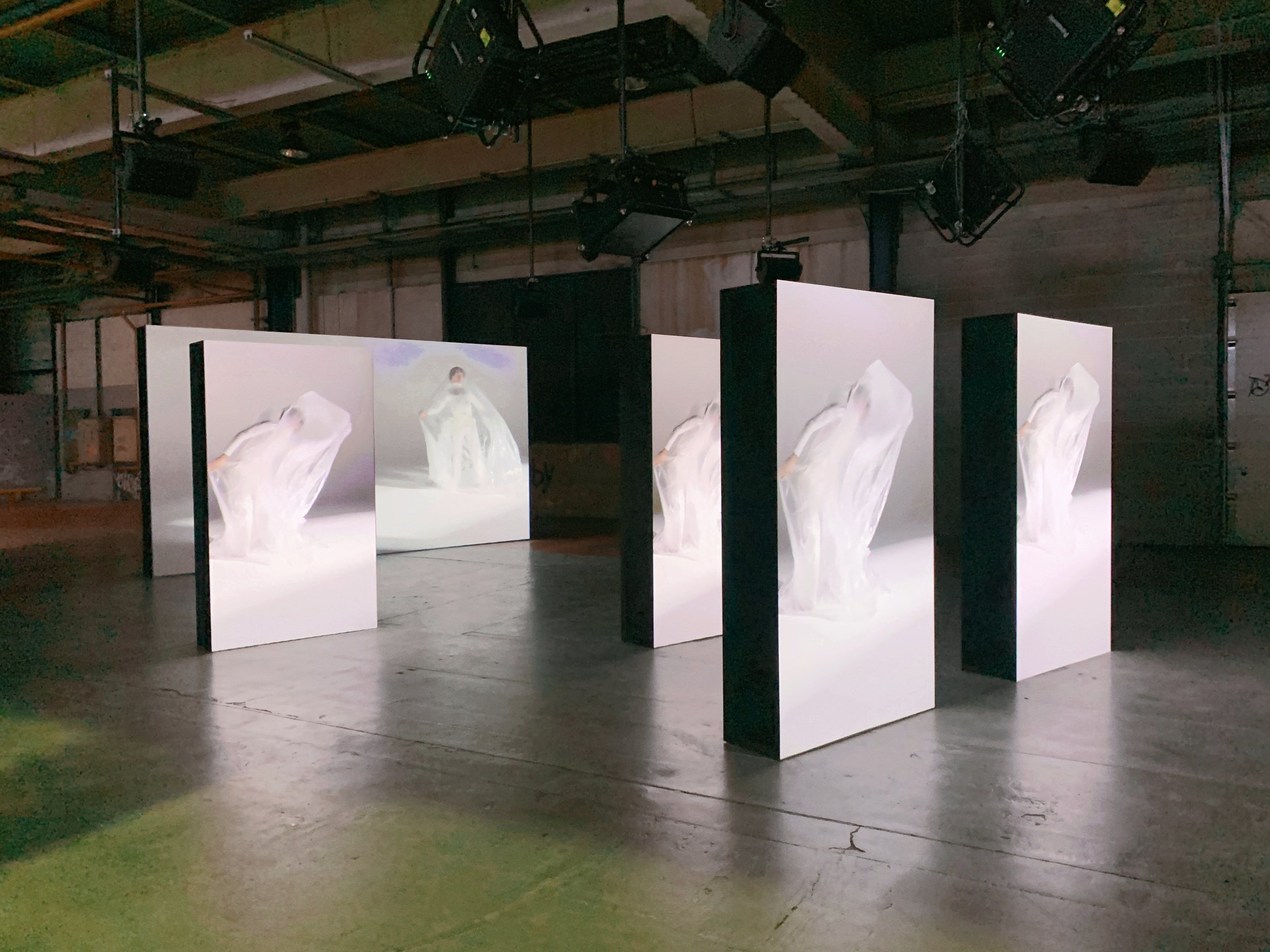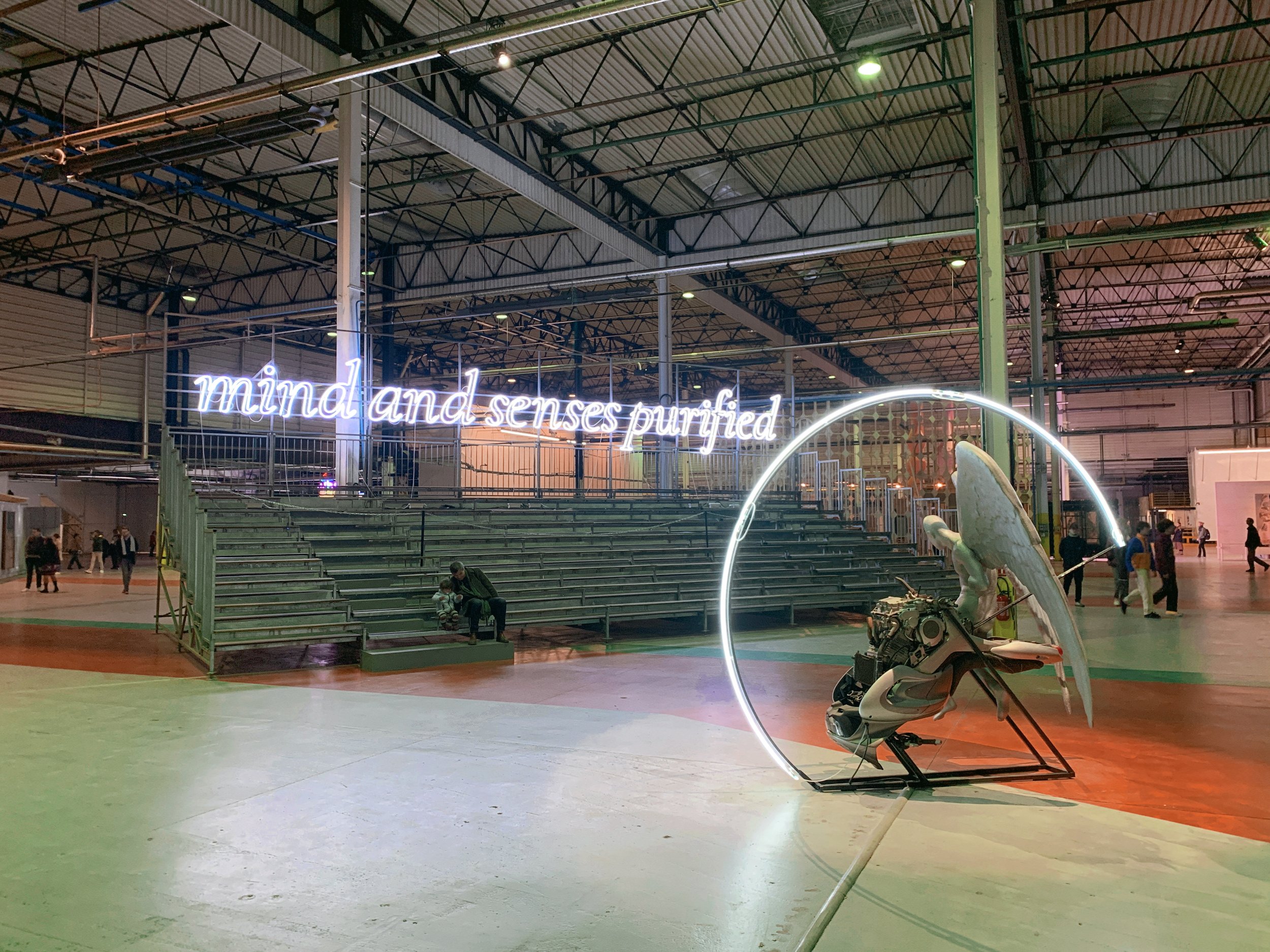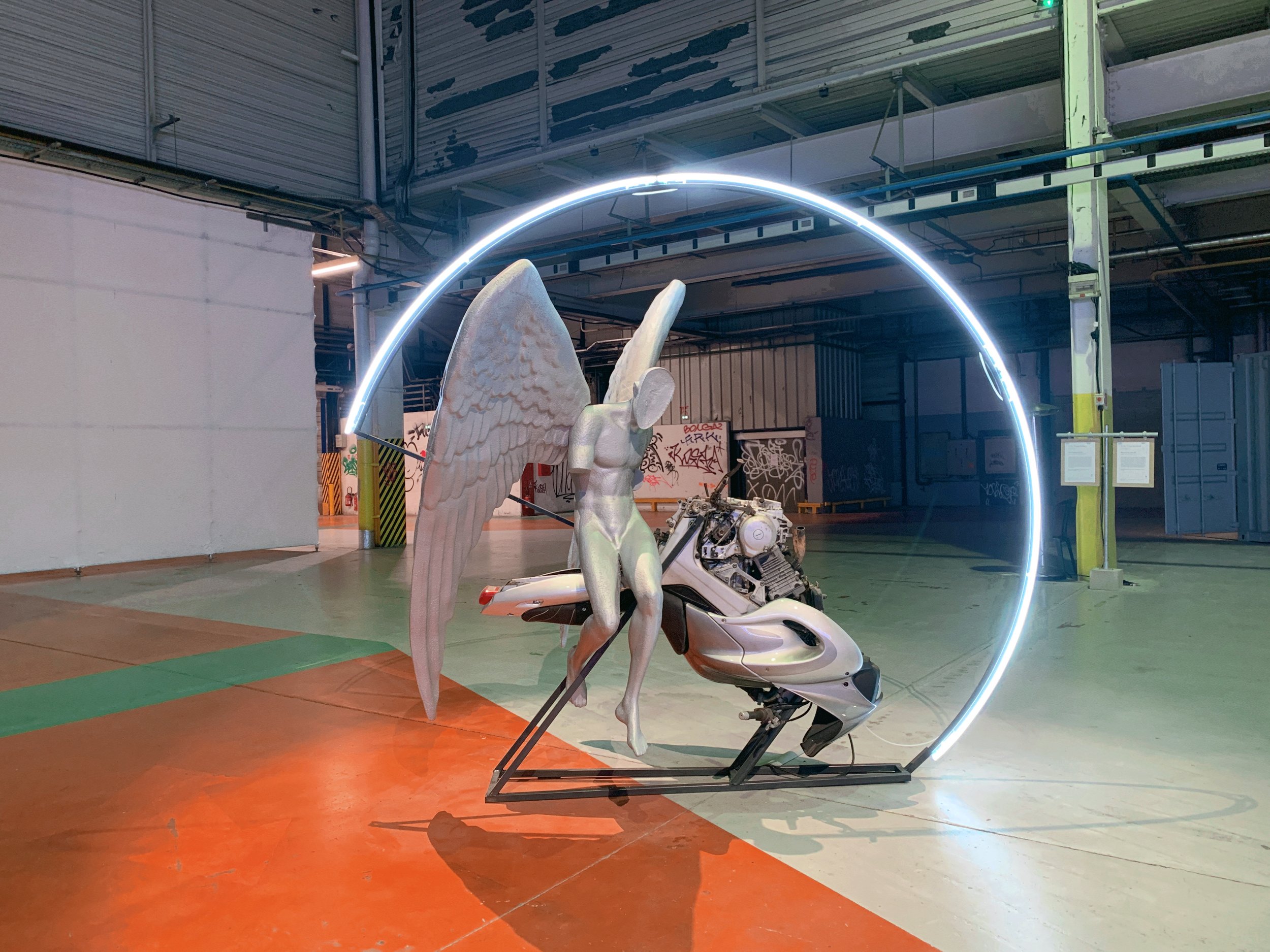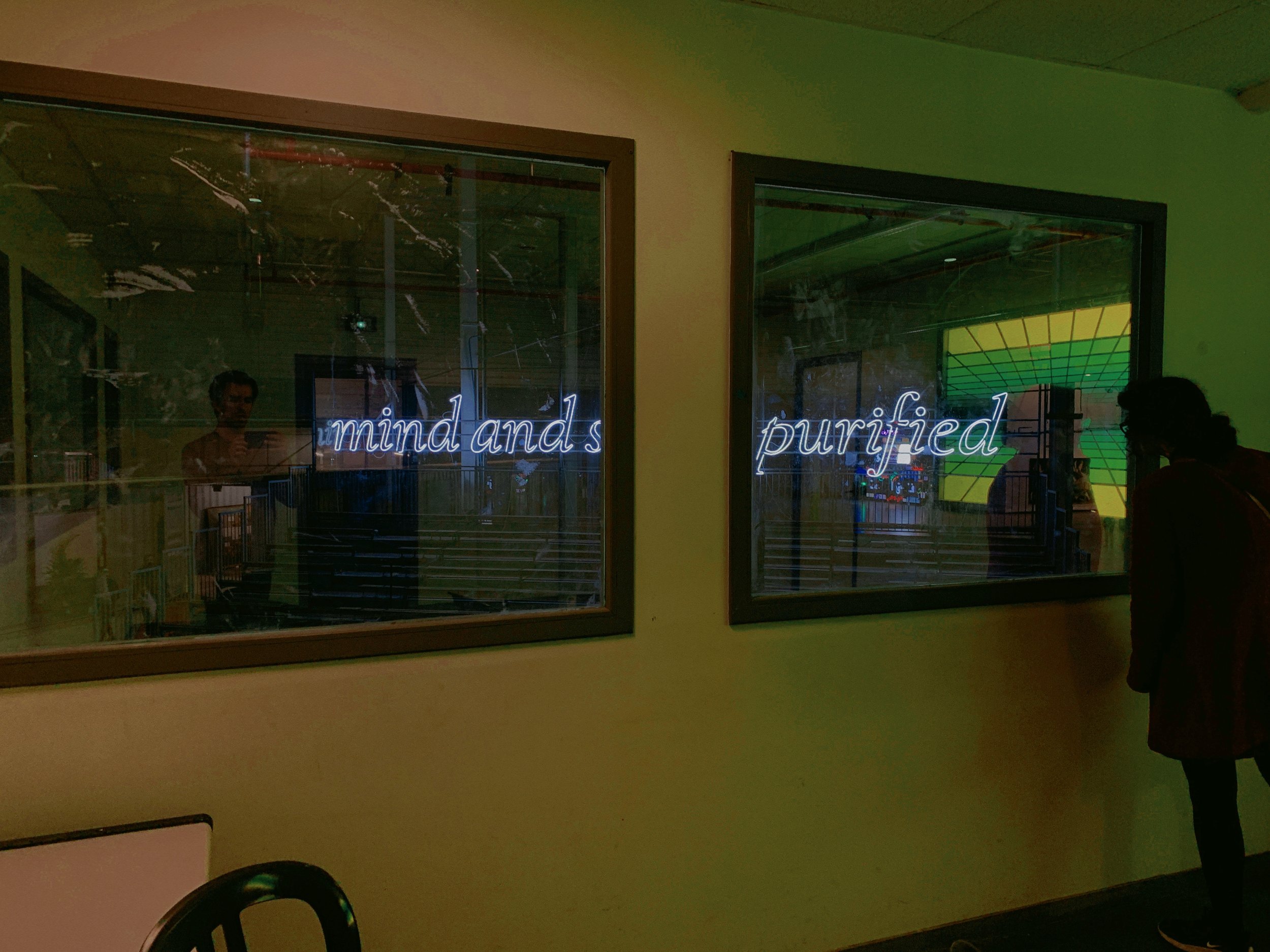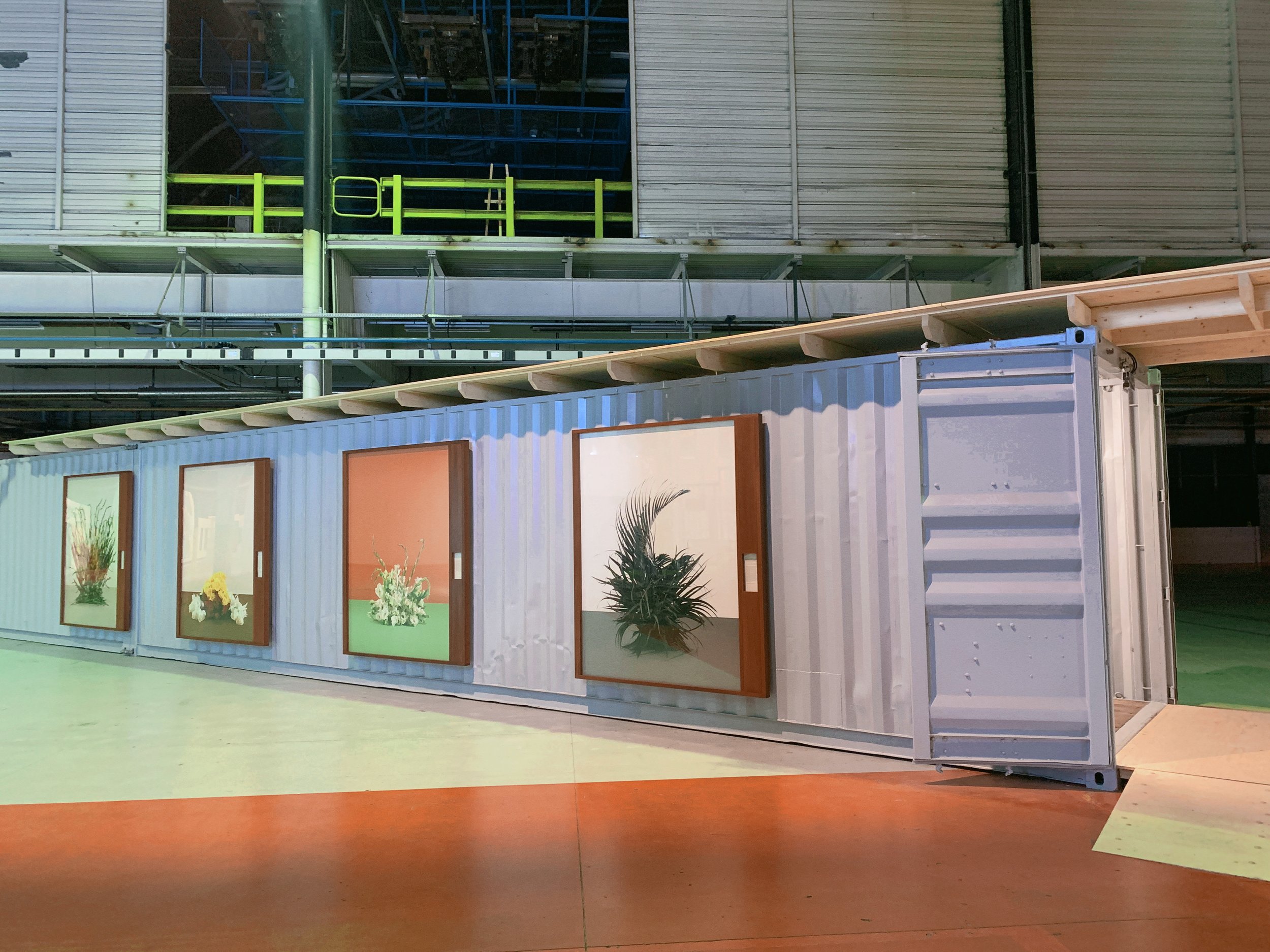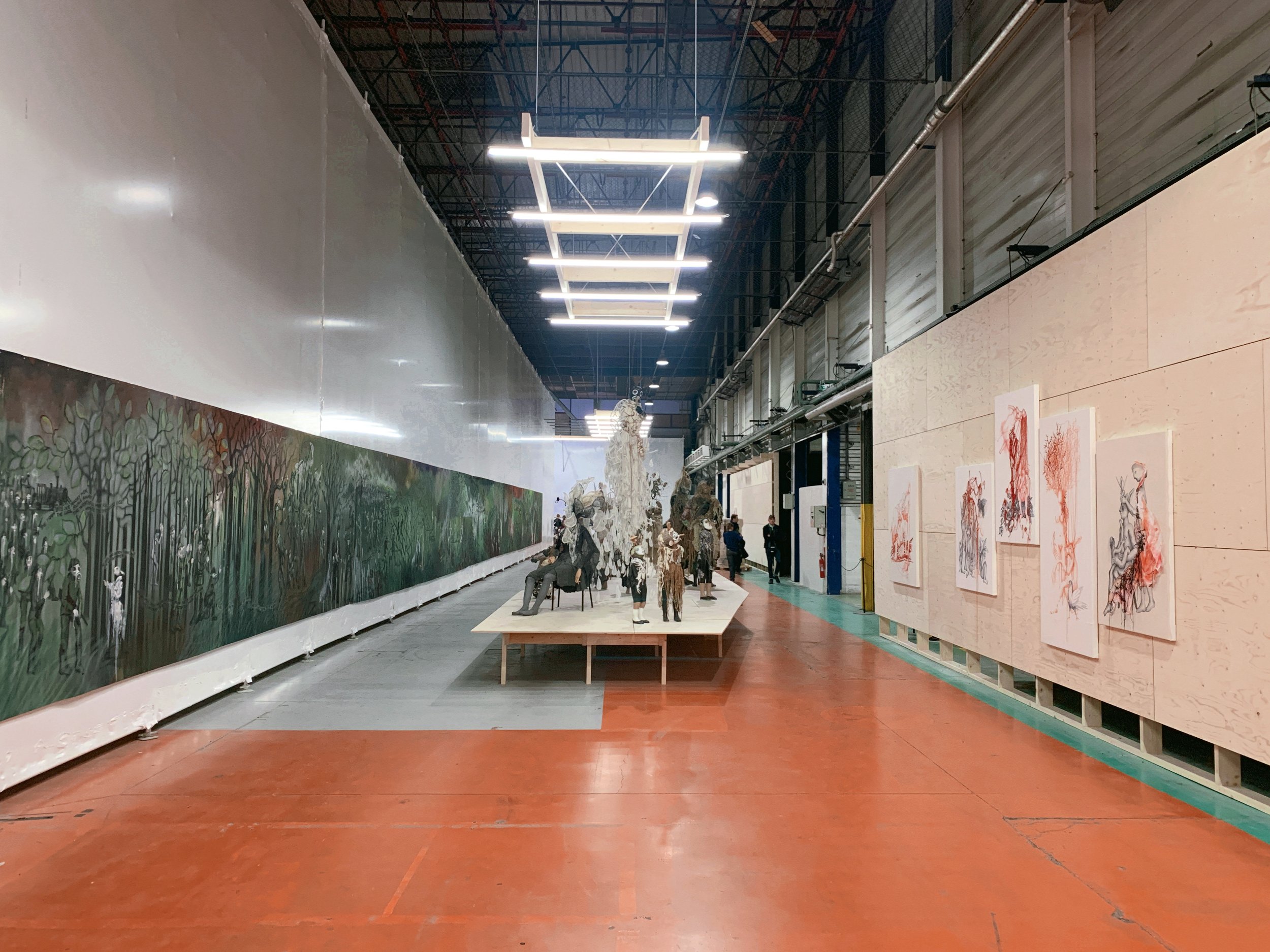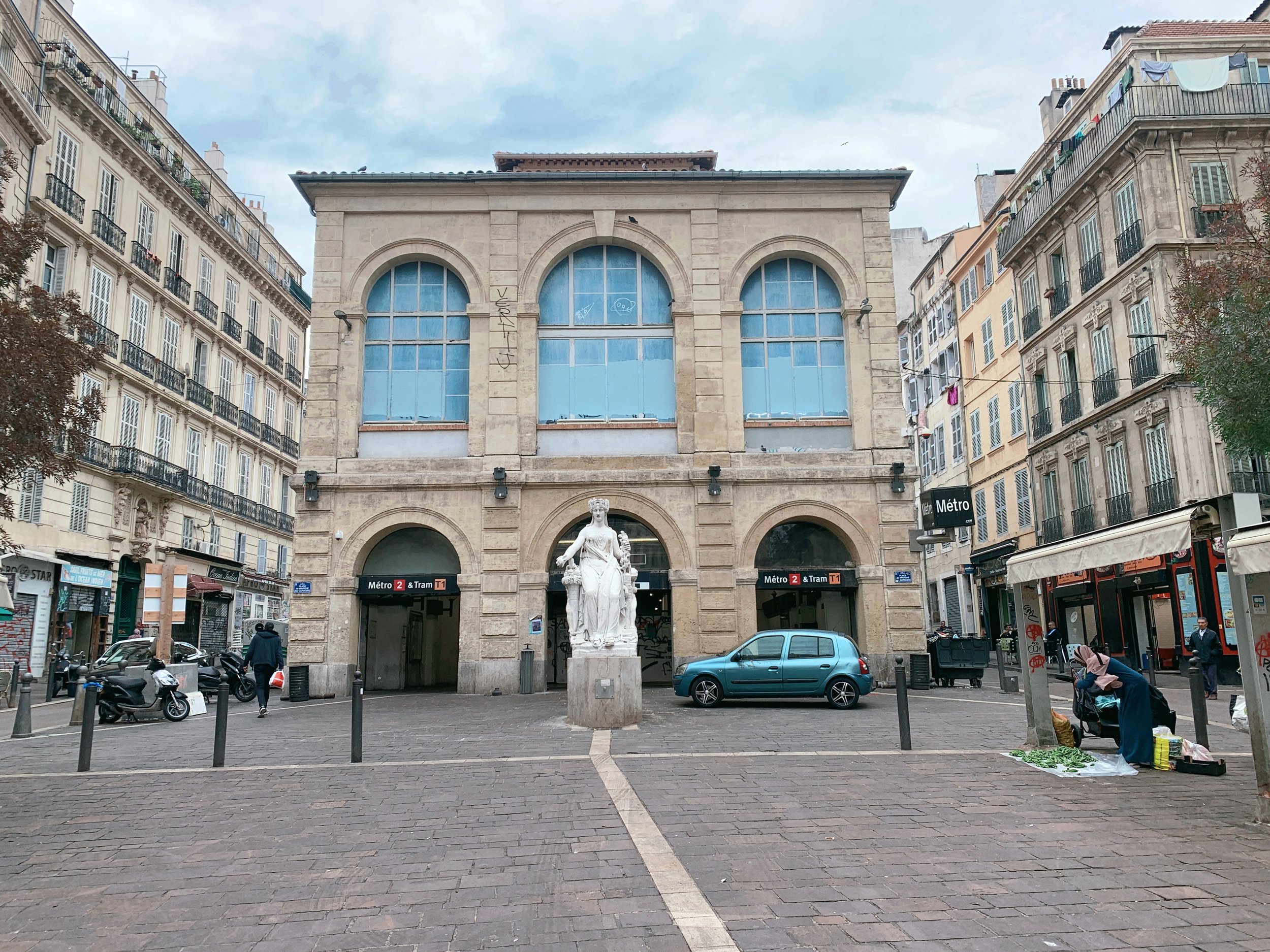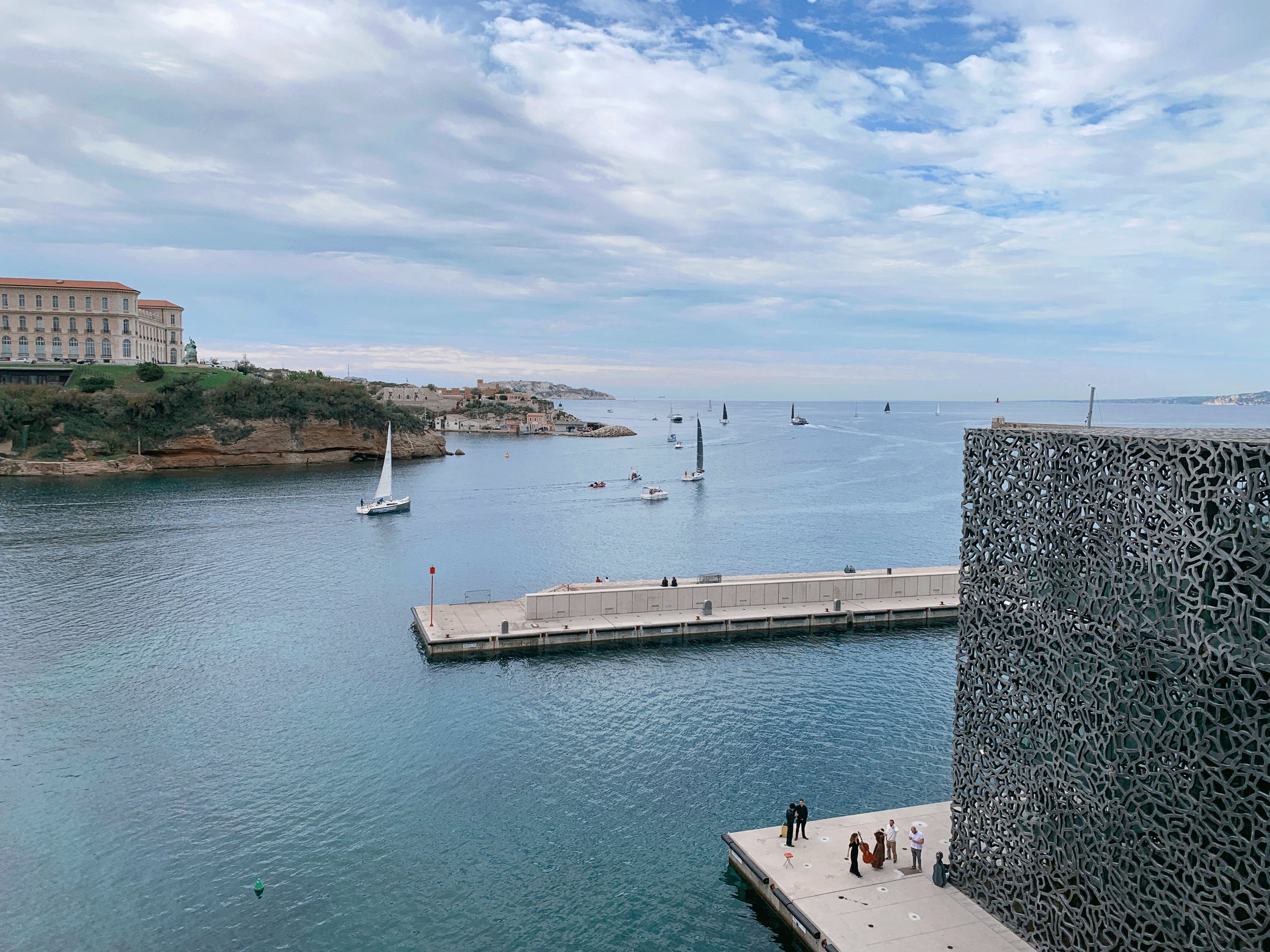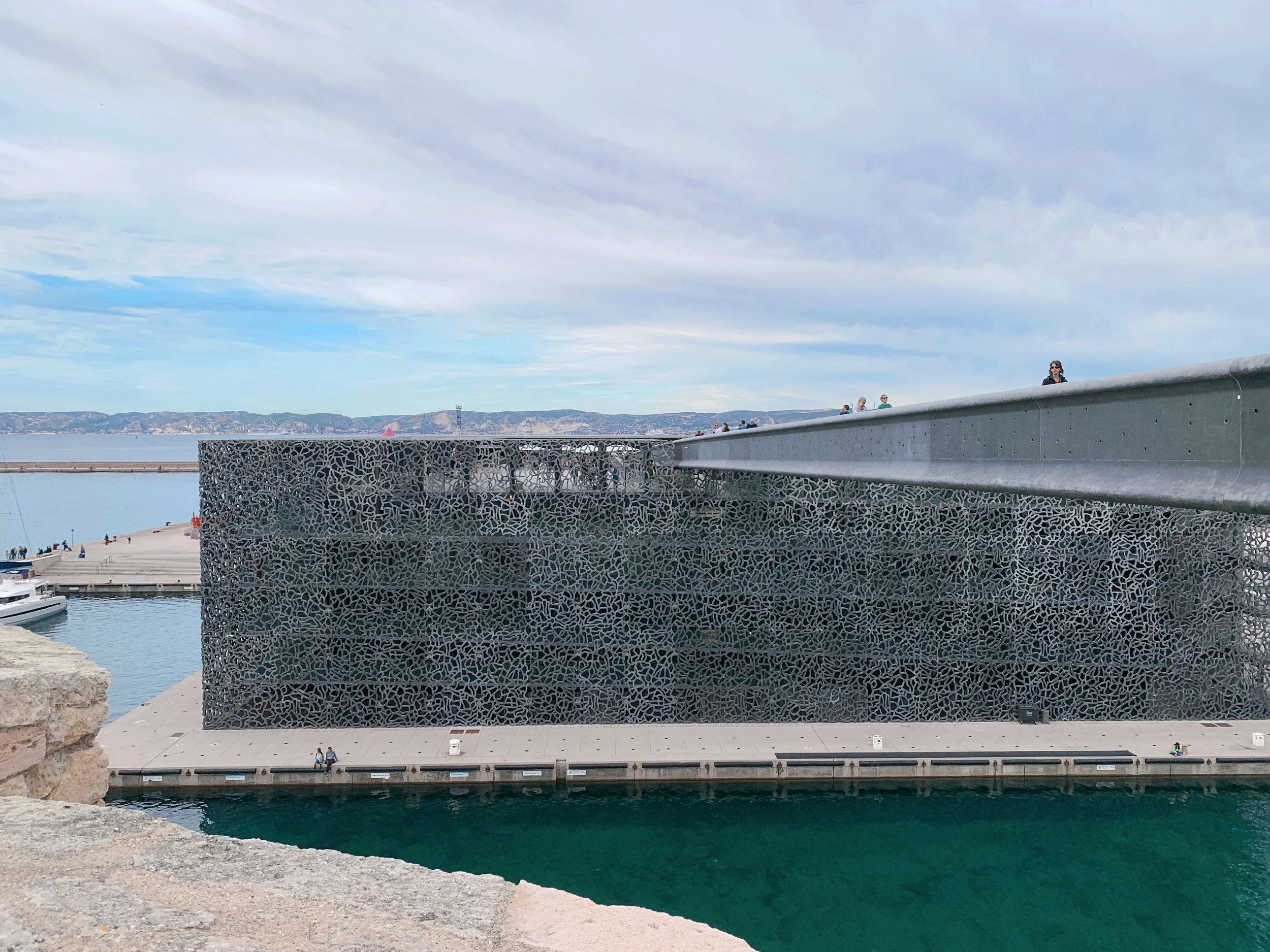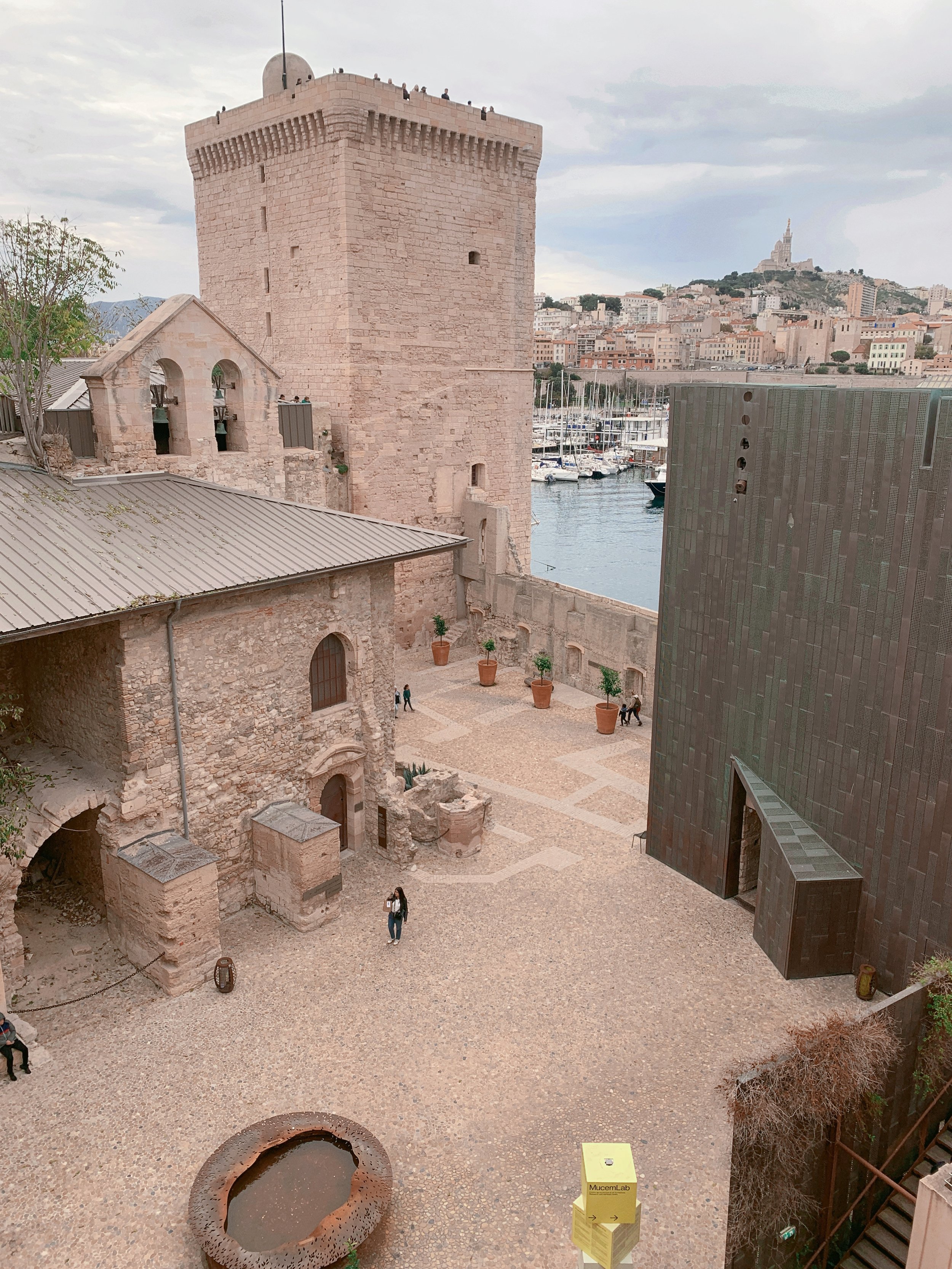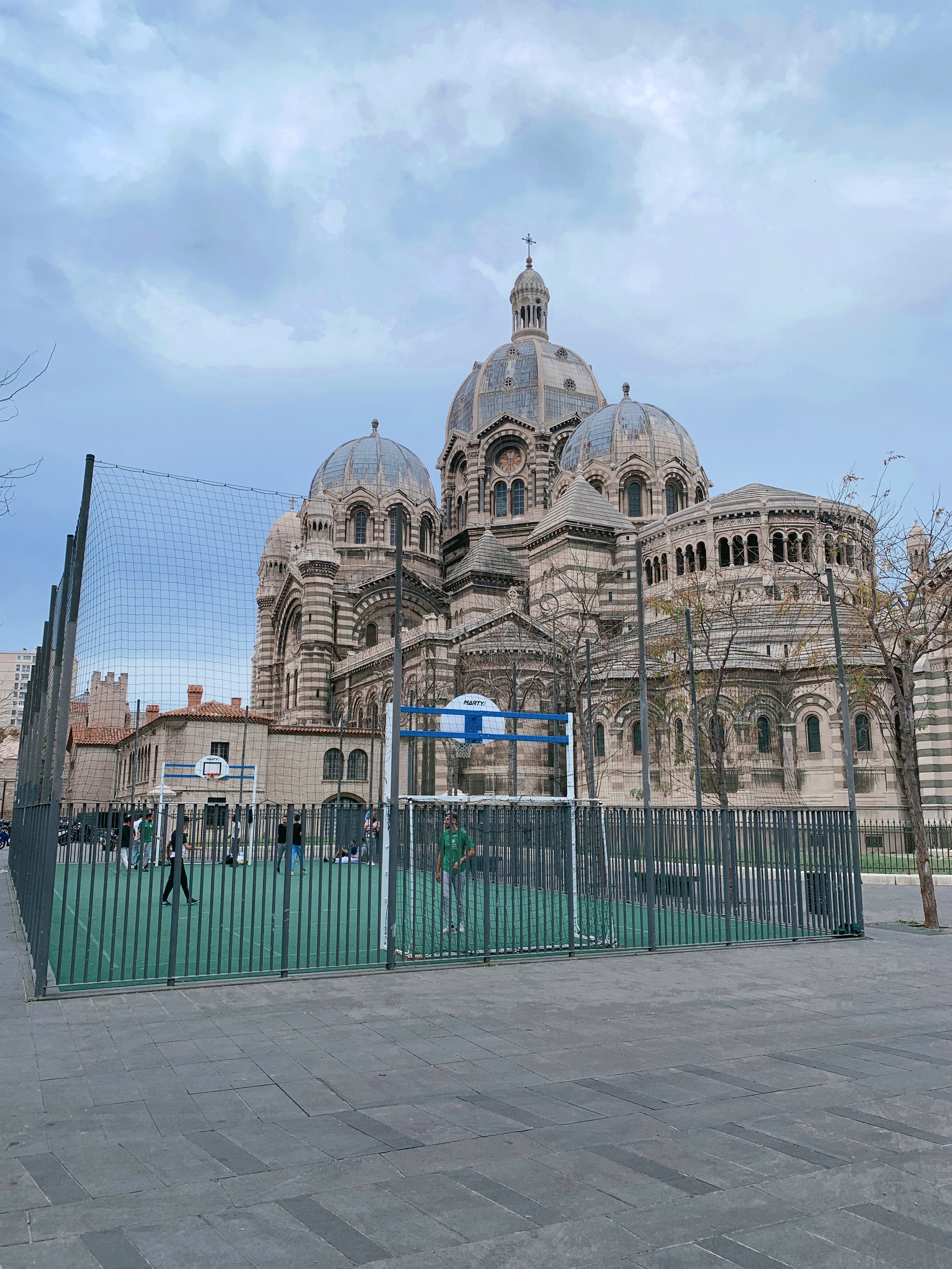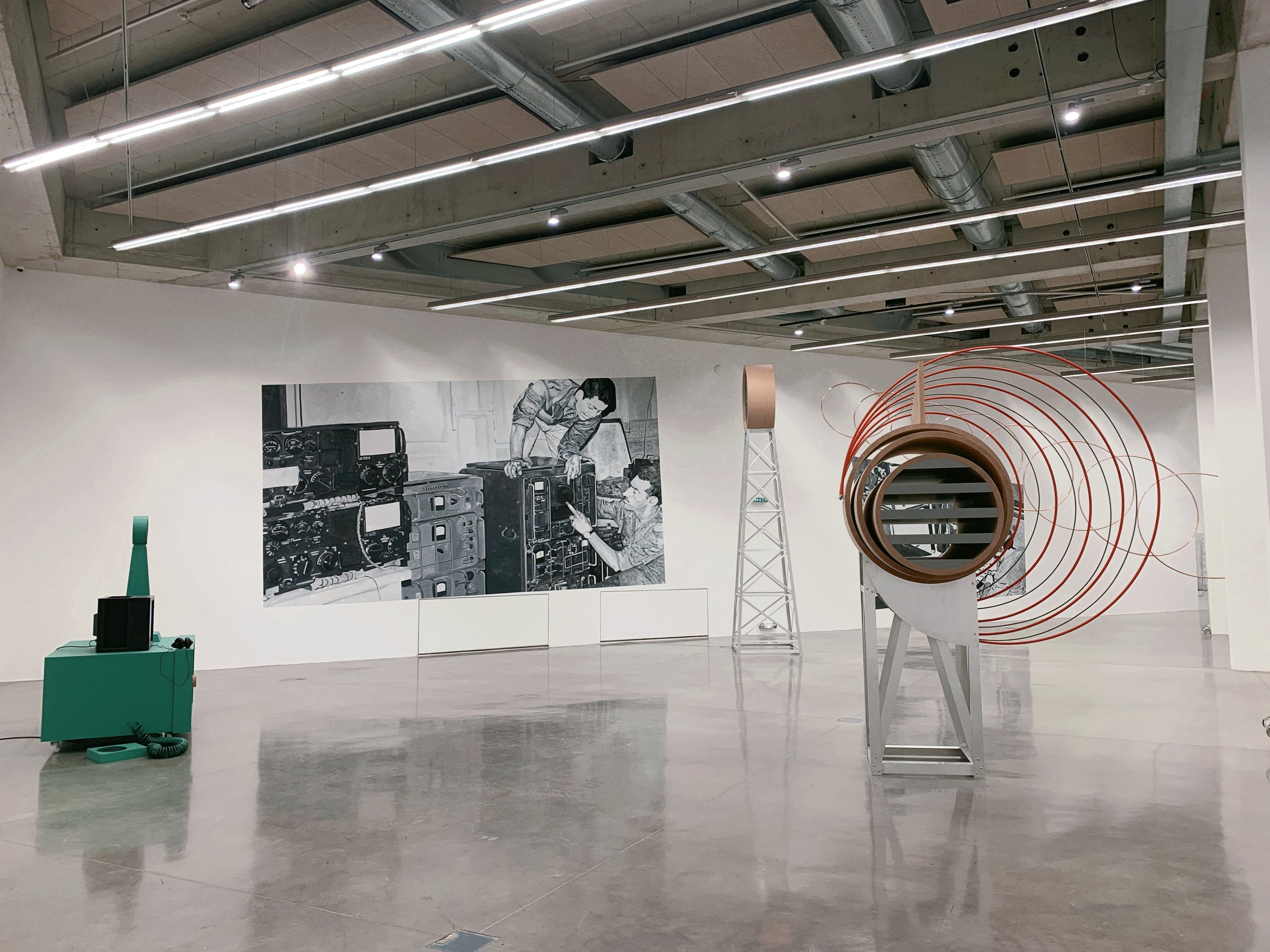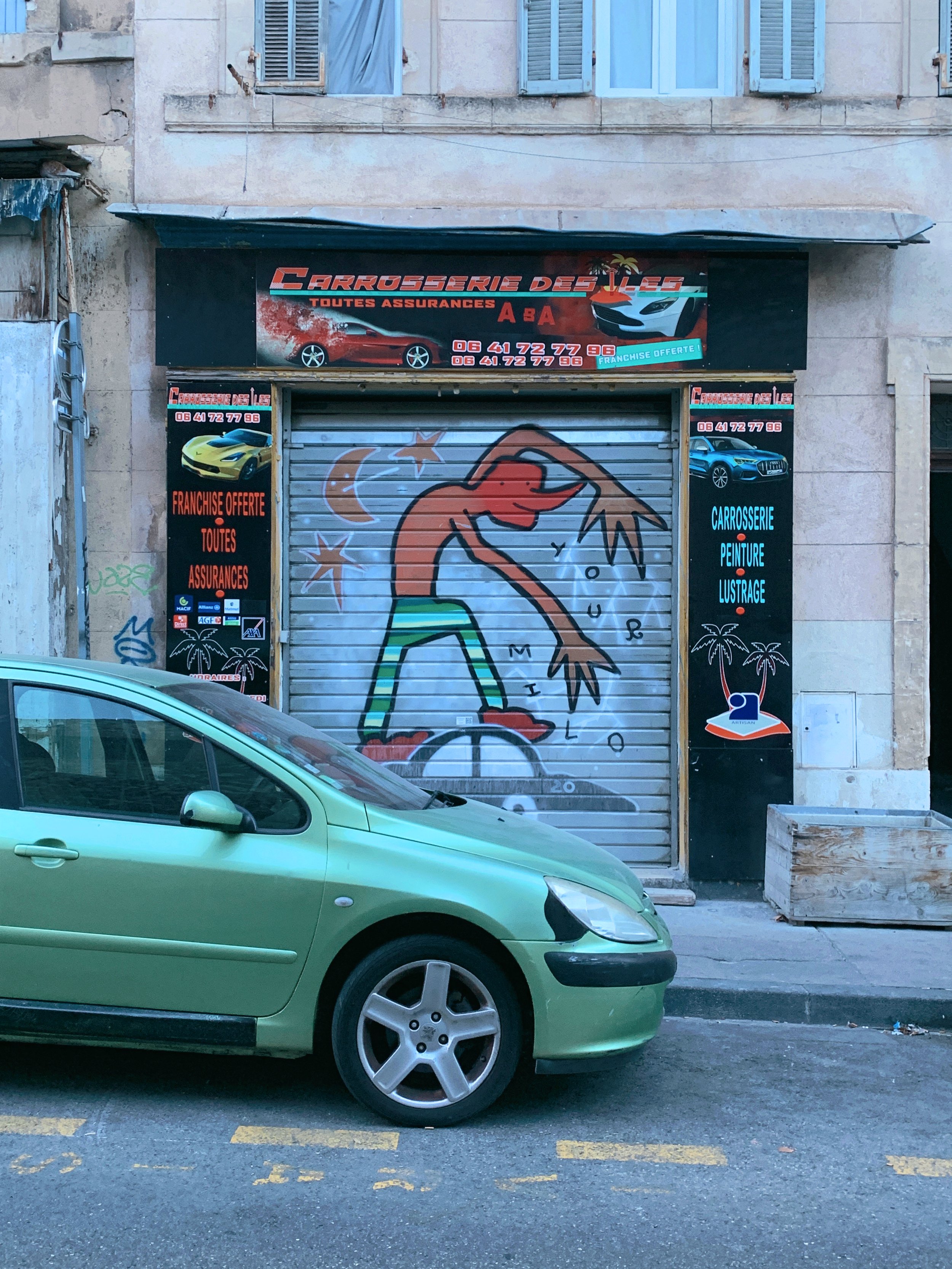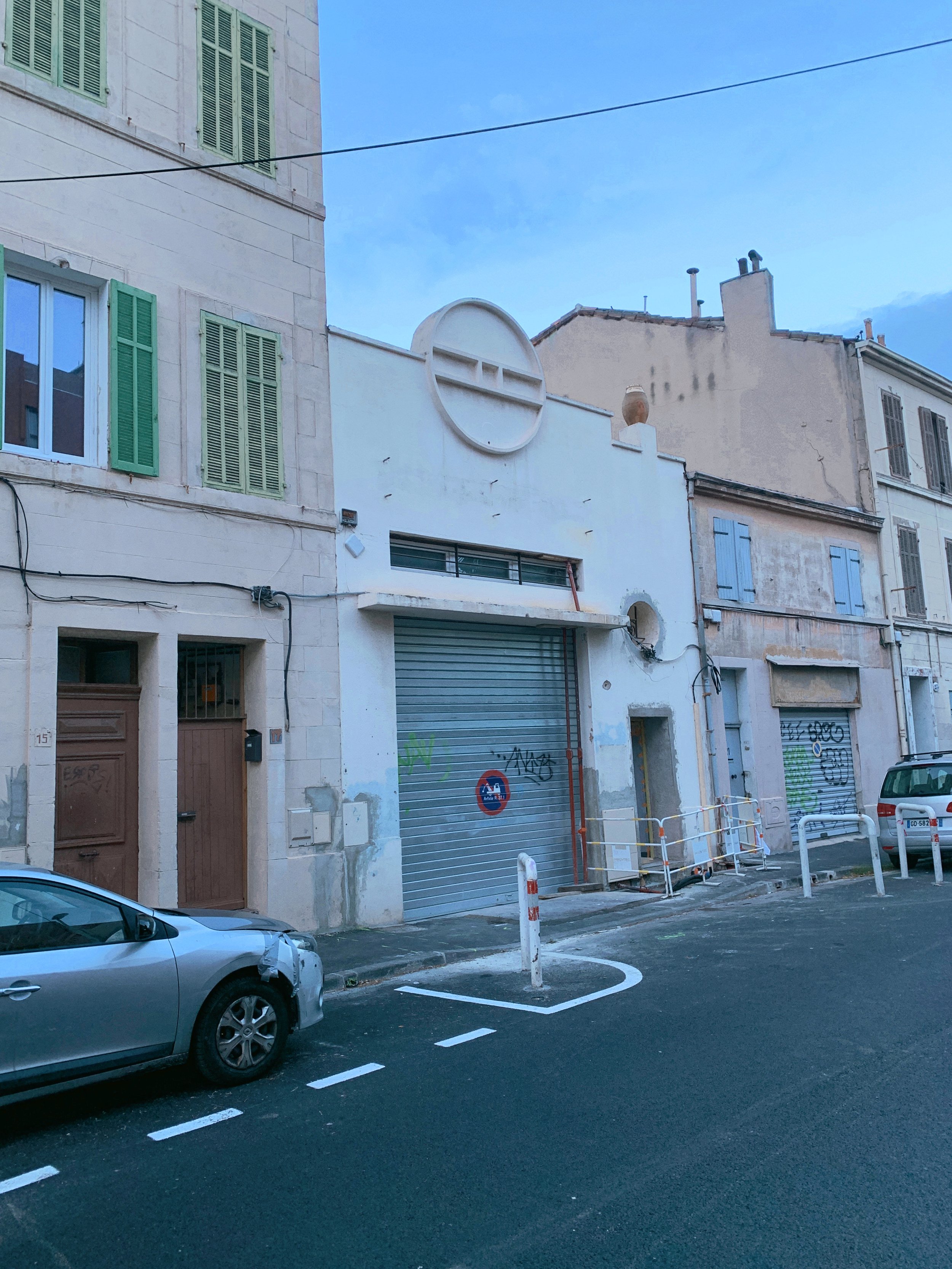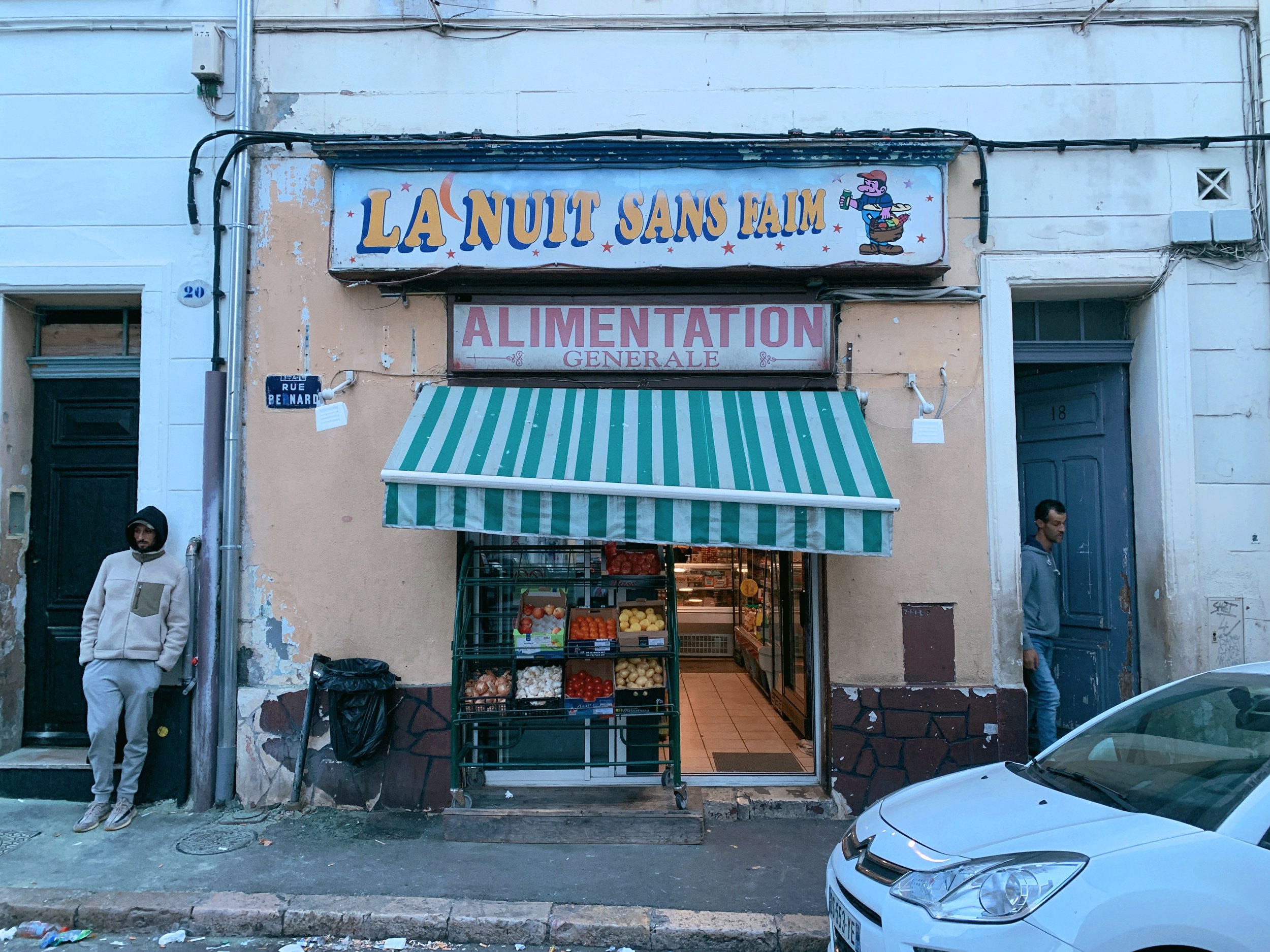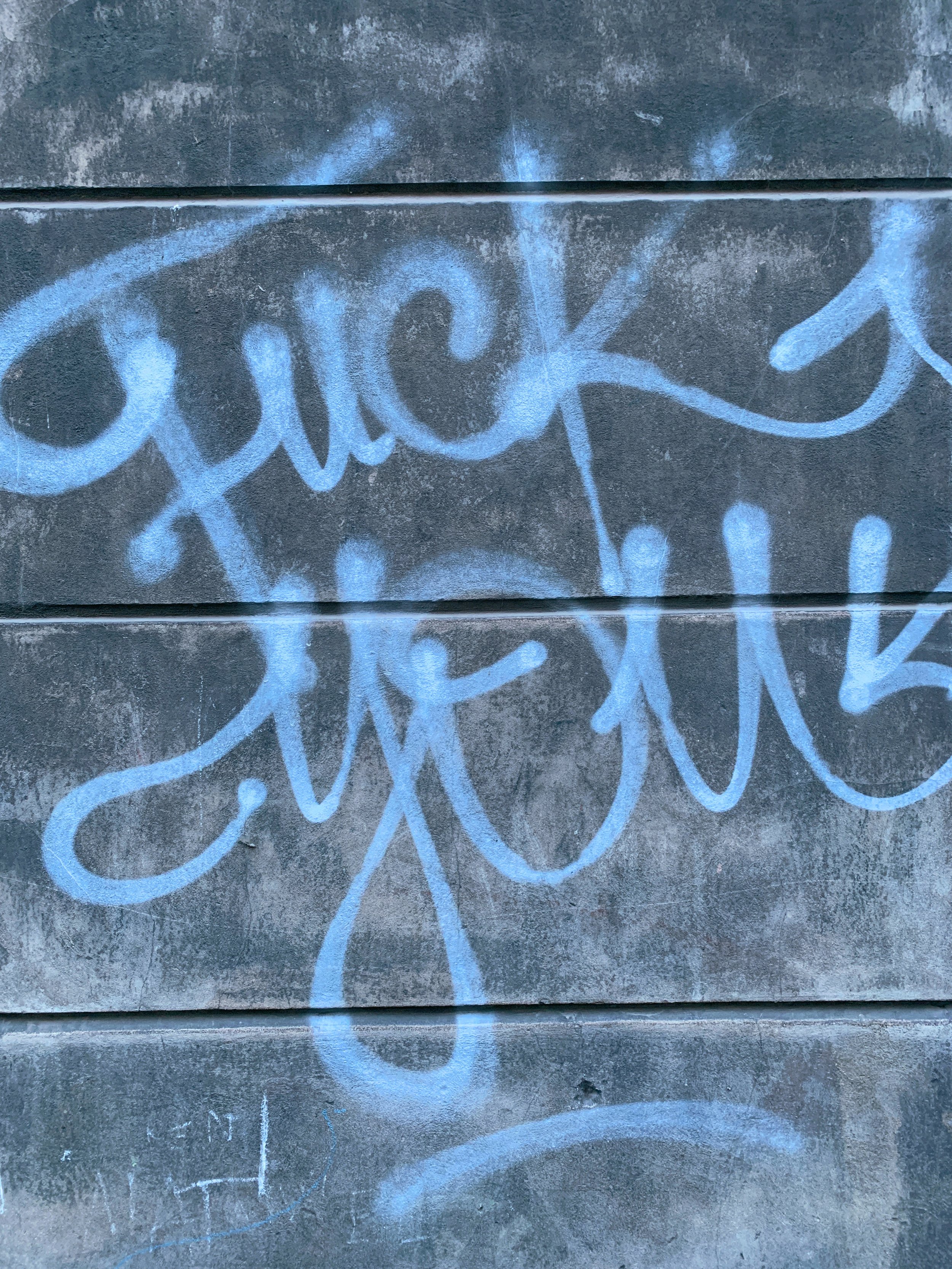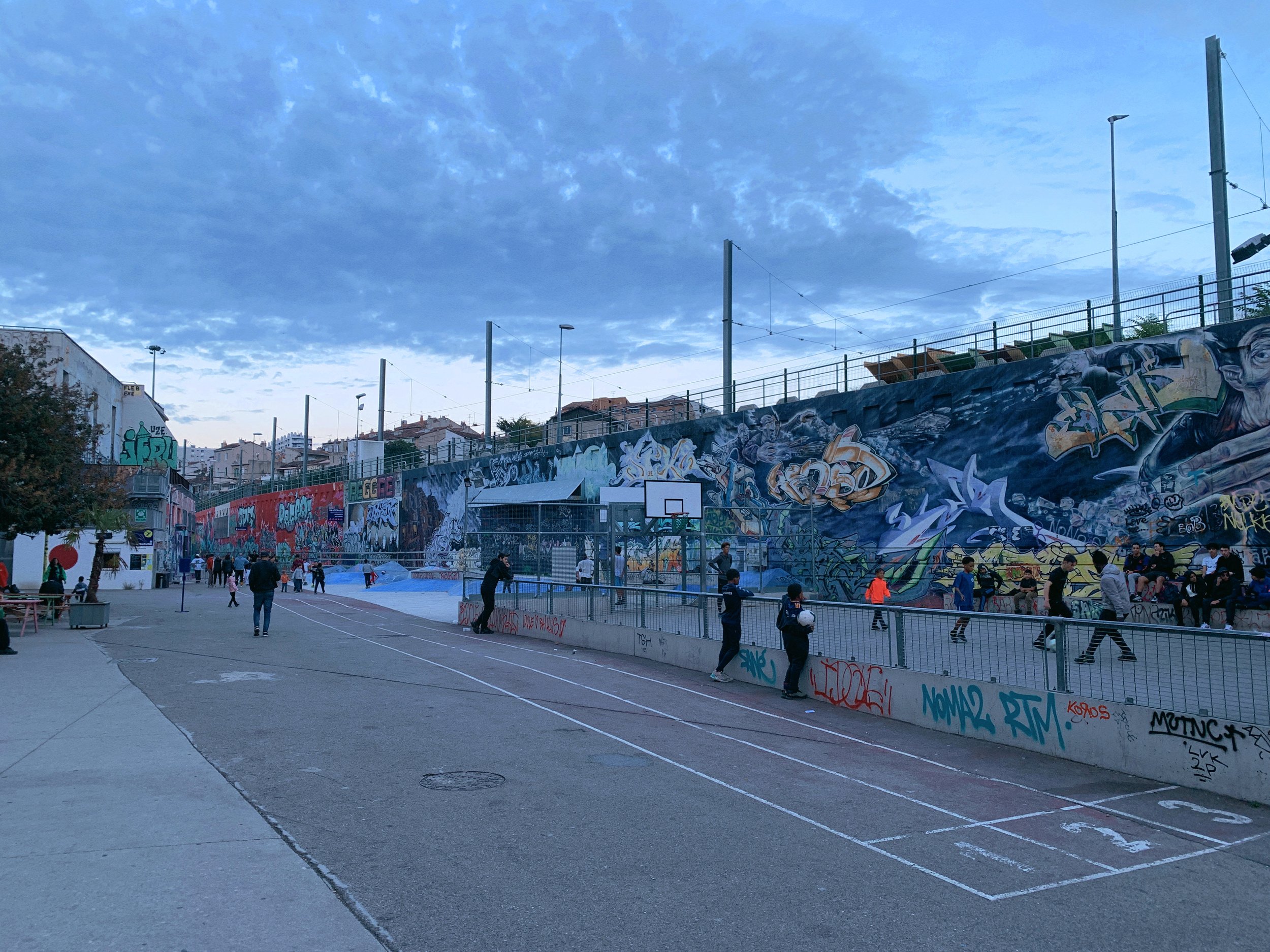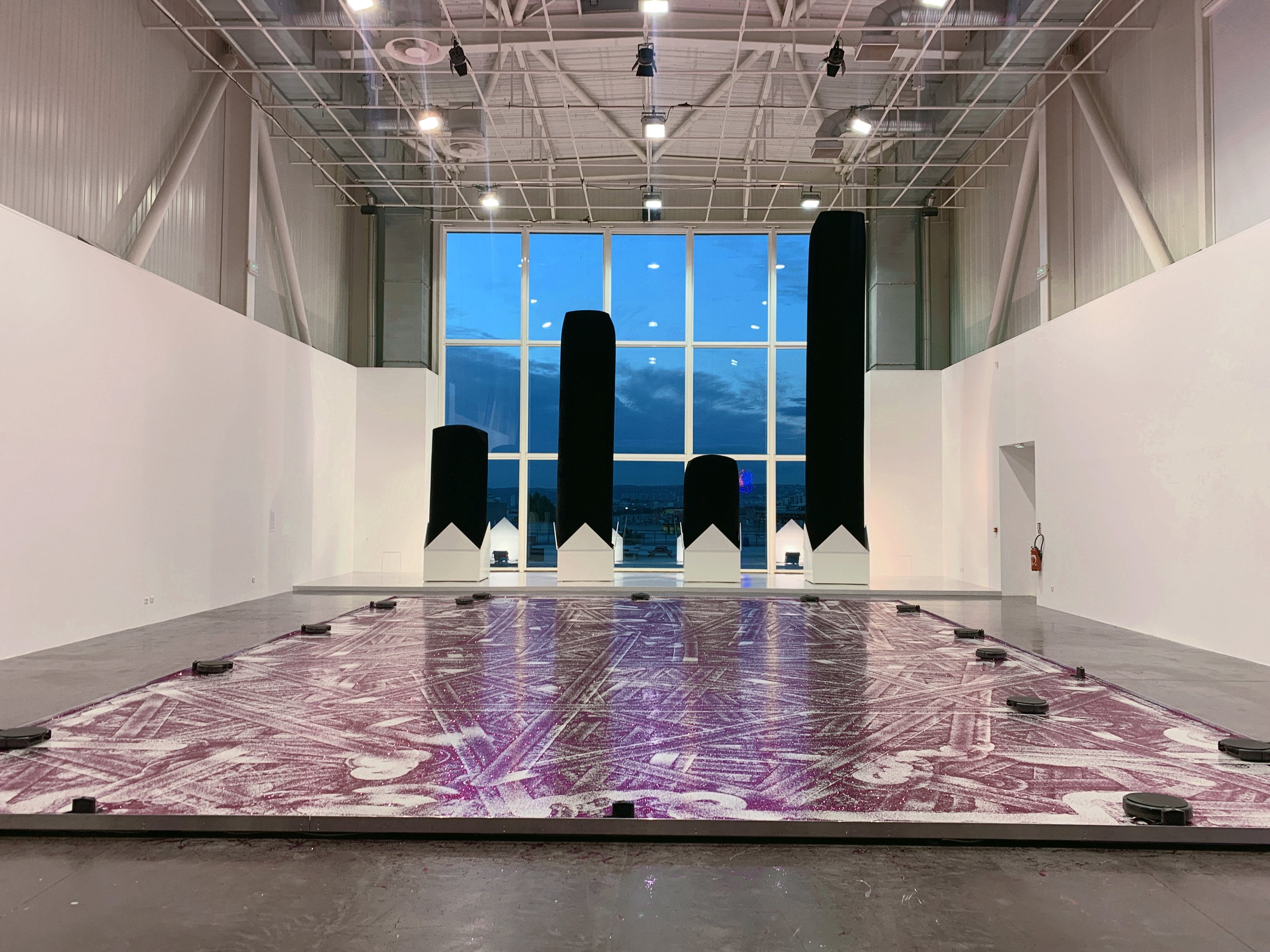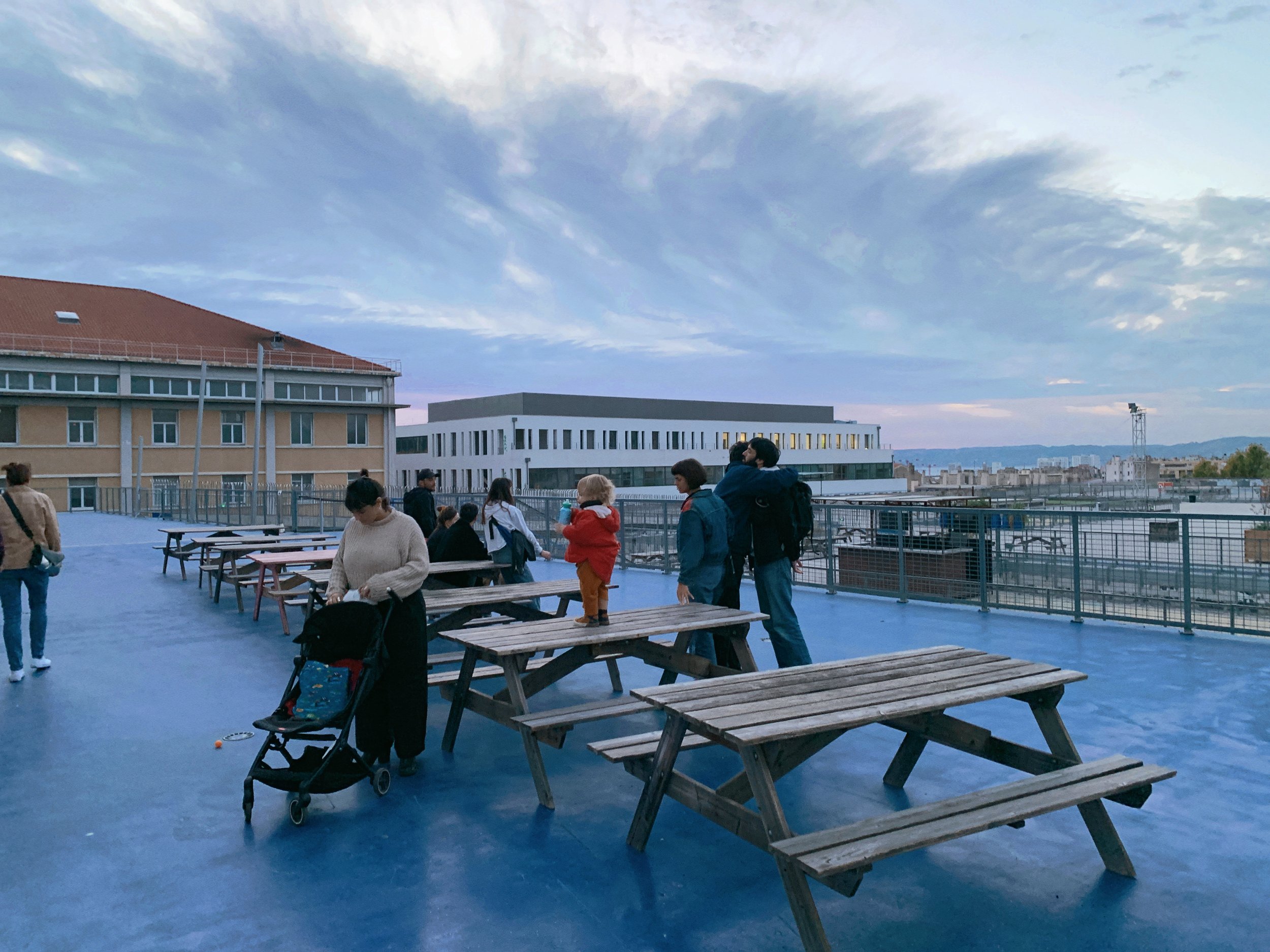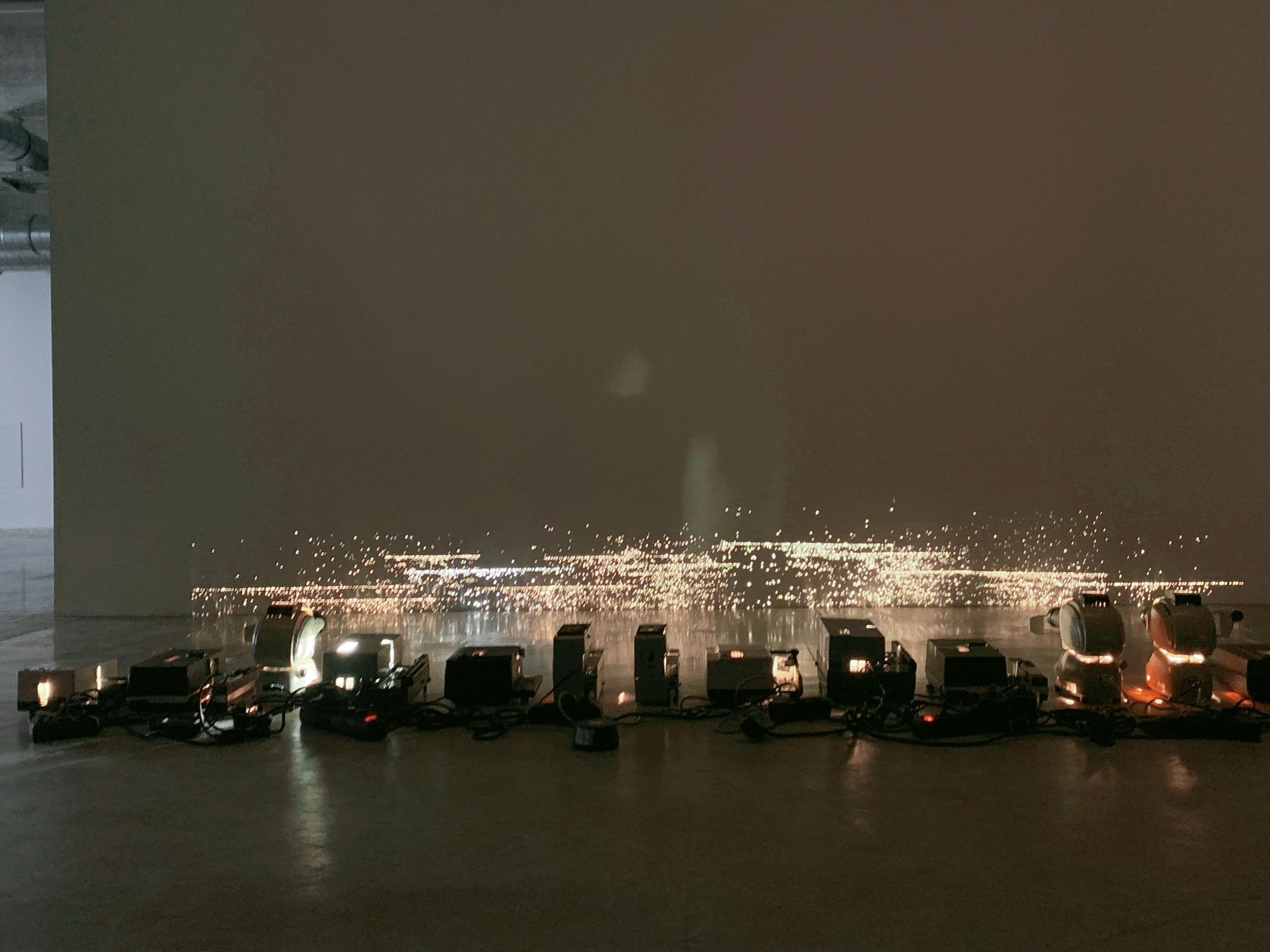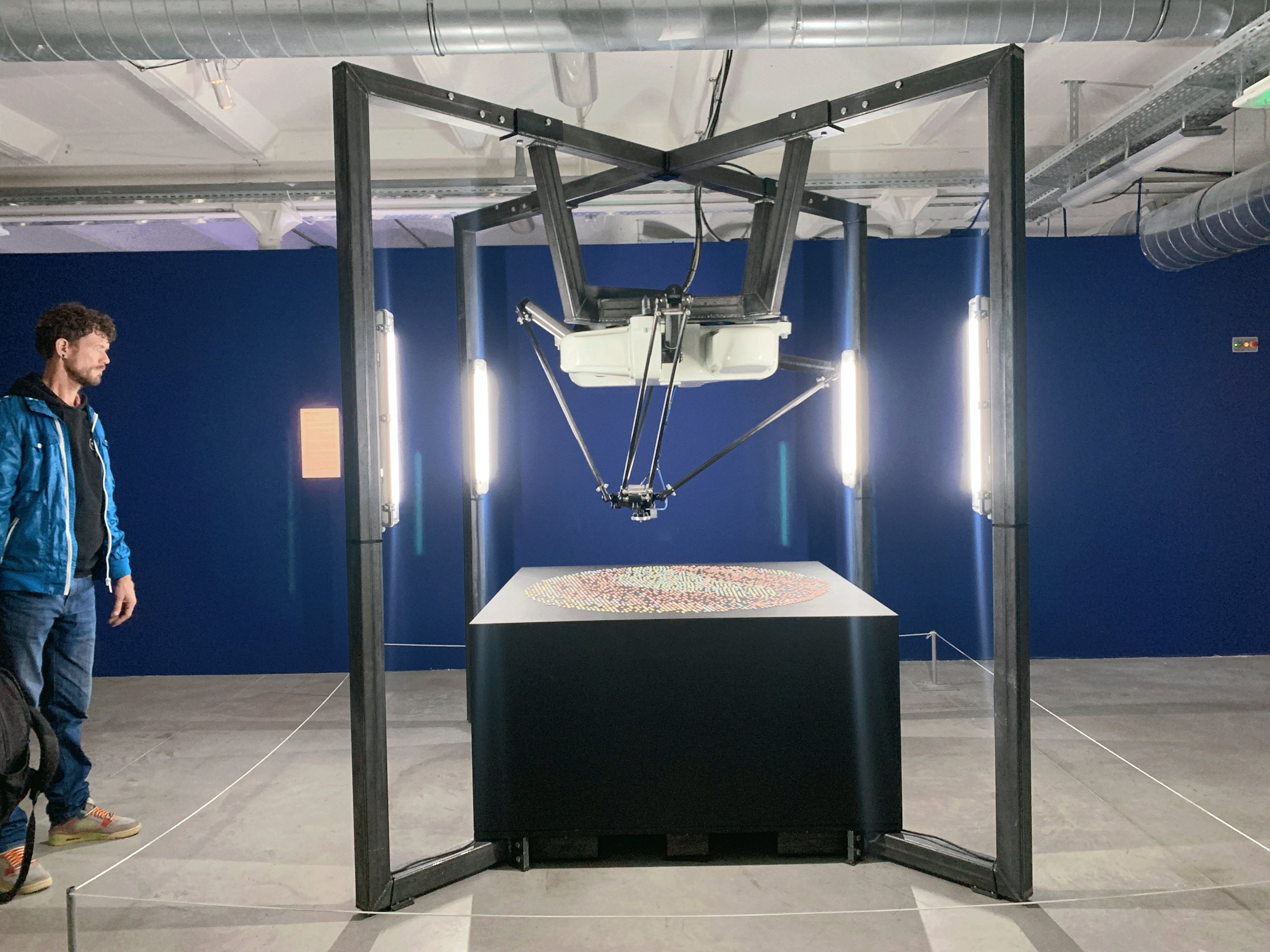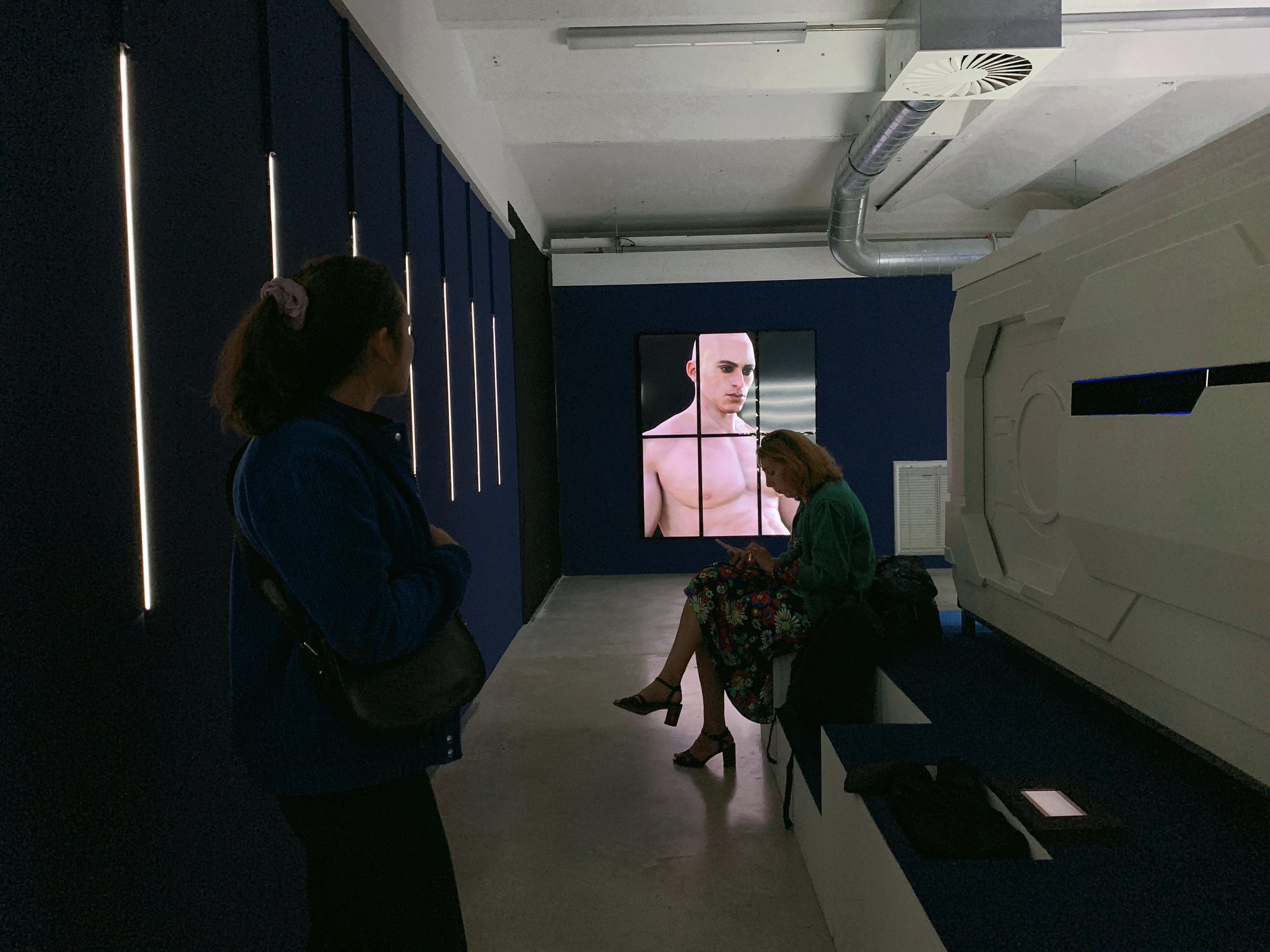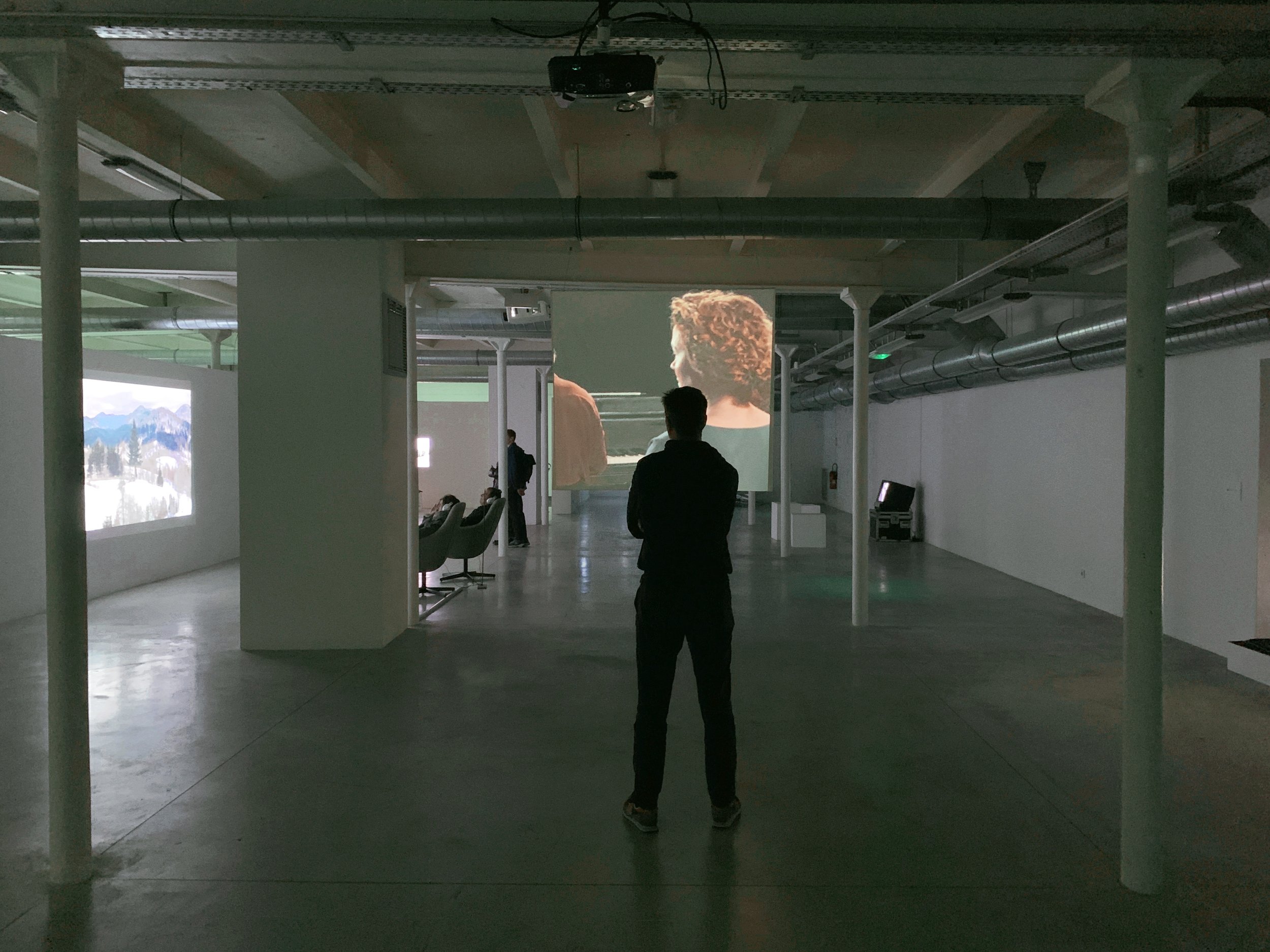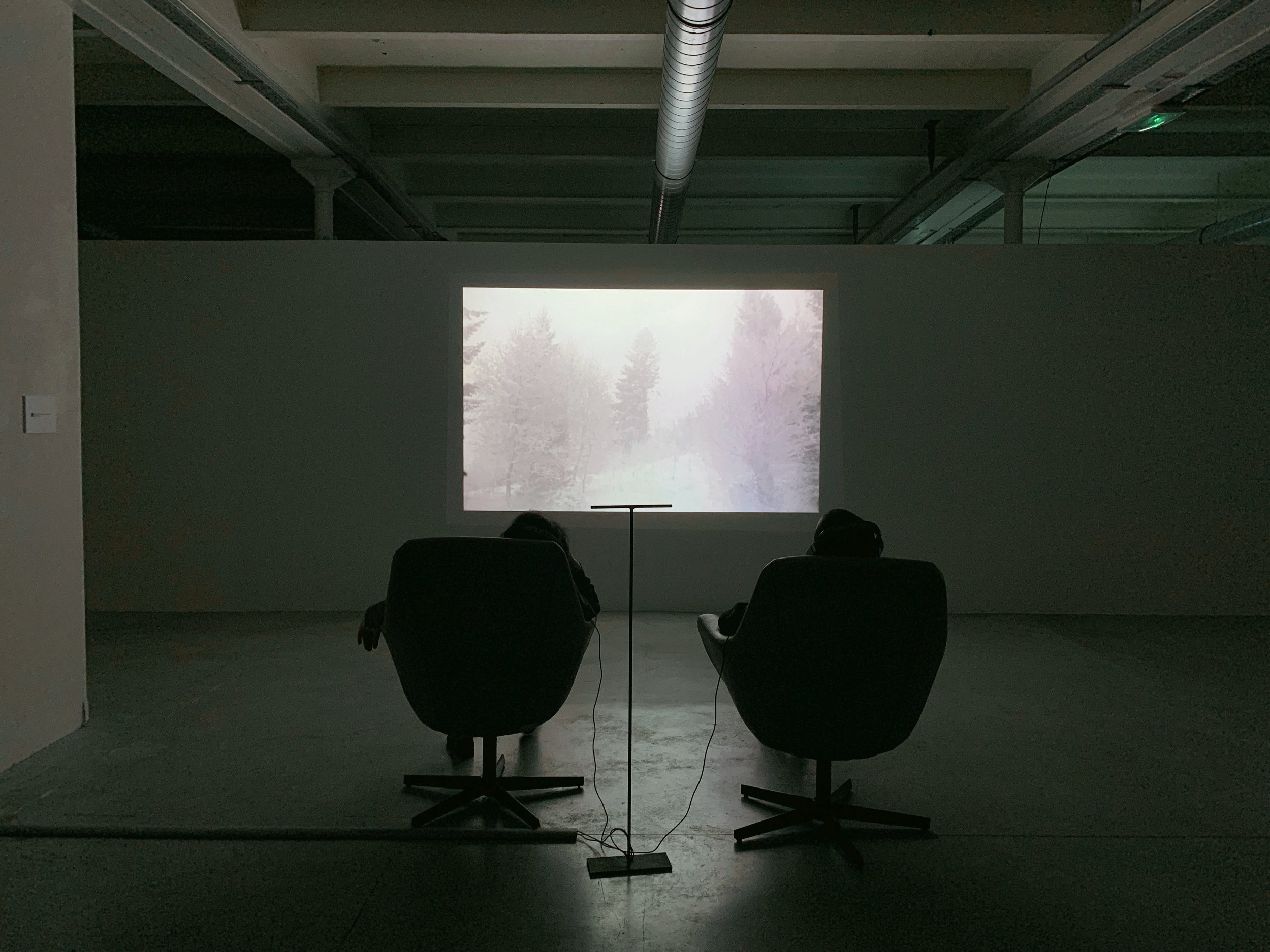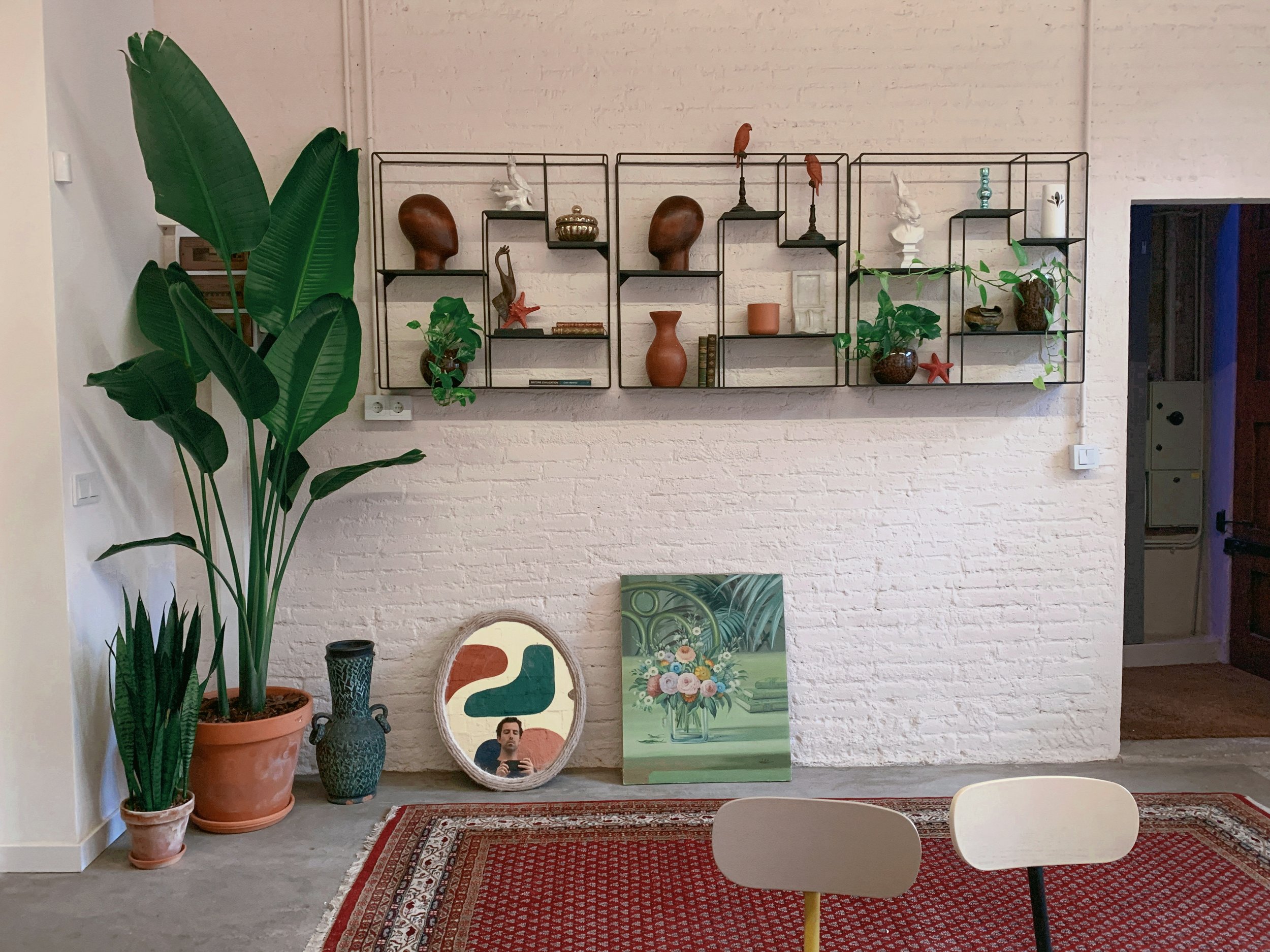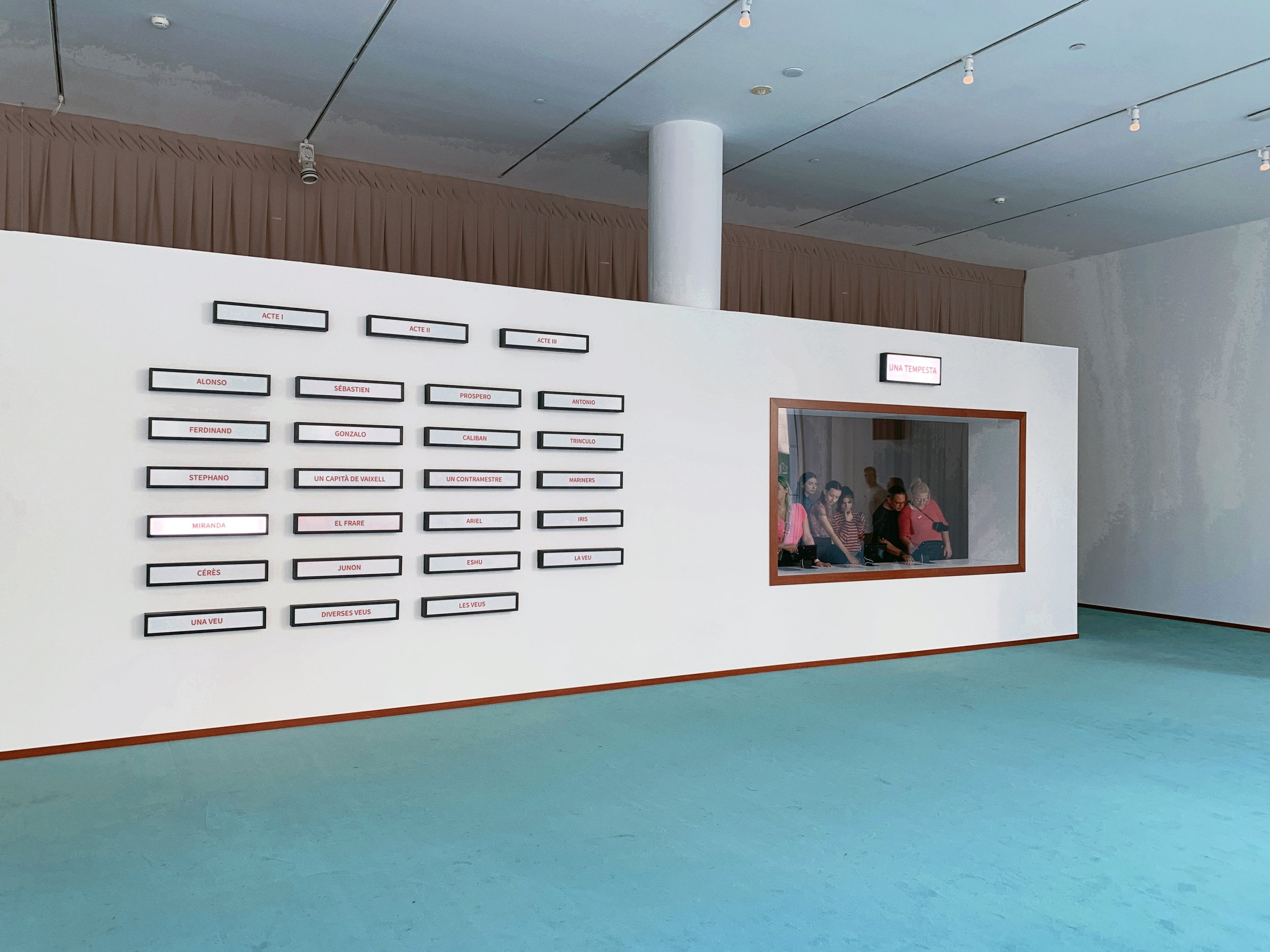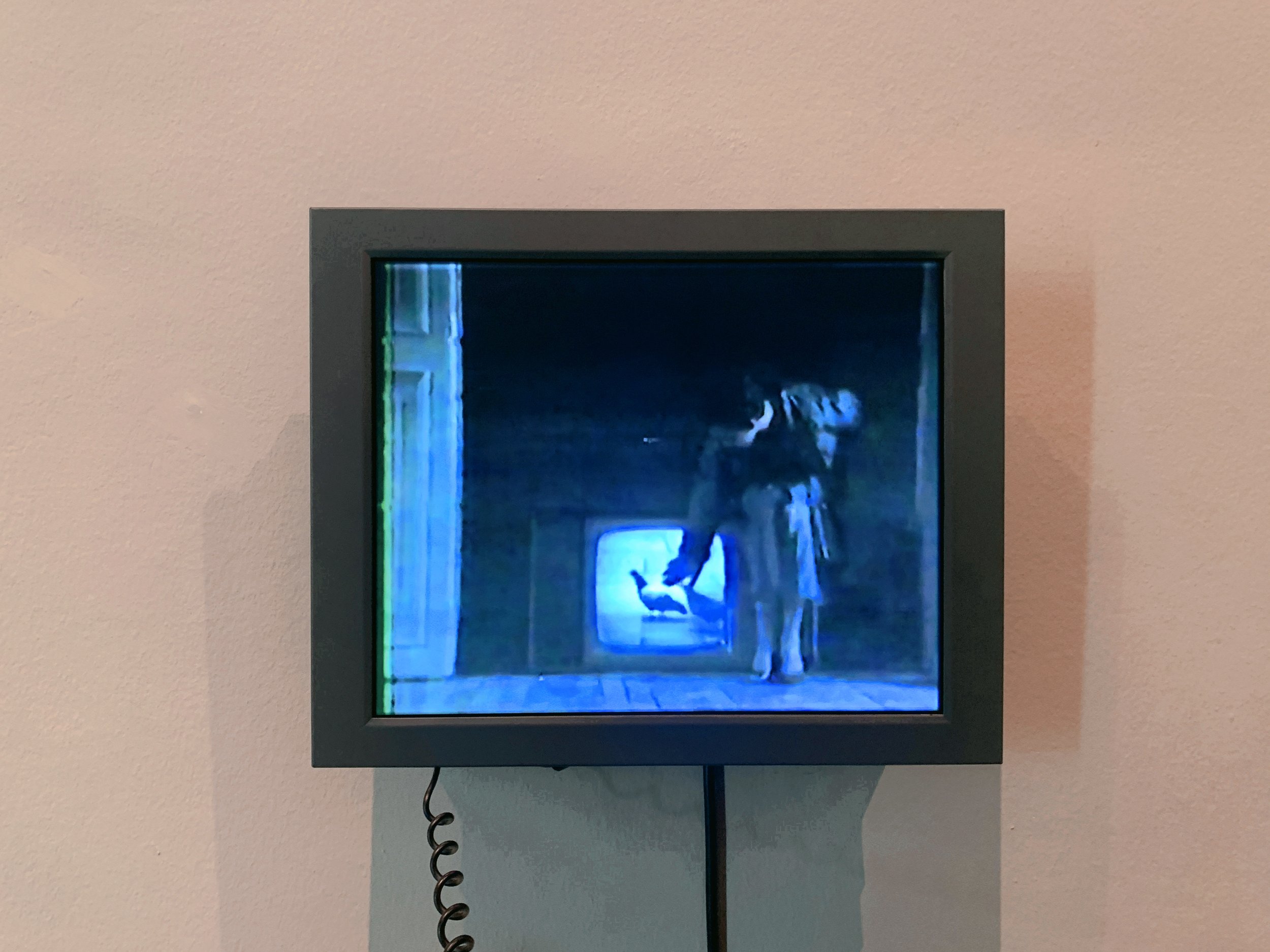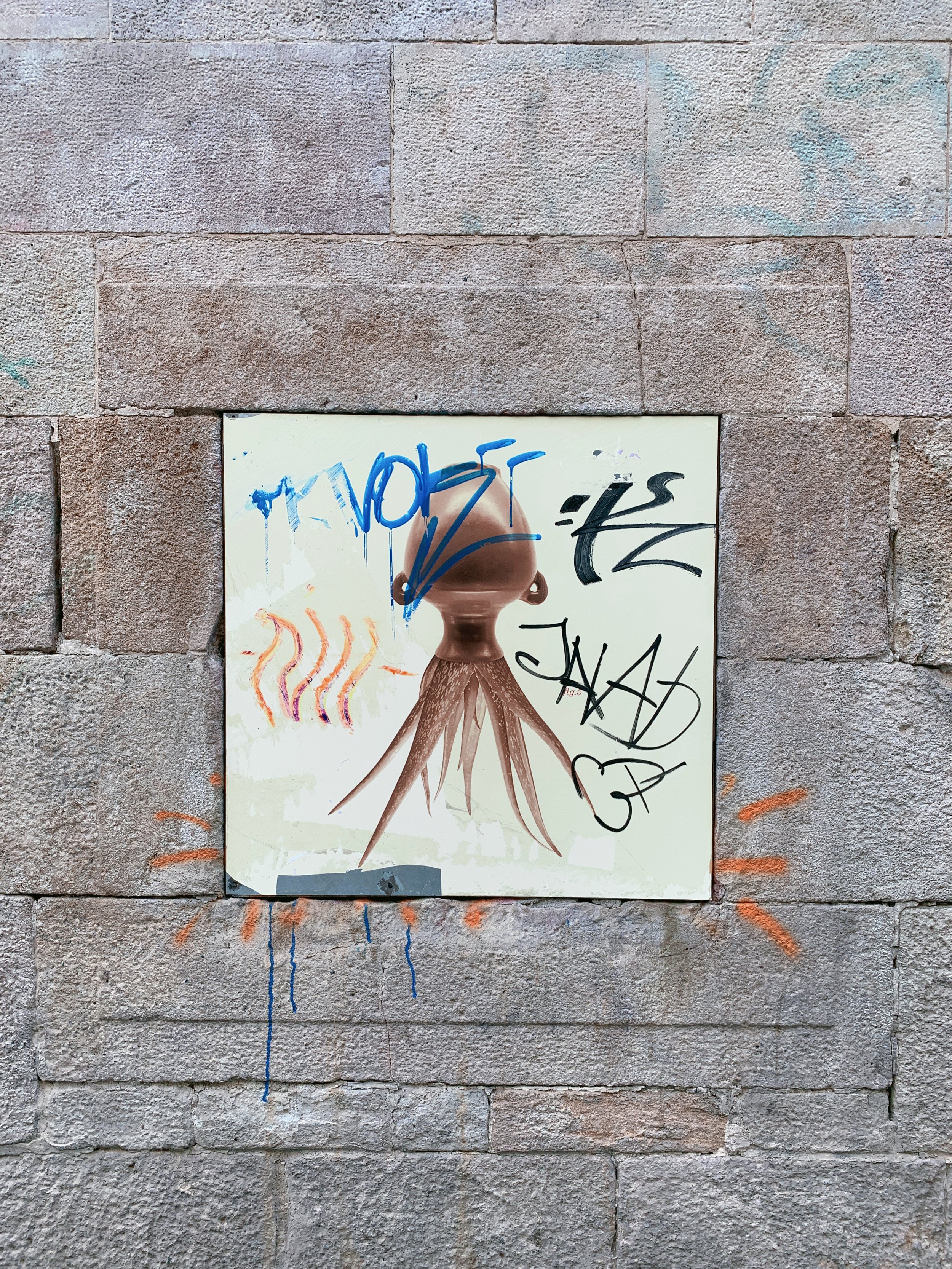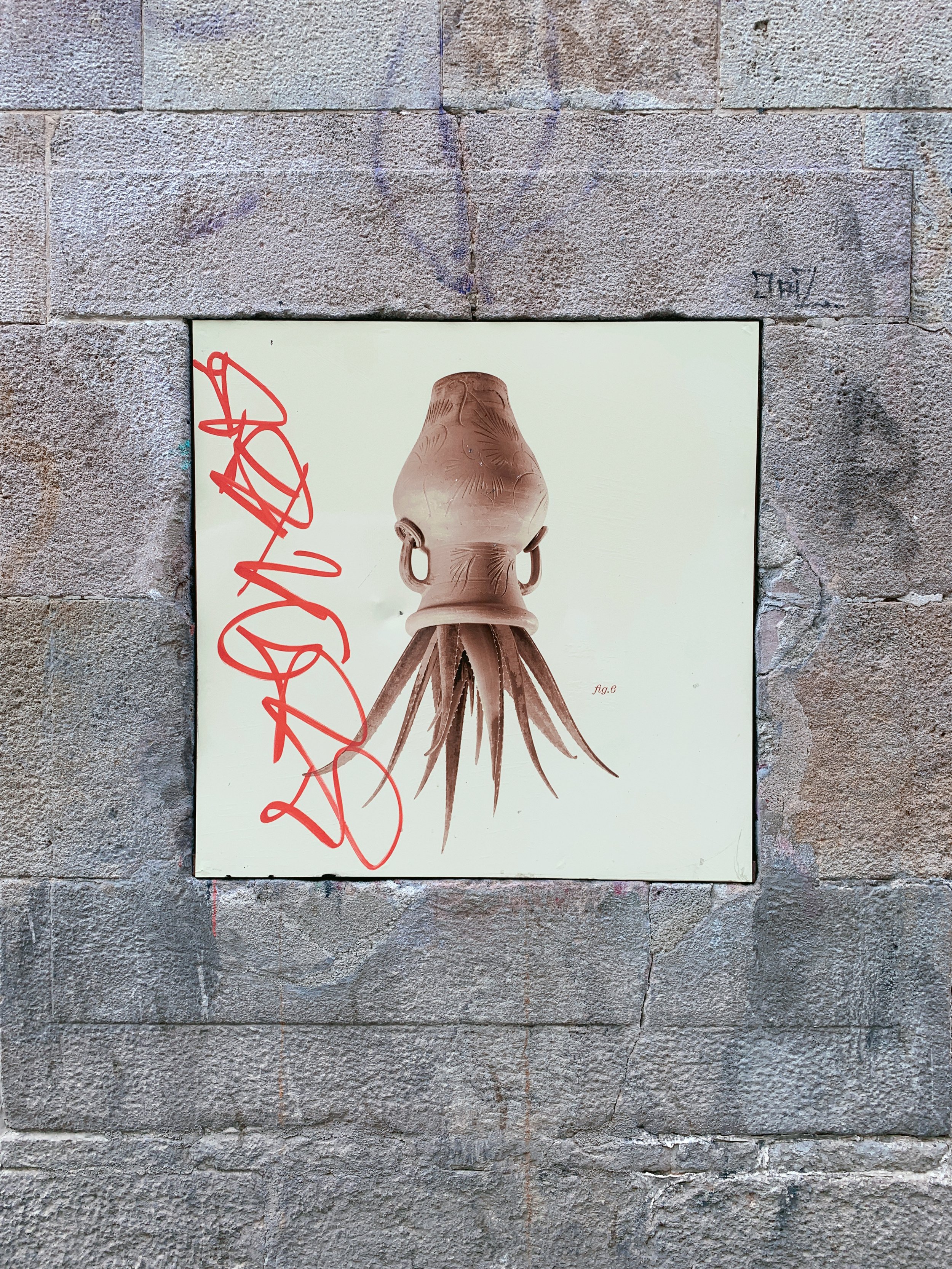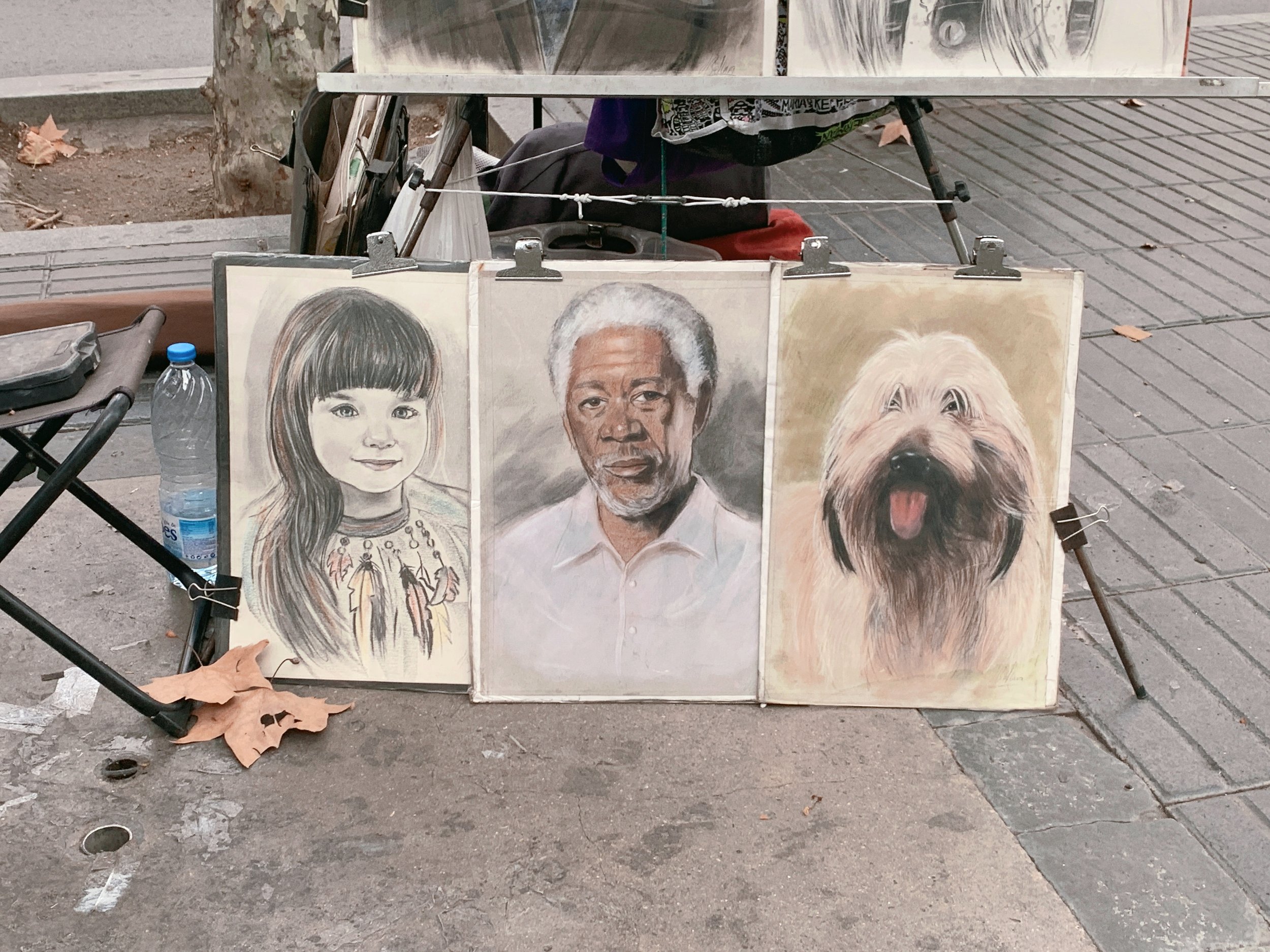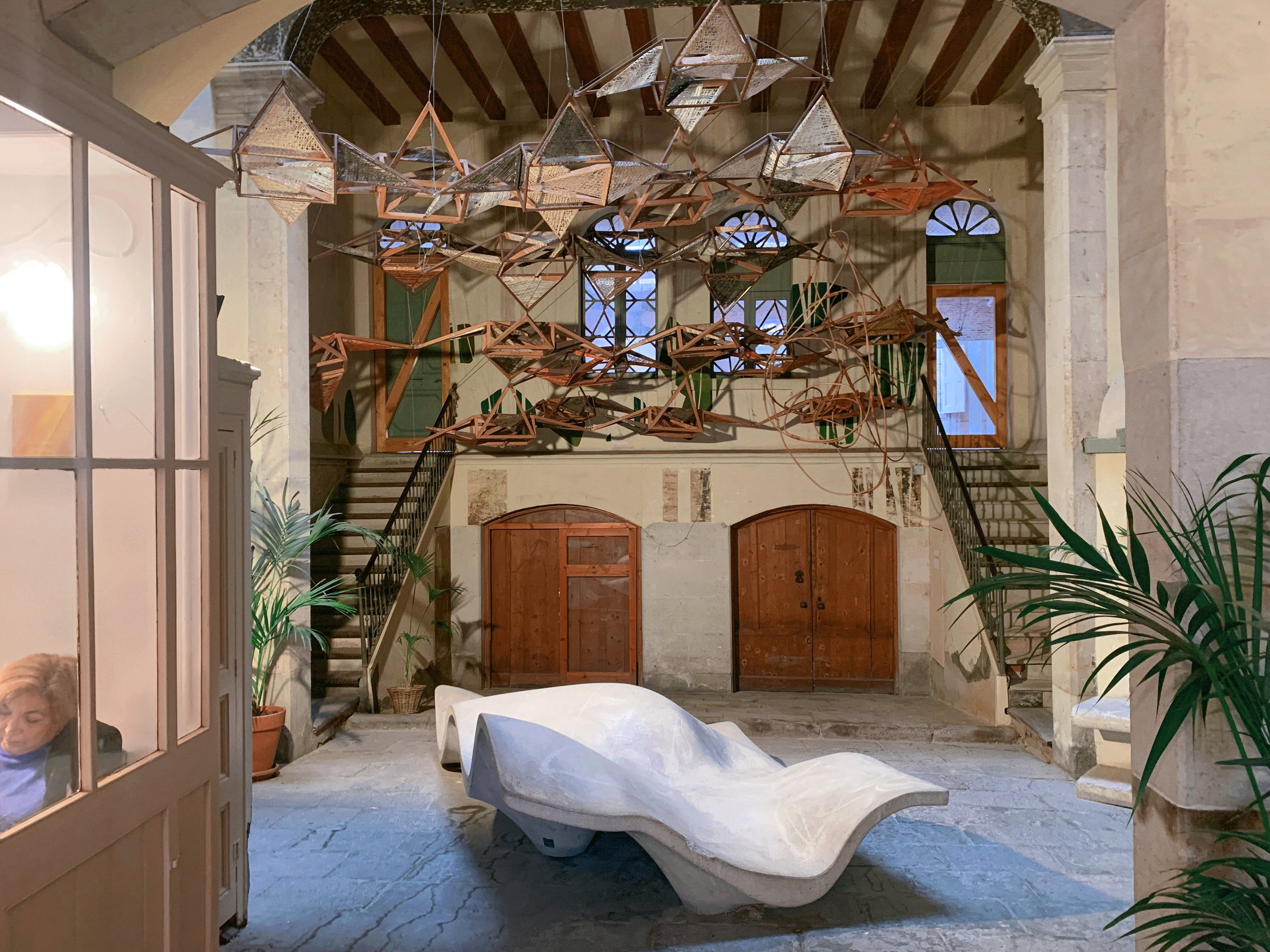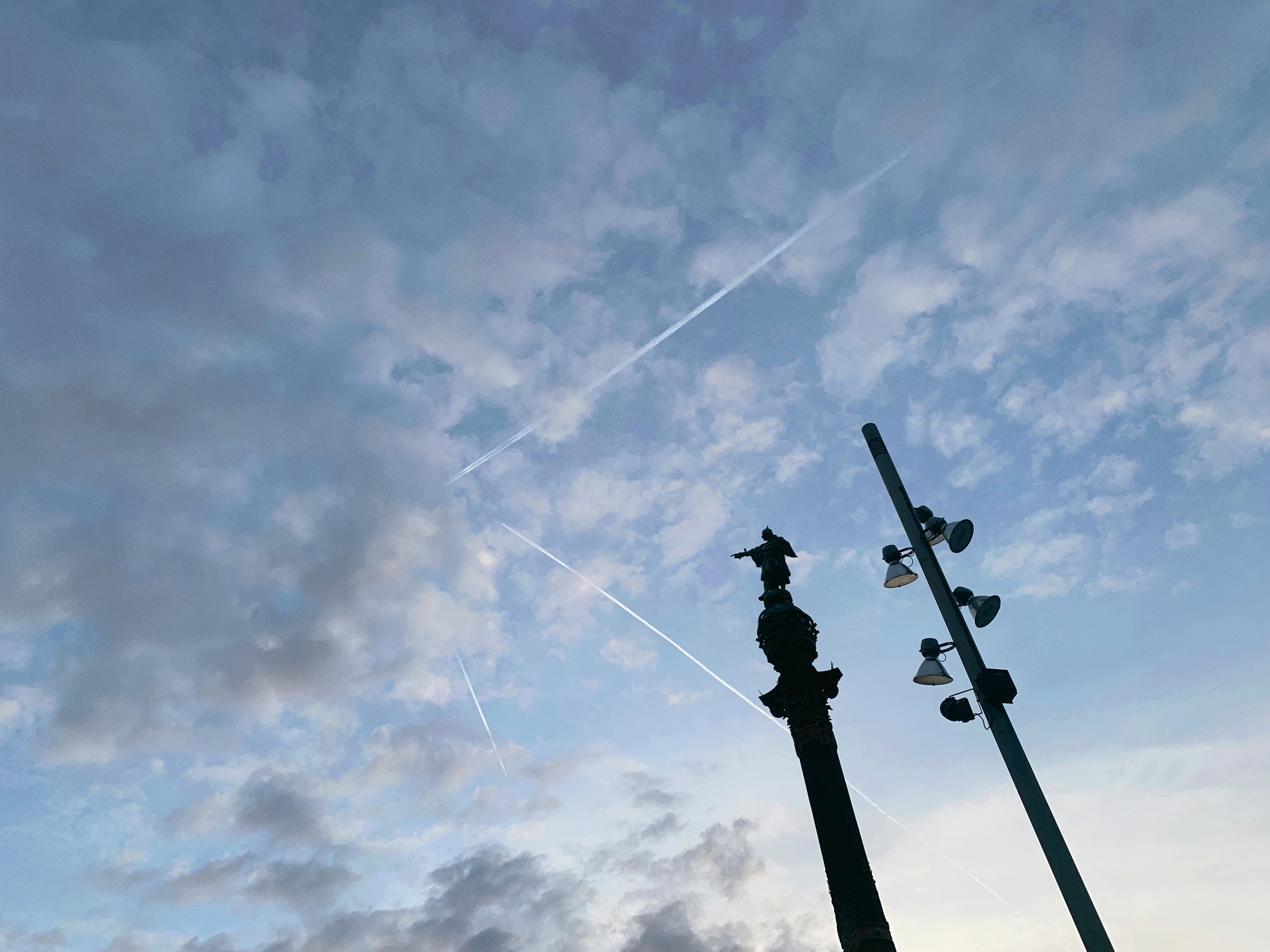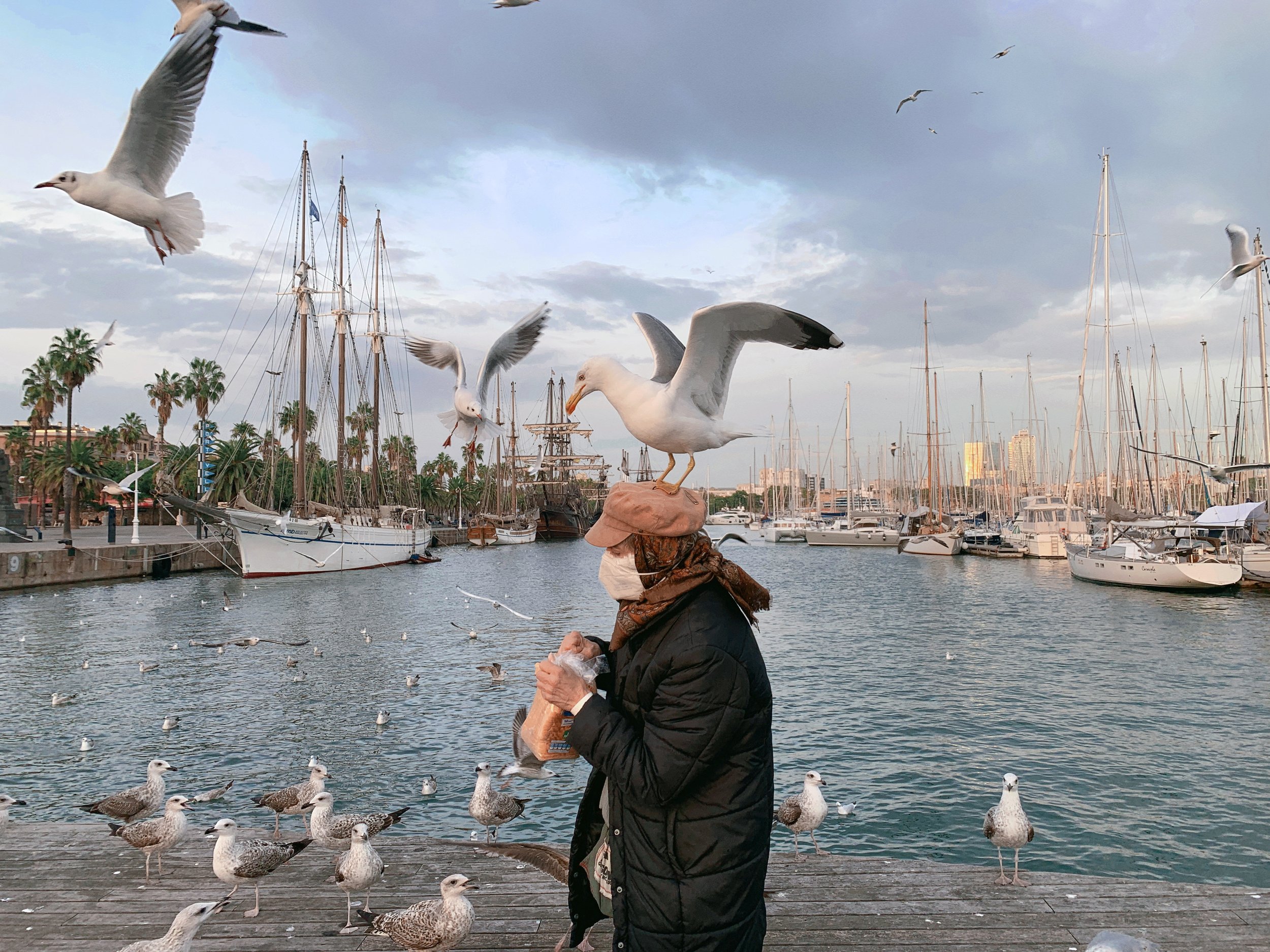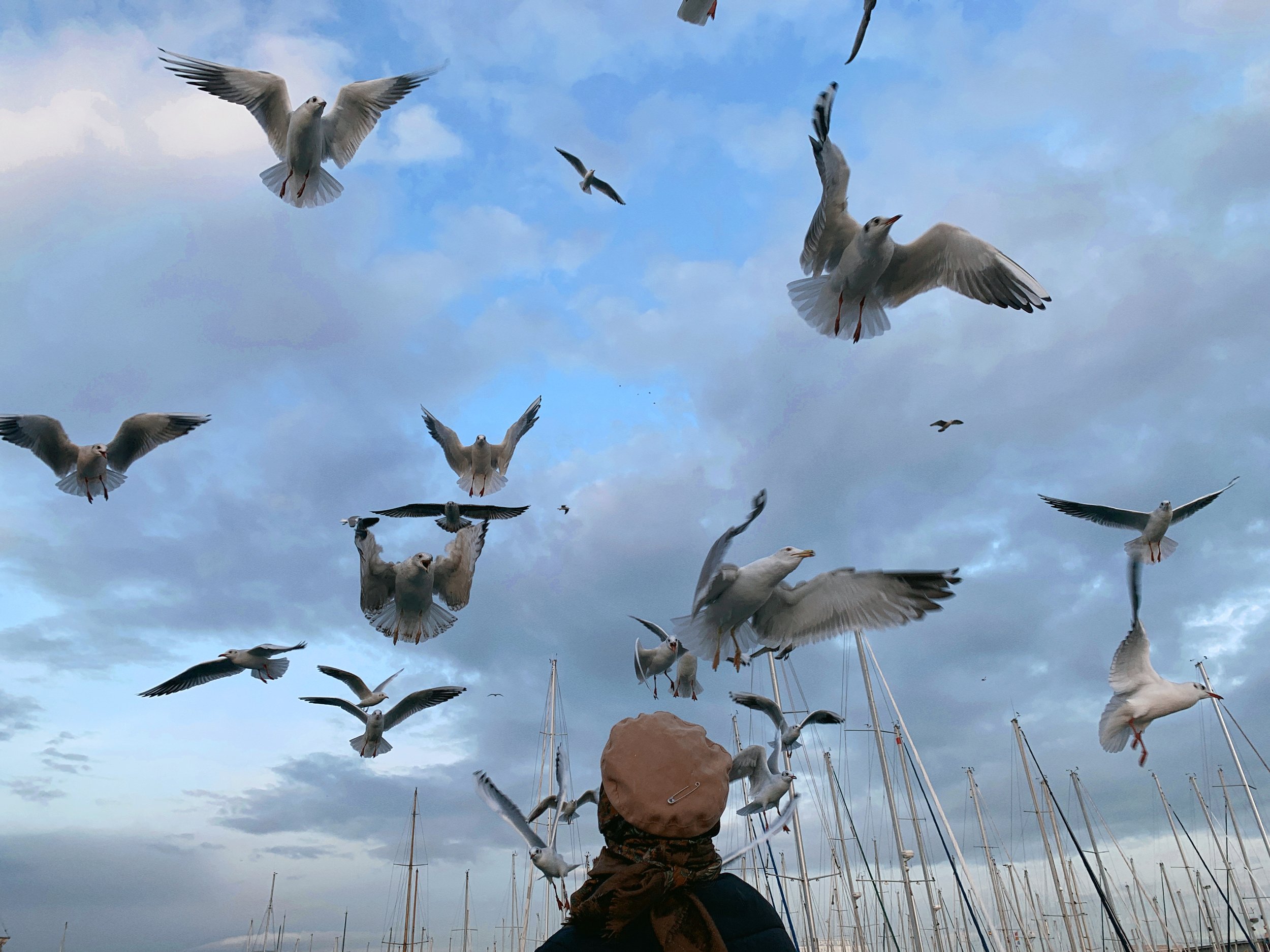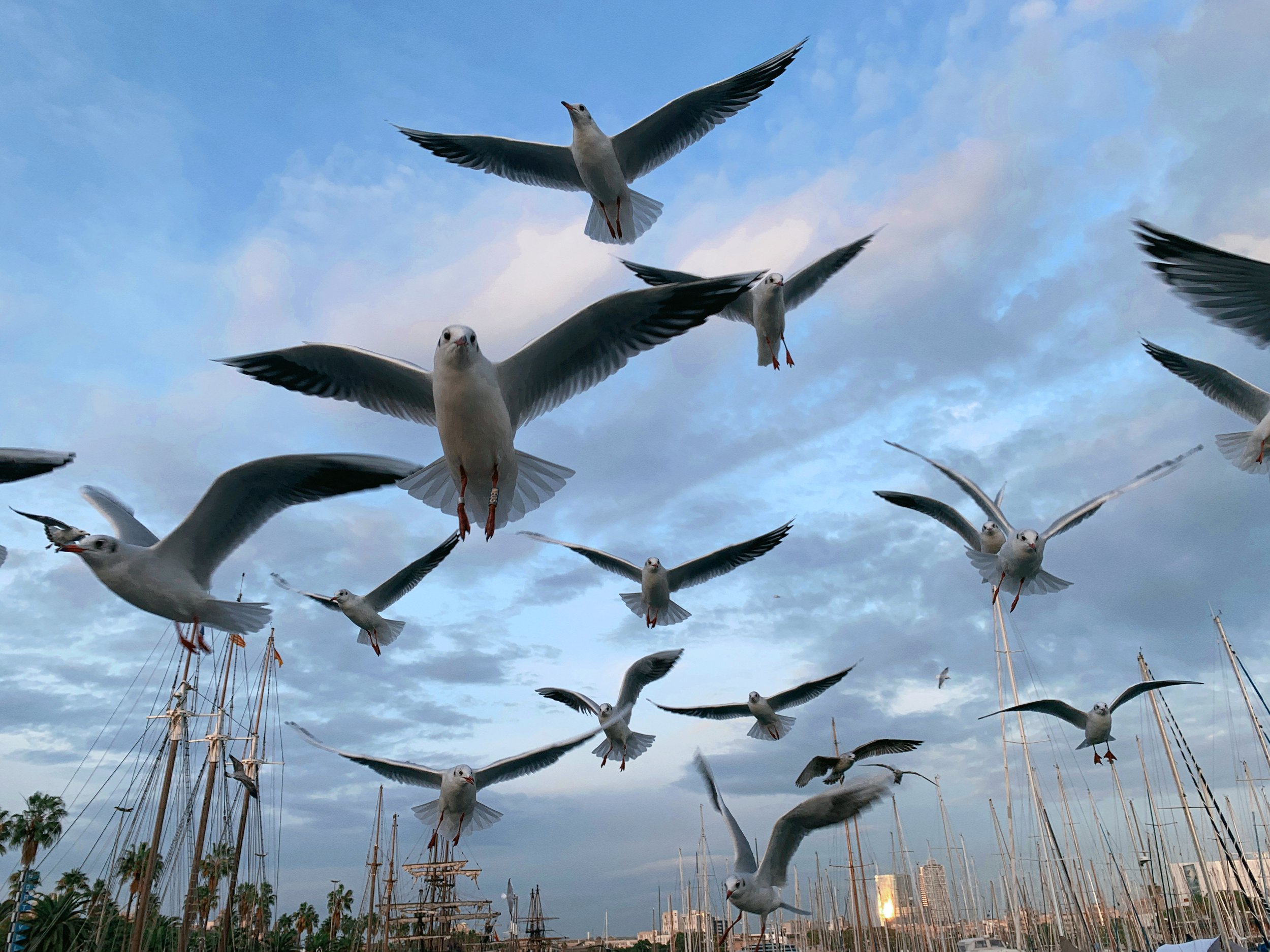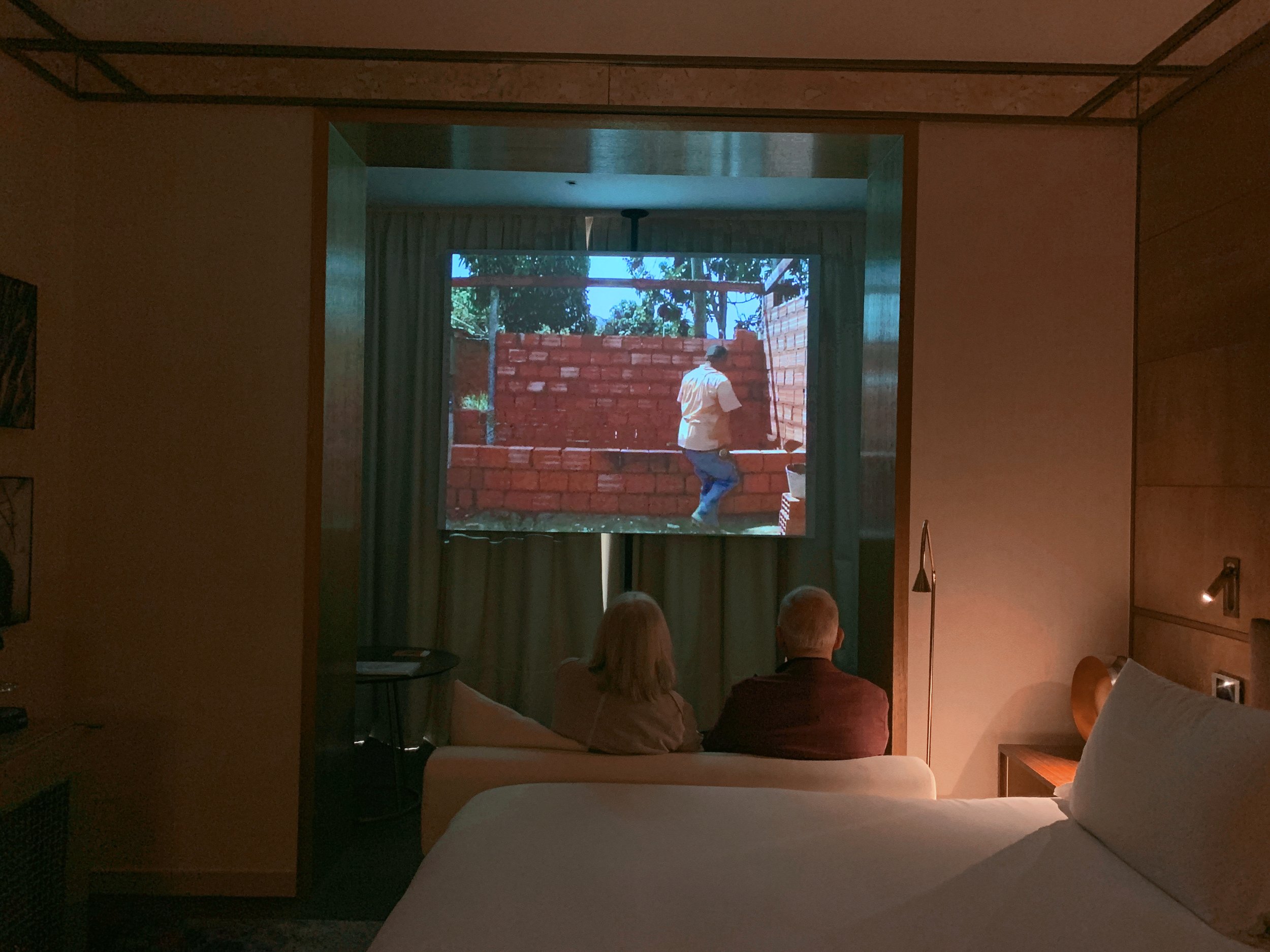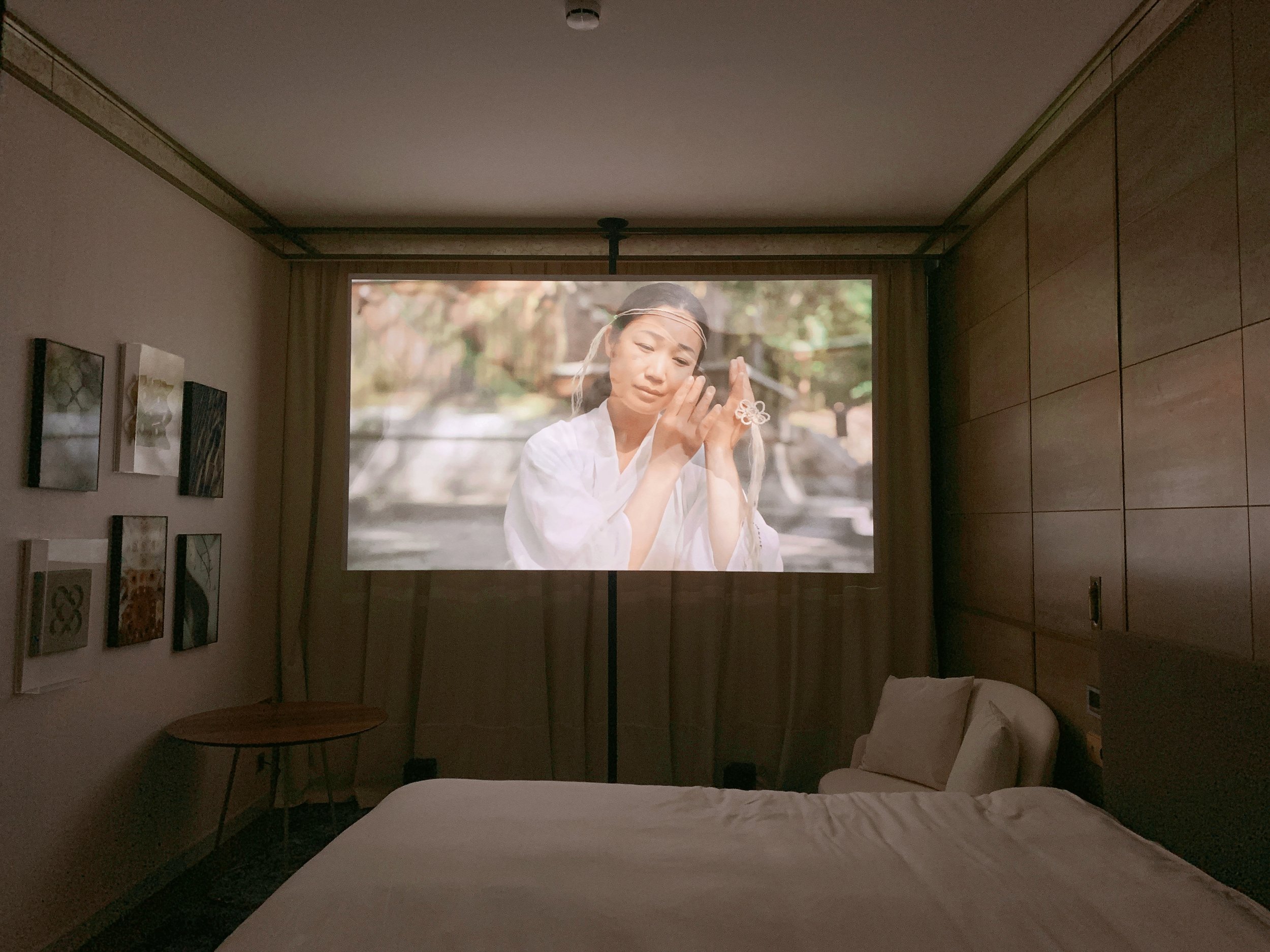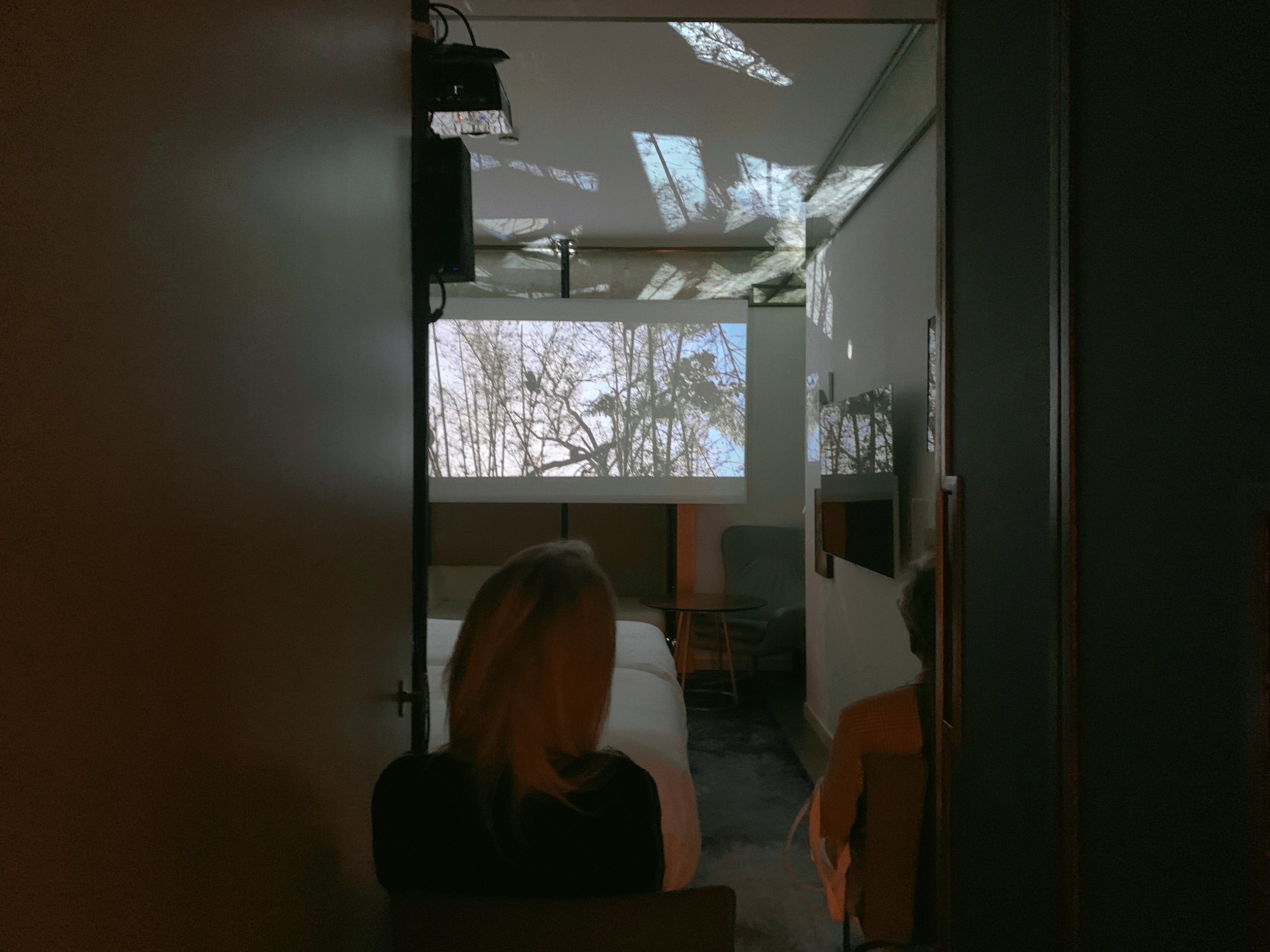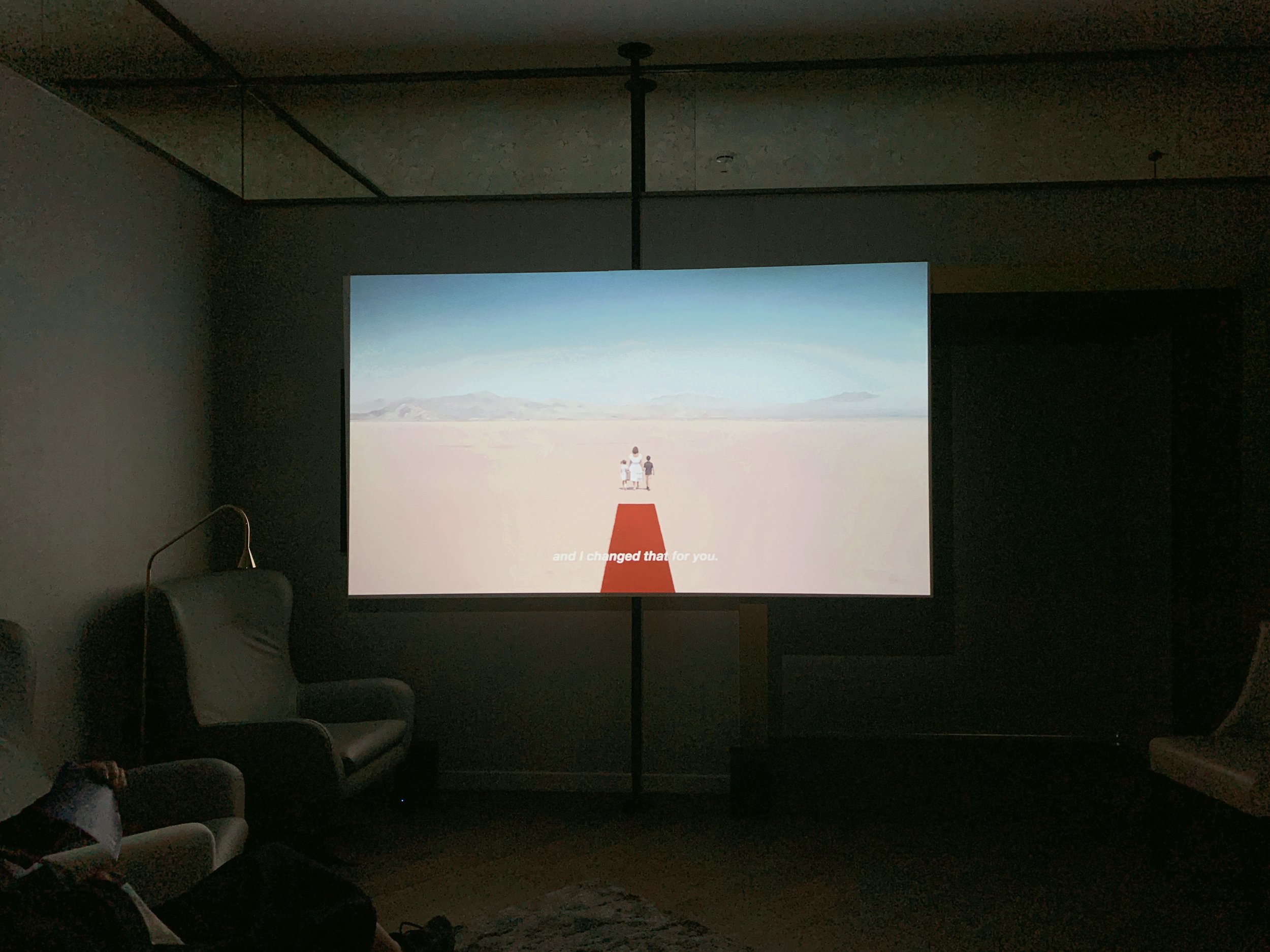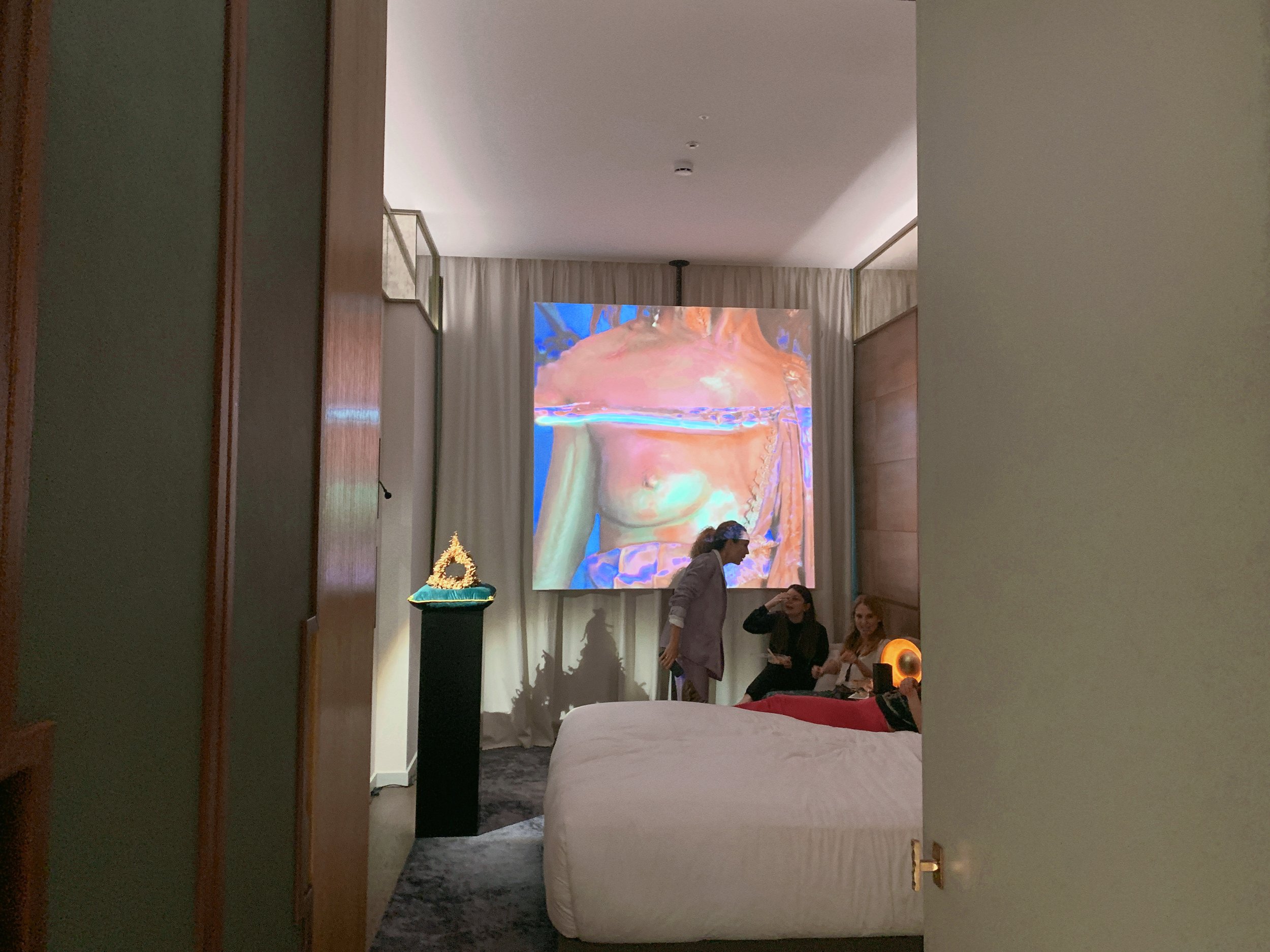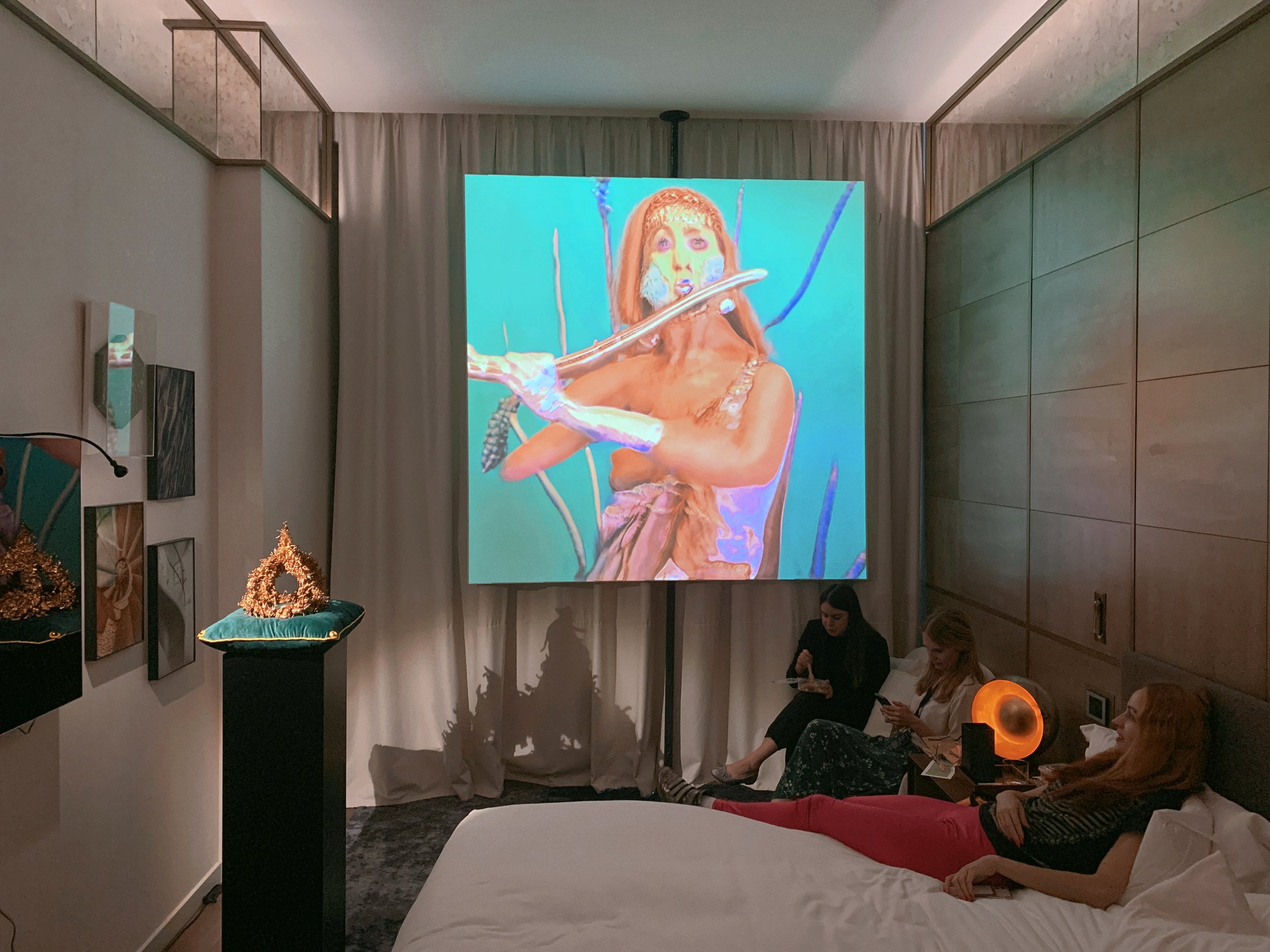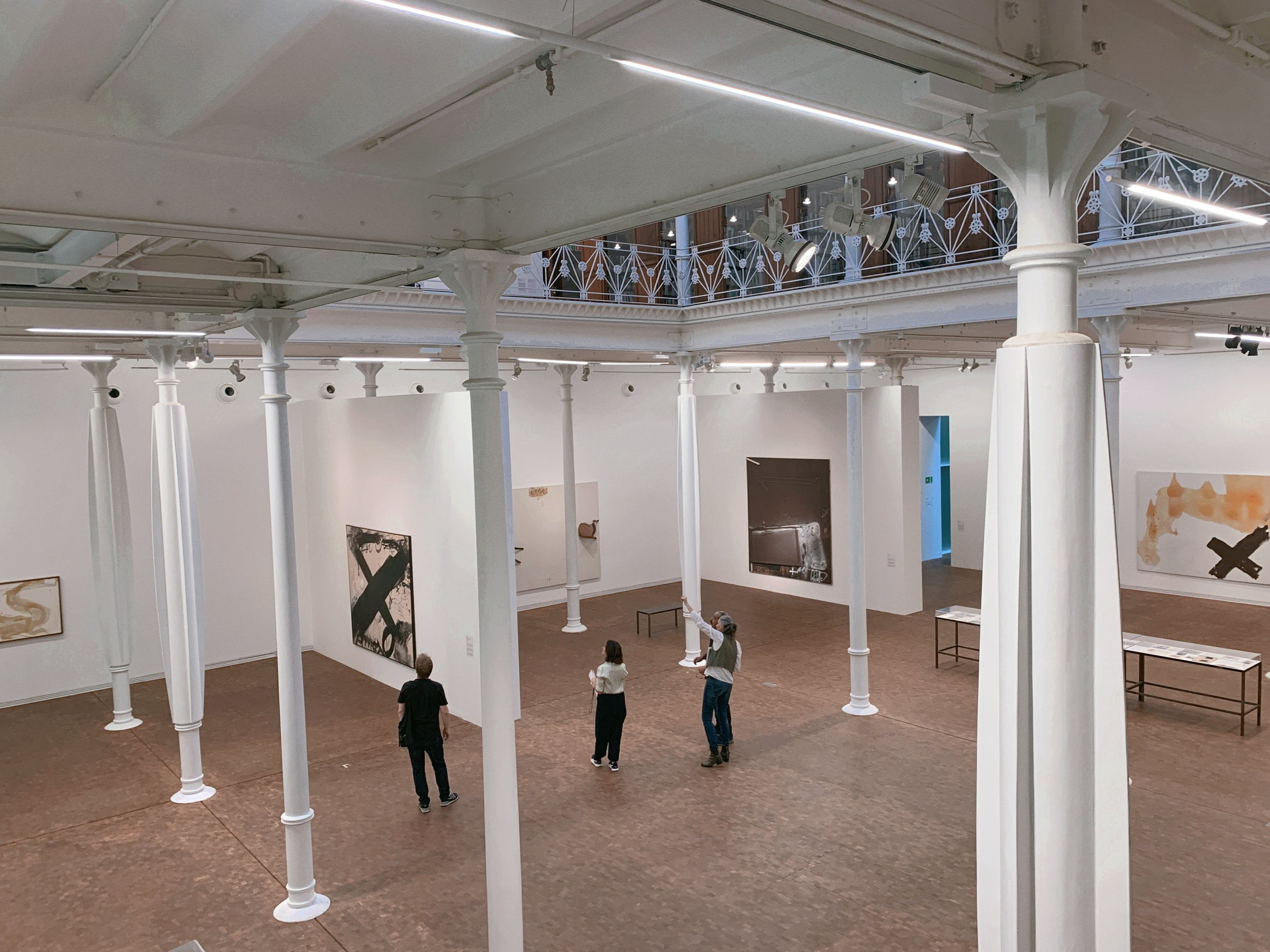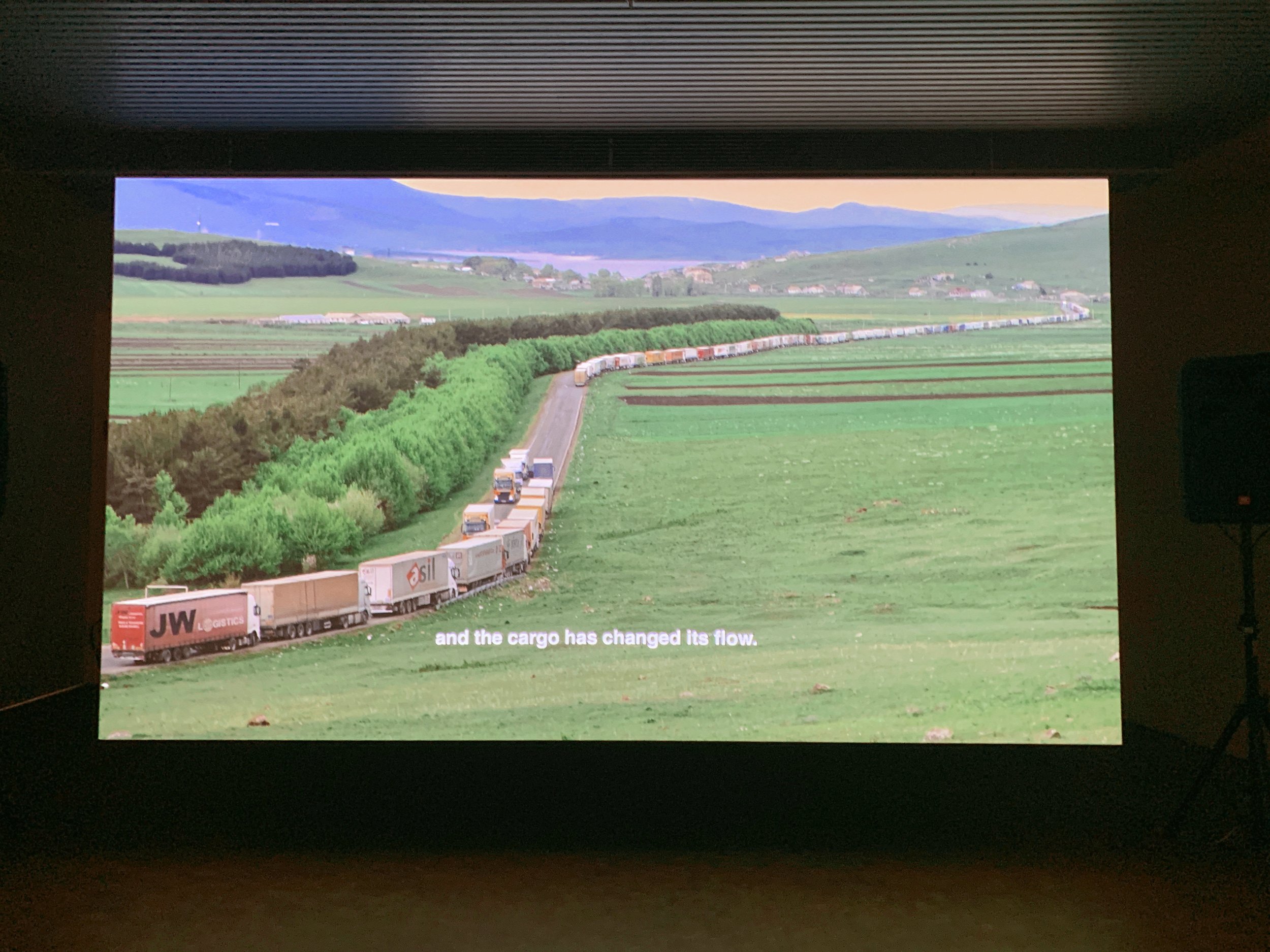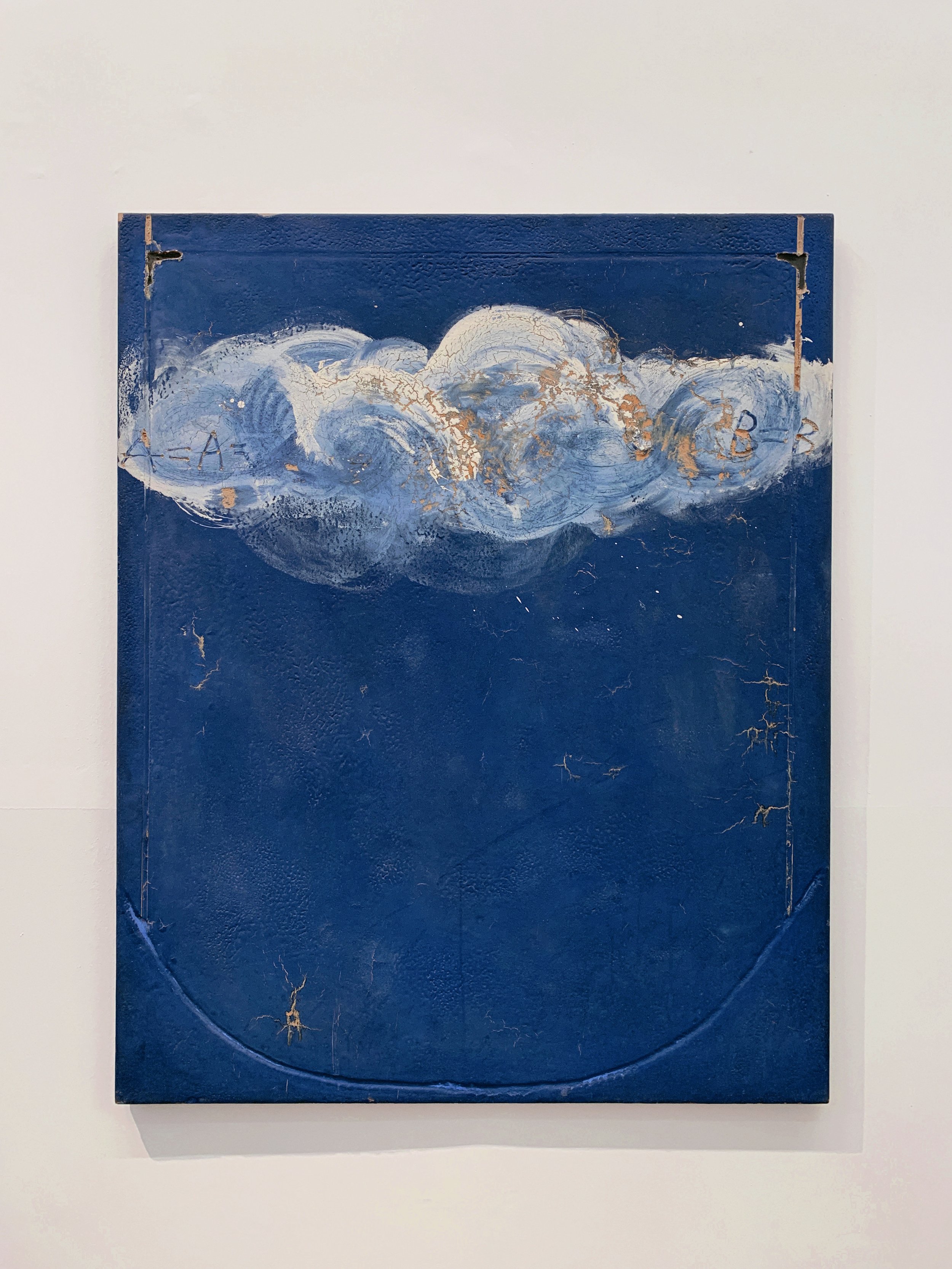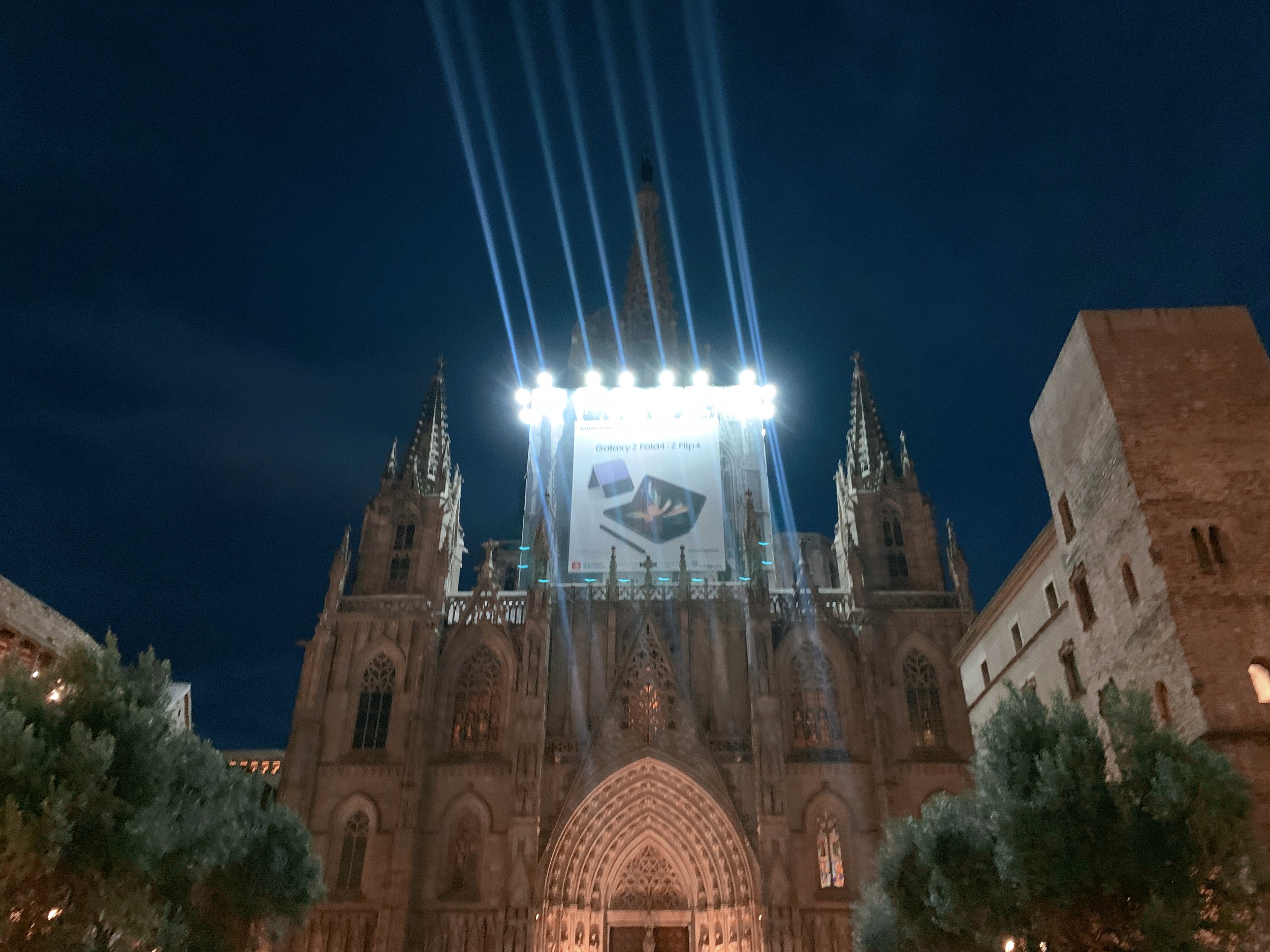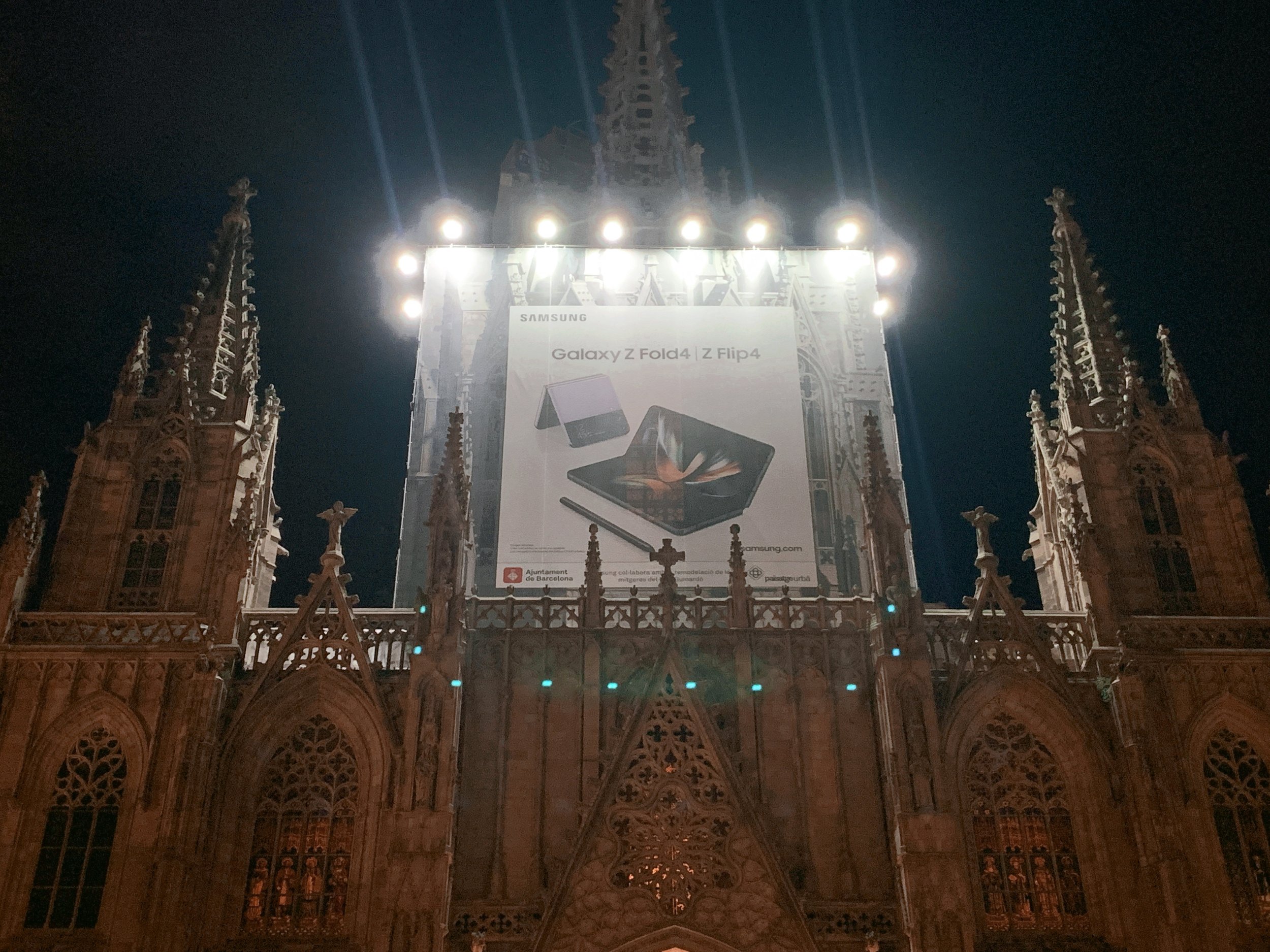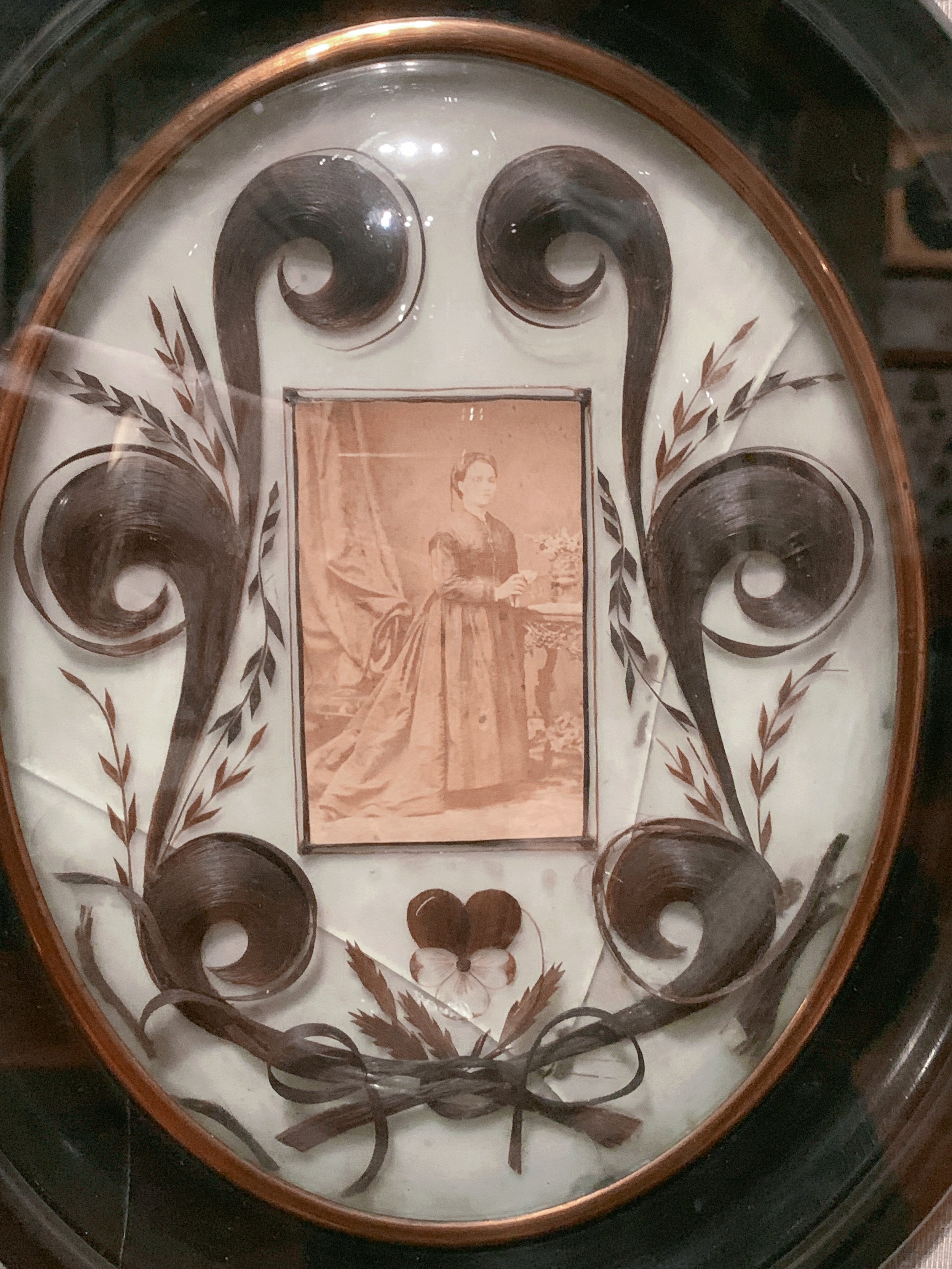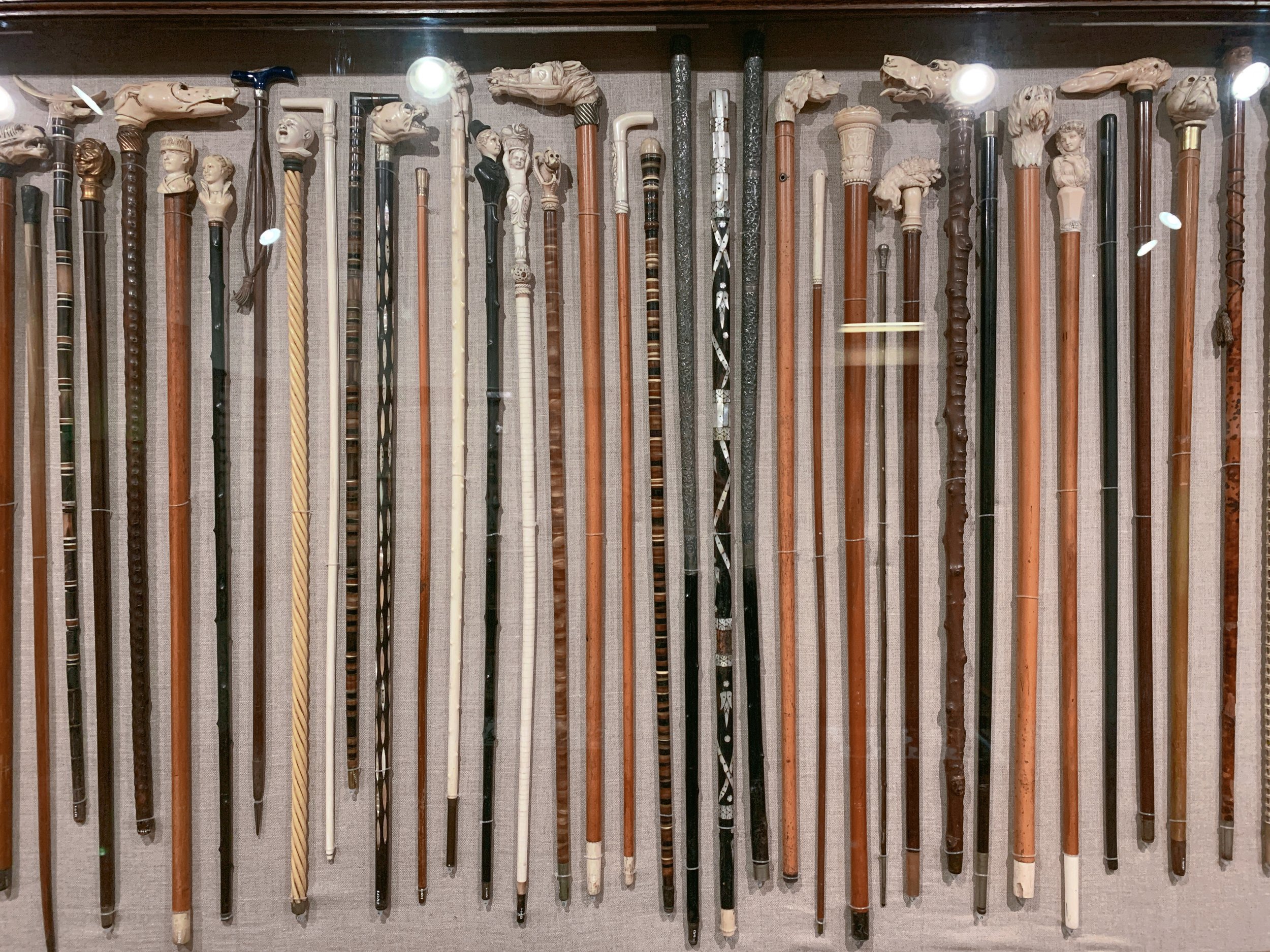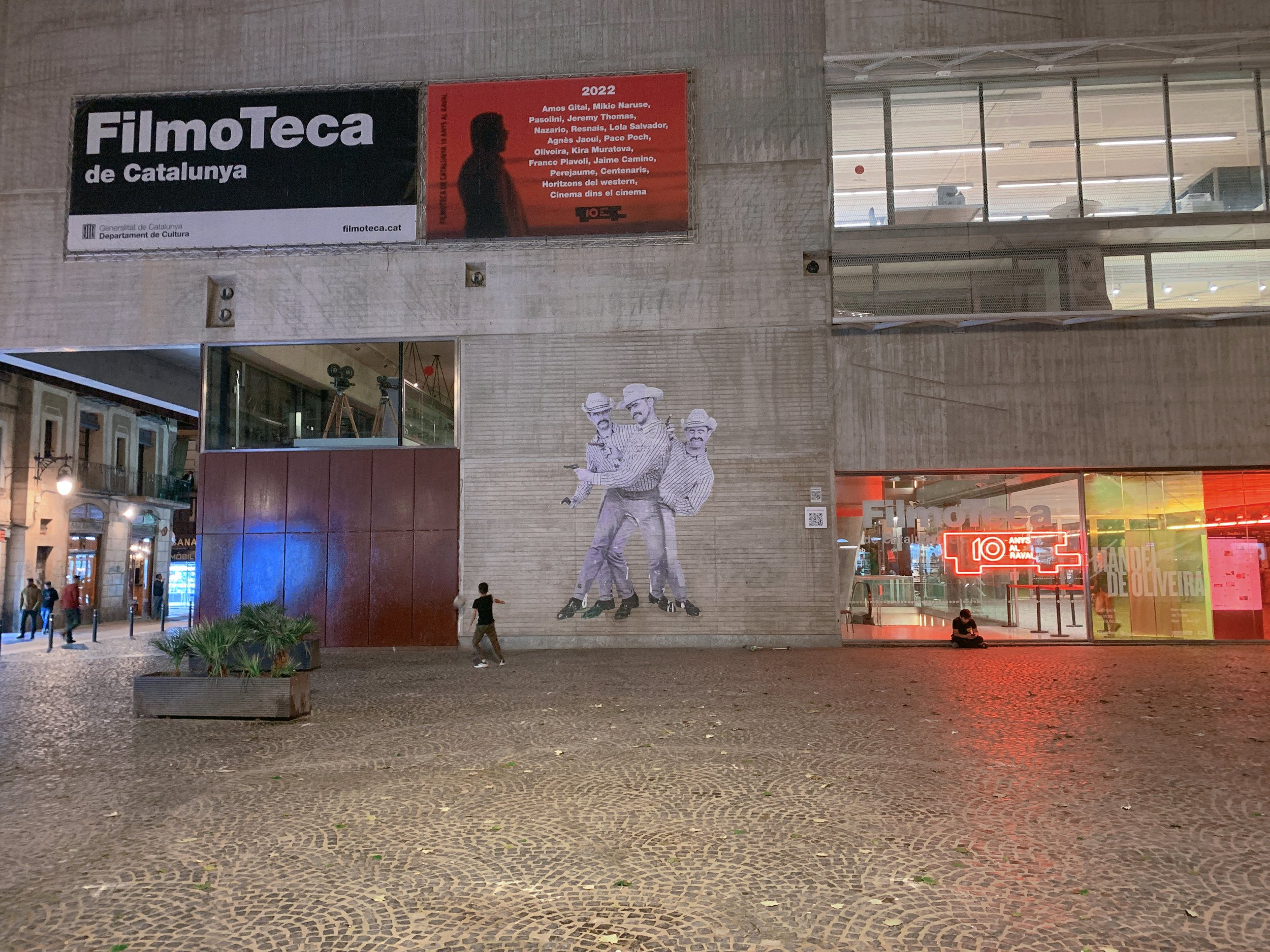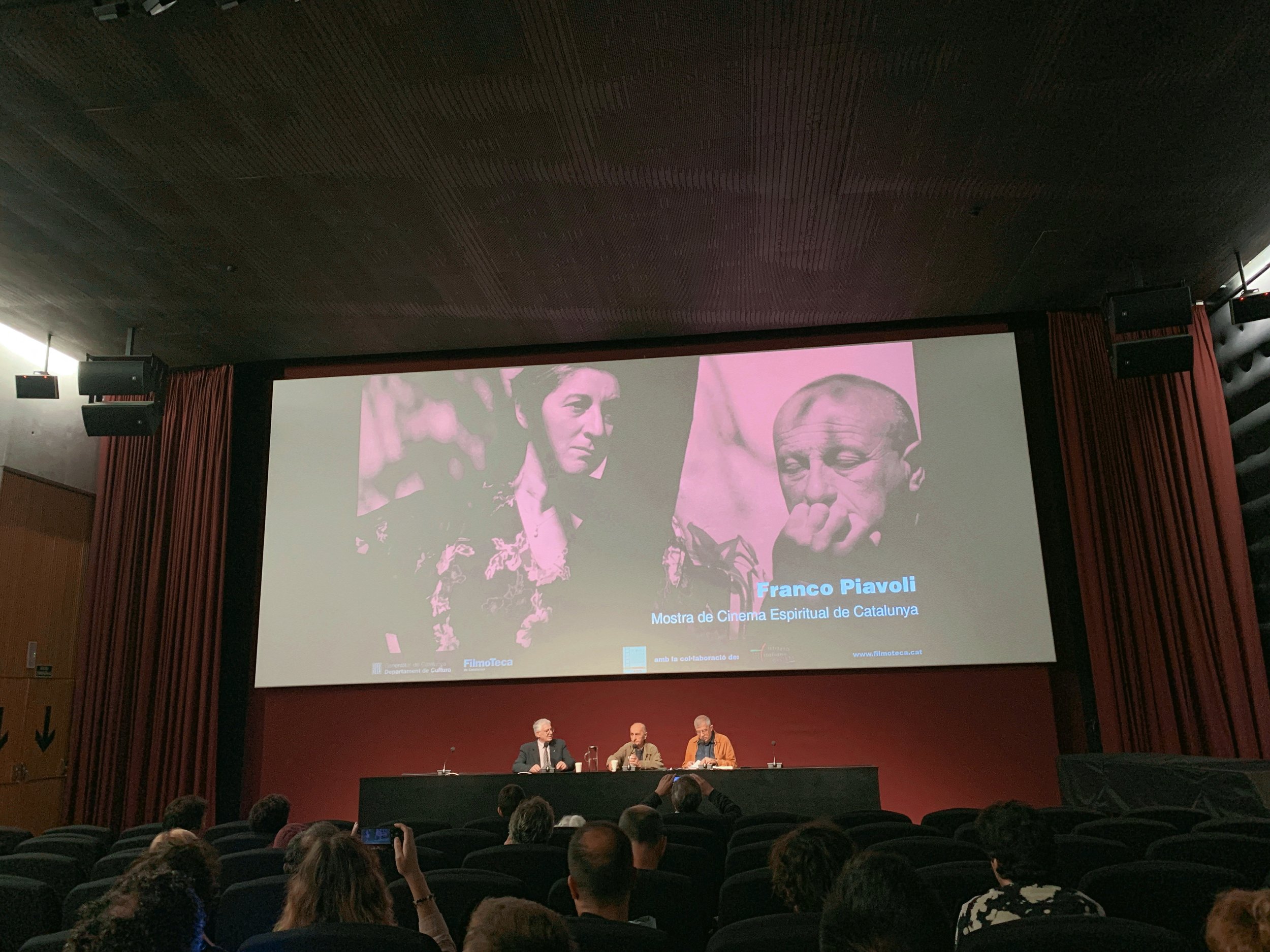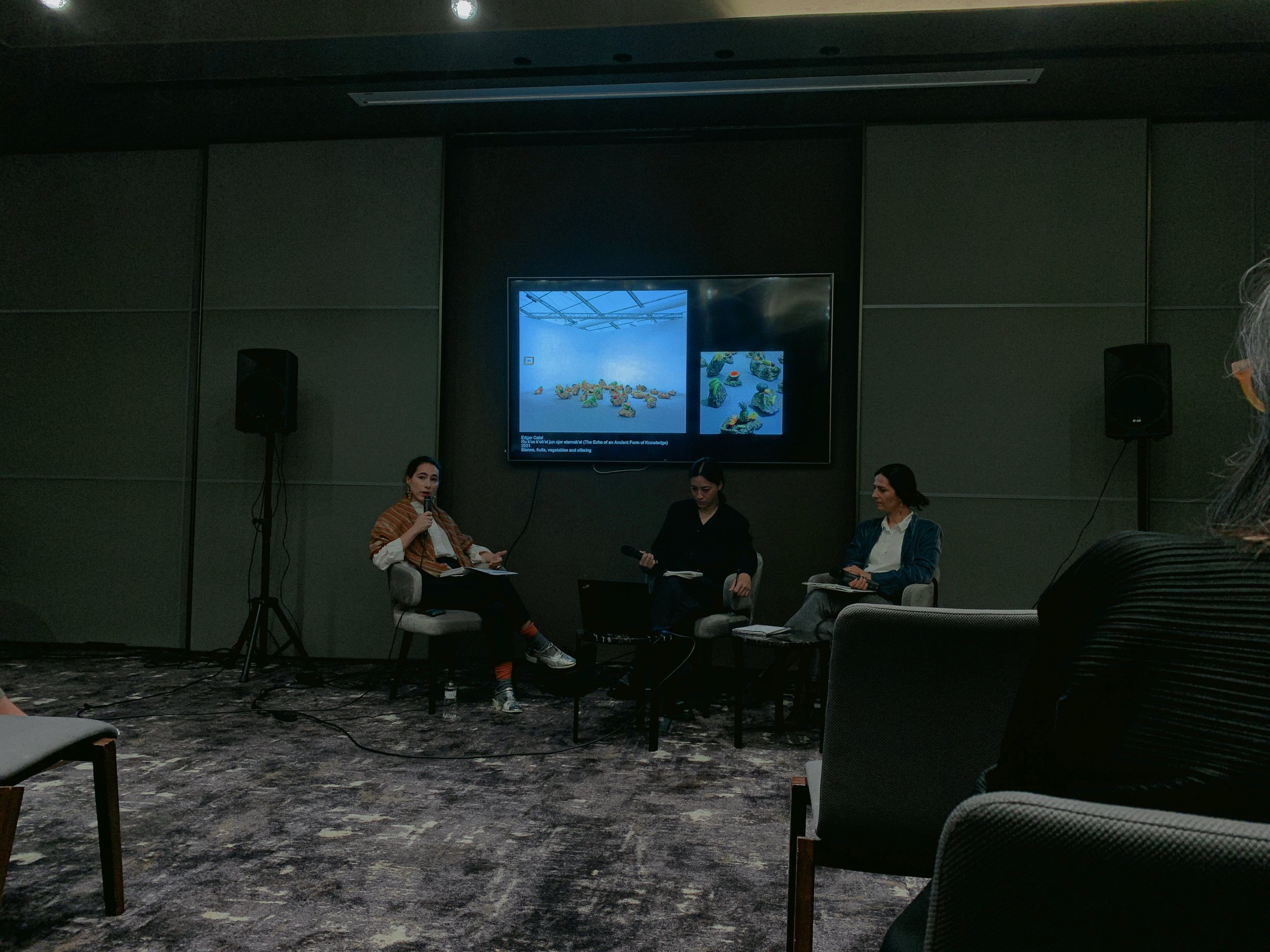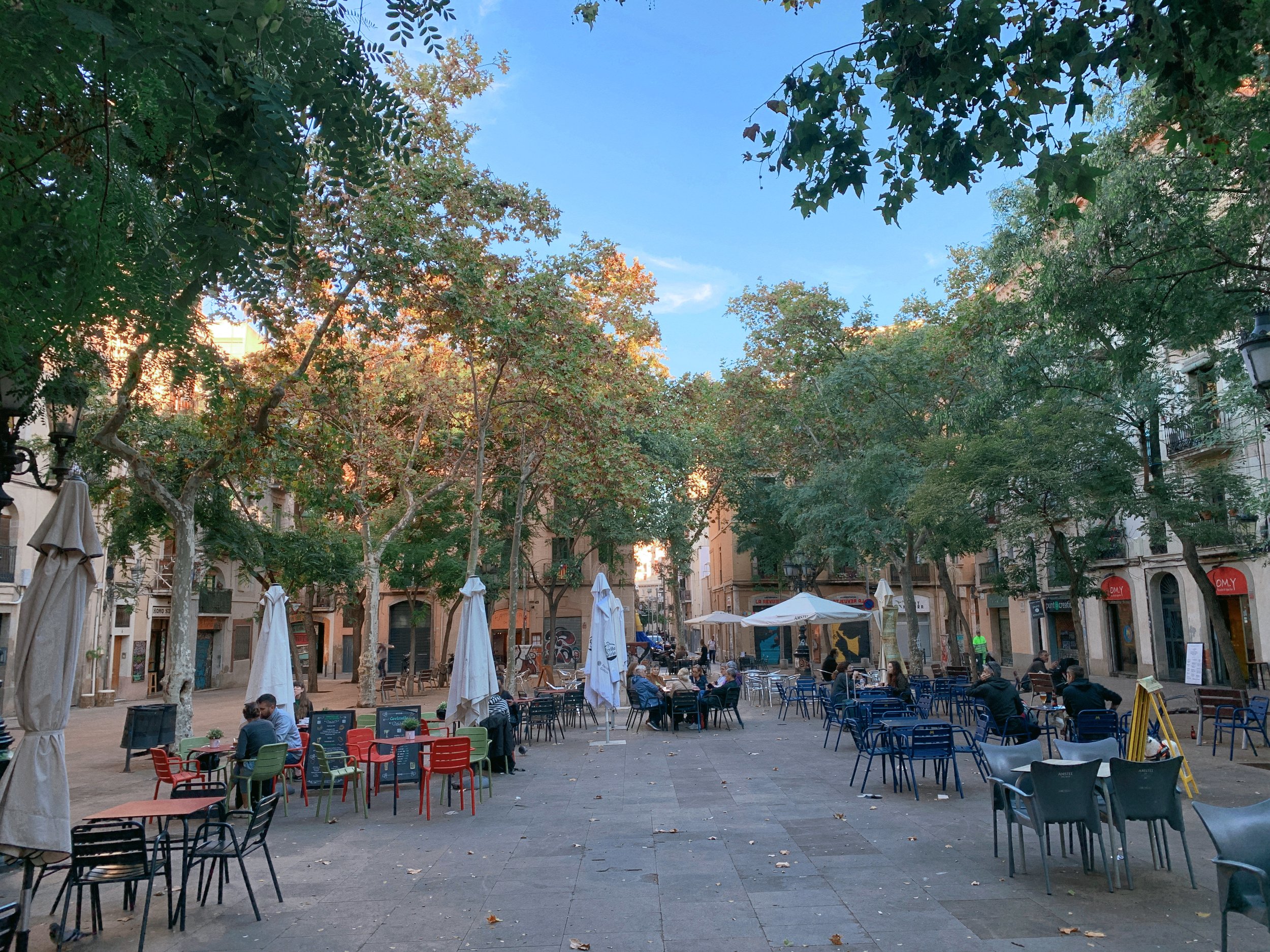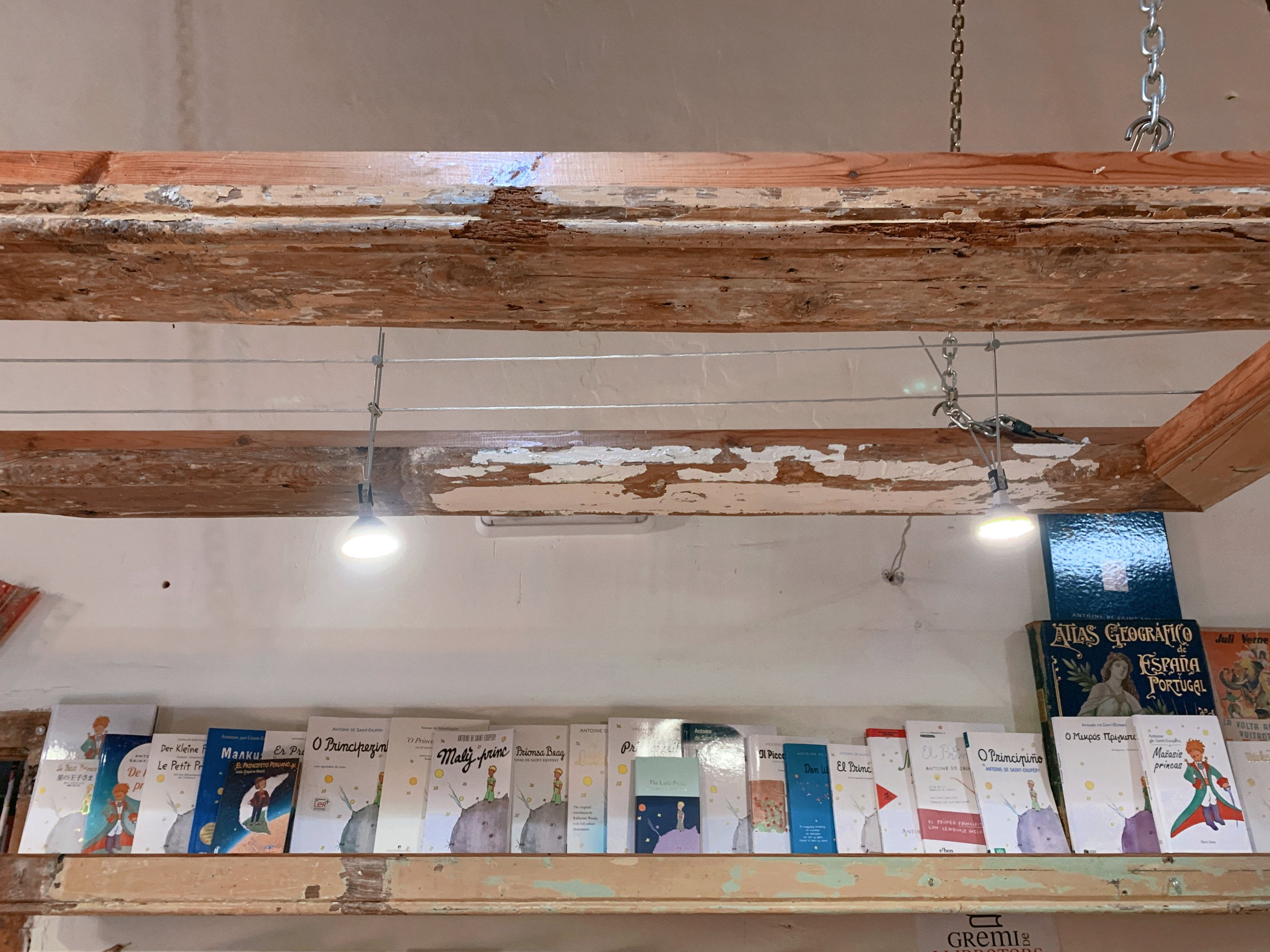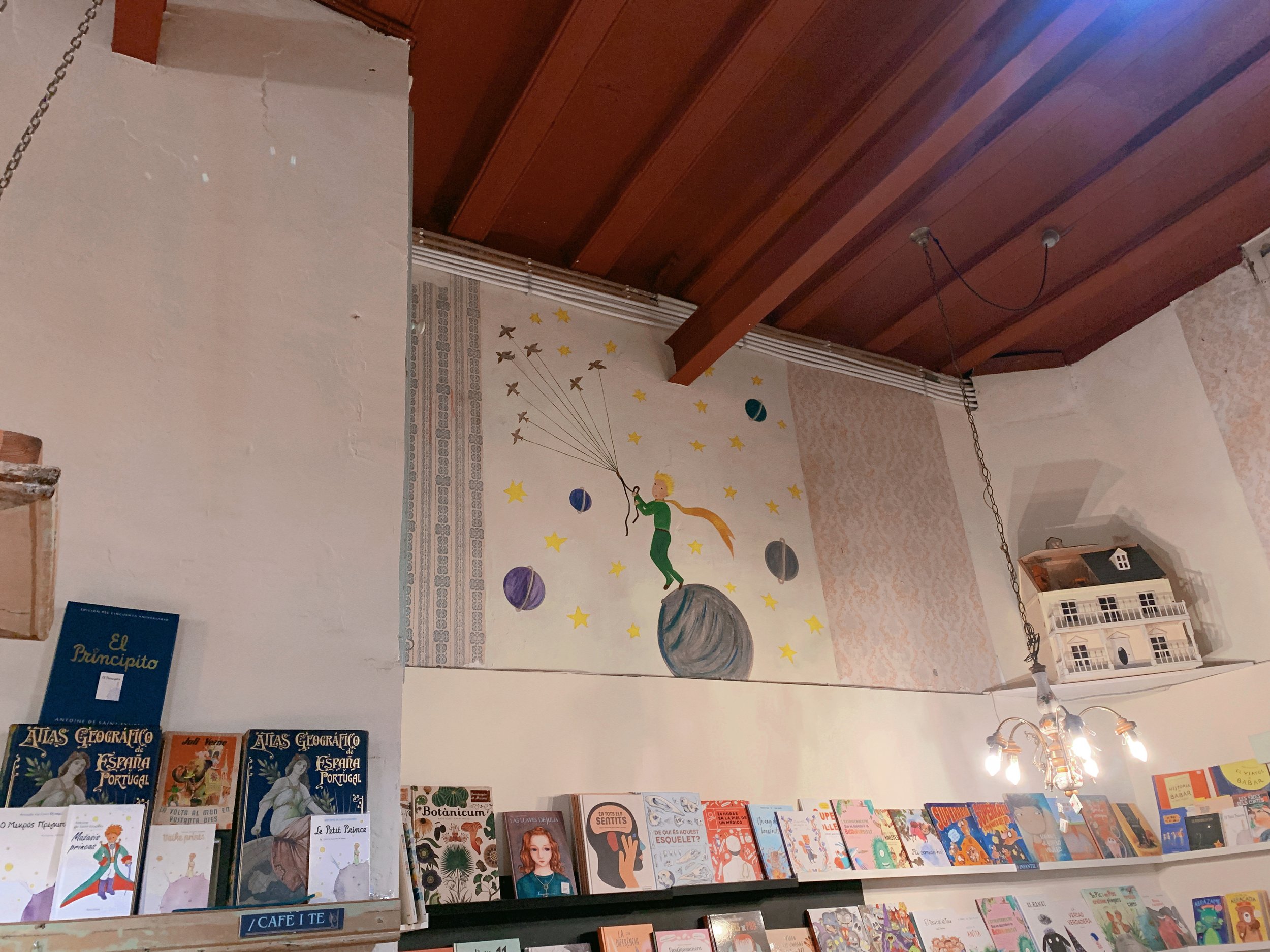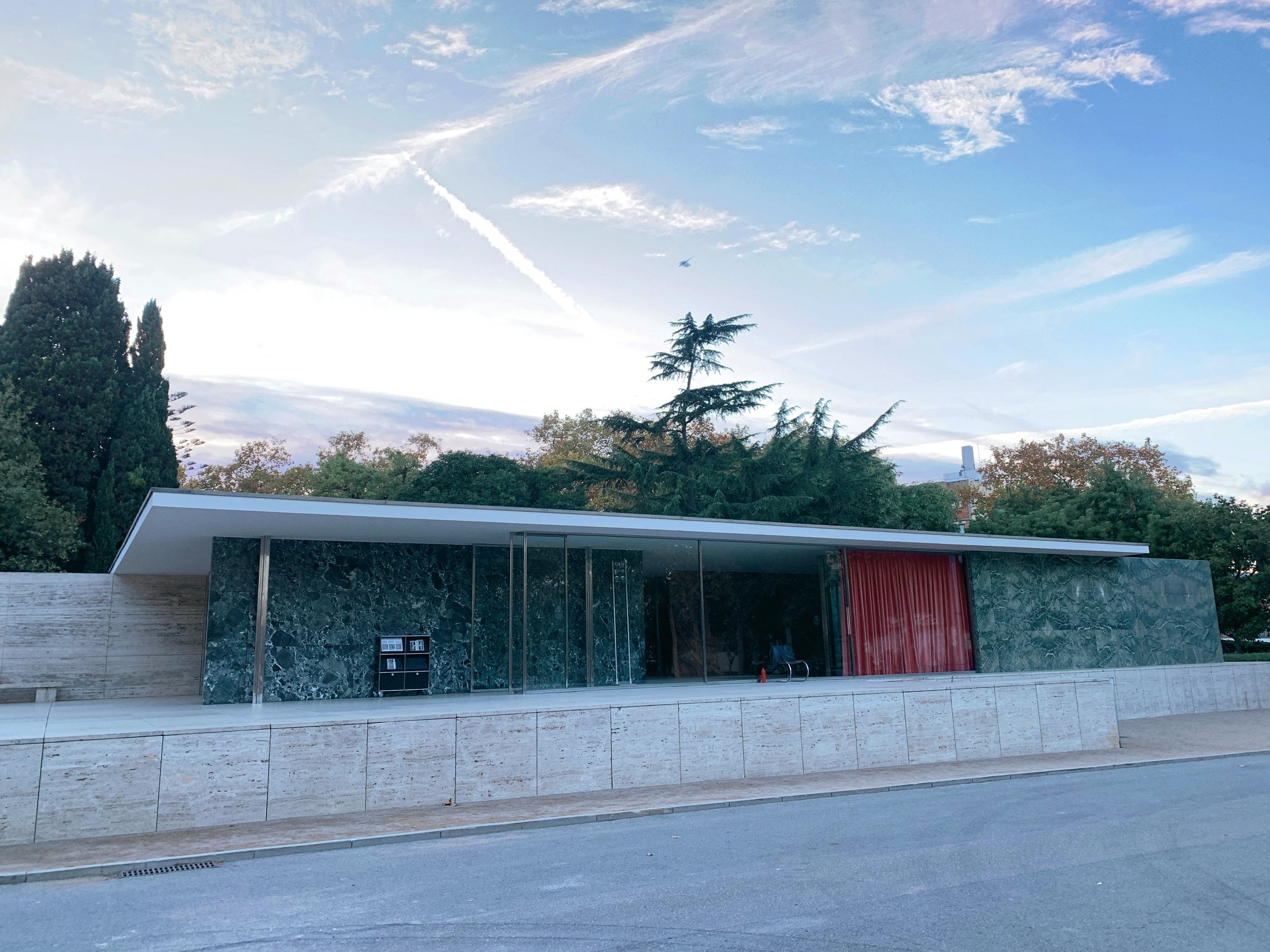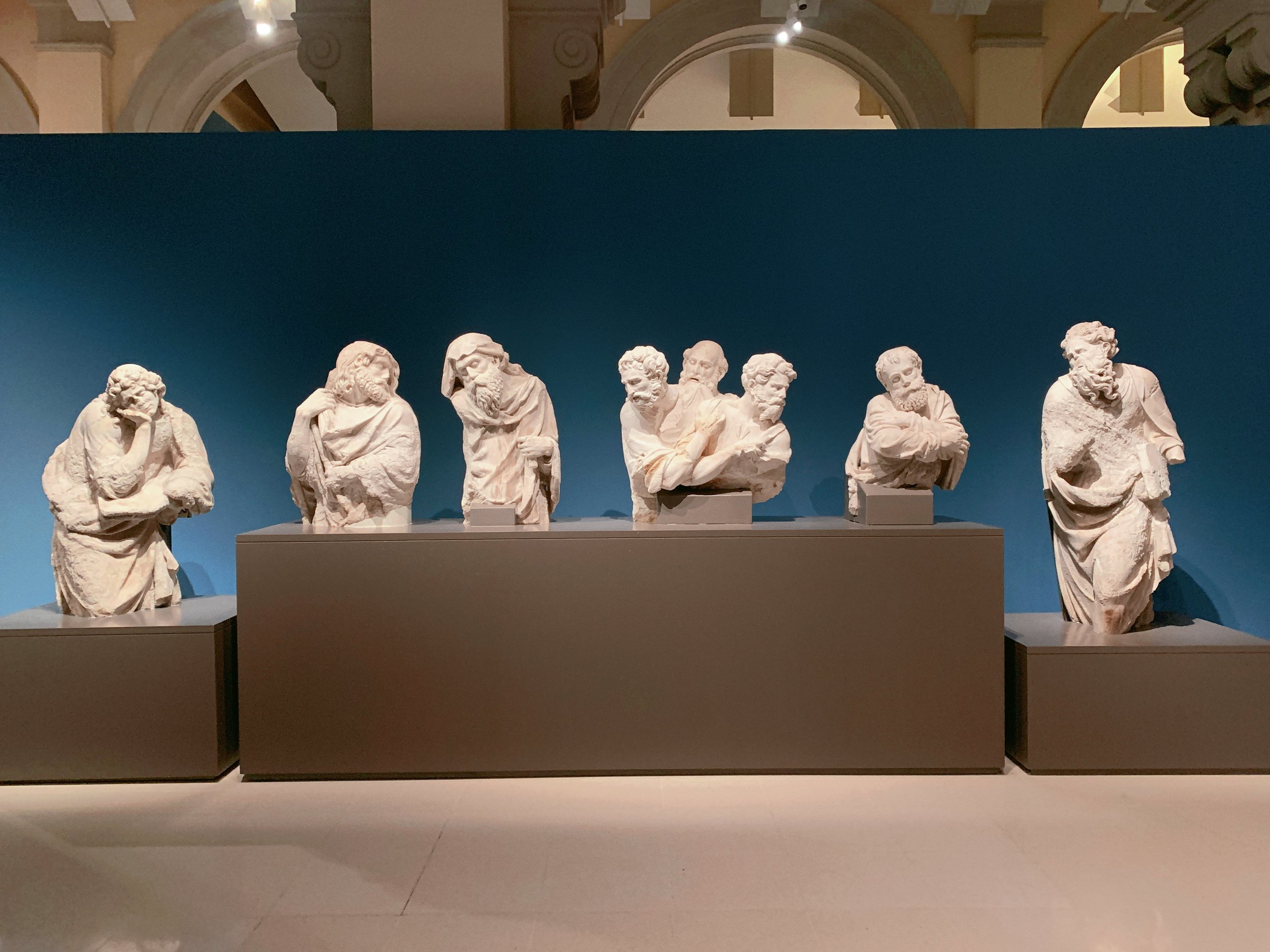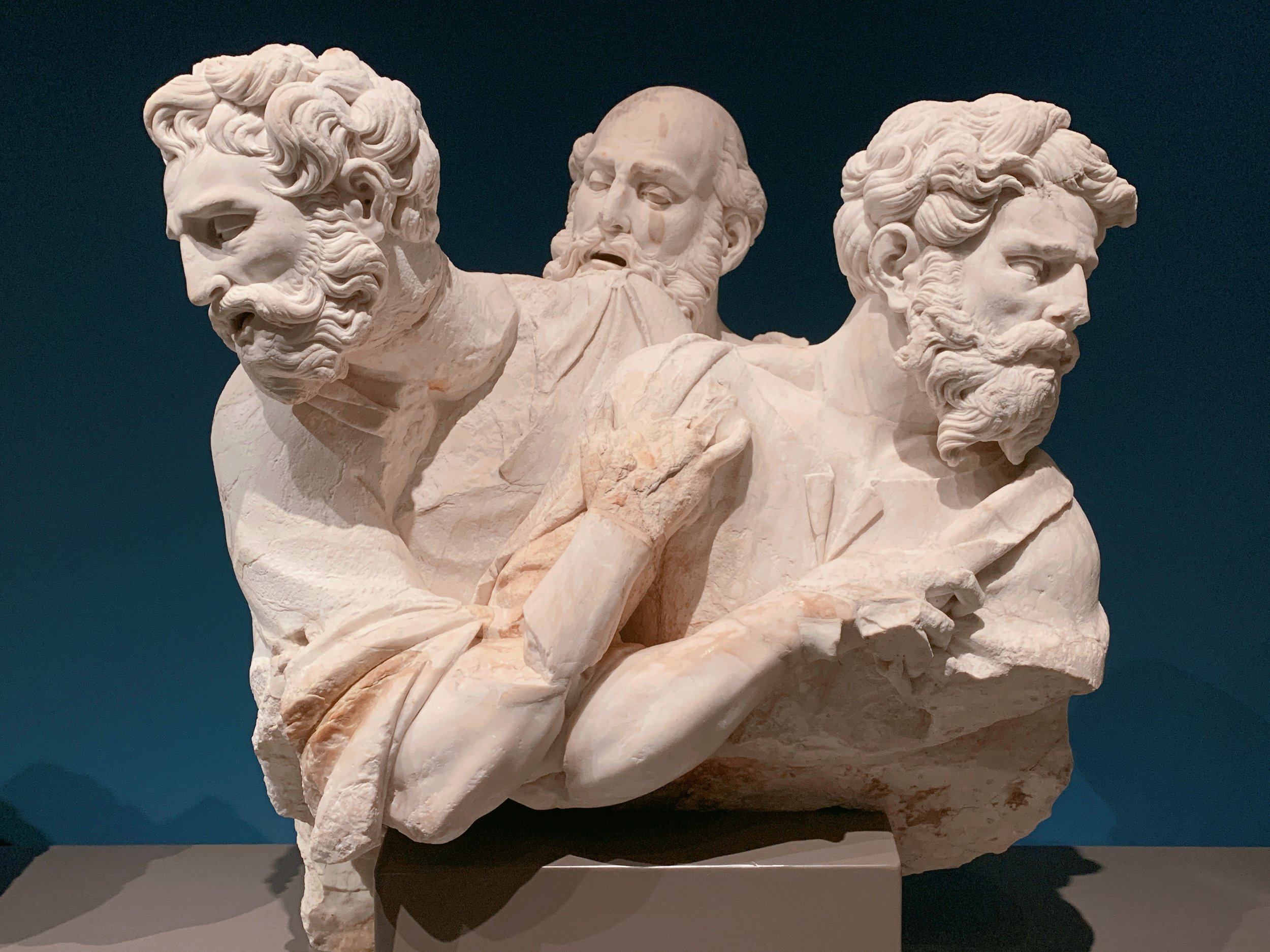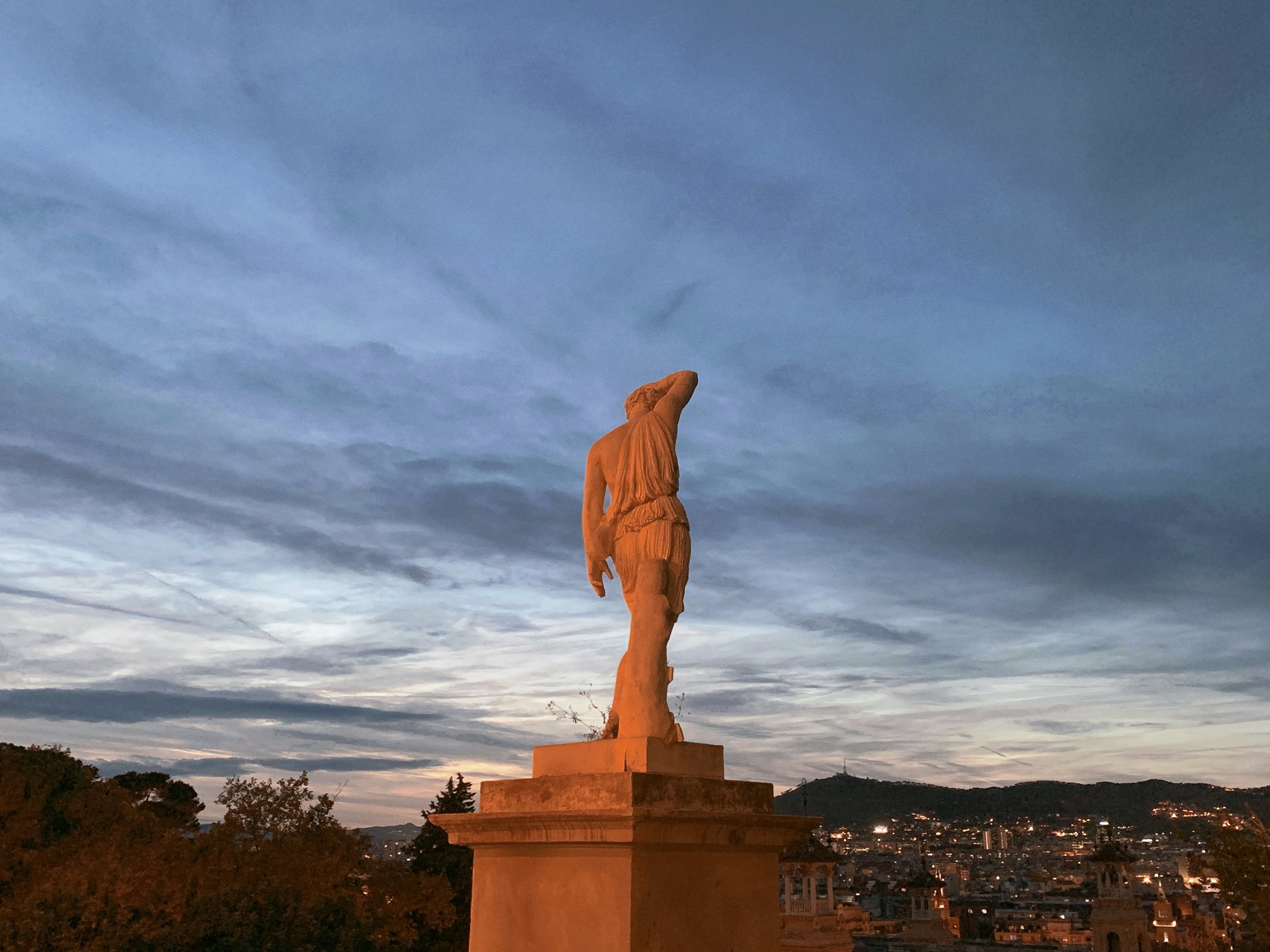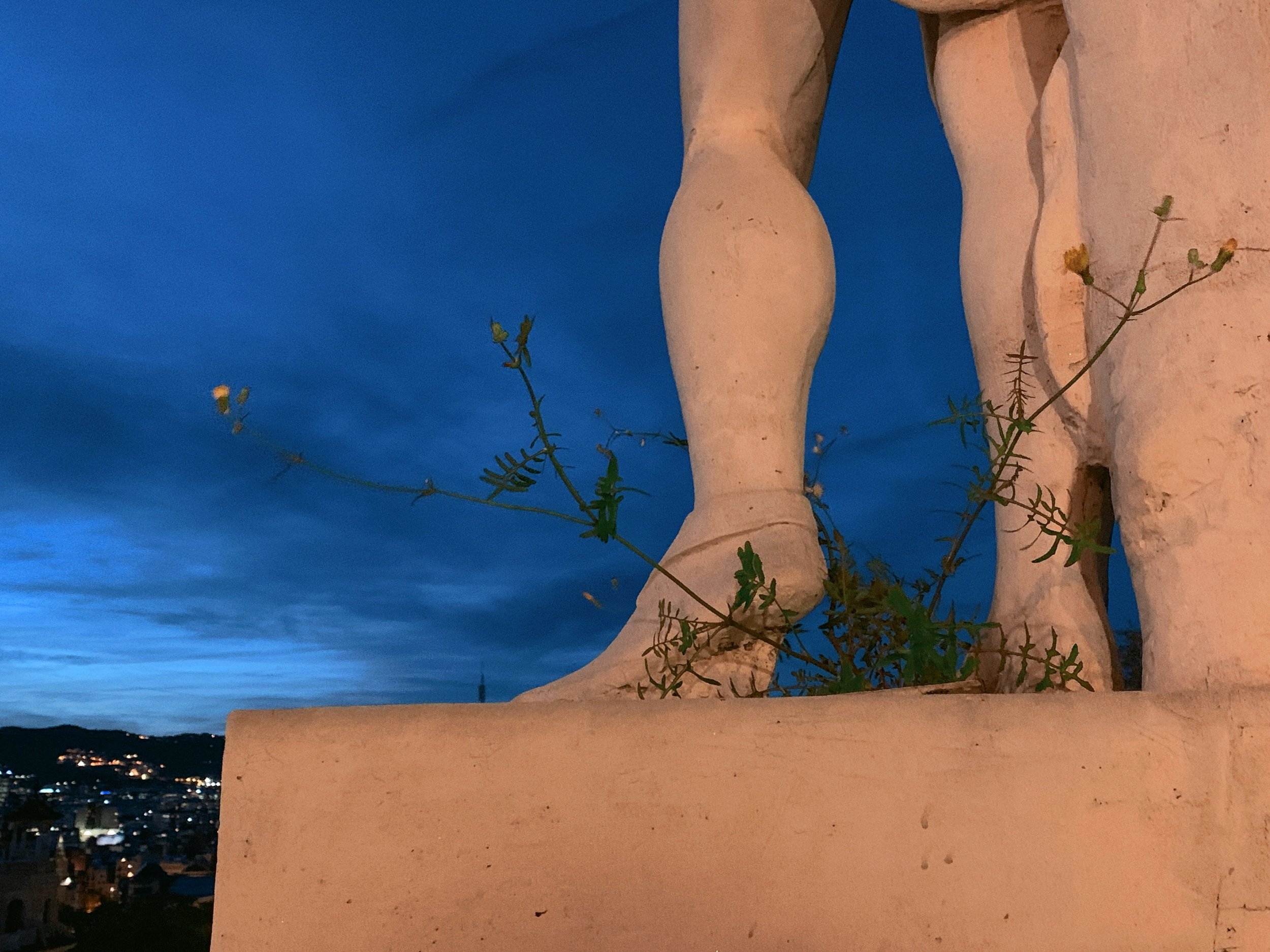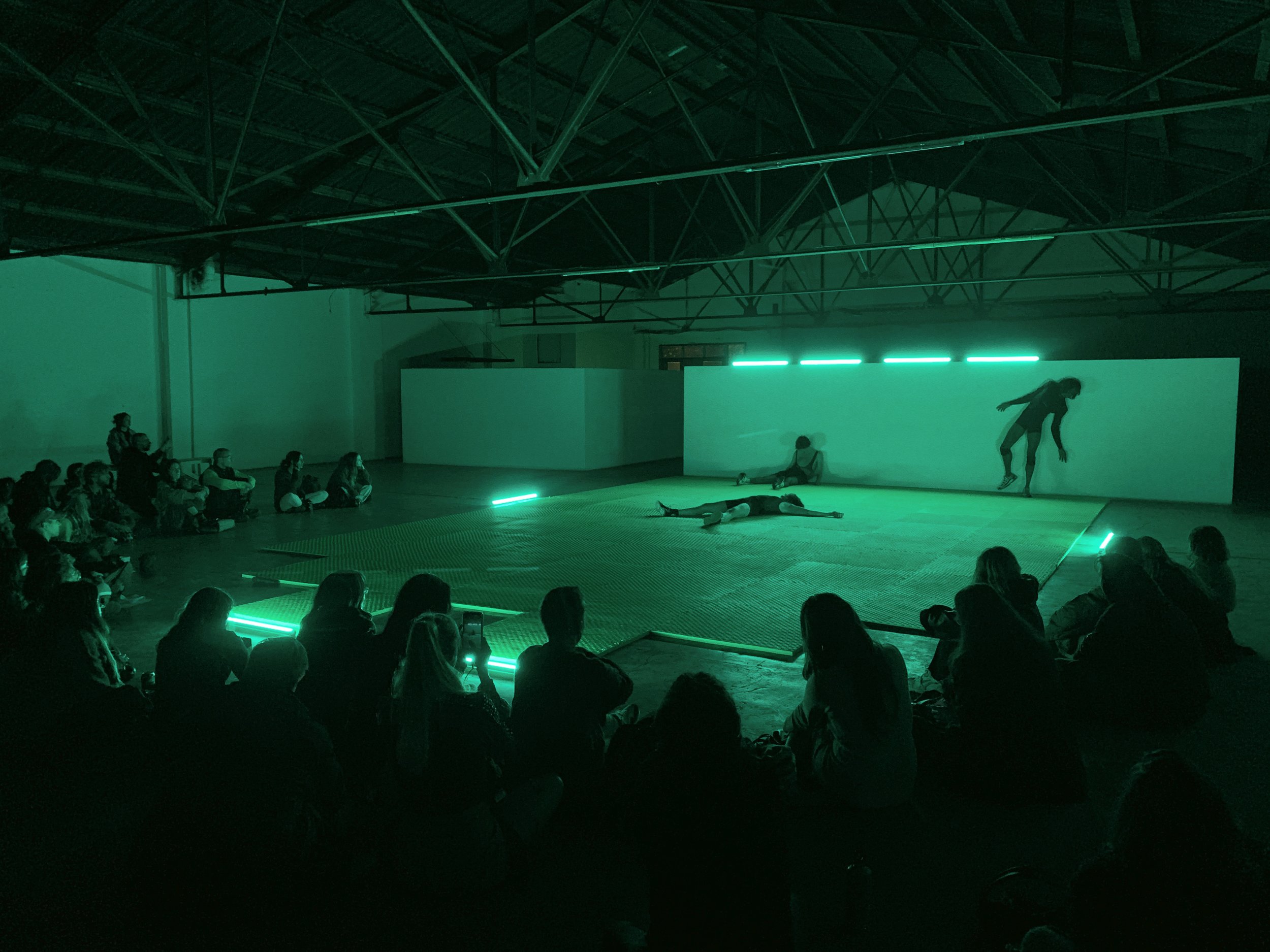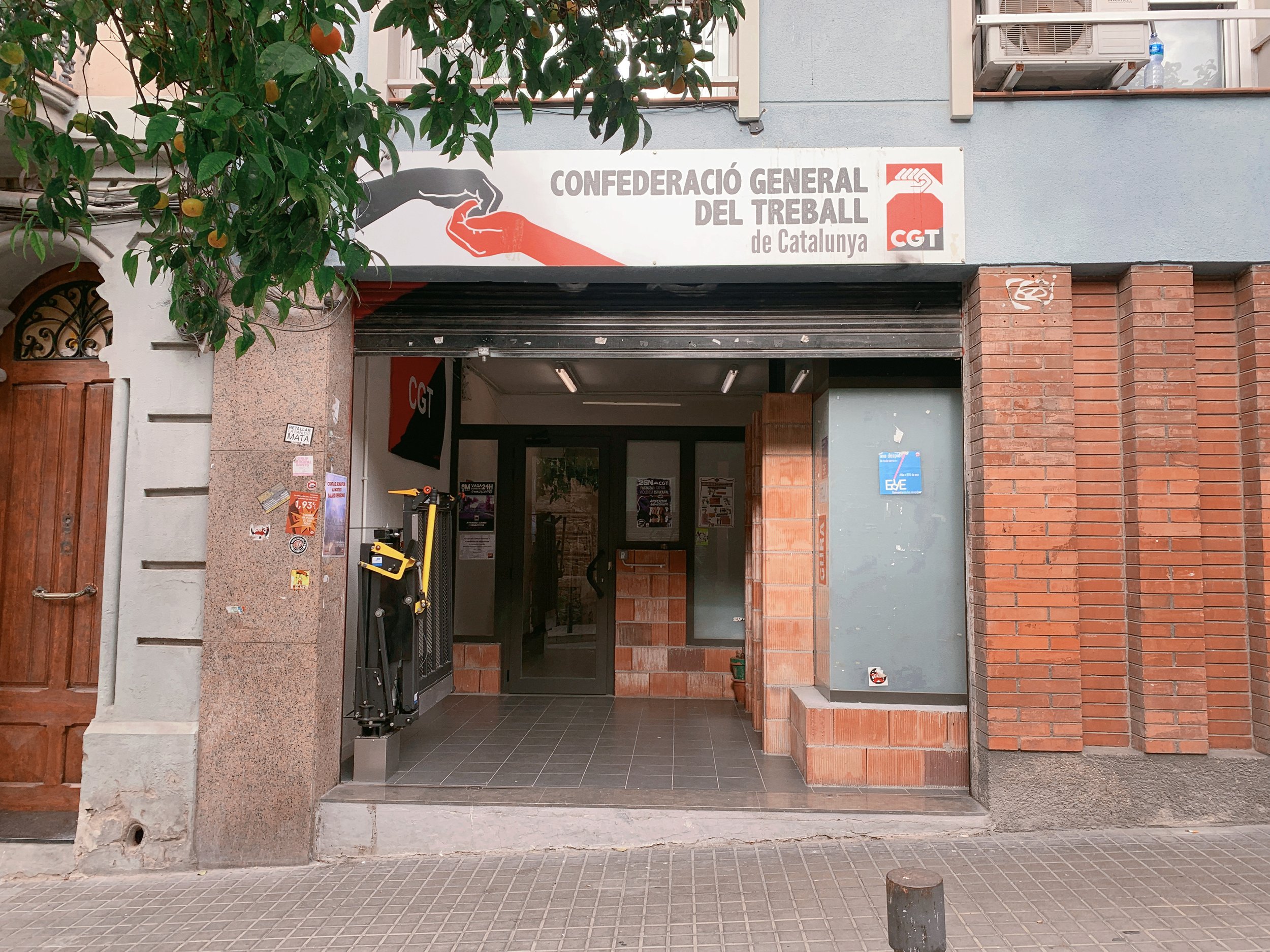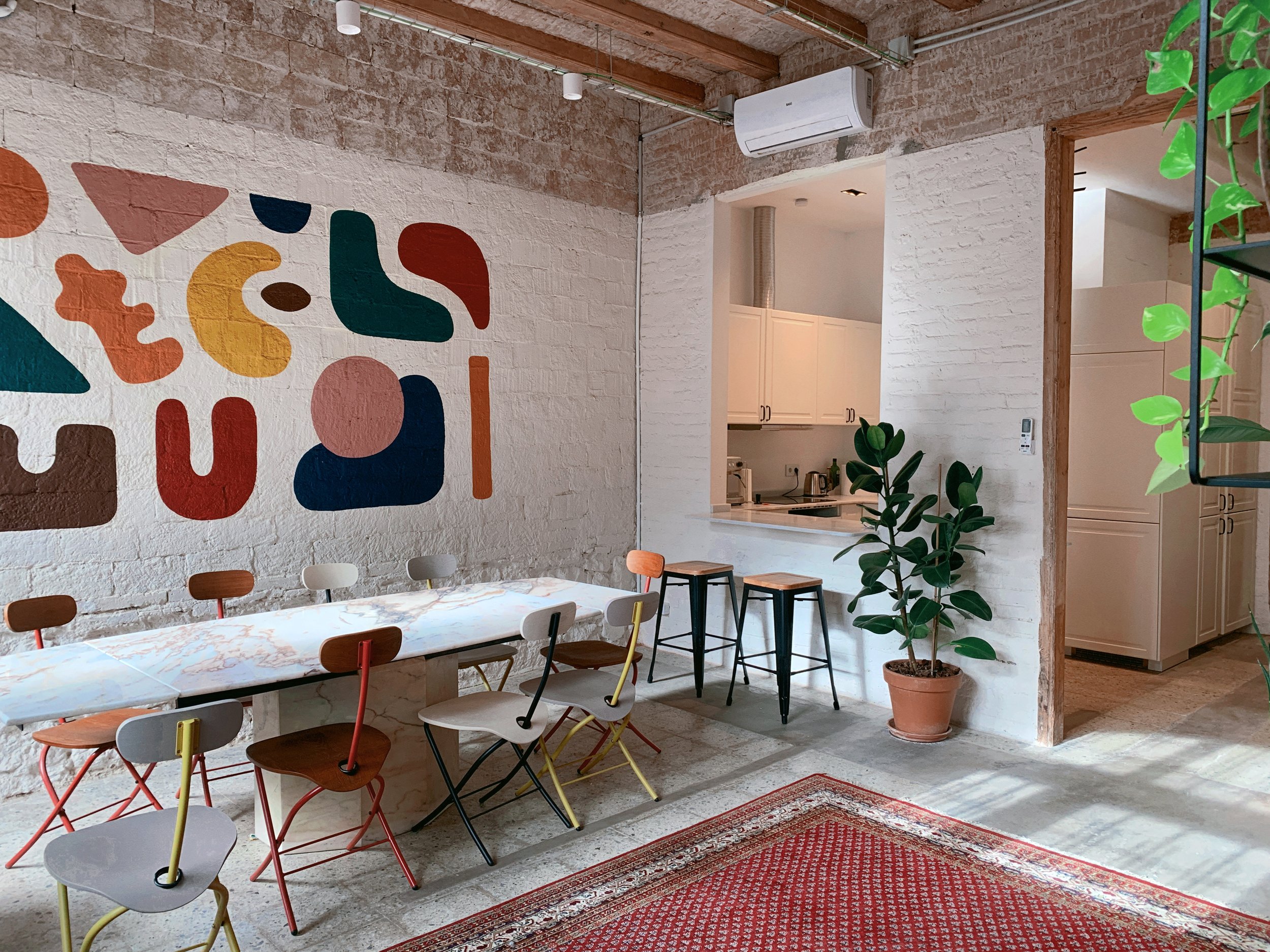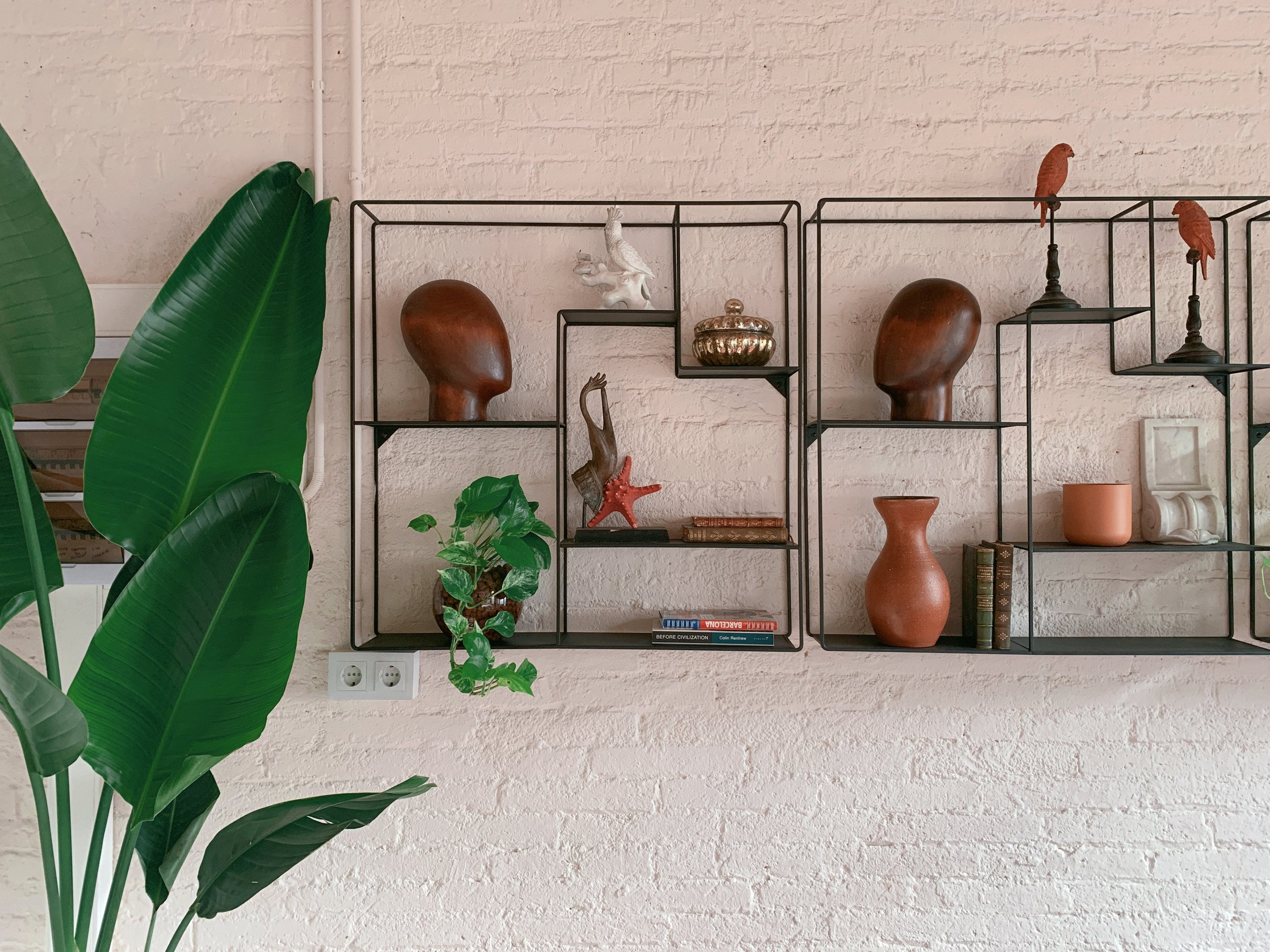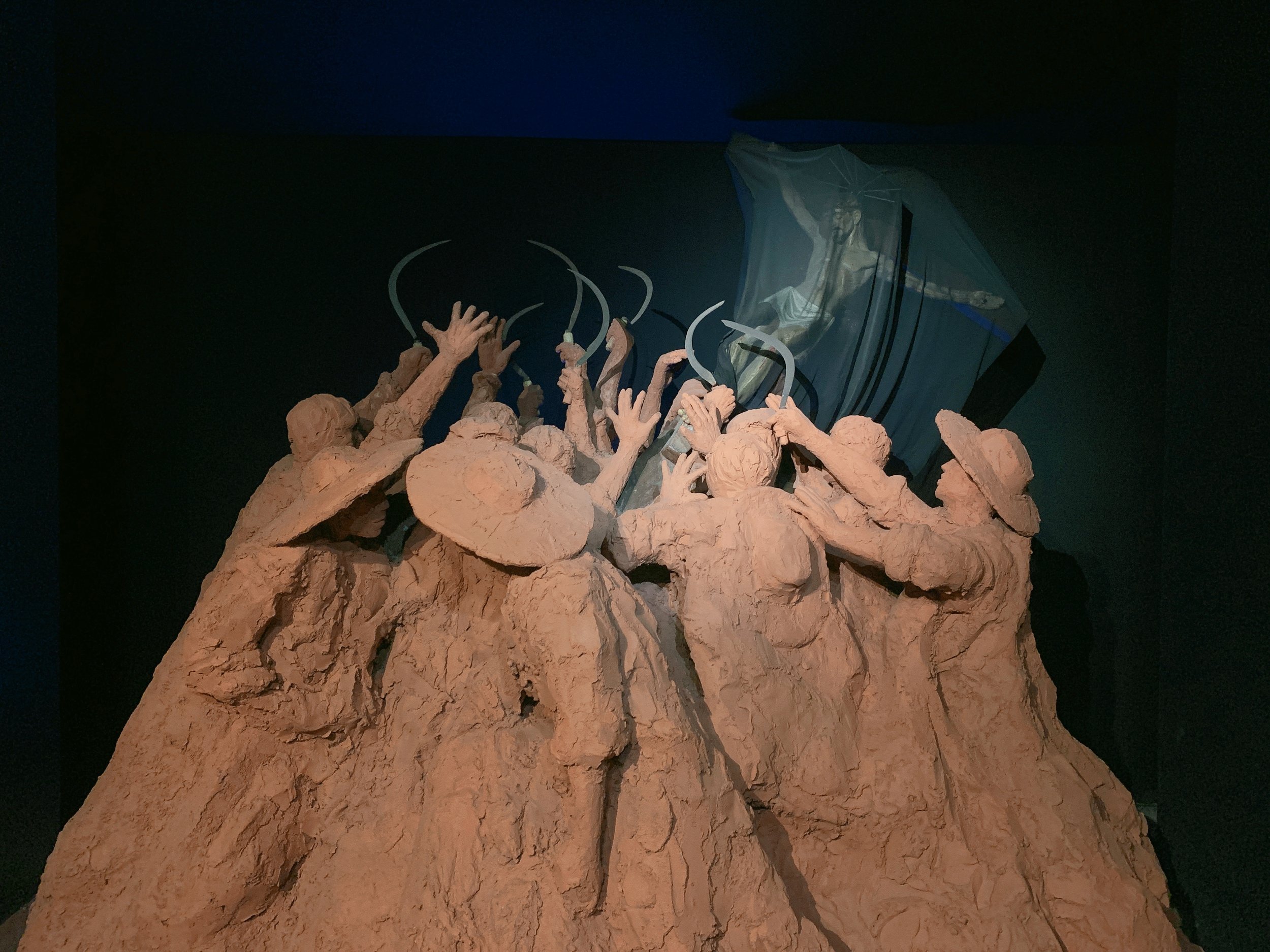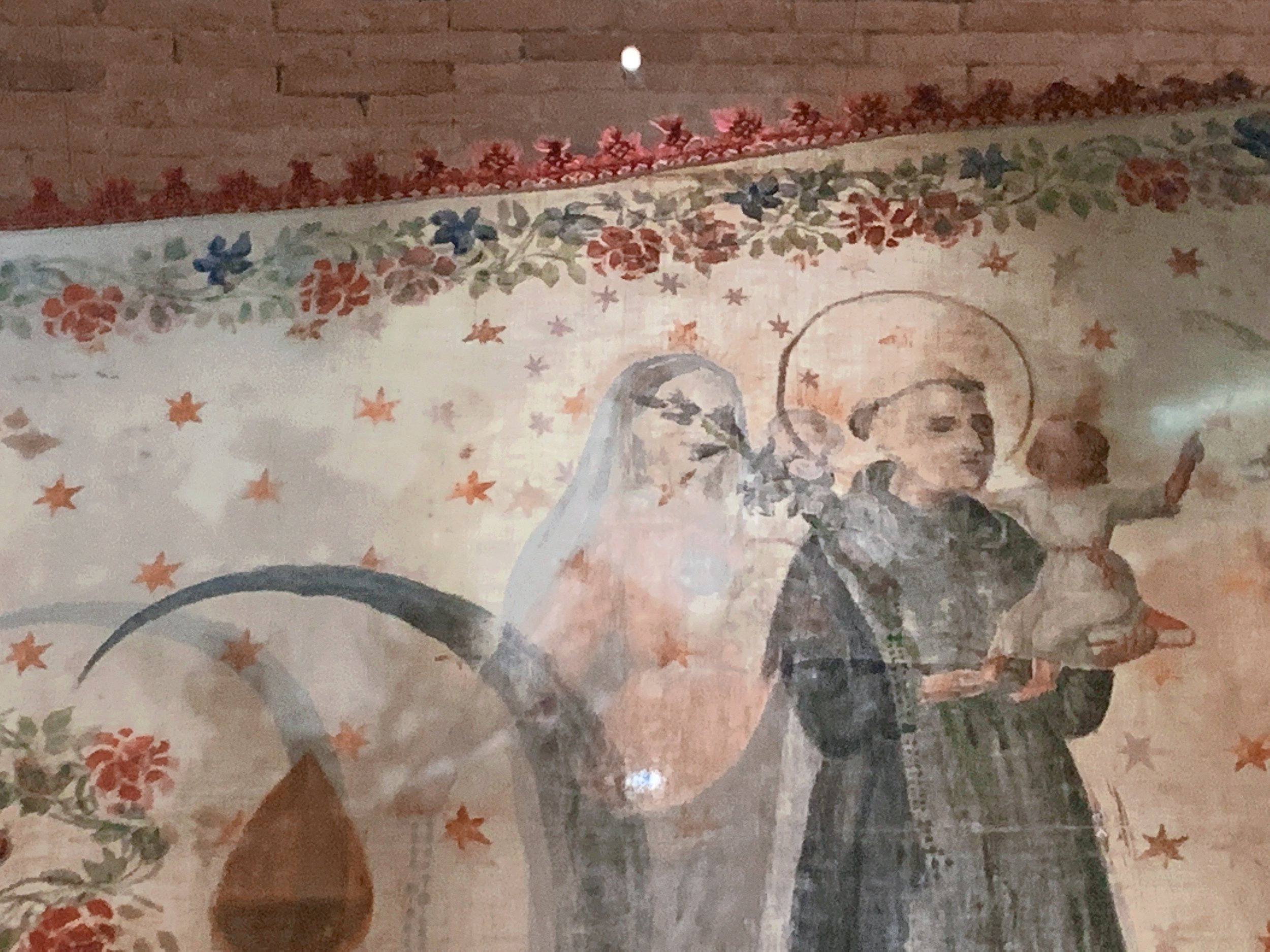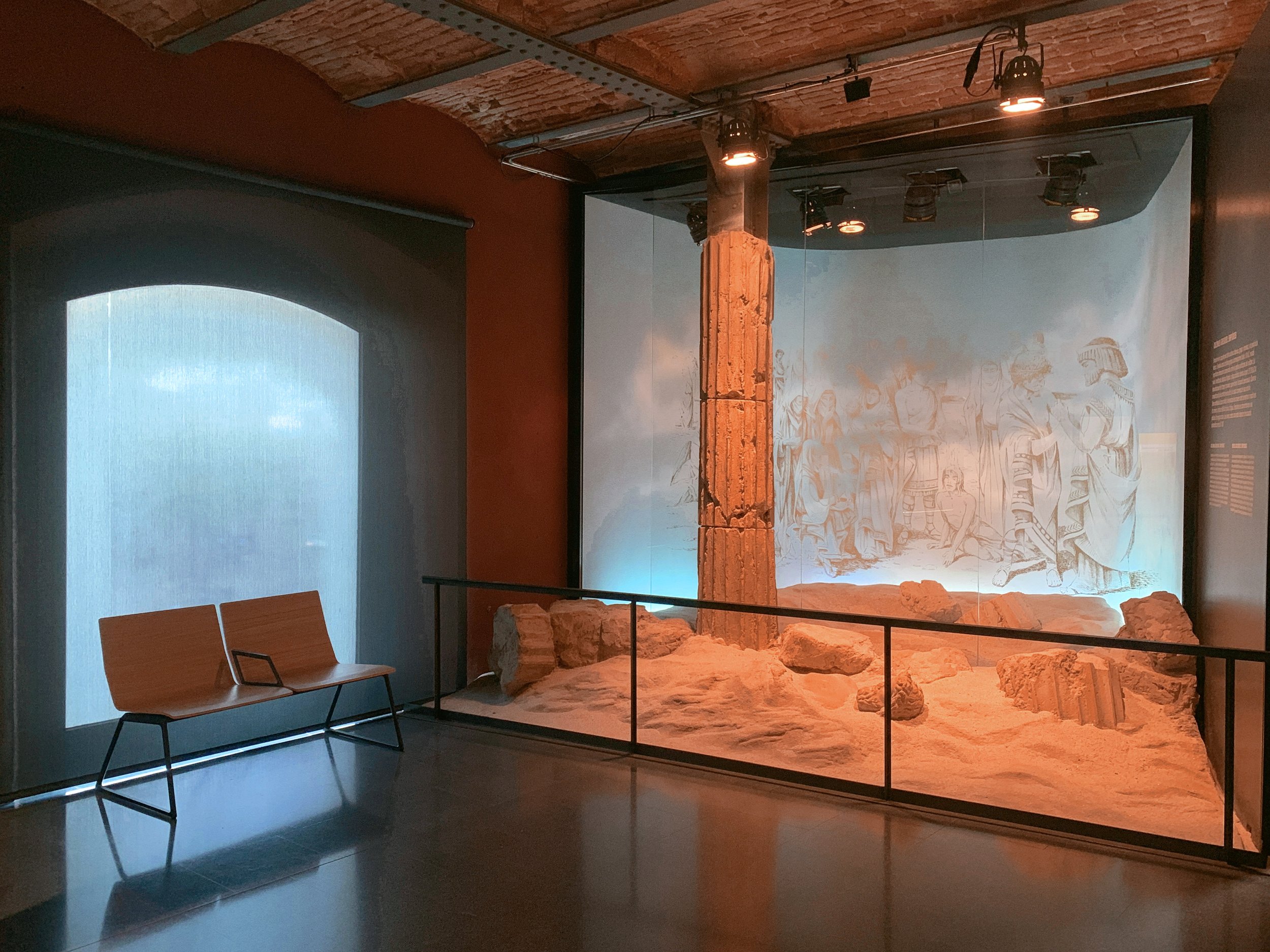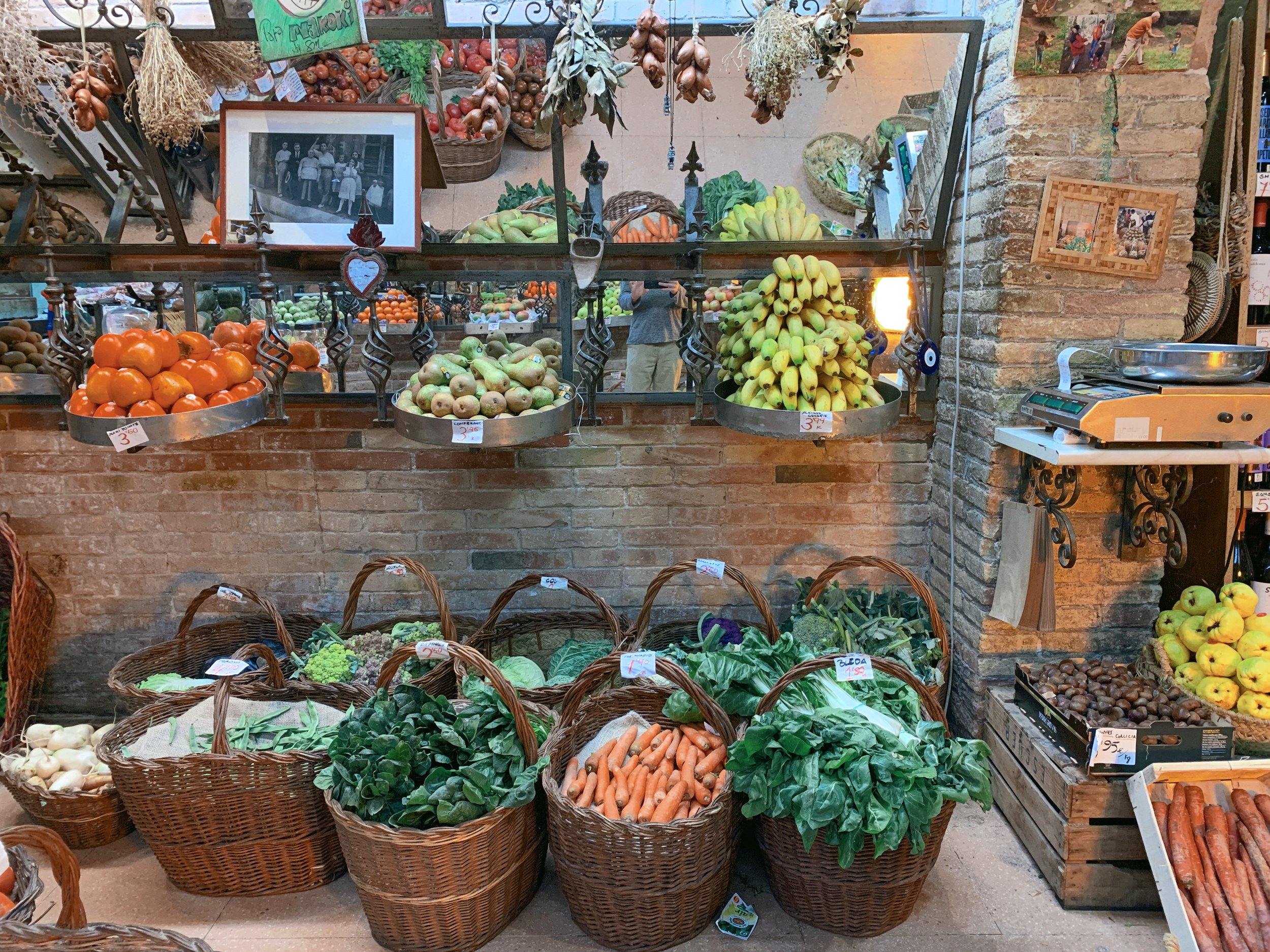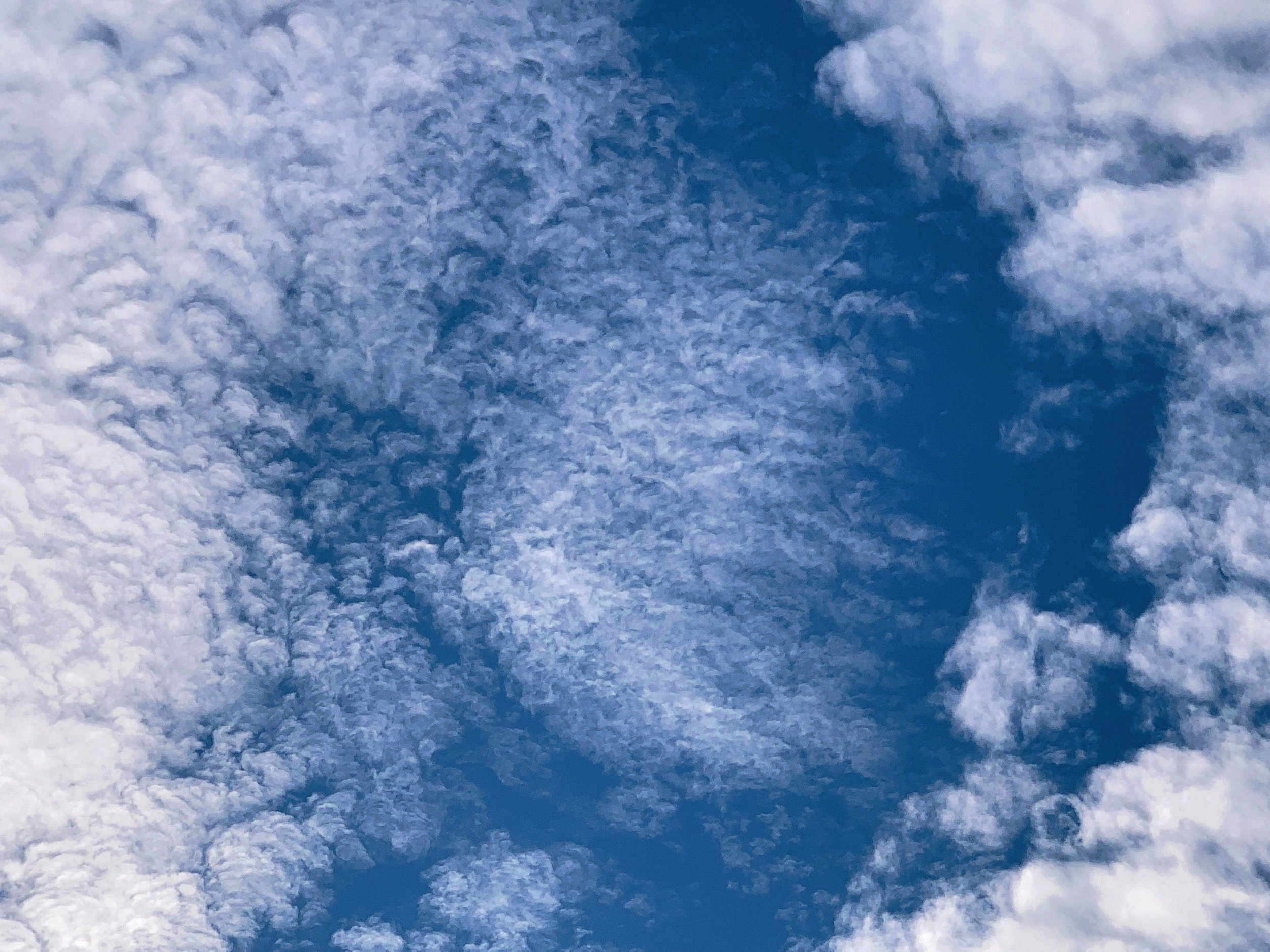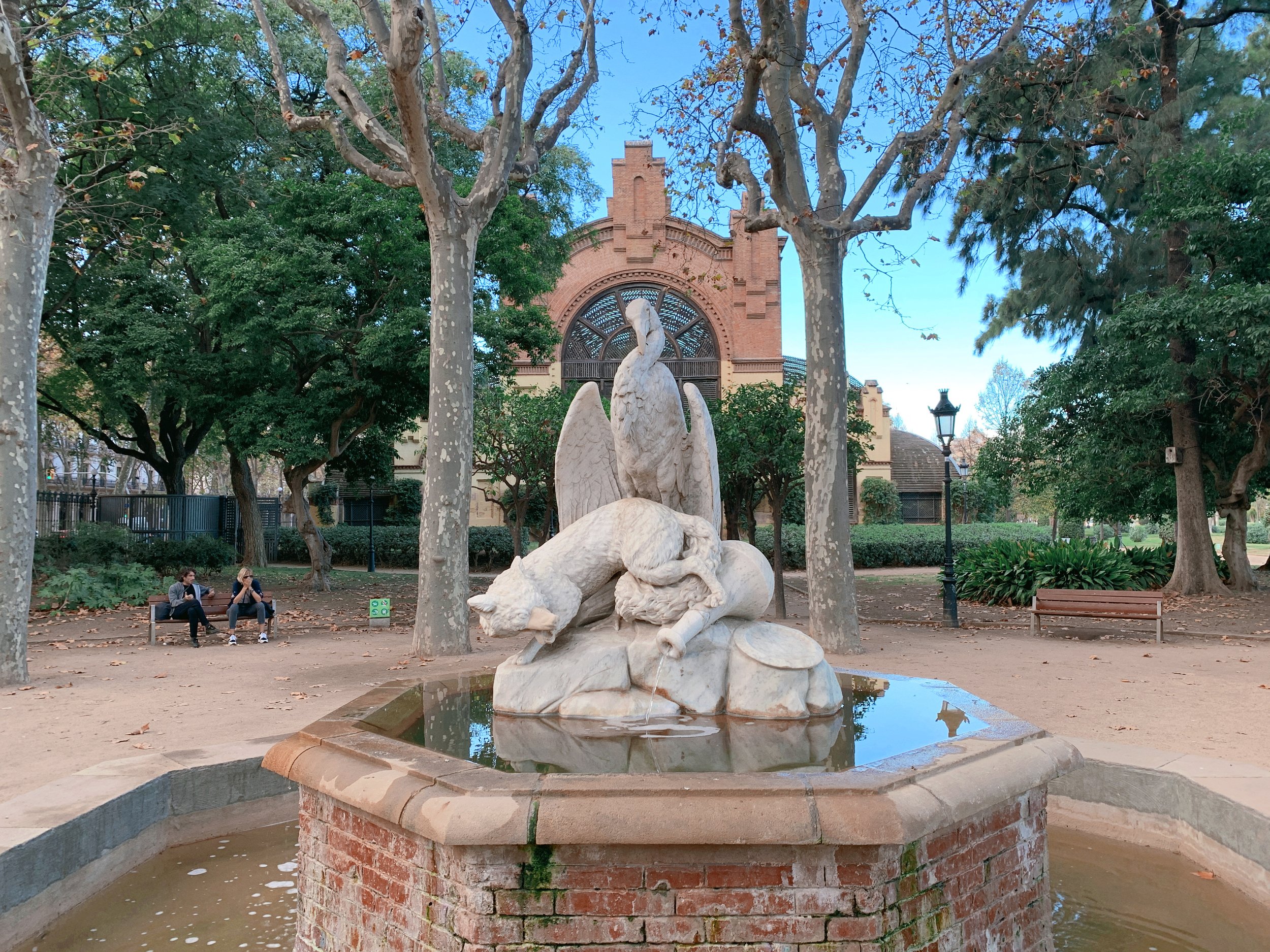Statement on Contributions to Advancing Diversity, Equity, and Inclusion
To whom it may concern,
The questions arising from discrimination on account of race, gender, class, and other factors should be at the front of everyone's mind, especially for those benefitting from a position of privilege within their particular context. It is both a pleasure and stimulating challenge to be applying to work at an institution with a long and significant past and present of foregrounding these questions and concerns. My academic focus on art and ecology are two related disciplines where interesting developments of thought and stimulating discussions are taking place. These questions concerning diversity and inclusion, in my understanding, are happening at many simultaneous and overlapping scales, and as such, requires an open and intersectional approach for apprehending and addressing them meaningfully.
The context of North America, with its recent and ongoing violent history of colonization, genocide, slavery, and imperialism, sets the historical stage for these open questions around inclusion and diversity in institutional structures of power. Within a globalized world, with its many interdependencies, beyond the arbitrary notion of borders and Westphalian sovereignty, I believe there is a responsibility towards those, often who we don’t readily see, that we depend on for material needs—or more saliently, lifestyles. This is added to all the injustices and exclusions we do readily see at this late stage of settler colonial racial capitalism, and as such, requires of us a constant consideration and reevaluation of who is being mistreated, to what extent, and perhaps moreover, the structural conditions that predictably produce inequality and harm.
In my measure, an intersectional approach to apprehending and addressing interpellated and assumed subject positions, should produce a modesty in disposition commensurate with the complexity of mutable variables in relation in addition to a deeply committed vigilance to overcoming structural and cognitive biases according to historical and socially-constructed categories. I believe it’s also important to understand that situated instances of oppressive and discriminatory relations don’t always map neatly onto other contexts and times. Or put differently, epistemologies for evaluating an intersectional matrix of interpellated socioeconomic relations, requires different variables over time and space, and let's do our best to be calm, kind and open to others’ views and considerations as we stumble resolutely through the process.
Ecology as a discipline asks us to consider what gets included in our often neoliberal accounting of life, against the backdrop of cascading anthropogenic mass extinction. This diversity of more-than-human concerns and our increasing ability to sense them, in the larger, co-determined picture of life on earth, has demonstrated an interdependency at the ontological level. This diverse and inclusive picture of mass extinction is driven asymmetrically at many levels, including by the transnational or even extranational and becoming-extraplanetary configurations of power. This complicates our understanding, while certainly not diminishing our immediate personal, social and situated obligations to address these concerns in the ways we are able. Taking diversity and inclusion seriously, through an ecological lens, asks us to continually look outside our received ideas and ethical frameworks, as our technologies—broadly speaking—make apparent the extent of our entanglements and responsibilities.
As far as my own positionality within this, it could be understood as a particularly diverse and complex set of social relations. I’m cautious about reinscribing historical categories, while remaining aware of their ongoing implications. My sense of identity is provisional and I’ll endeavor to offer a partial understanding here, to both address the invitation to describe how I might contribute to Berkeley’s commitment to inclusion and diversity and also to offer a complex and intersectional approach towards expanding how identity might be constructed, deconstructed, reimagined and recontextualized.
My father could be interpellated as a dark-skinned Arab Jew, who was born in a recently colonized Palestine, after the horrors of antisemitism, war, and attempted-genocide caused waves of migration around the world. His father was born in Afghanistan en route from Uzbekistan to Palestine. His mother was born in Yemen and fled to Palestine with her family, leaving behind entirely the life they had built on the Arabian peninsula. These poorly understood histories exist outside of the Sephardic/Ashkenazi dominant narrative that obscures a variegated understanding of diasporic Jewishness. Learning about my family history has proven difficult as there is a lot of trauma, suppressed memory and mental illness present in the surviving generations. One of my interests in being in the academy, is continuing to study the histories of my family, particularly along the Silk Road, and in relation to the so-called revitalization of China’s Belt and Road Initiative, that is reorganizing world trade and culture, alongside the hypercultural reconfigurations of the internet age.
My father emigrated to New York City, without any educational degrees, after finishing his obligatory military service as a medic. He still lives in New York where he could be partially understood as an anti-Zionist, atheist, secular Jew who prides himself on a liberal conception of diversity and inclusion, with many different relations across the socioeconomic and political spectrum. I imagine if he read this though, he would feel limited, flattened and off put by these crude characterizations, for what I understand as a distrust of the essentialized taxonomy of human subjects, situated in a western colonial cosmology.
My mother, who passed away when I was a teenager, came from a working class family of Irish Catholics, who emigrated a couple generations earlier to New York City, after conditions in a colonized Ireland became untenable. They lived their life in challenging economic and social conditions and my grandfather joined the military to escape—paradoxically, what has been described as a fear of violence in Hell's Kitchen. My mother, after being raised itinerantly in the military, got herself through law school, overcoming many barriers in the process, and bought a small apartment in a walk-up brownstone in Manhattan where I grew up, and attended the International Preschool, the United Nations school and number of public high schools including Bronx Science and the Institute for Collaborative Education. Each of which were explicitly concerned with diversity, alternative pedagogy and intercultural exchange.
My parents moved tenuously into the middle class, overcoming racial, cultural, and economic barriers in the process, and if my adult life so far has been any indication, I’m poised to mark a generational regression in class position, with career aspirations that focus primarily on the overcoming of capital relations and ecocide, coupled with student debt and the cost of living in the Bay Area.
In a less economically vulgar reading, anisotropically, of the available historical data, one could suggest that my mother’s cultural aspirations exceeded her financial ones and that while I’ve accumulated more debt than capital, some qualitative aspects of life are improving generationally—though I don’t really subscribe to this kind of teleology. Another reading might offer that my mother suffered through the unrelenting misogyny of a toxic work environment, laboring full-time for a corporation who produced almost nothing of value to her or posterity and that afforded me the ability to educate myself up to the point of understanding the planetary urgencies we’re faced with—particularly my teenage daughter—and be in a position to access student loans and precarious academic pay, so as to better determine my time, interests and company, while drifting ever further away from the middle class comforts my mother fought to secure for us (a fantasy built on largely under-examined forces of dispossession and exploitation). Perhaps living in Berkeley, teaching and having time to go to the farmers market and museum with my daughter could be understood as a class shift in quality of life, while in classical economic theory it marks a class demotion. This tentative reading suggests a mutability of valuation and valances for the coordinates we include in a class-based analysis of subjectivity, and cautions against the unthinking valorization of the hegemonic ideals of neoliberal capitalism. My wife, who lived much of her life as an undocumented migrant unable to visit her children and grandchildren in Mexico, has a different set of criteria with which to evaluate these questions of inclusivity, access, class and mobility.
I don’t necessarily claim to be an Uzbek, Yemenite, secular Arab Jew and Irish Catholic New Yorker, with parents that came from working class backgrounds and tenuously joined the middle class, even if I can understand these designations historically. It’s really a lot, and at the same time, not nearly enough, and I don’t feel any authority on the matter. I’d like to learn more, and think Berkeley would be a good place to do so. I believe teaching is largely about mutual learning, and in the context of the liberal western university, I aspire to create safe open spaces of consideration, dialogue and sharing, to better understand the complexities of our world and responsibilities to it.
Kind regards,
Perry
